The principality nestled amongst the mountains that line the southeastern coast of France is a name that’s known worldwide. Monaco. Synonymous with motorsport, and much less defined by motor racing, than defining motor racing itself (the parameters of a steering rack on a modern F1 car are designed around the tight Fairmont Hairpin, halfway through a lap of Monaco).
Undoubtedly one of the most prestigious car races on the planet, since 1929, the creme de la creme of drivers have tested their prowess around the thin ribbon of tarmac that intricately dances through streets lined with casinos, yacht clubs and architectural masterpieces from the belle epoque.
Unforgiving, exhilarating but ultimately rewarding in a sense unparalleled, to win at Monaco is seen as one of the greatest accolades a driver can attain in their career. As a spectator, there is nothing quite like it, a concrete amphitheatre, reverberating with the sounds of furiously revving engines, the sedate superyachts bobbing gently in the harbour a total contrast to the frantic racing on track.
An Evocative Recollection of Former Races
Celebrating these extra-special characteristics, recollecting former glories around the 3.37km track, the Monaco Historic Grand Prix hands centre stage to those cars that have acted out parts in many of its major scenes, now cemented in history, steeped in myth and legend.
Over the course of eight classes, close to two hundred cars were presented to battle tooth and nail around the city streets, ranging from pre-war classics, to the snarling three litre machinery that dominated the late 1970s and early 1980s. Class A1, for Pre-war Grand Prix cars and voiturettes, showcased machinery that was present in the formative years of the Monaco Grand Prix.
Indeed, the presence of a Bugatti 35B gave a nod to the winners of the first two races held at Monte Carlo both won by drivers in similar 35Bs, racing alongside Alfa Romeo and Maseratis, that were prevalent in these formative years.
2022 also sees the 70th anniversary of the only time the Monaco Grand Prix was opened up to sportscars, instead of the customary single seaters. Close to thirty glorious sportscars, dominated by the names Ferrari, Jaguar, Maserati and Lotus presented an evocative throwback to this unique, but sensational one-off in the history of Monaco.
Encroaching Modernisation
Moving the parameters for entry, to facilitate the entry of ever more ‘modern’ machinery, with Class G allowing entry for Formula One cars that competed between the years of 1981 and 1985. This marked quite a significant step in terms of the evolution of the event, with this era of racing seeing the rise of Alain Prost, and the infamous performance of Ayrton Senna at the wheel of a Toleman in driving rain, powering him to prominence on the world stage instantaneously.
This age of racing saw the most refined and latest versions of the iconic Ford Cosworth V8 DFV engine, which at the time was fighting against the newer turbo powered engines, instigated by Renault, which became the power unit of choice as the 1980s pressed on. Here then, was a chance to see a grid demonstrating the power of that most modern of DFV iterations, with two Tyrrell 011s amongst the ranks, the last car to win with a DFV power unit, at the hands of Michele Alboreto in Detroit.
Tribute to Colin Chapman.
Marking 40 years since the death of one of the most important names in Formula One history, special emphasis was placed on the huge influence of Colin Chapman, founder manager and chief designer of Lotus.
With over 35 Lotus cars presented at Monaco, contesting in seven of the eight grids, his undeniable impact on the top tier of racing was well represented, Lotus cars taking podiums in half of the races, with a majestic 1-2-3 in Class G, a fitting tribute to one of the legends of Formula One.
Modern Virtuosos
Perhaps reinforcing the relevance and importance of the Monaco Historic, the two drivers currently battling at the top of Formula One, current champion Max Verstappen, and local boy Charles Leclerc were both in attendance.
Drawn by the unbridled passion for pure racing, Verstappen was seen walking the pitlane, admiring the post-81 cars, whilst Leclerc treated spectators to demonstration laps in the ex-Niki Lauda Ferrari 312B3, setting a hot pace, with Jacky Ickx piloting a 312B closely behind. Making instant headlines around the world, a brake failure saw Leclerc lose the car, contacting the barriers on the outside of Rascasse.
A Photographer’s Paradise
As a photographer, Monaco presents an intoxicating blend of challenge and reward. Awkward and unrelenting to navigate, with a tangled web of catch fencing and armco lining the track, there are however unrivaled opportunities at a street circuit.
Monaco offers a terrifying proximity to the on-track action, so close in fact, that at times the camera is forced to shake by the air cast away by a car passing no more than 20cm away from the lens.
To stand in the tunnel, connecting Portier and Nouvelle Chicane, the dark, and cool air may provide brief respite from the searing heat that engulfed the circuit all weekend, but the earth shattering noise, as a pack of screaming DFV powered cars scream past, is nothing less than life changing. One has to look beyond the temporary hearing loss, to focus on capturing the action.
In a way reminiscent of how Monaco presents a challenge for drivers, photographers too have to negotiate a very particular and demanding set of challenges, but in lieu of a race win, capturing the heroics on track in a unique and phenomenal setting such as this, offers a fine reward in its own right.
2022 Grand Prix Monaco Historique Race Results
Series A1 – Pre-war Grand Prix cars and voiturettes
- First Place – Mark Gilles – ERA R3A
- Second Place – Anthony Sinopoli – Maserati 6CM/4CM
- Third Place – Patrick Blakeney-Edwards – Frazer Nash Monoplace
Series A2 – Front engined Pre-1961 Grand Prix cars
- First Place – Claudia Hurtgen – Ferrari 246 Dino
- Second Place – Tony Wood – Tec-Mec F415
- Third Place – Guillermo Fierro-Eleta – Maserati 250F
Series B – Rear engined 1500cc Grand Prix cars 1961-65 & F2
- First Place – Joe Colasacco – Ferrari 1512
- Second Place – Christopher Drake – Cooper T71/T73 Ford
- Third Place – Andrew Beaumont – Lotus 24 Climax
Series C – Front engined Sports Racing cars 1952-57
- First Place – Frederick Wakeman – Cooper-Jaguar T38 MK2
- Second Place – Lukas Halusa – Maserati 300S
- Third Place – Guillermo Fierro-Eleta – Maserati 300S
Series D – 3 litre Grand Prix cars 1966-72
- First Place – Stuart Hall – McLaren M19A
- Second Place – Michael Lyons – Surtees TS9
- Third Place – Jordan Grogor – Matra MS120C
Series E – 3 litre Grand Prix cars 1973-76
- First Place – Stuart Hall – McLaren M23
- Second Place – Marco Werner – Lotus 76
- Third Place – Michael Lyons – McLaren M26
Series F – 3 litre Grand Prix cars 1977-80
- First Place – Michael Lyons – Hesketh 308E
- Second Place – Michael Cantillon – Tyrrell 10
- Third Place – Lee Mowle – Lotus 78
Series G – 3 litre Grand Prix cars 1981-85
- First Place – Marco Werner – Lotus 87B
- Second Place – Michael Lyons – Lotus 92
- Third Place – Nick Padmore – Lotus 88B


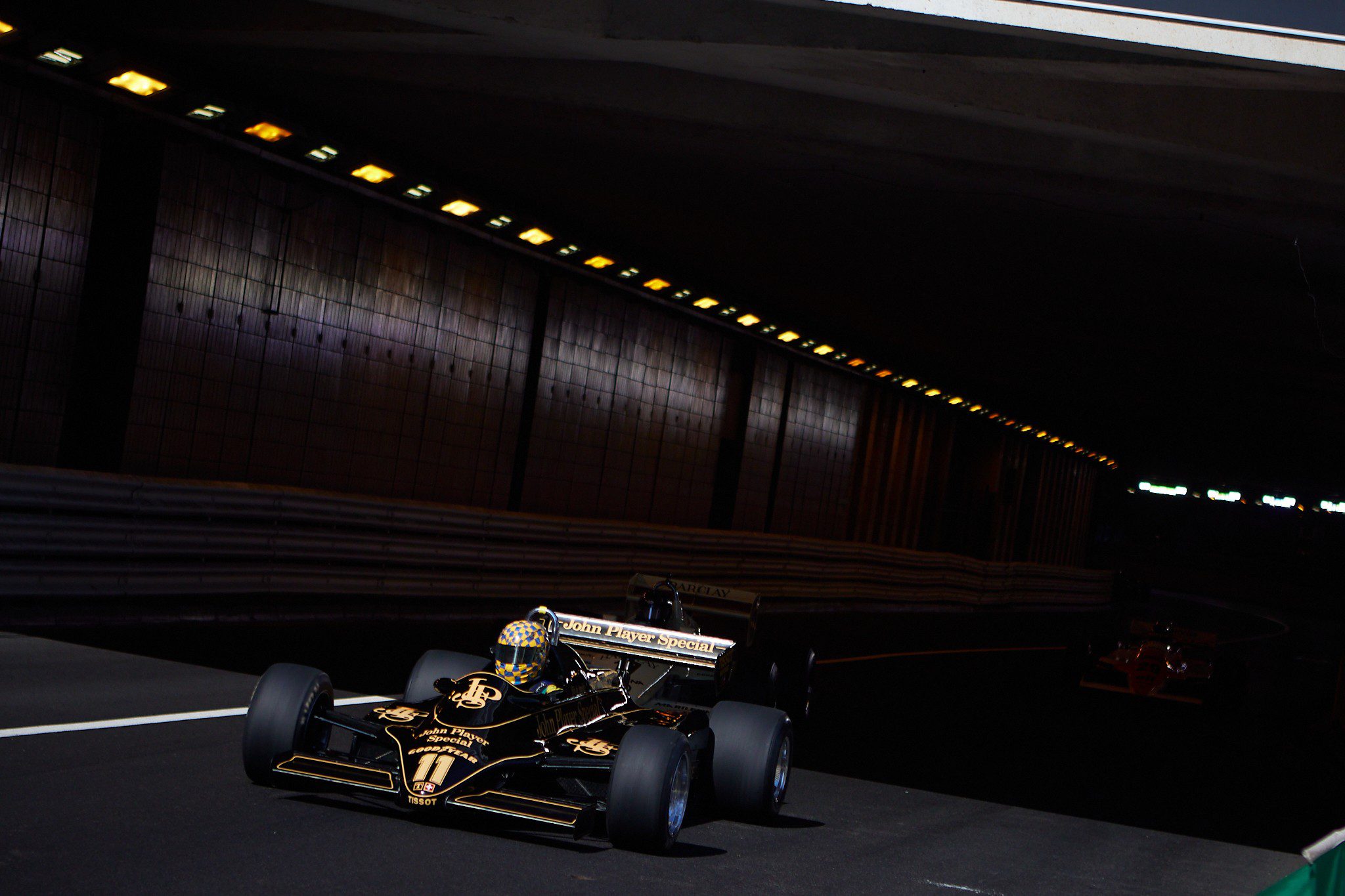

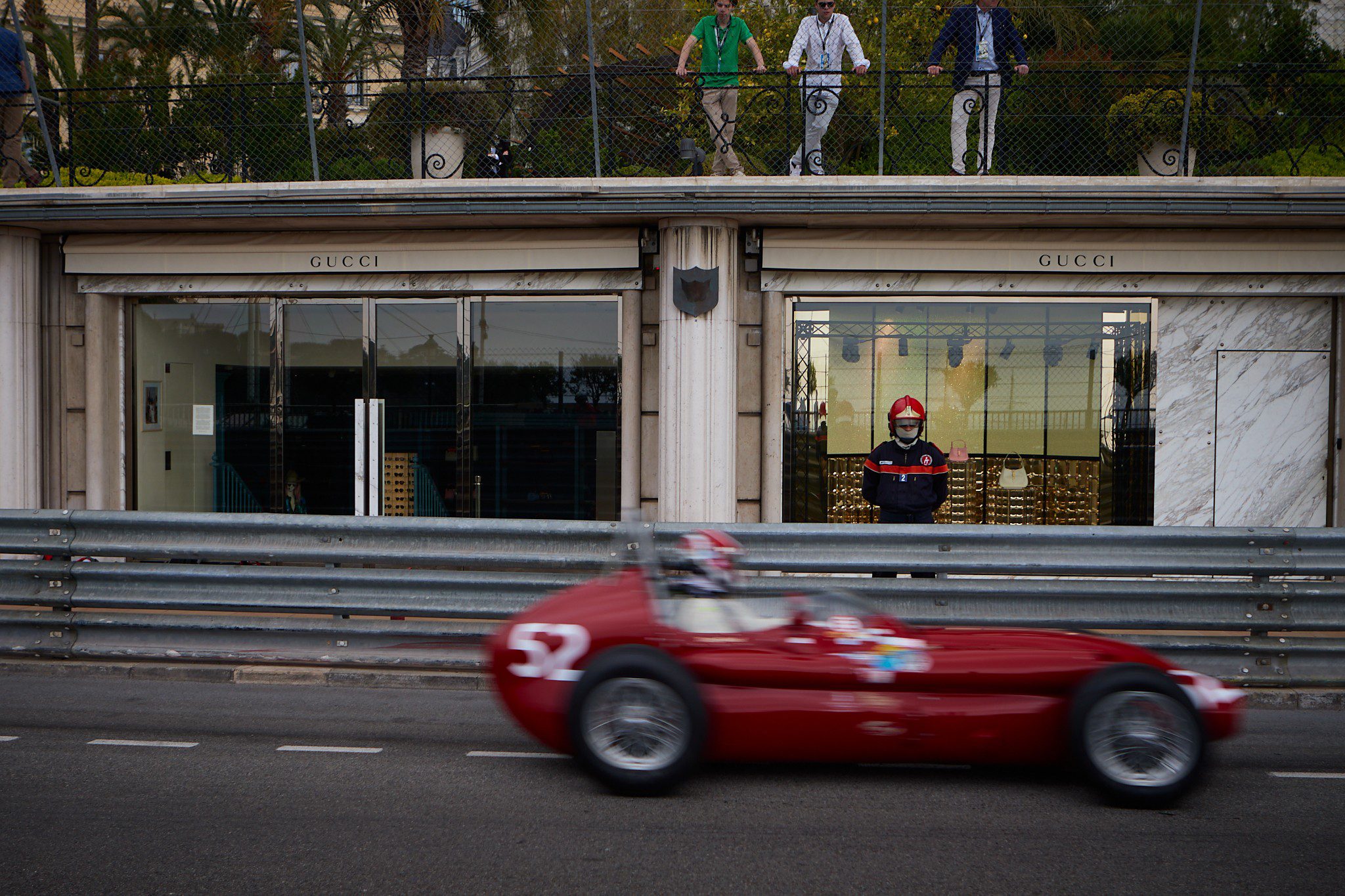
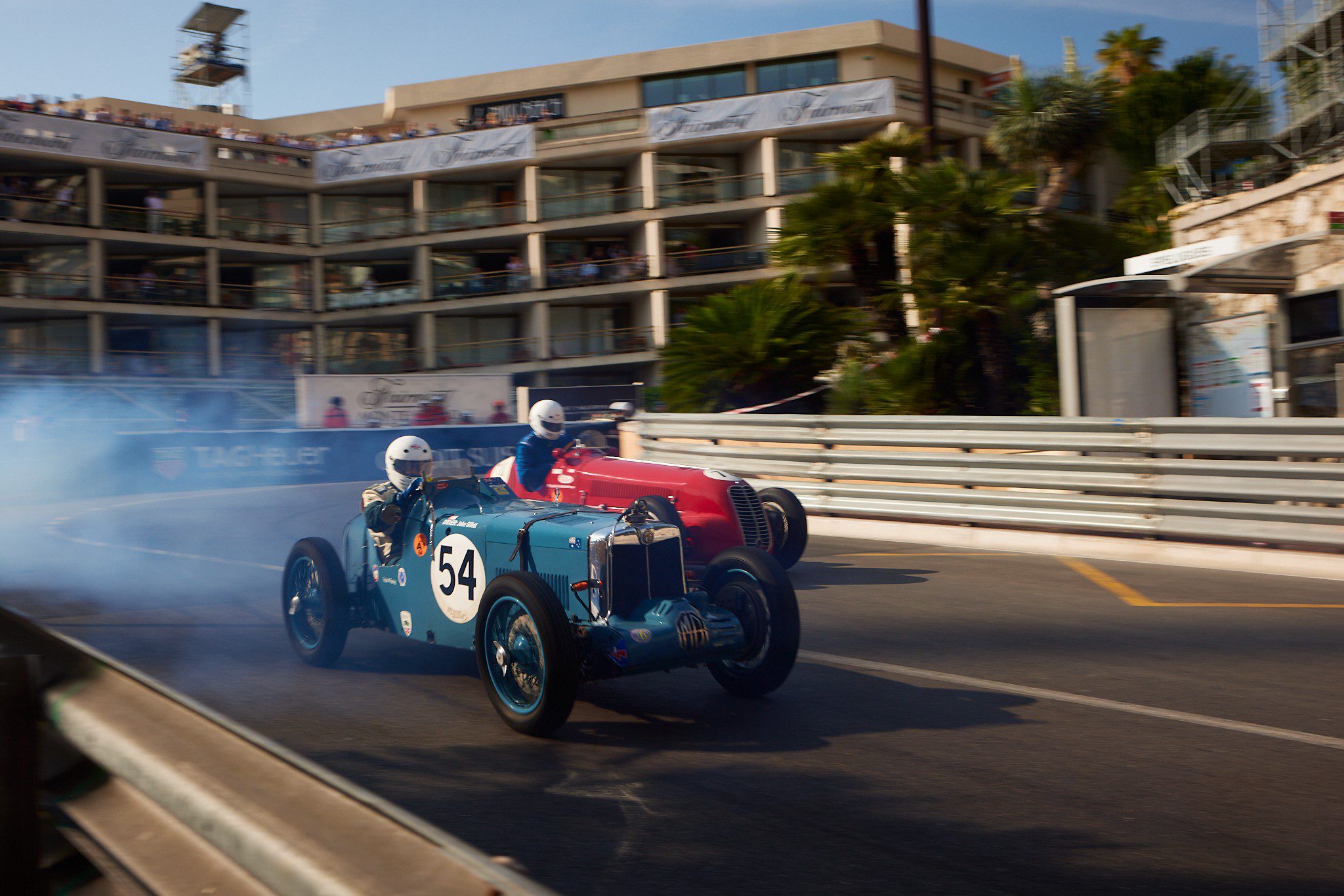






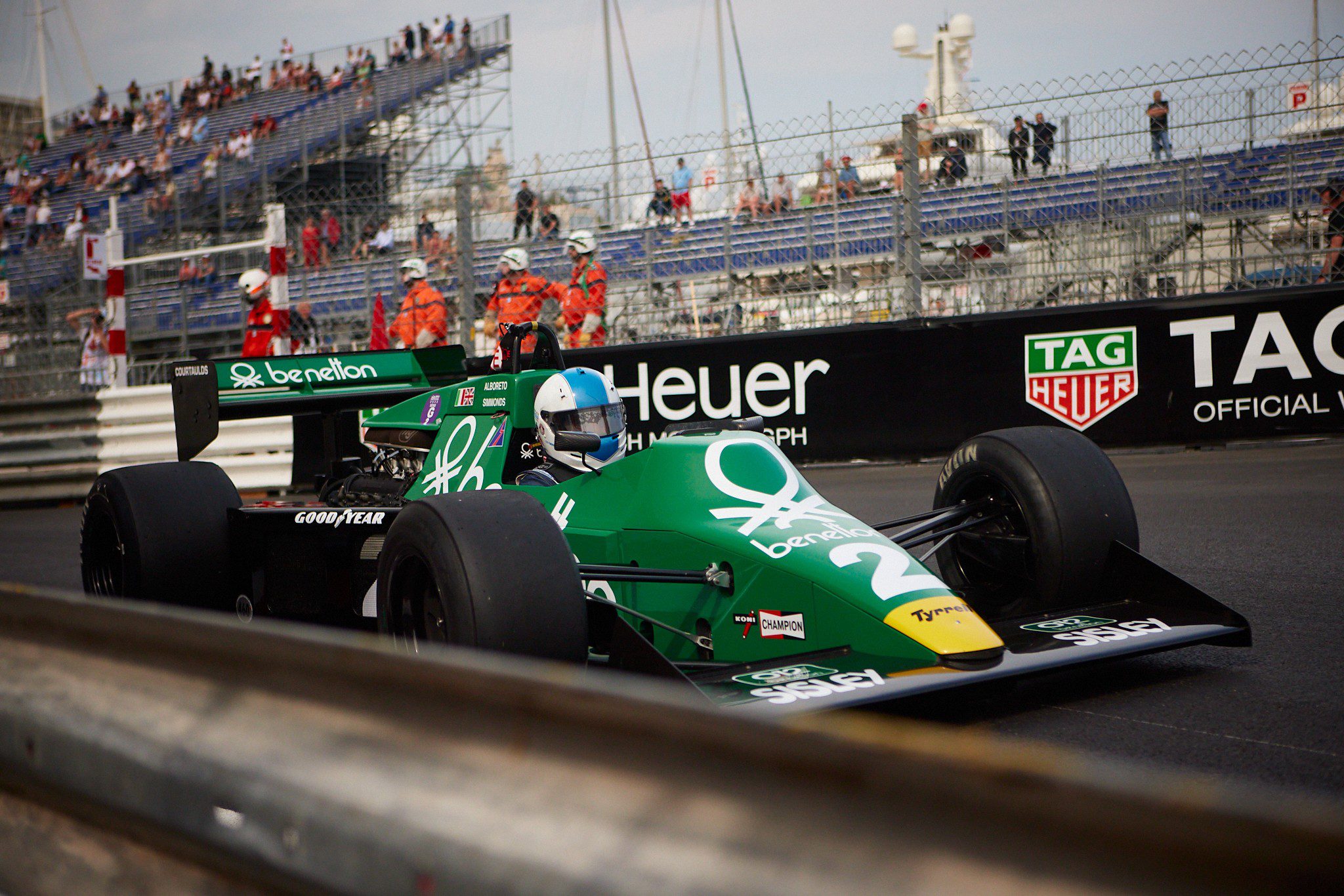
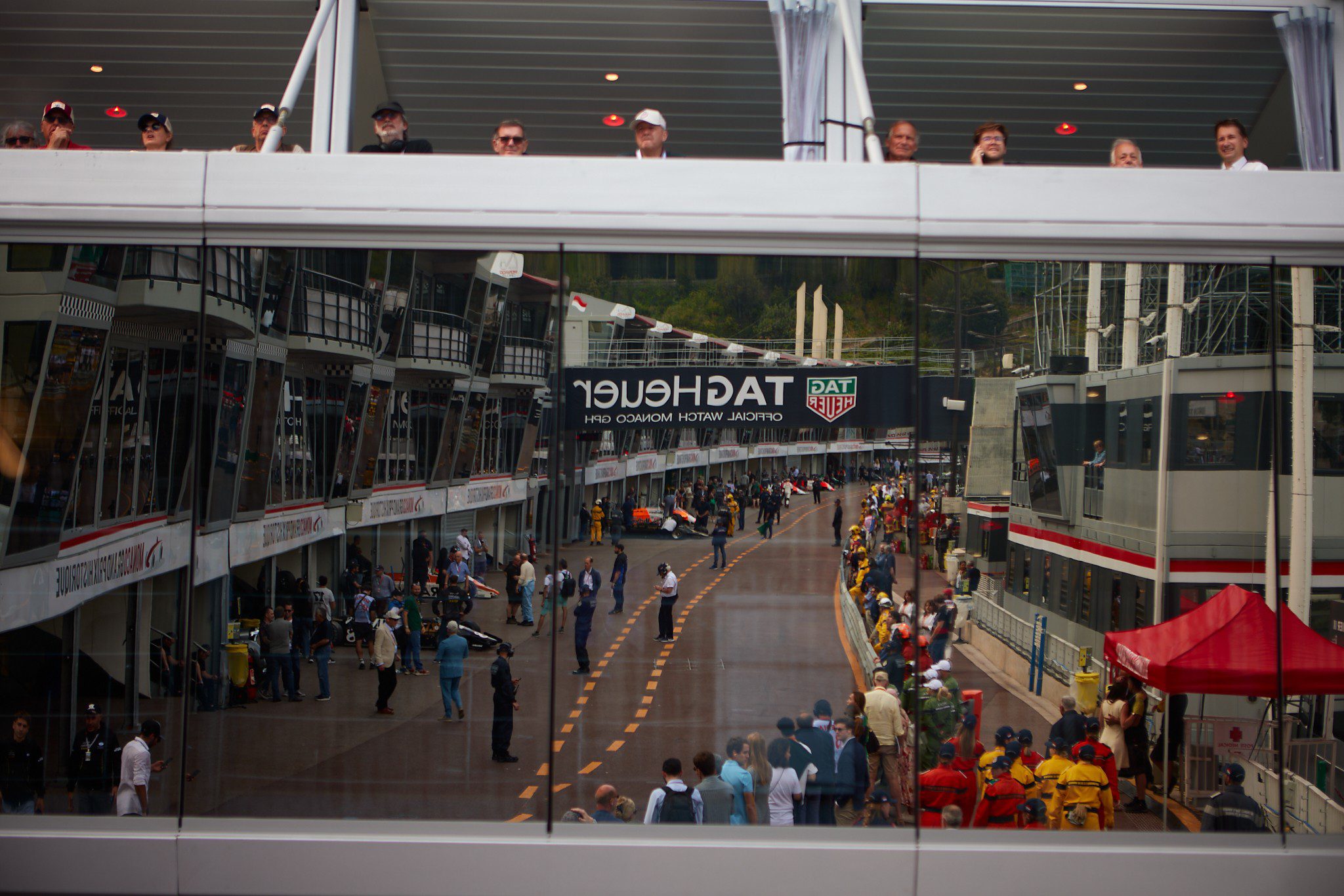
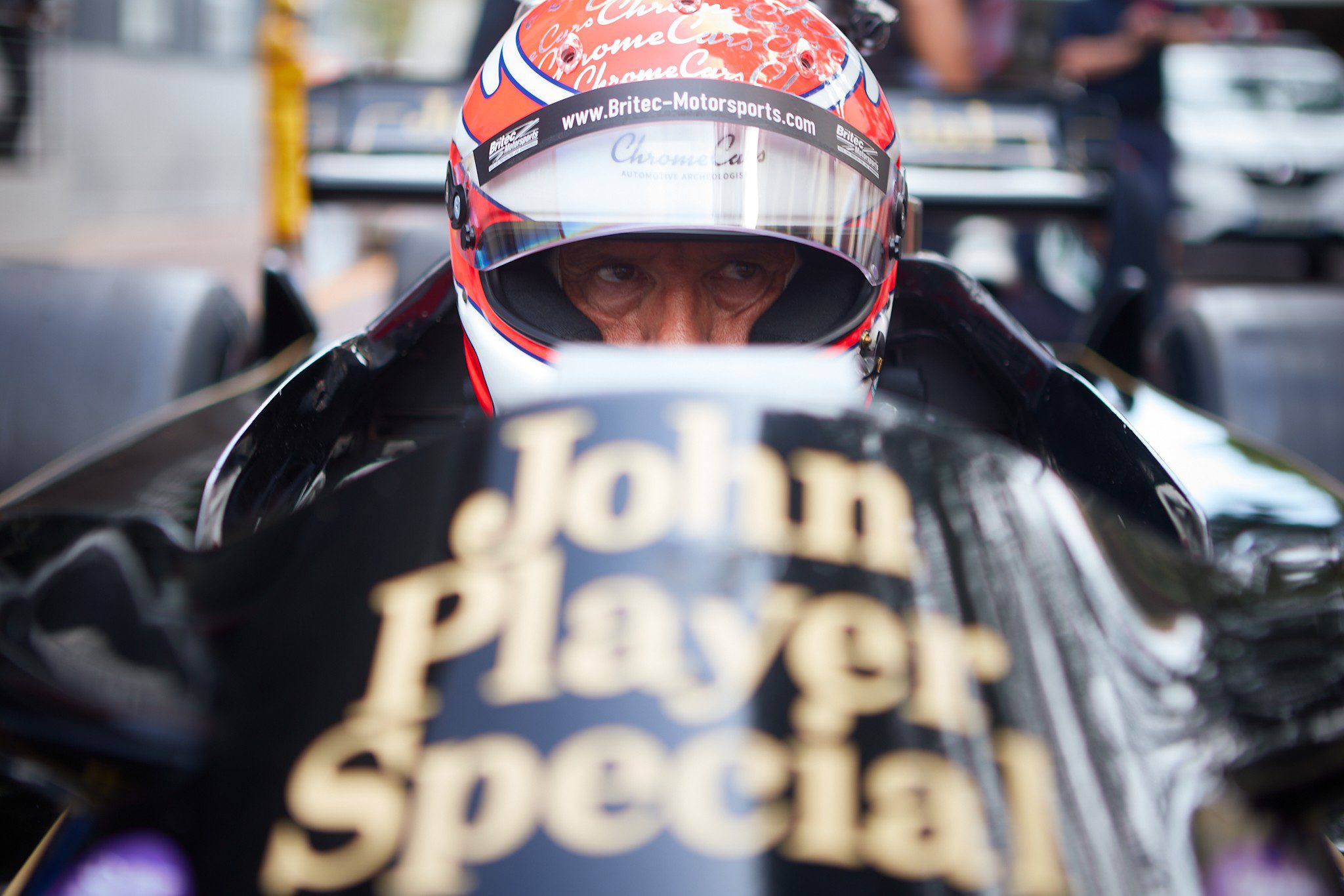
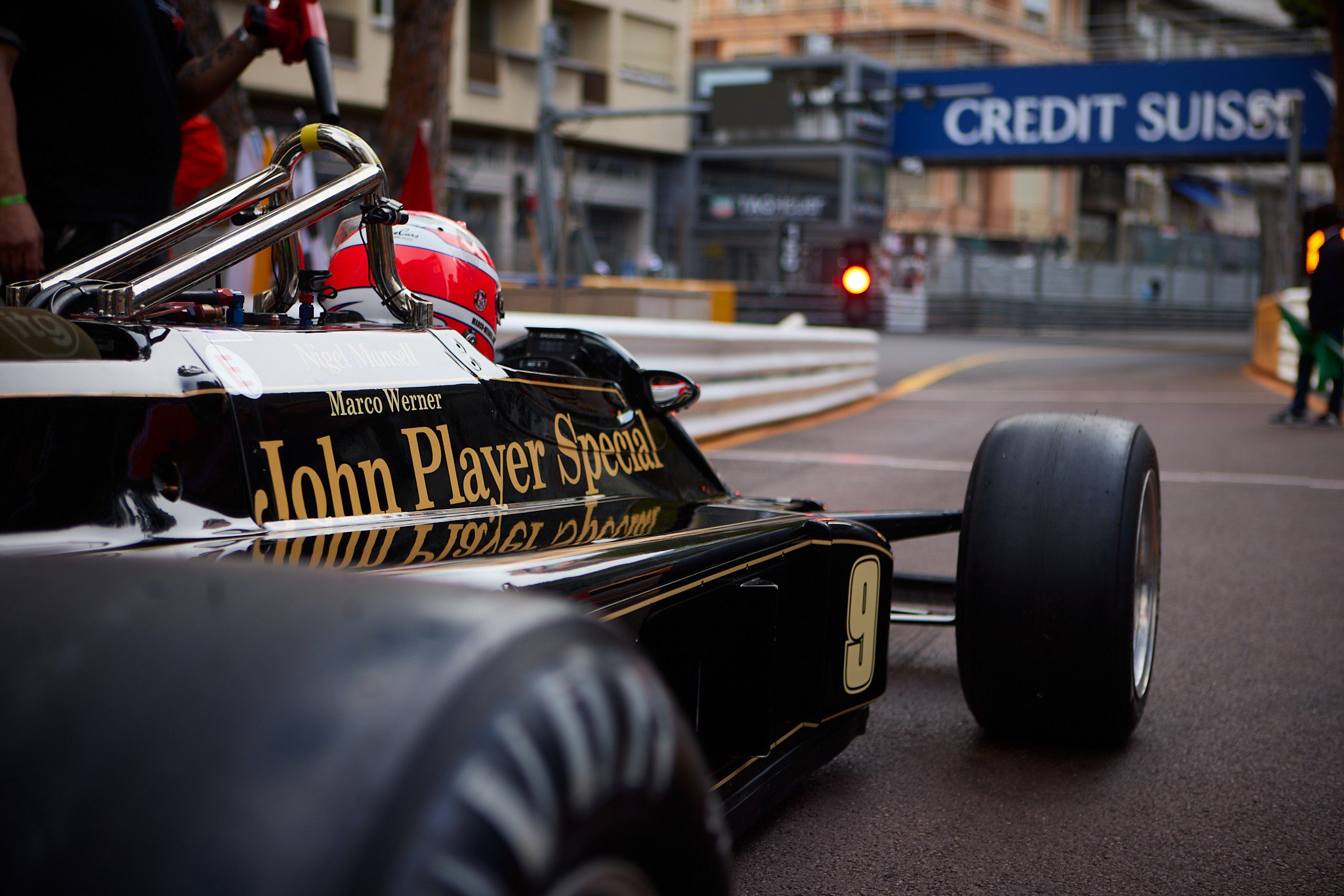
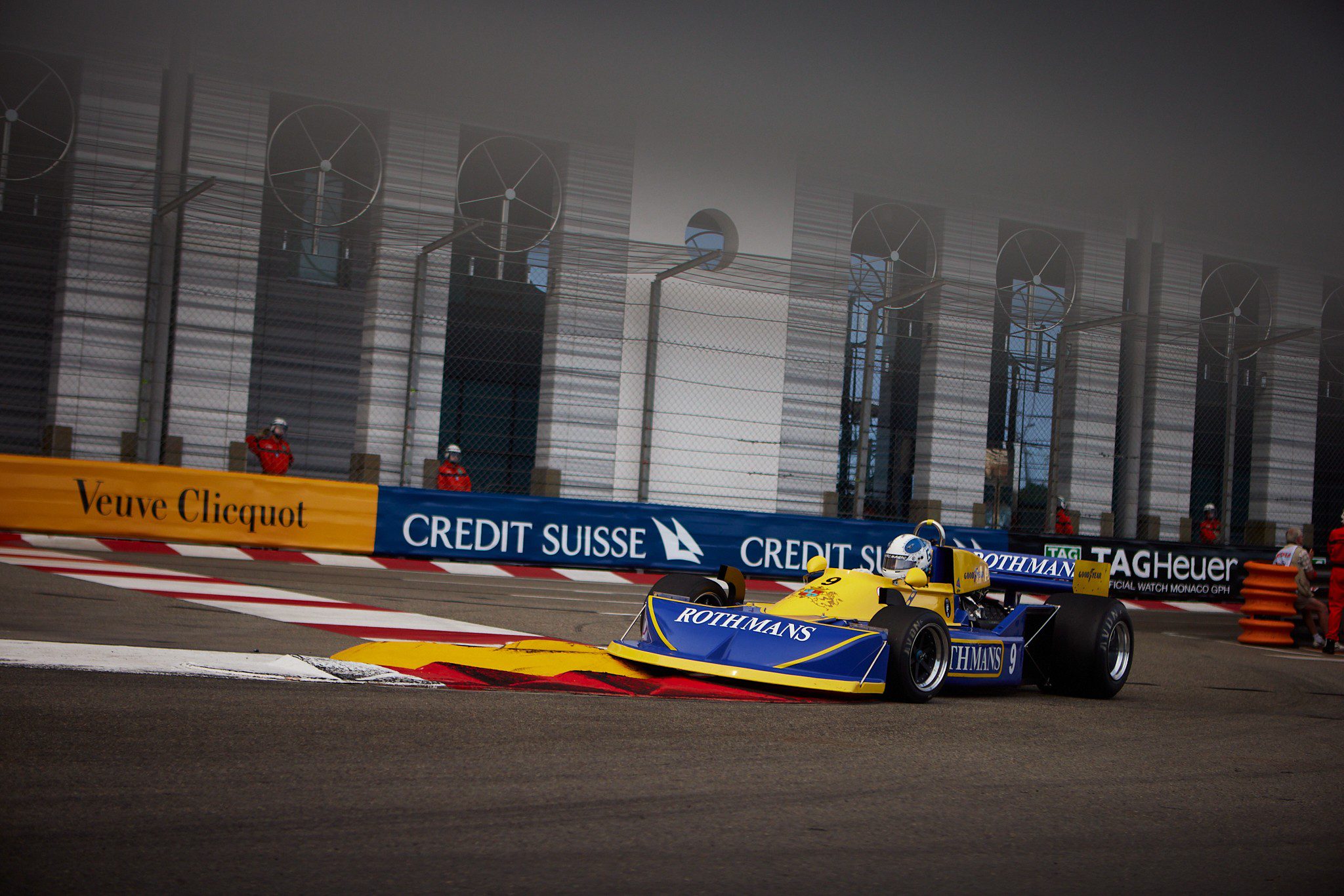
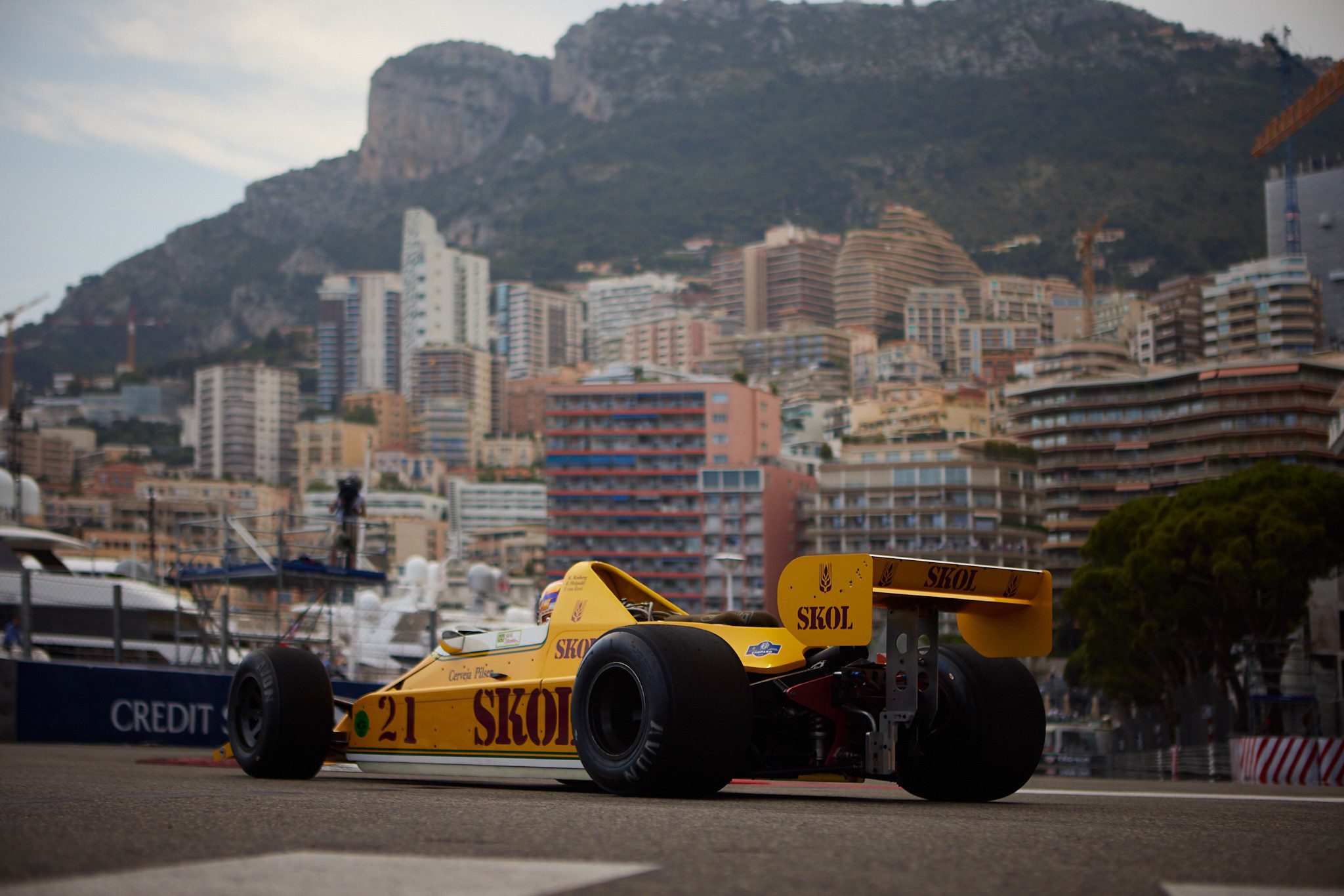
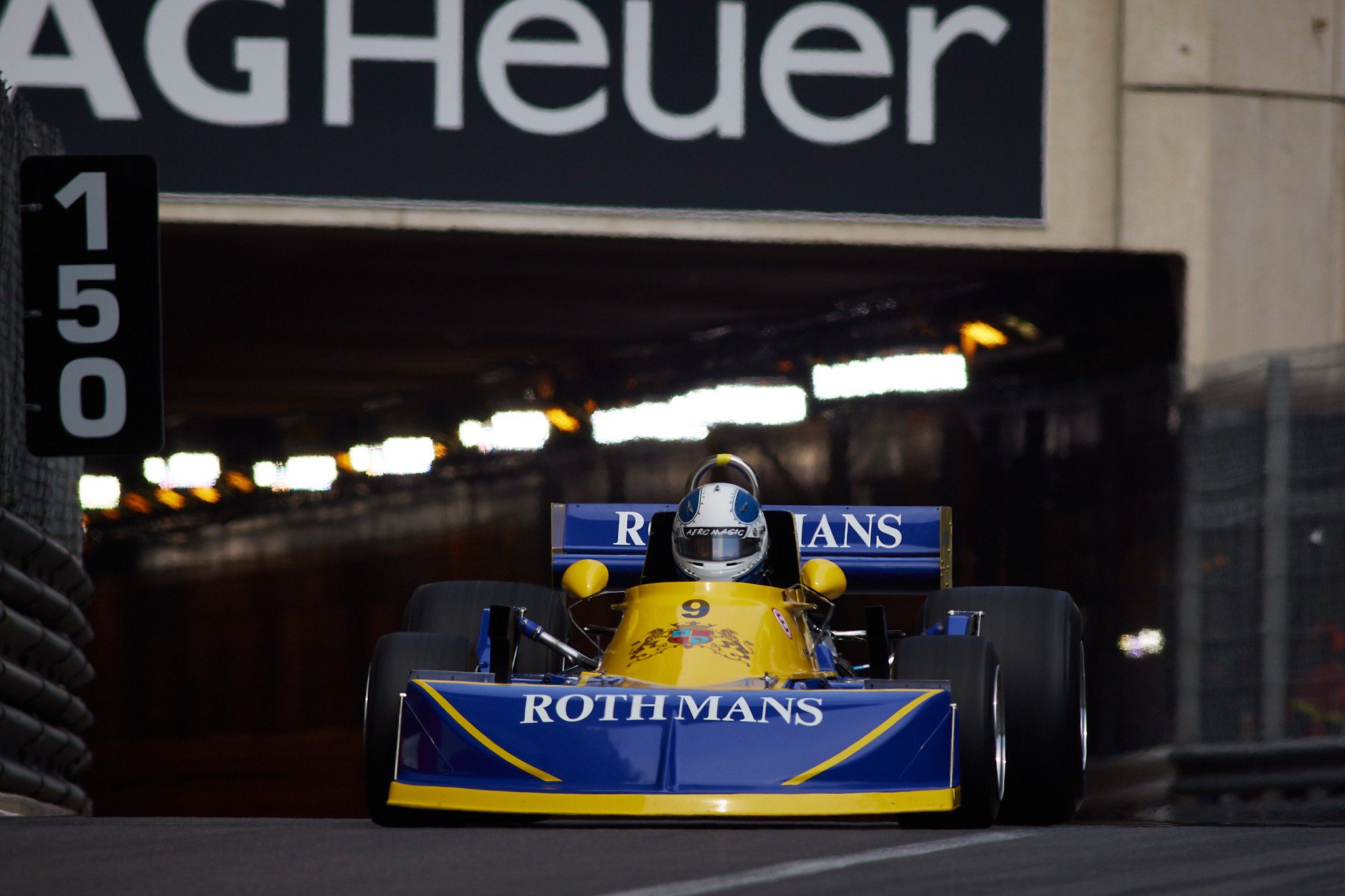
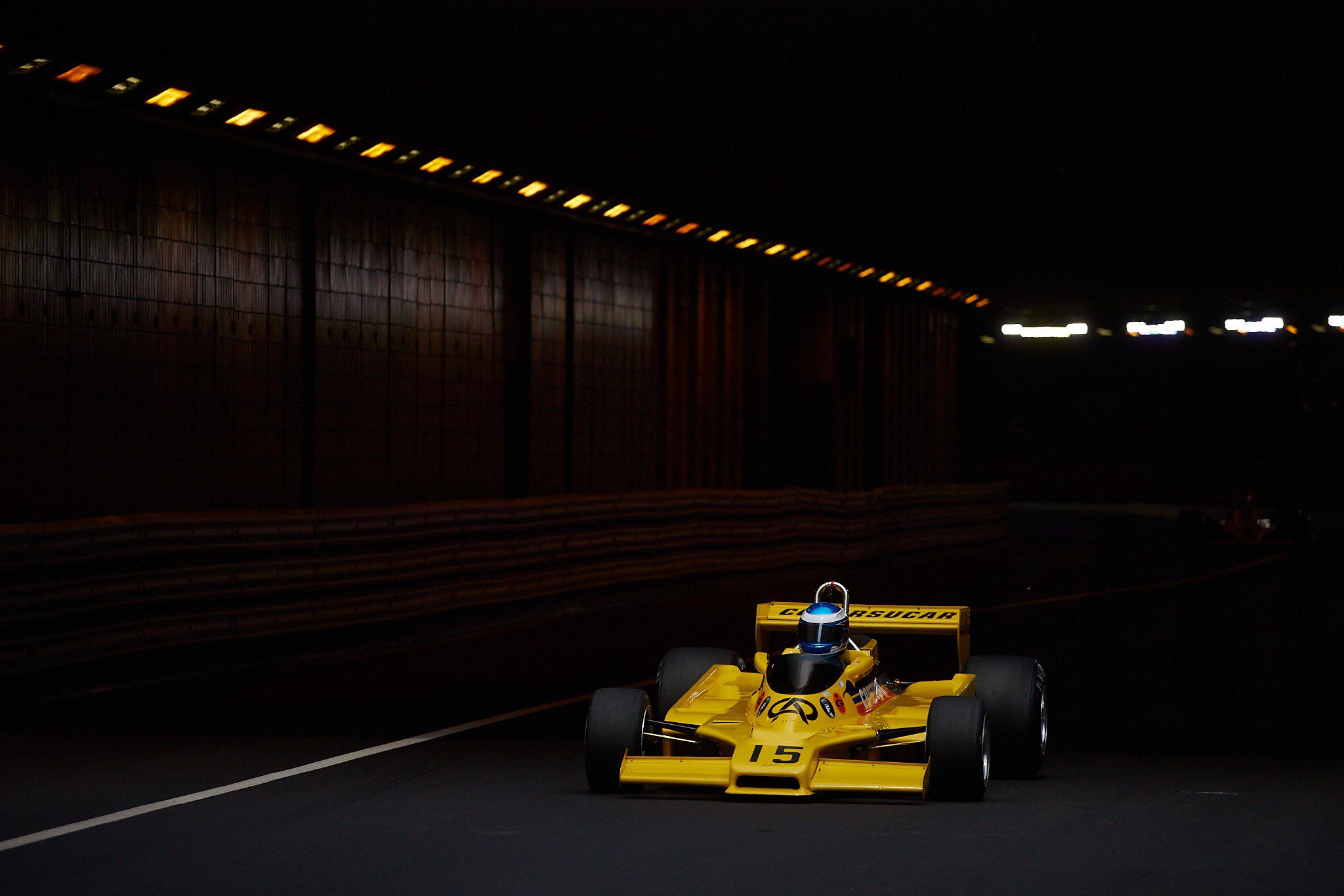
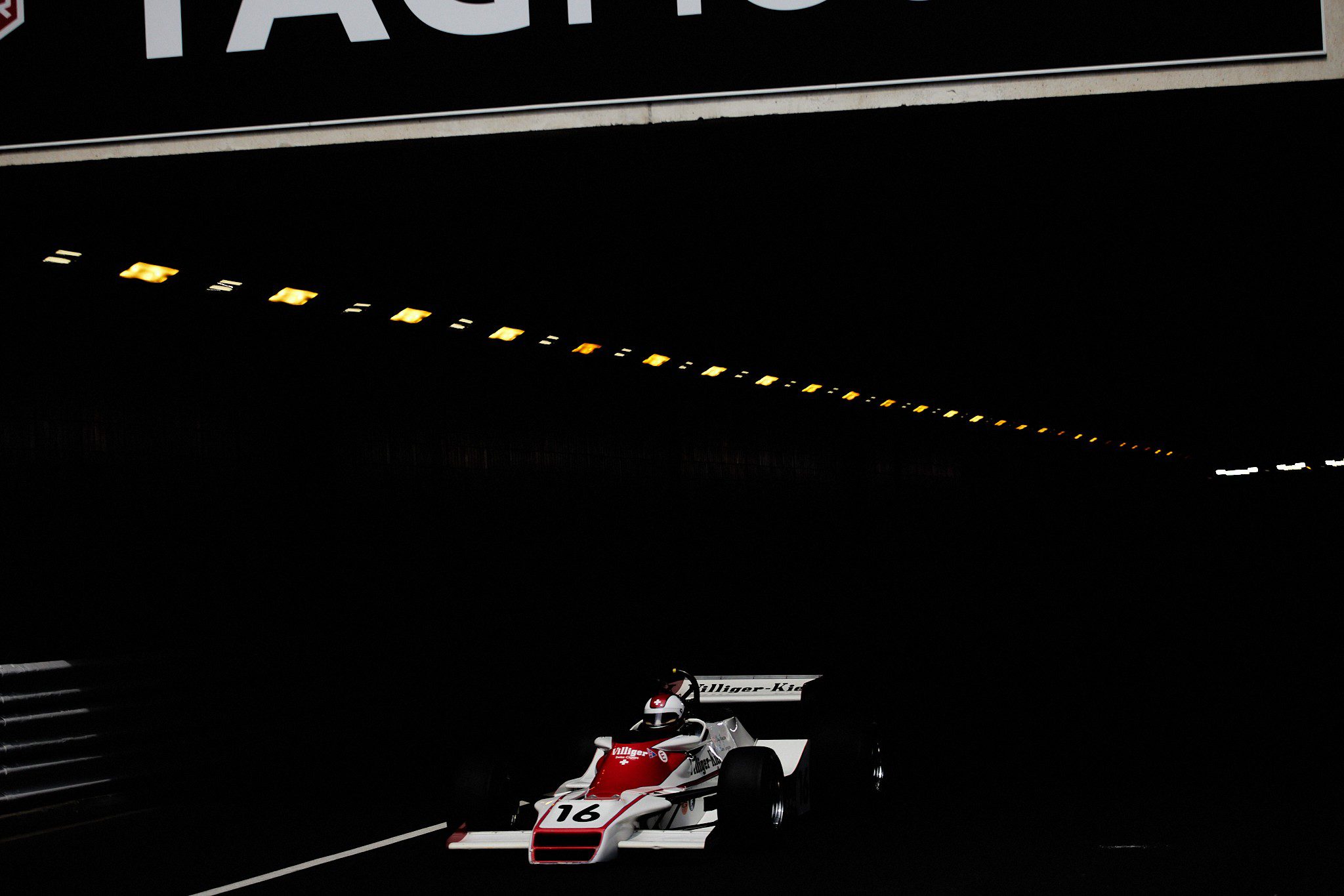
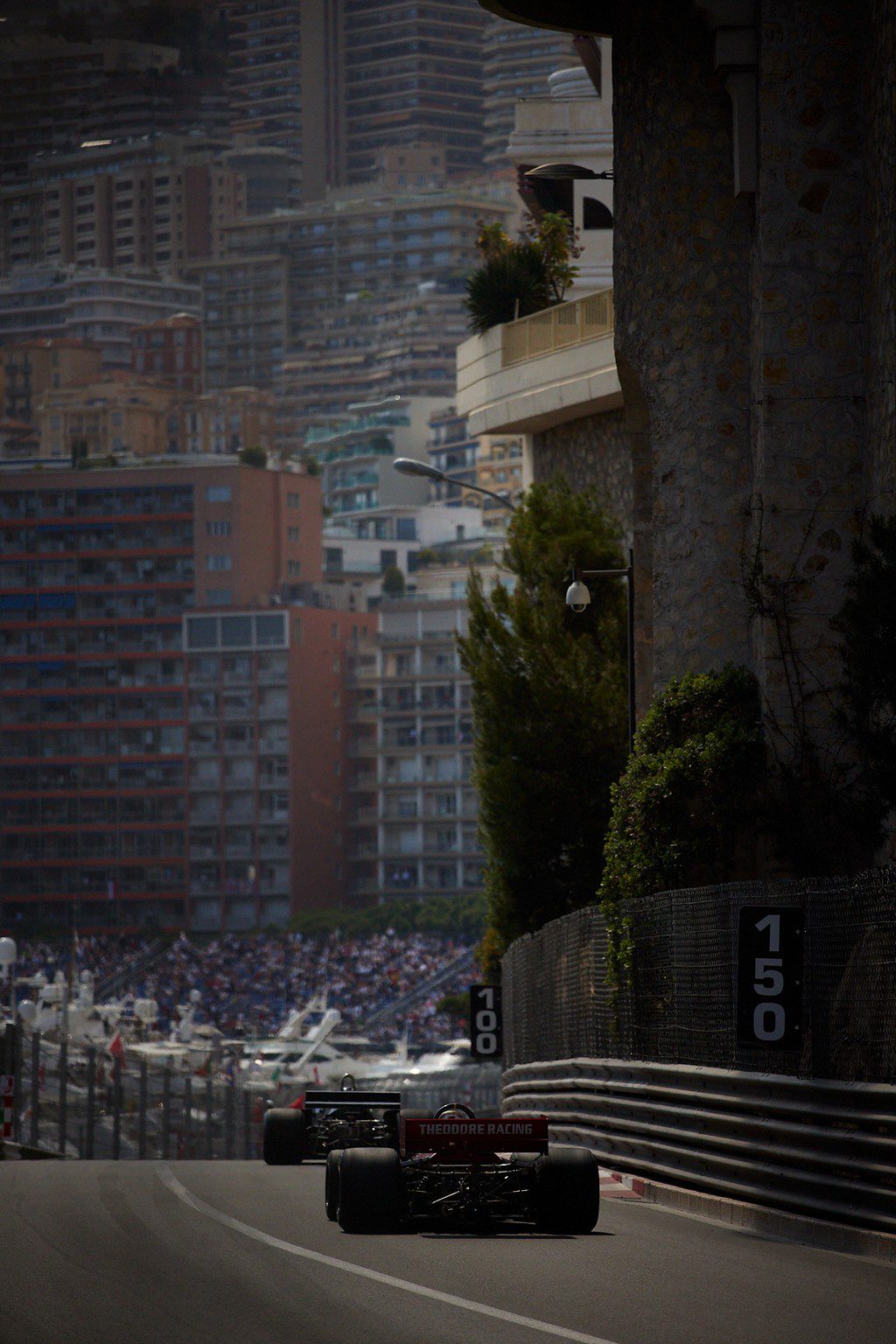
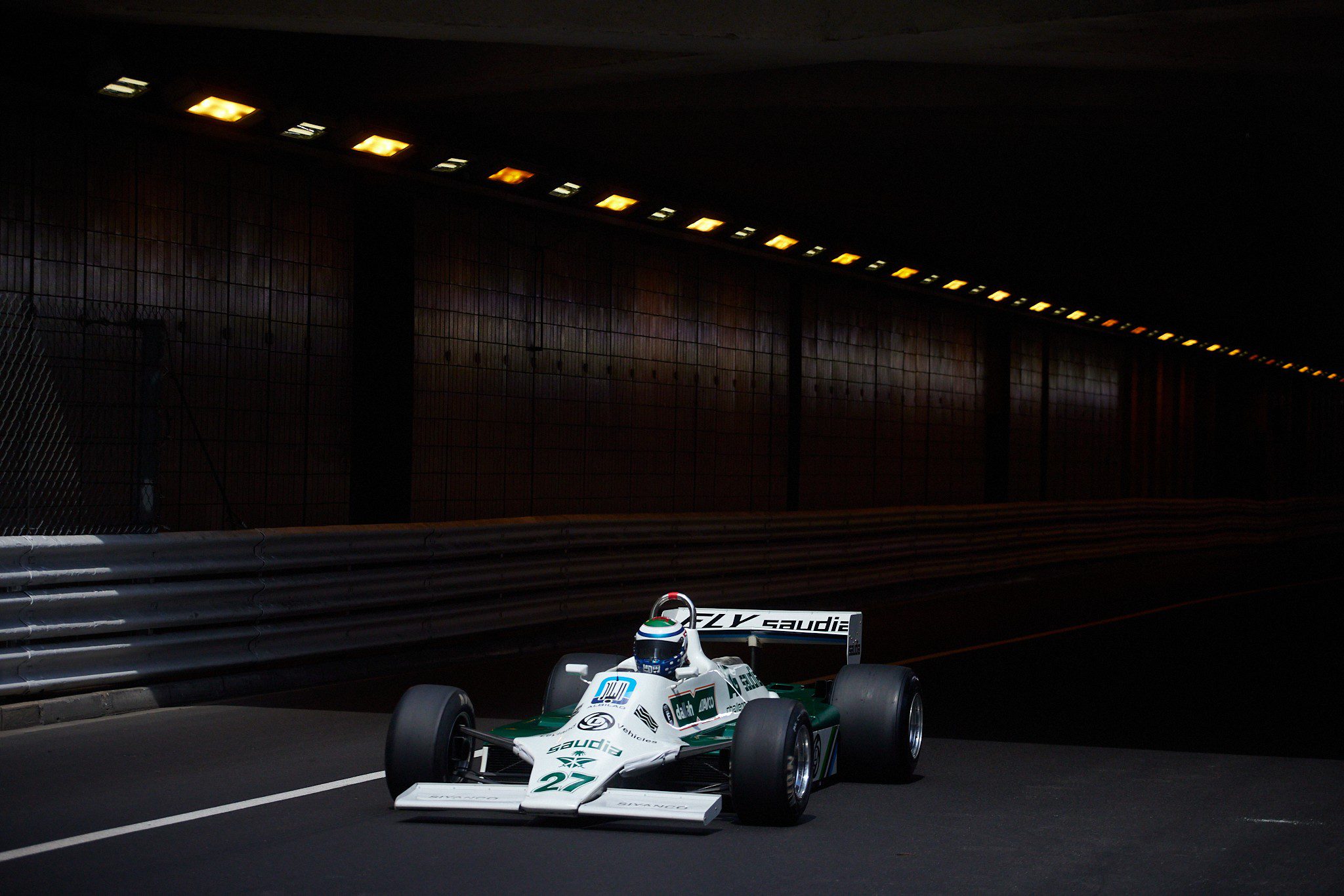
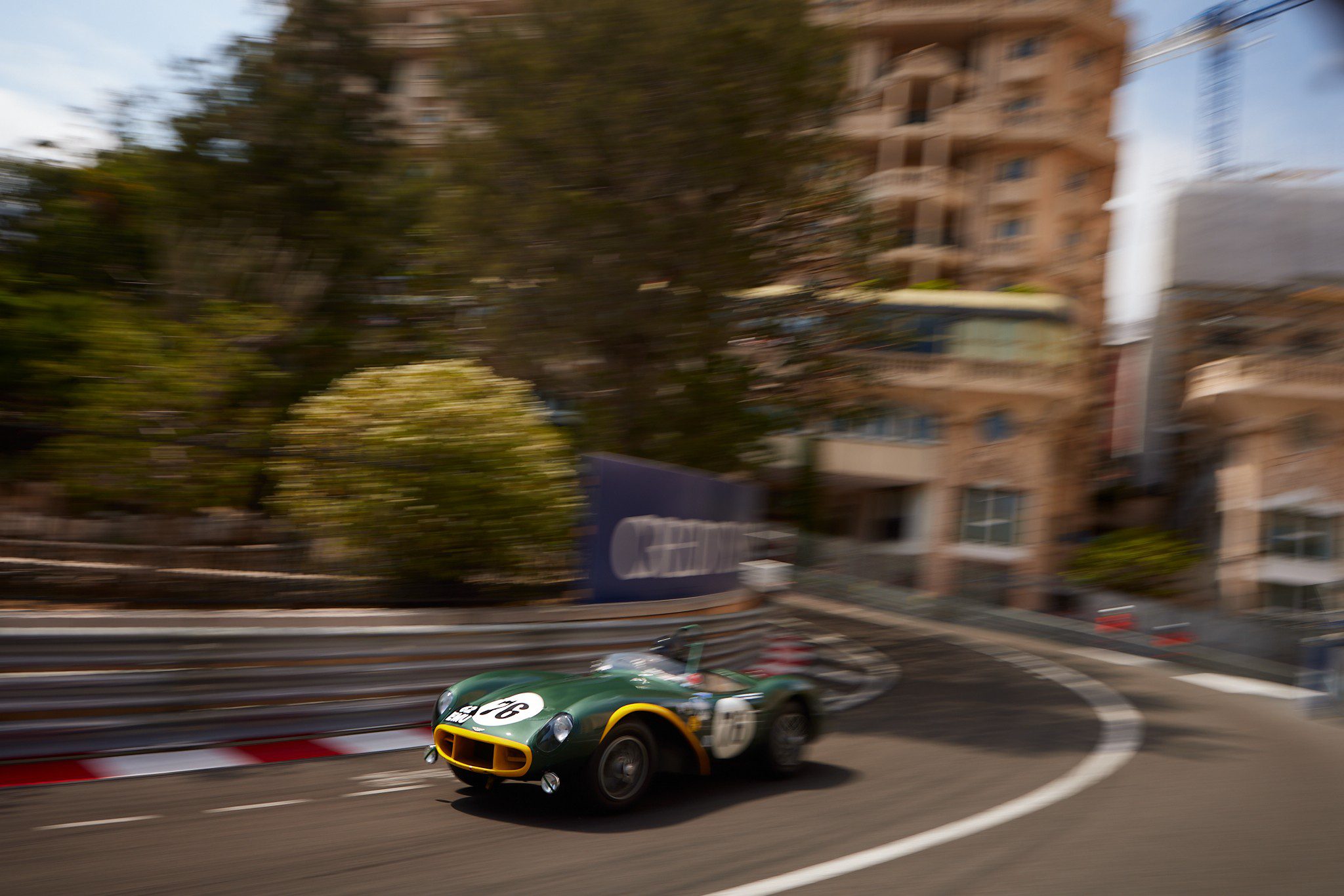
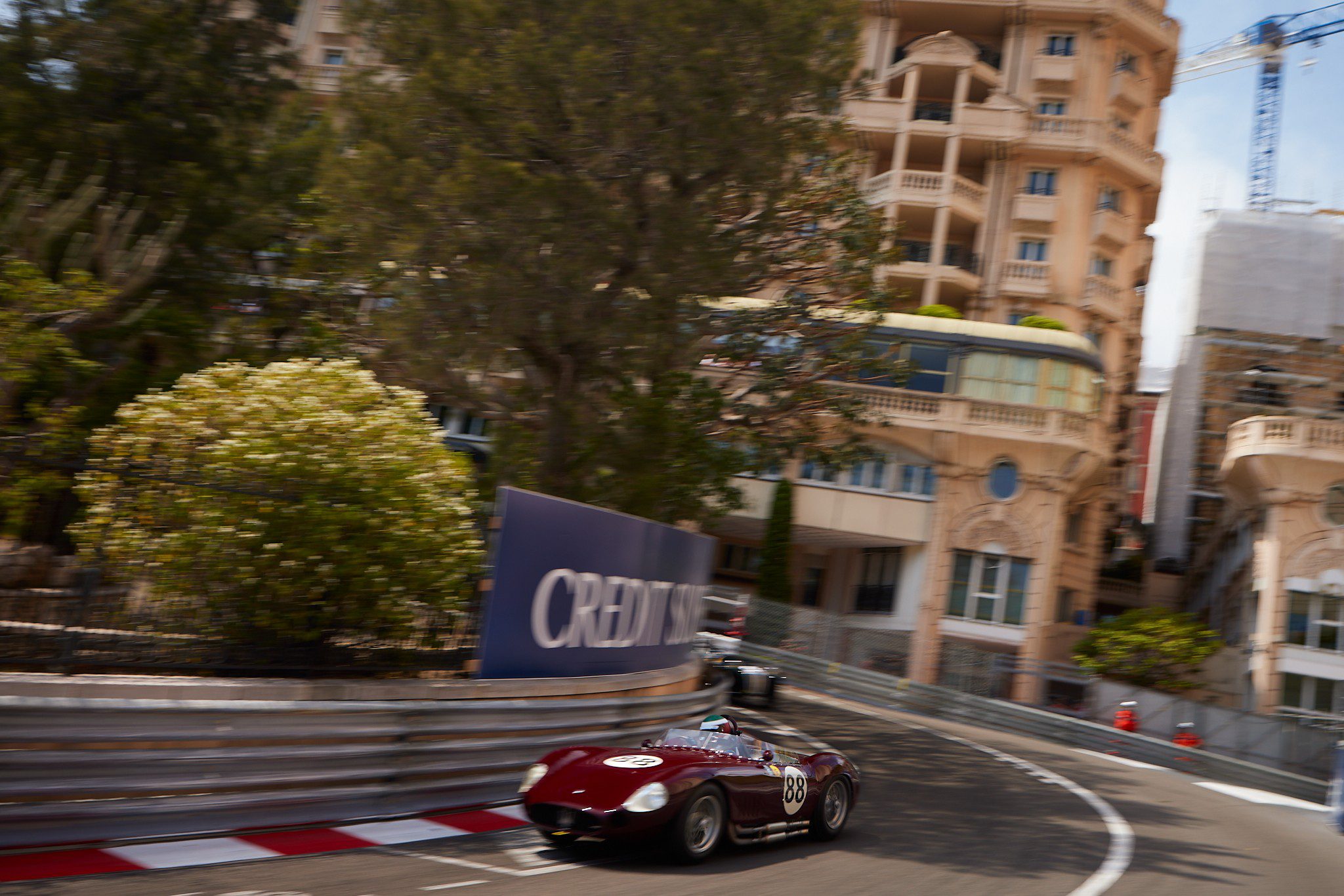
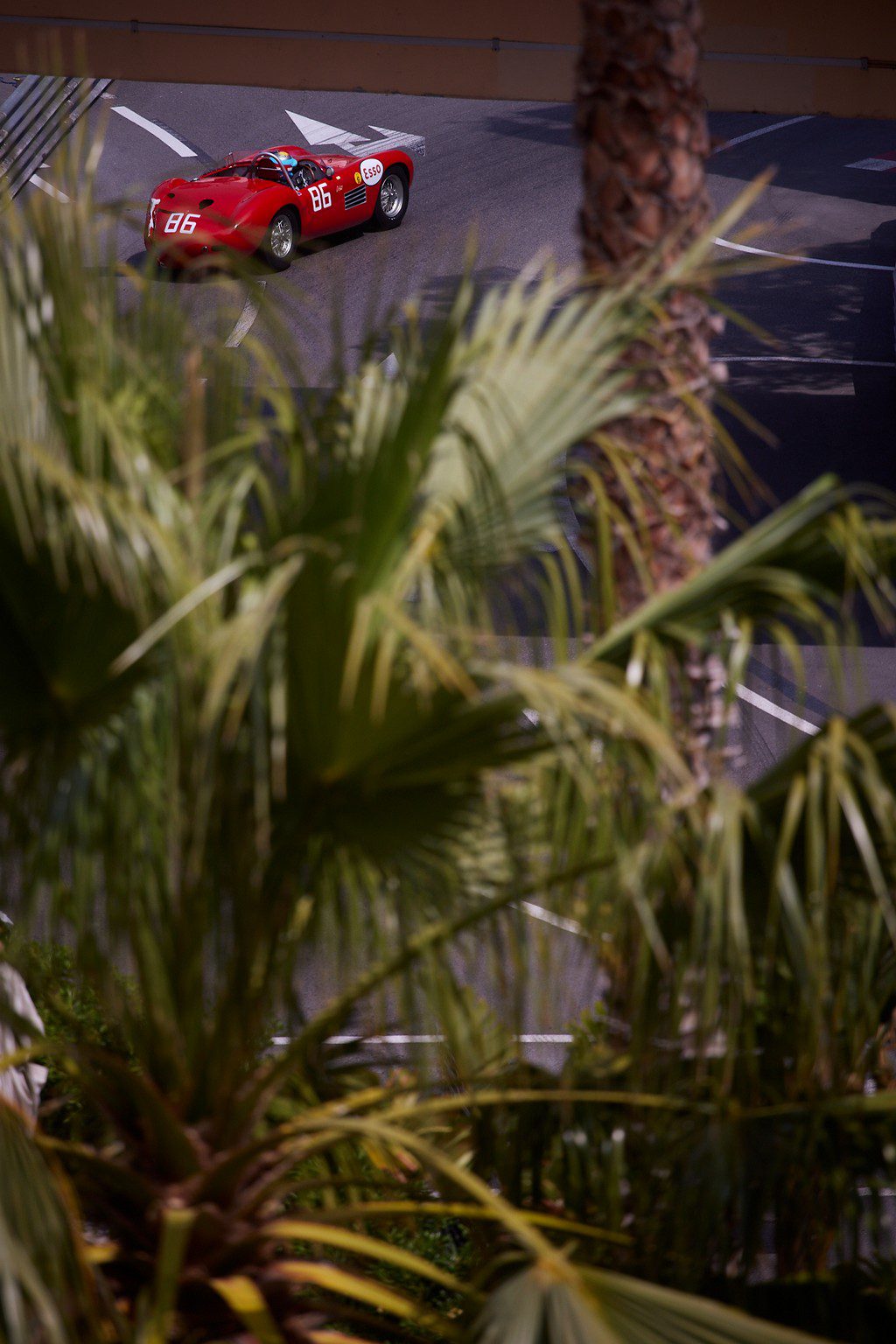
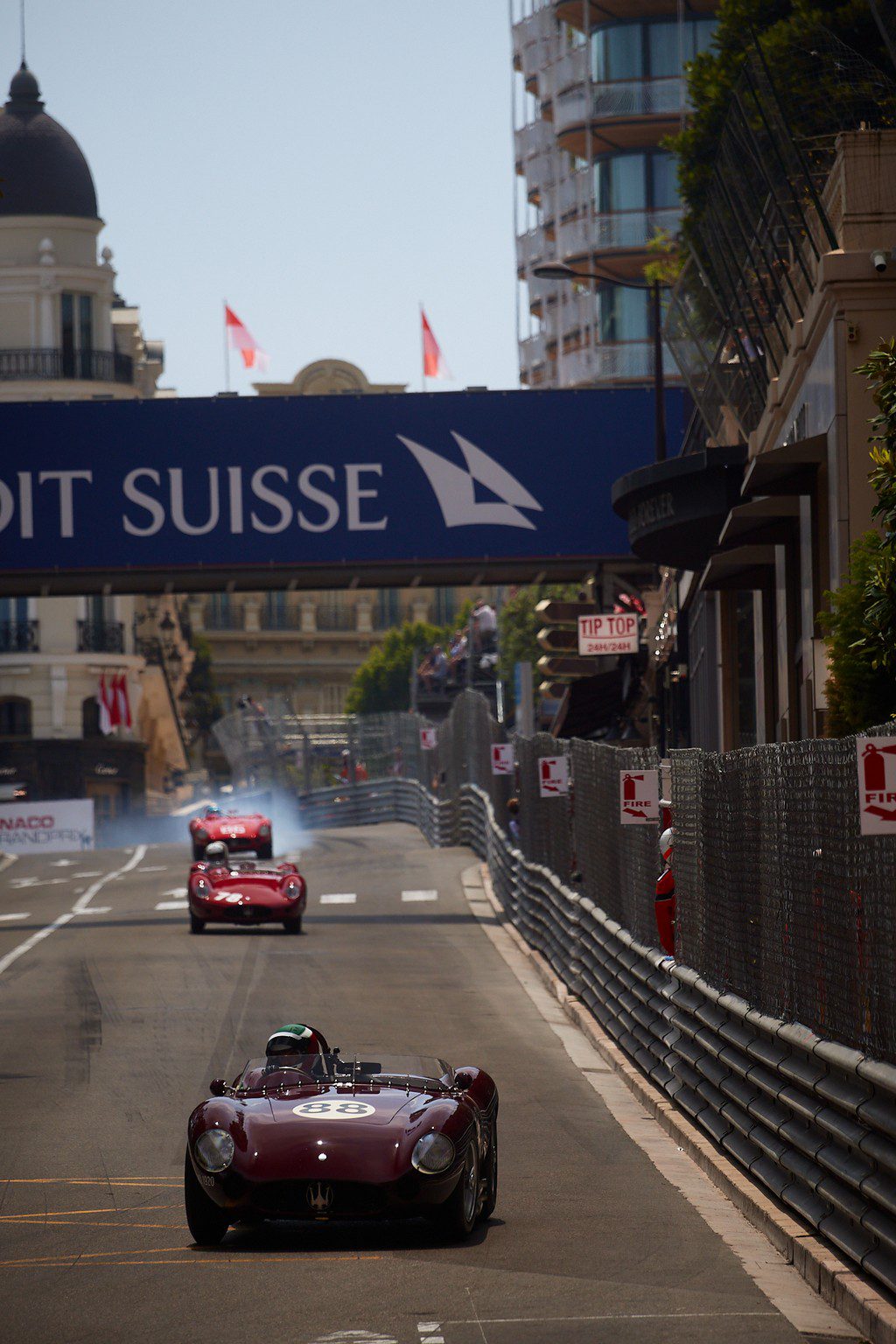
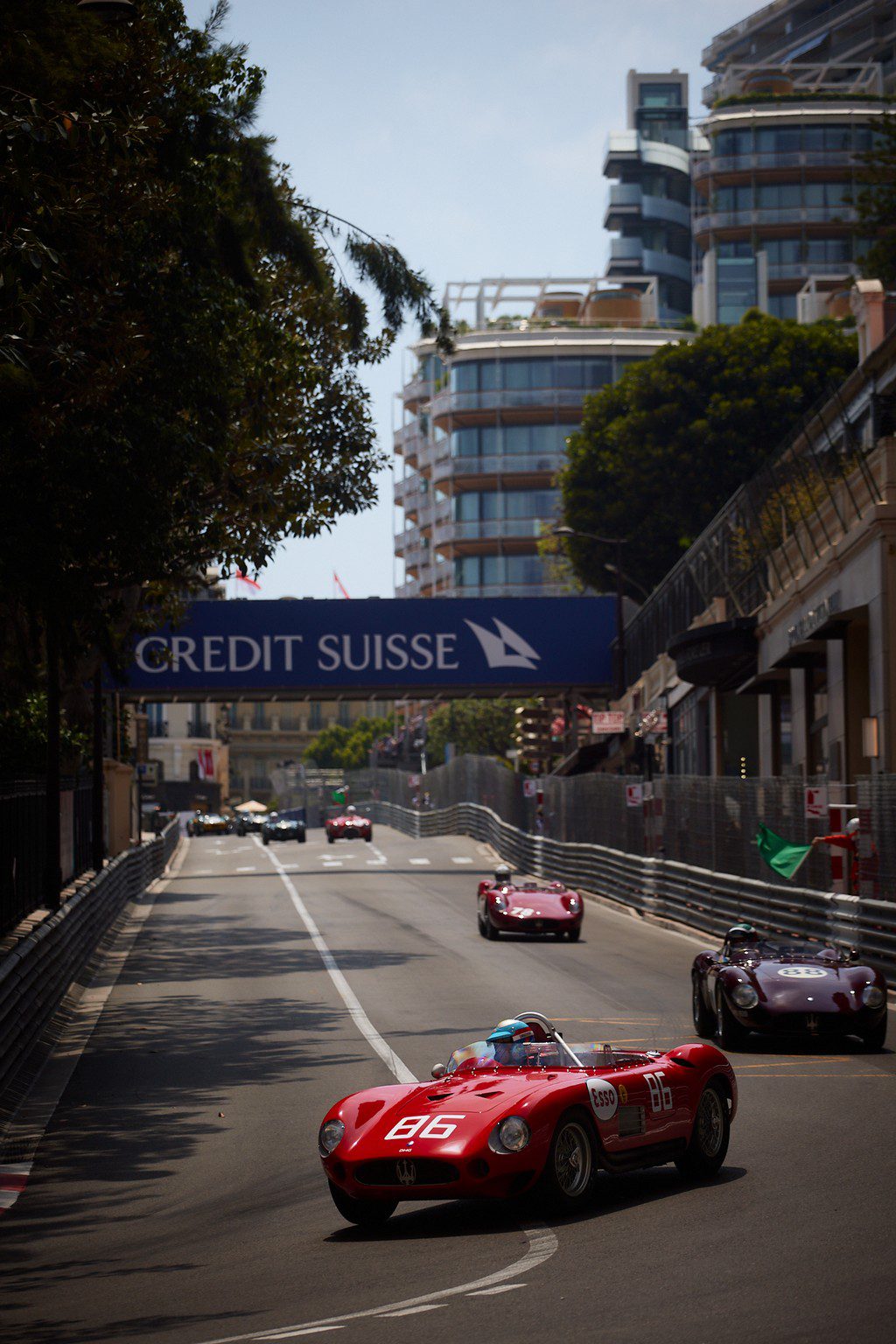
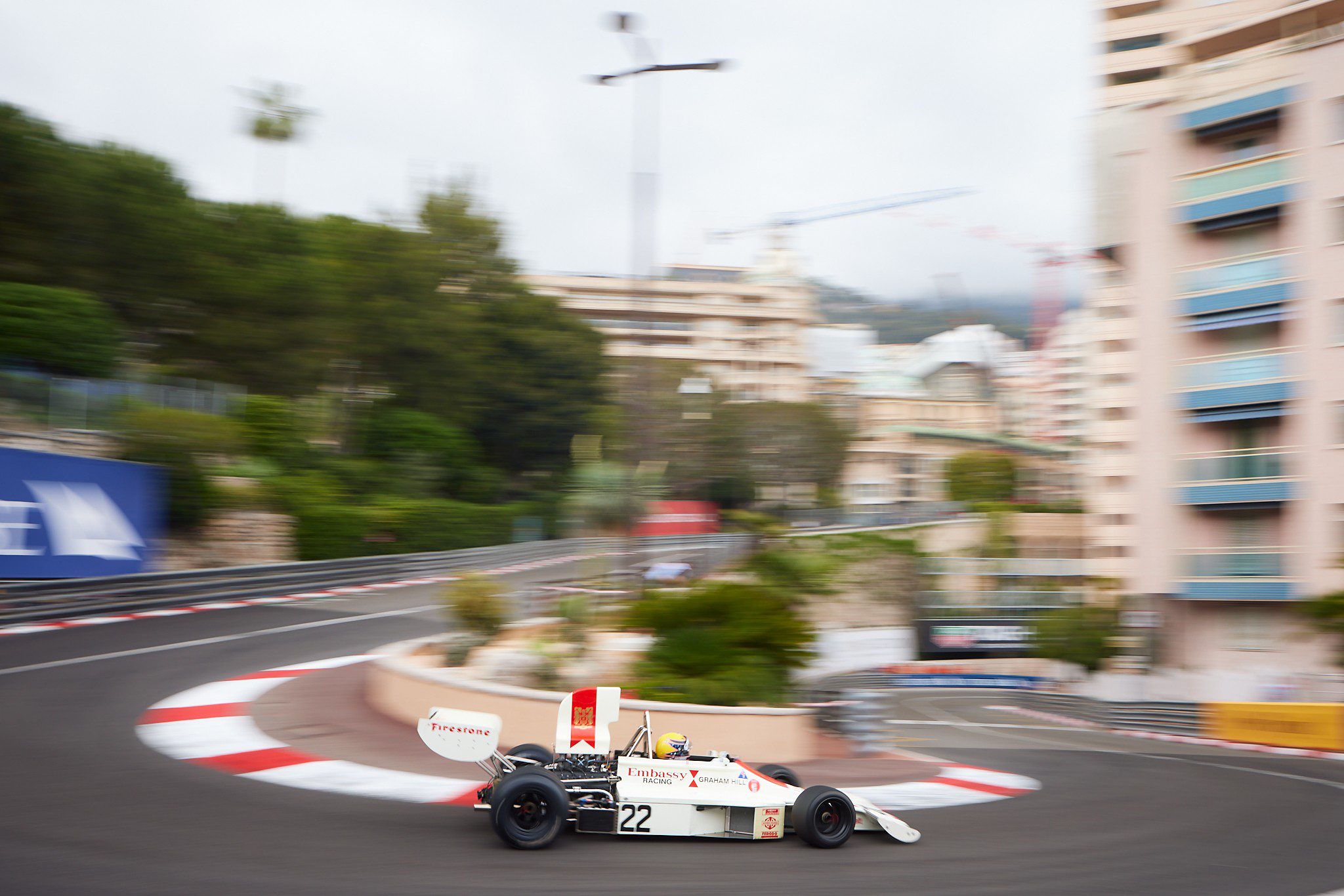
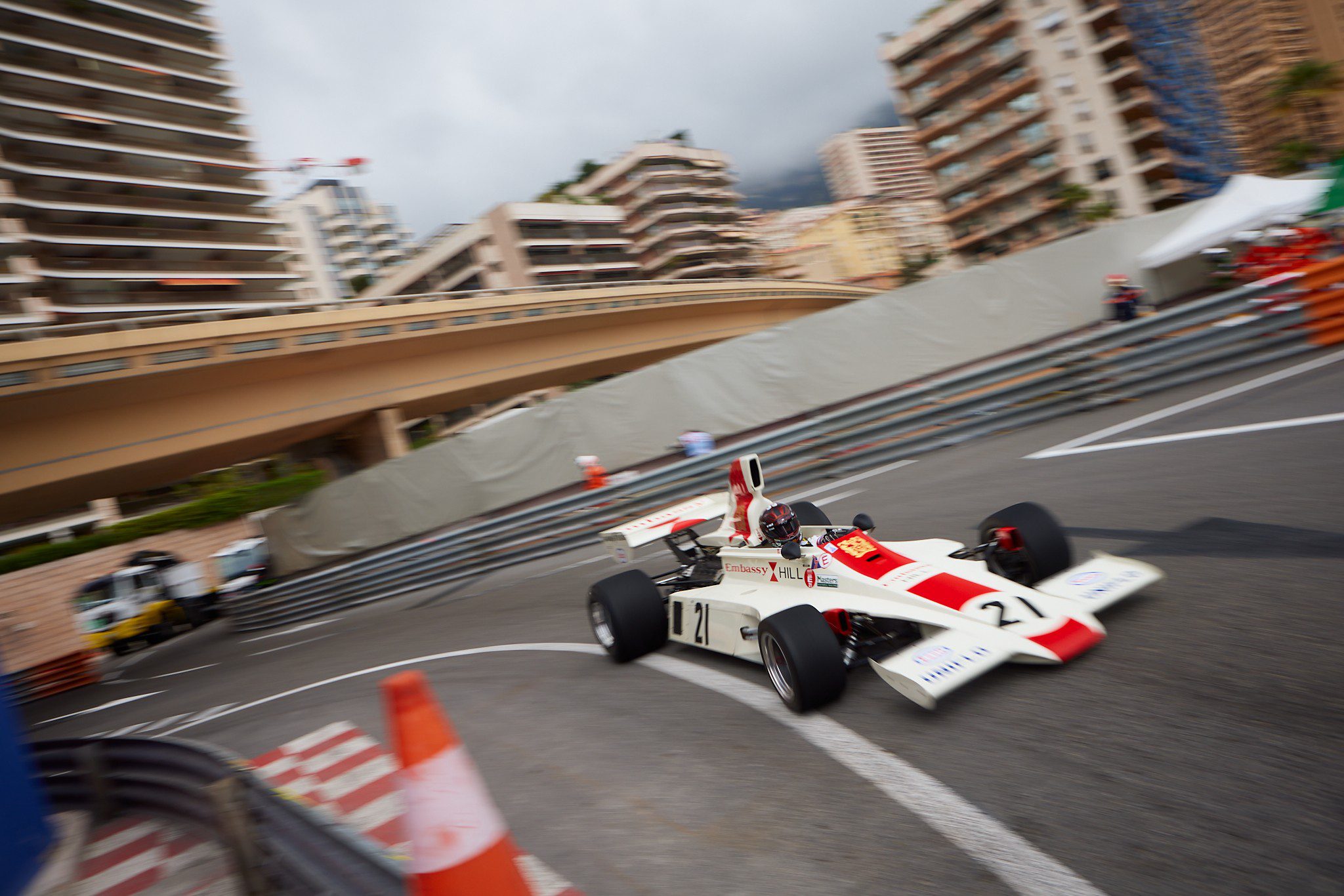
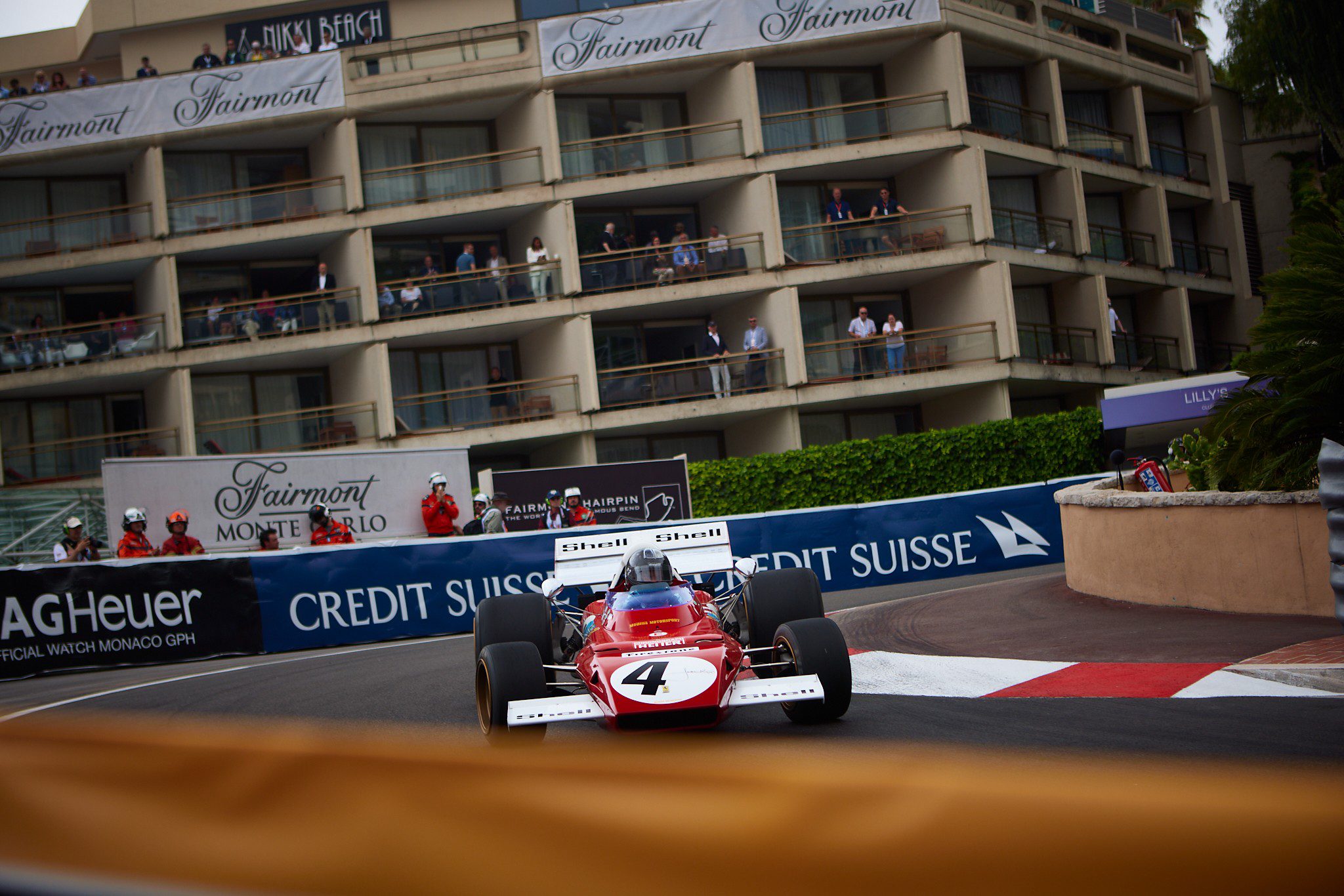
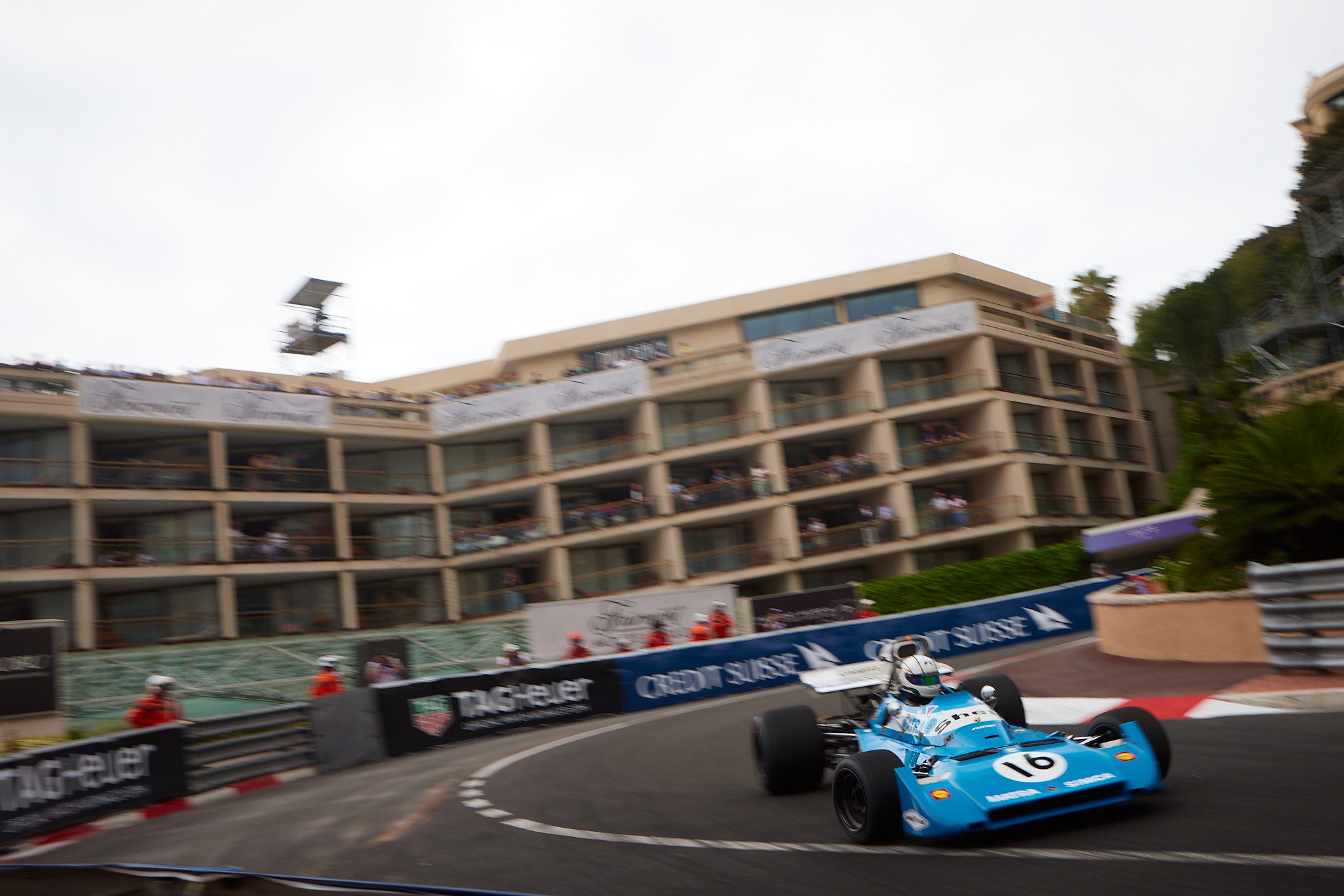
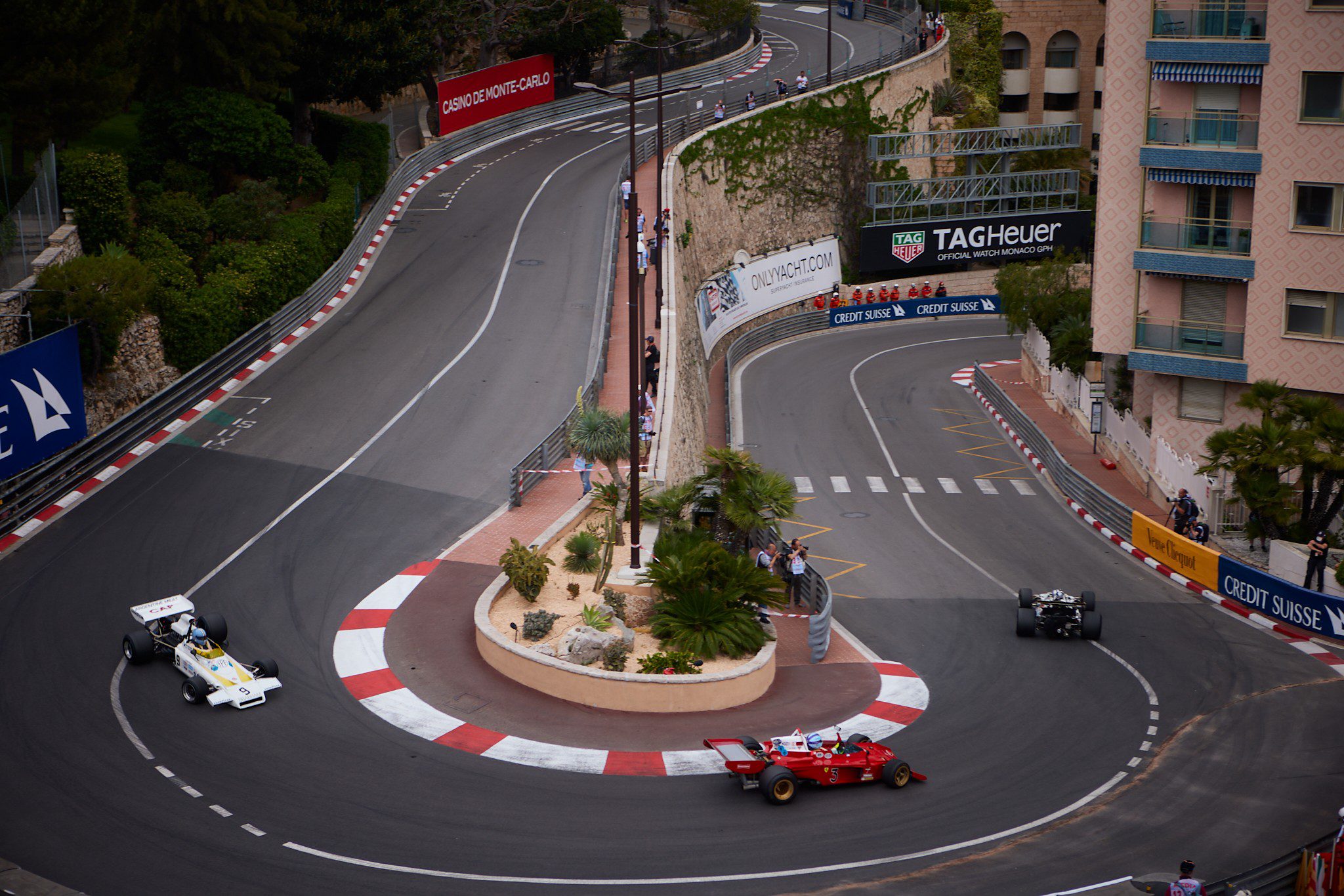
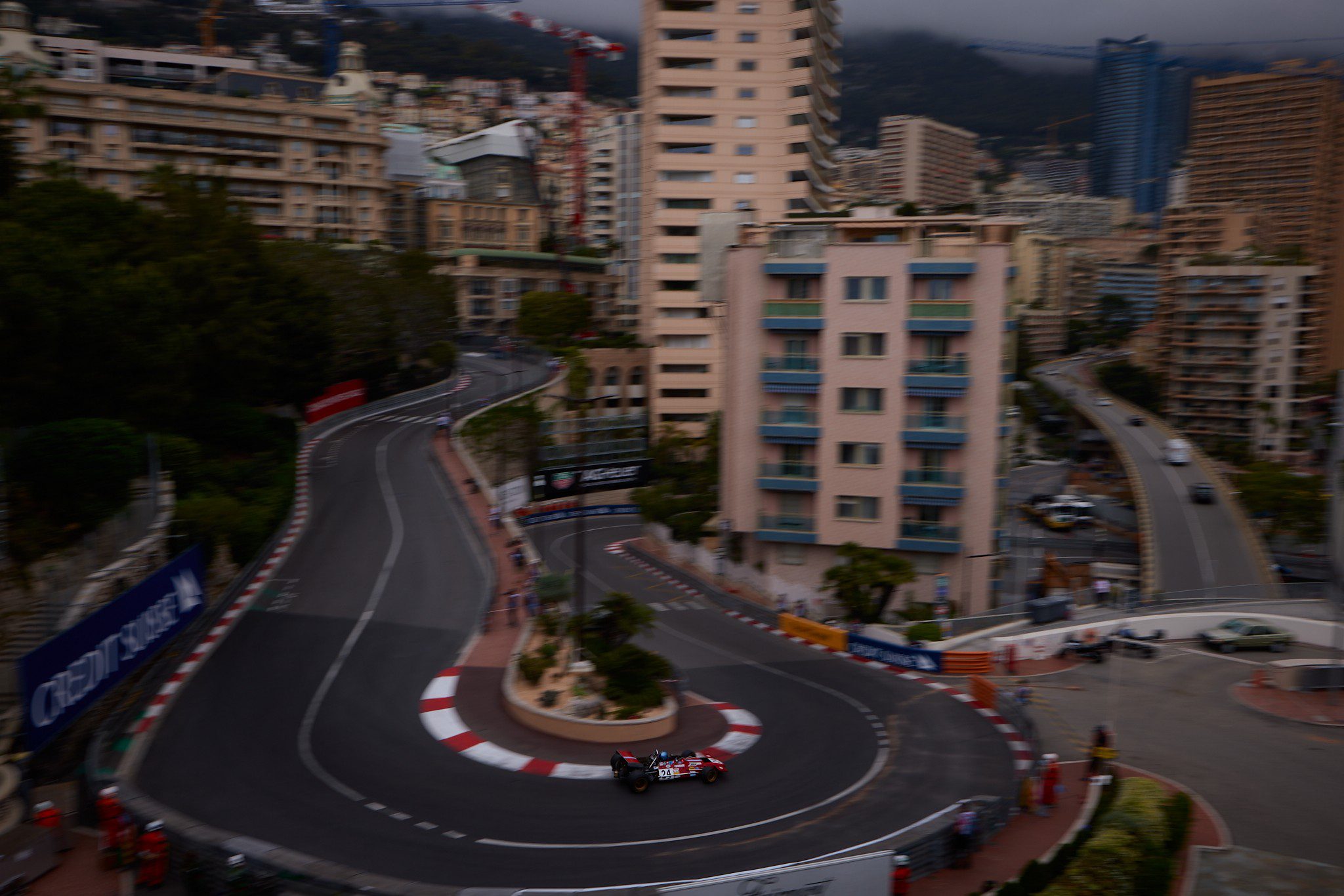
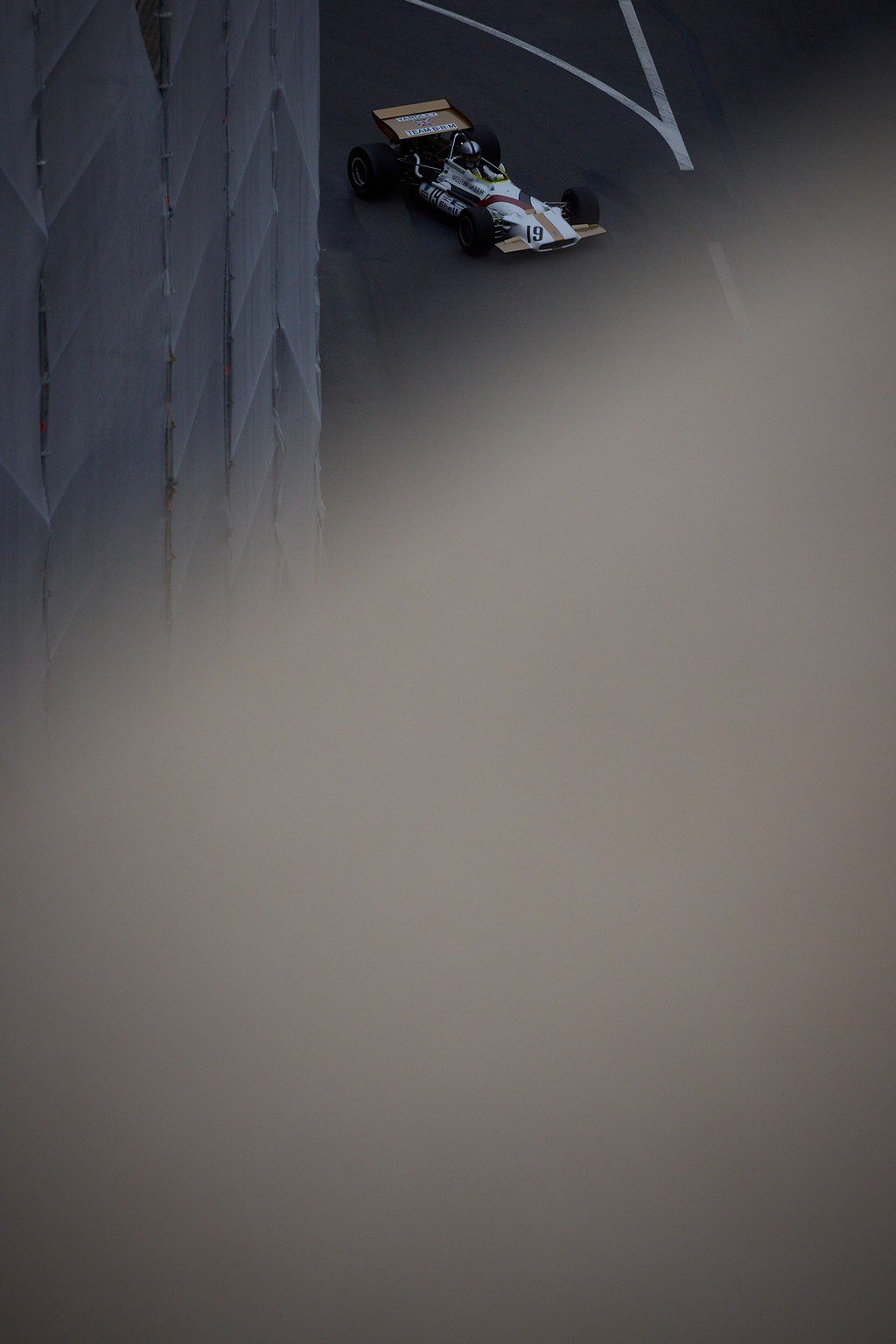
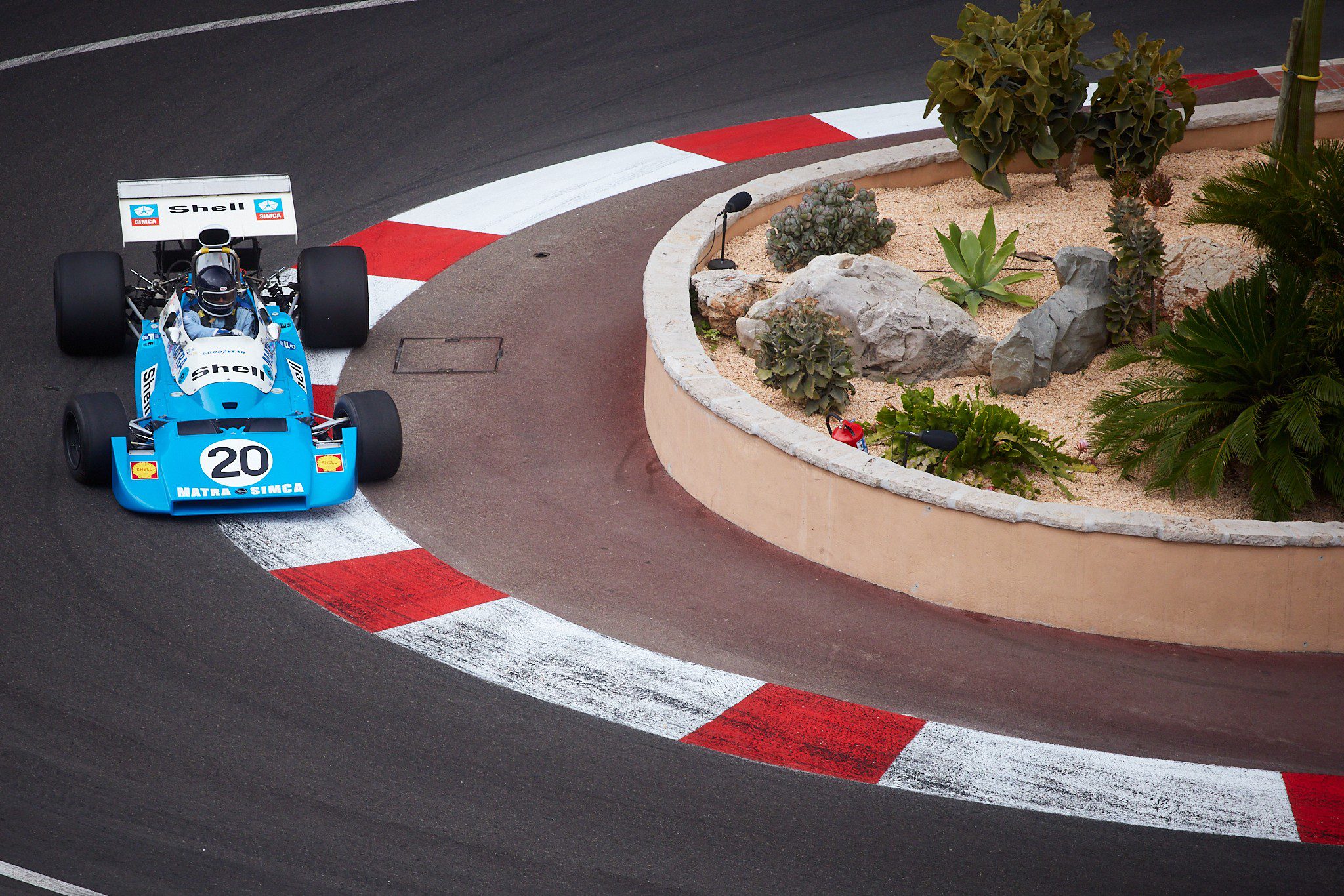
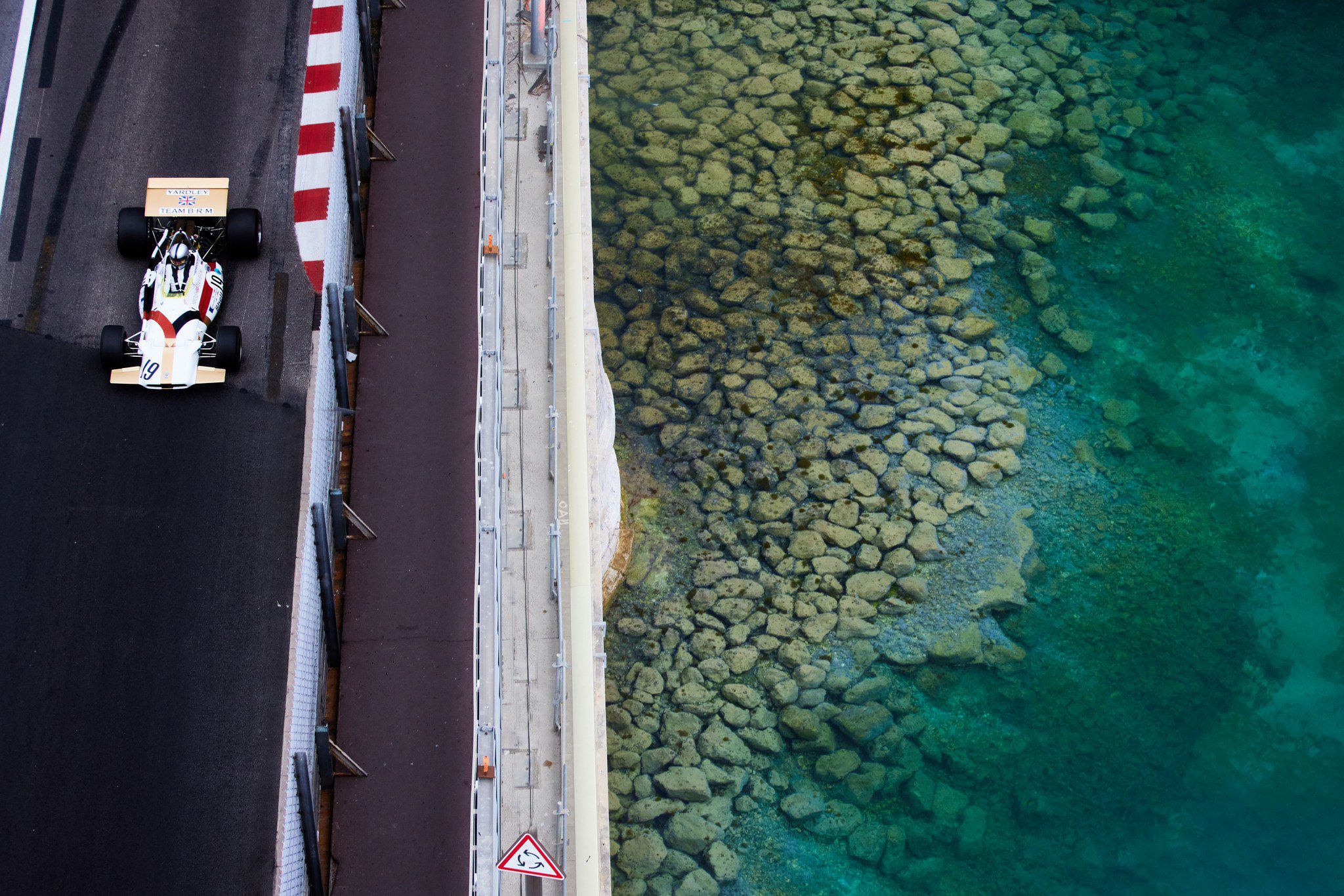
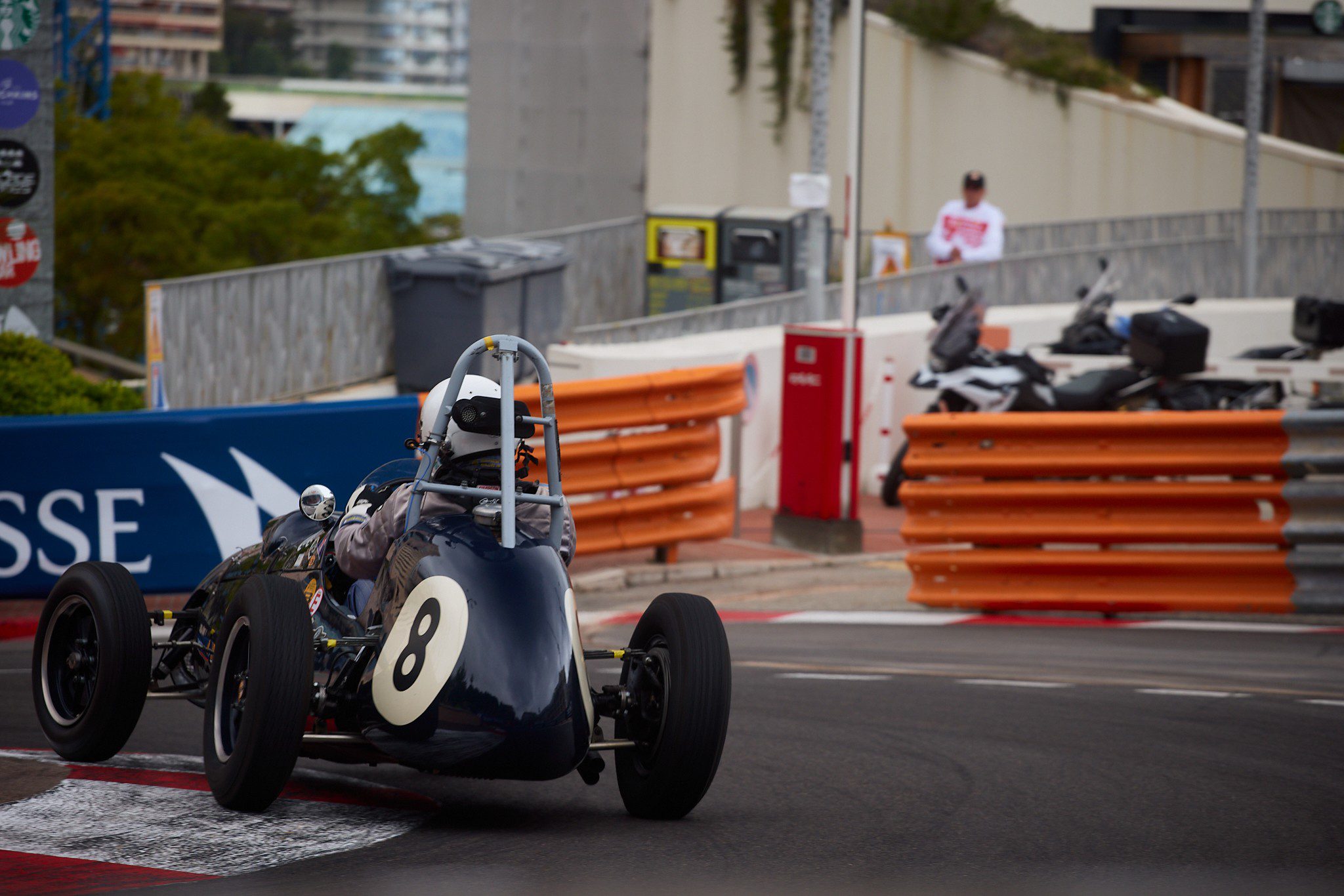
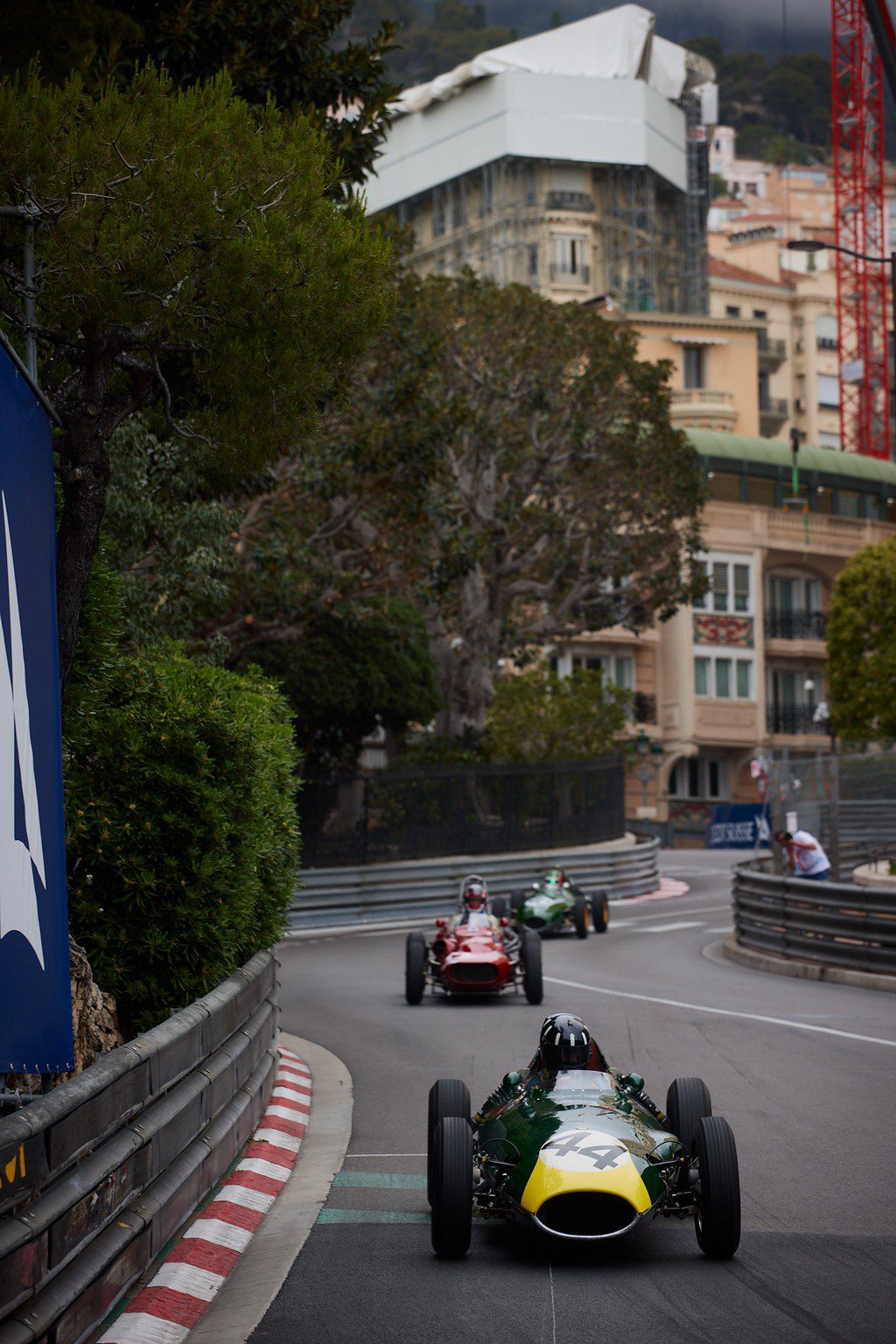
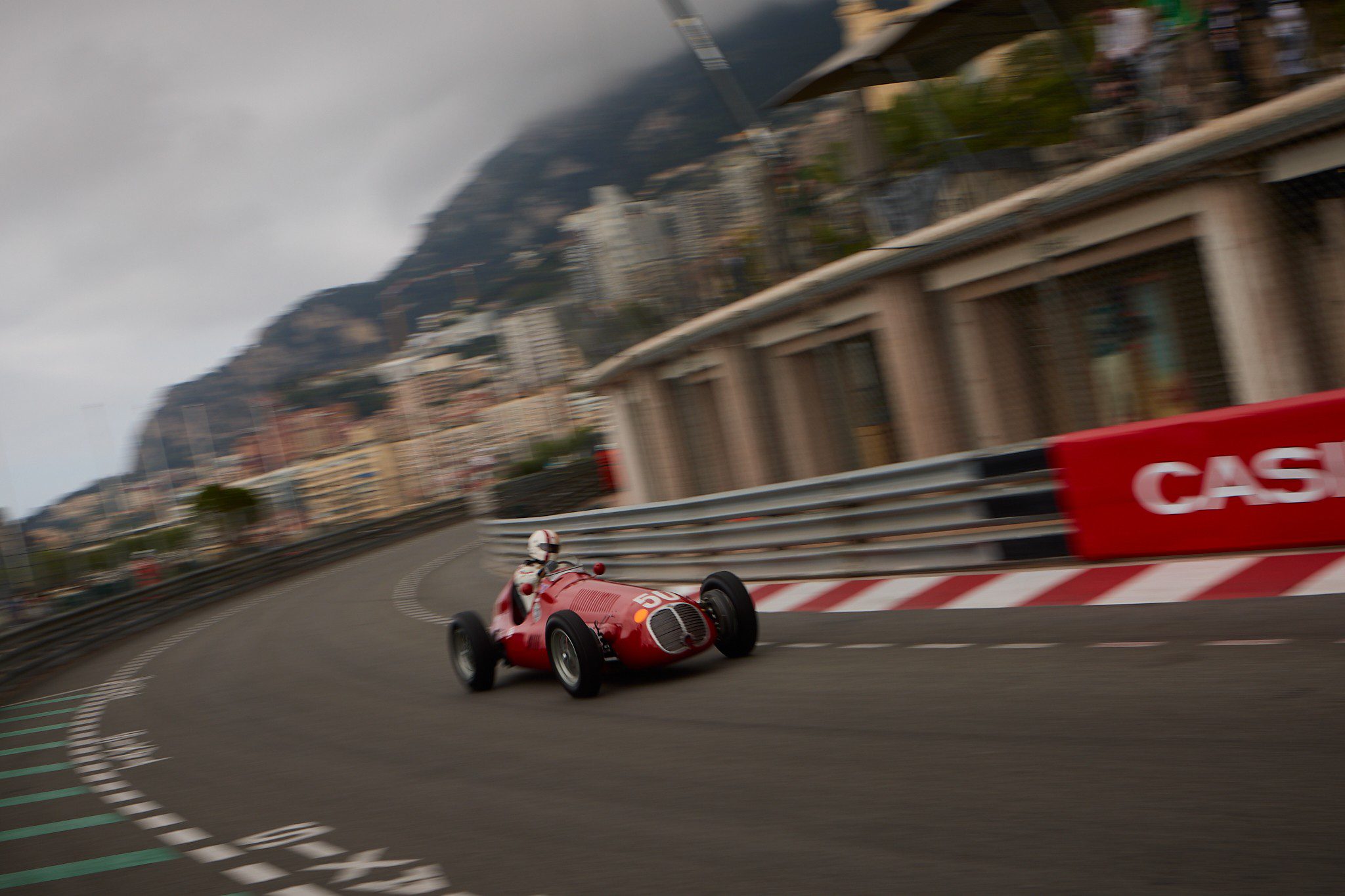
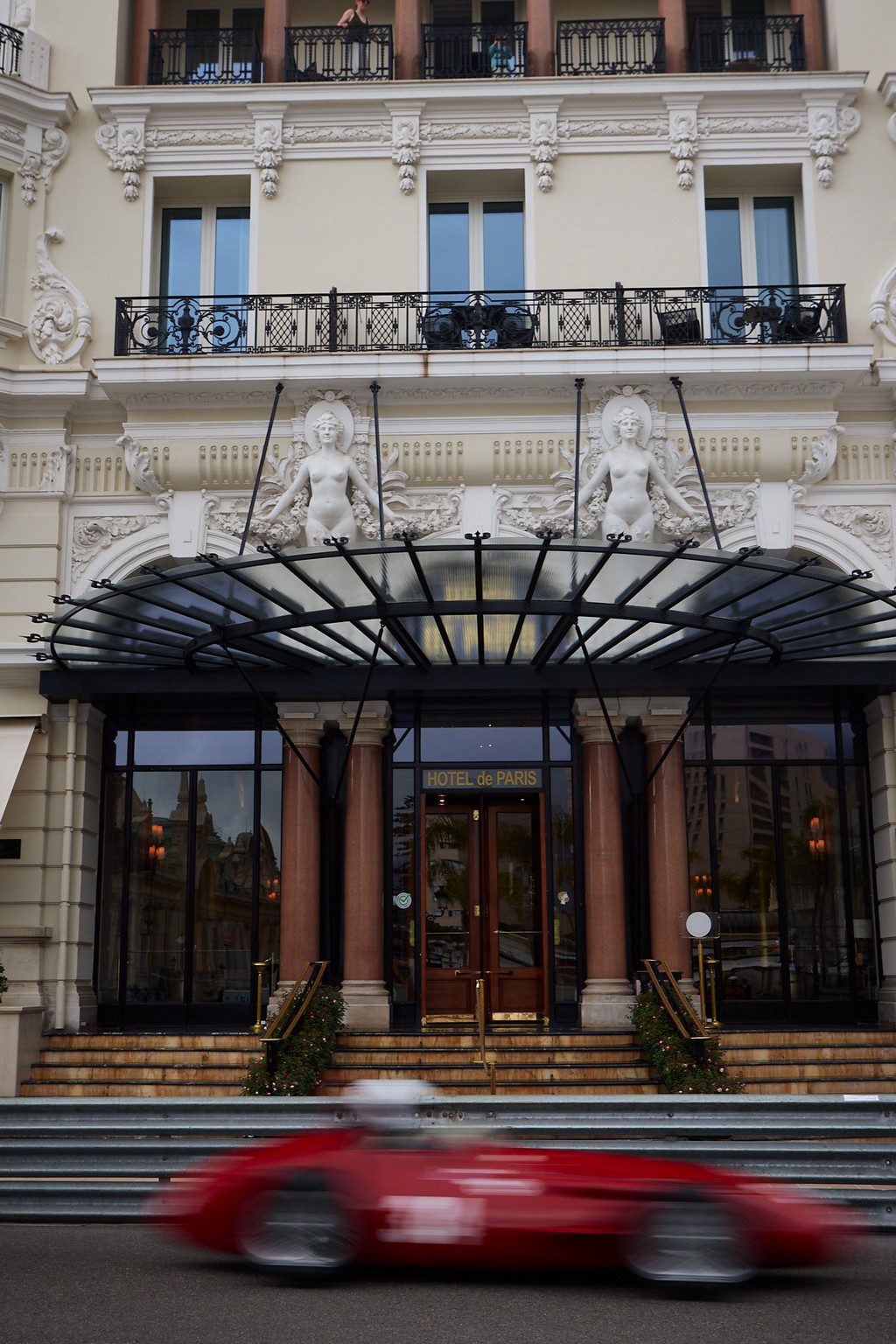
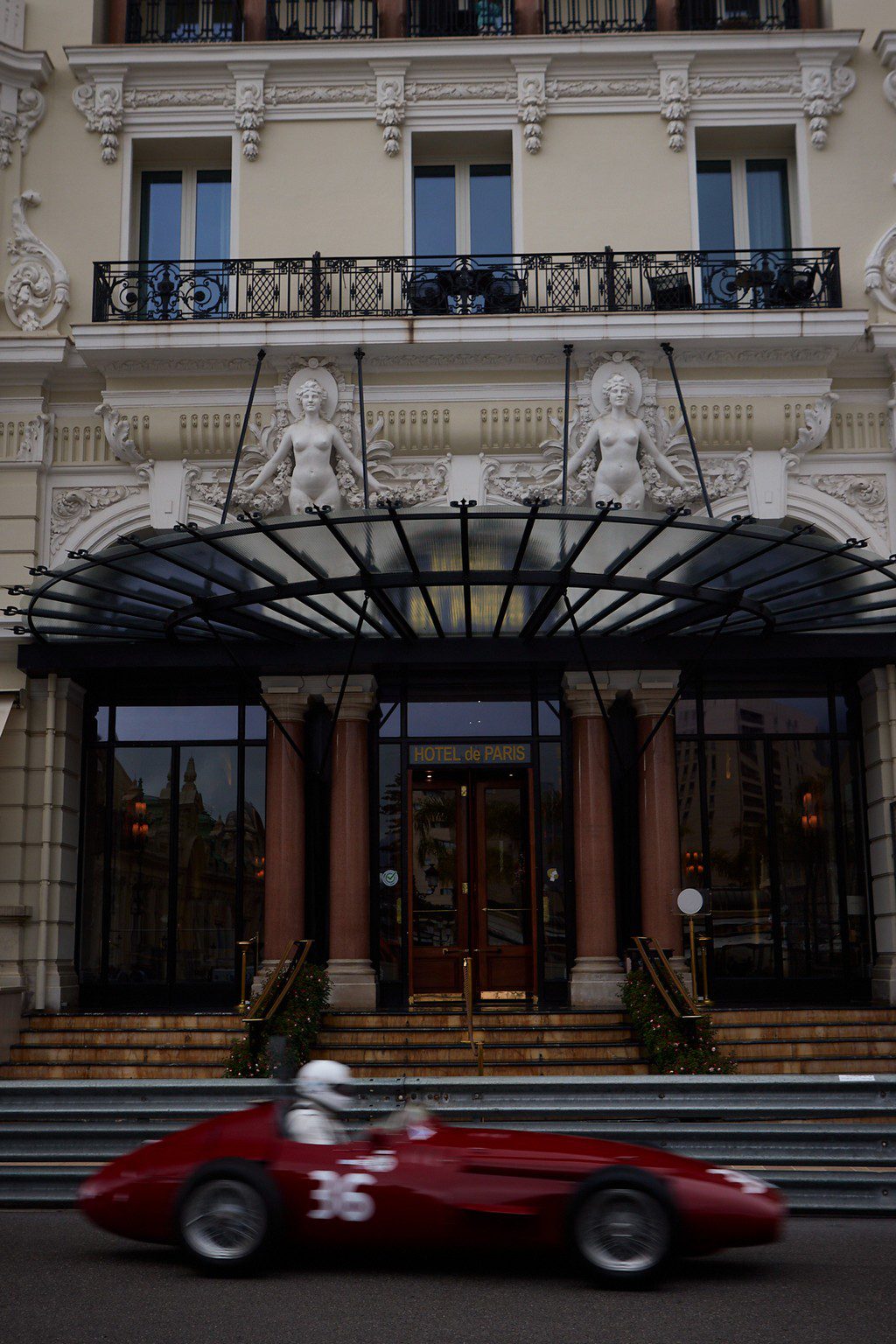
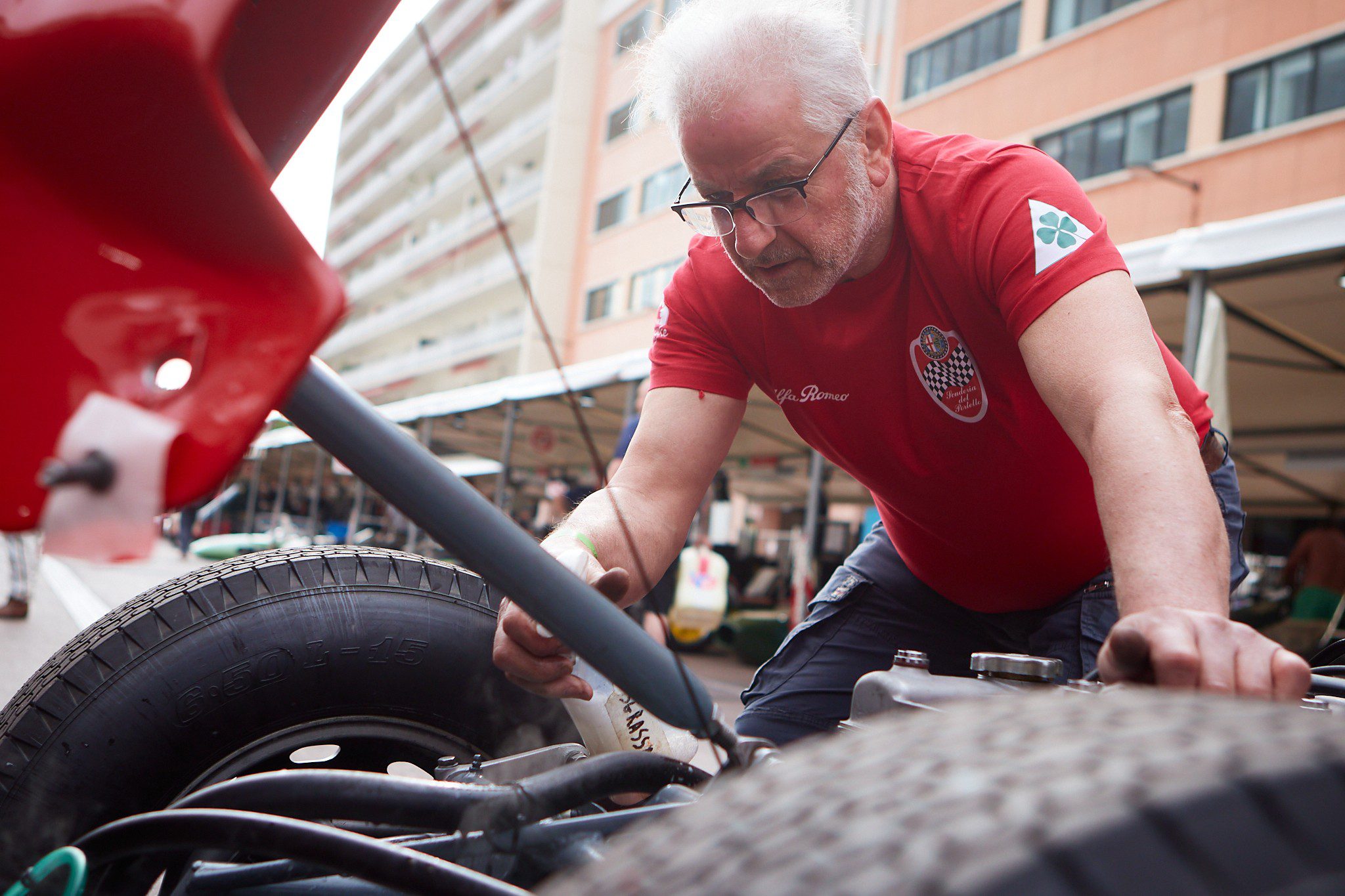
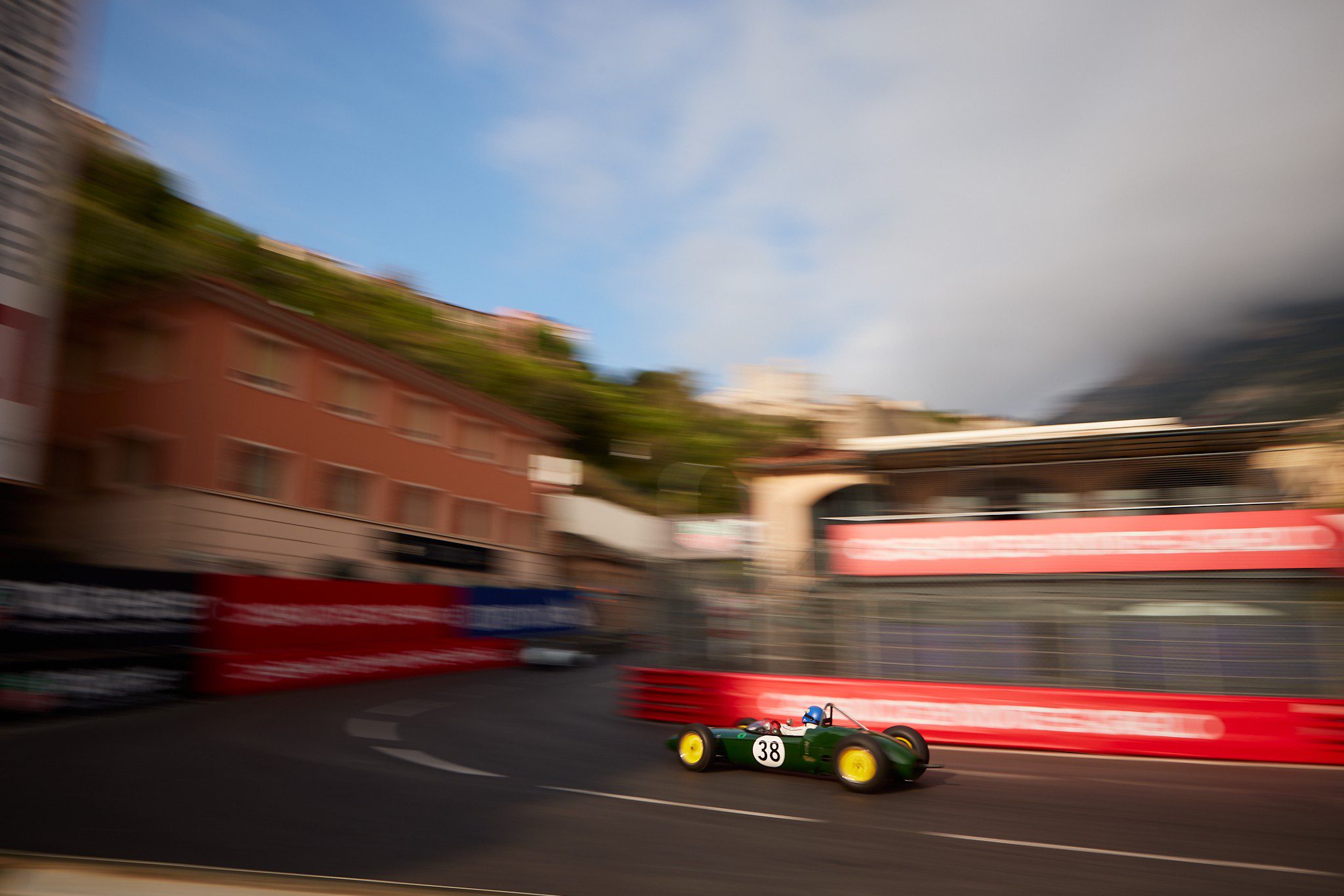
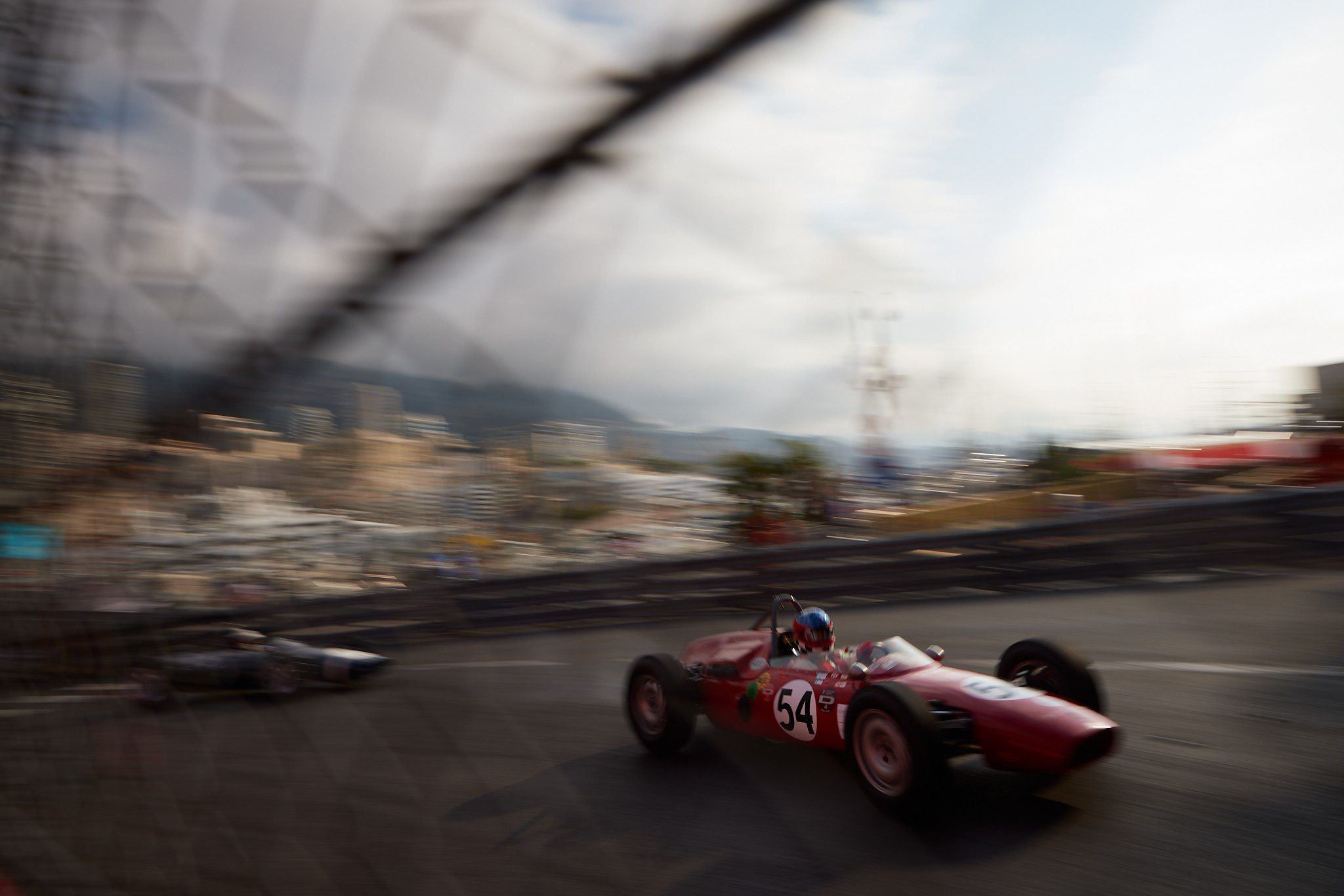
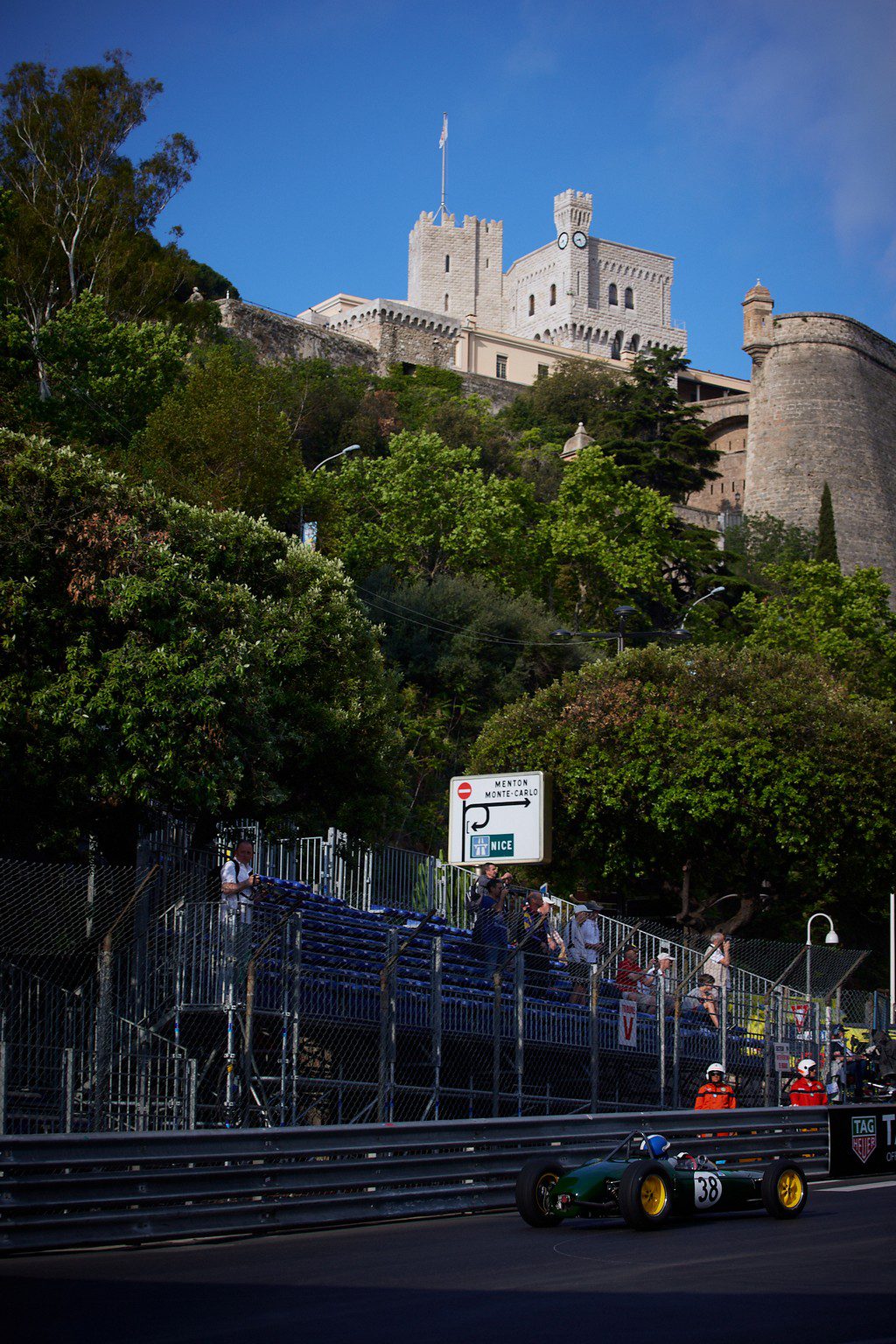
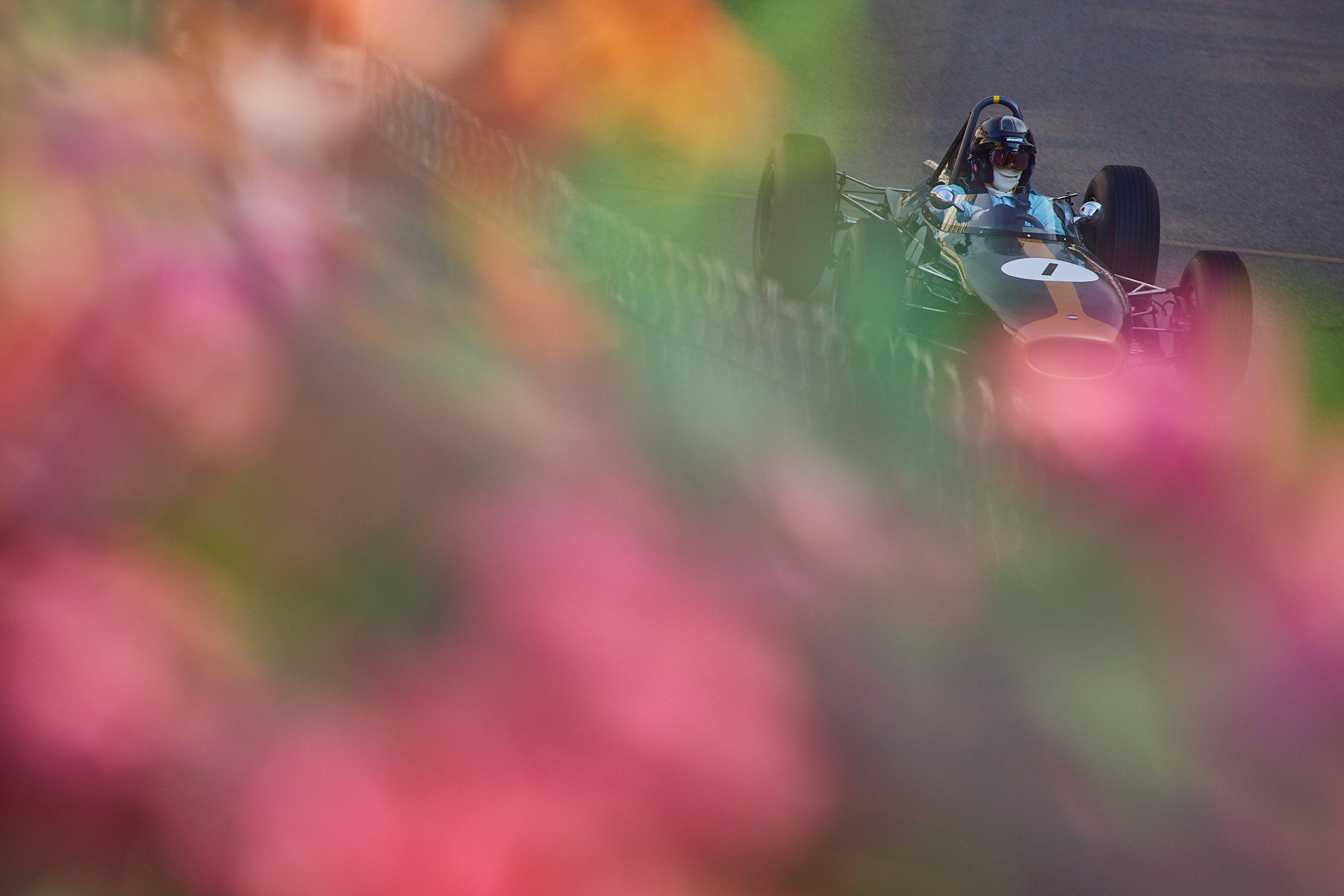
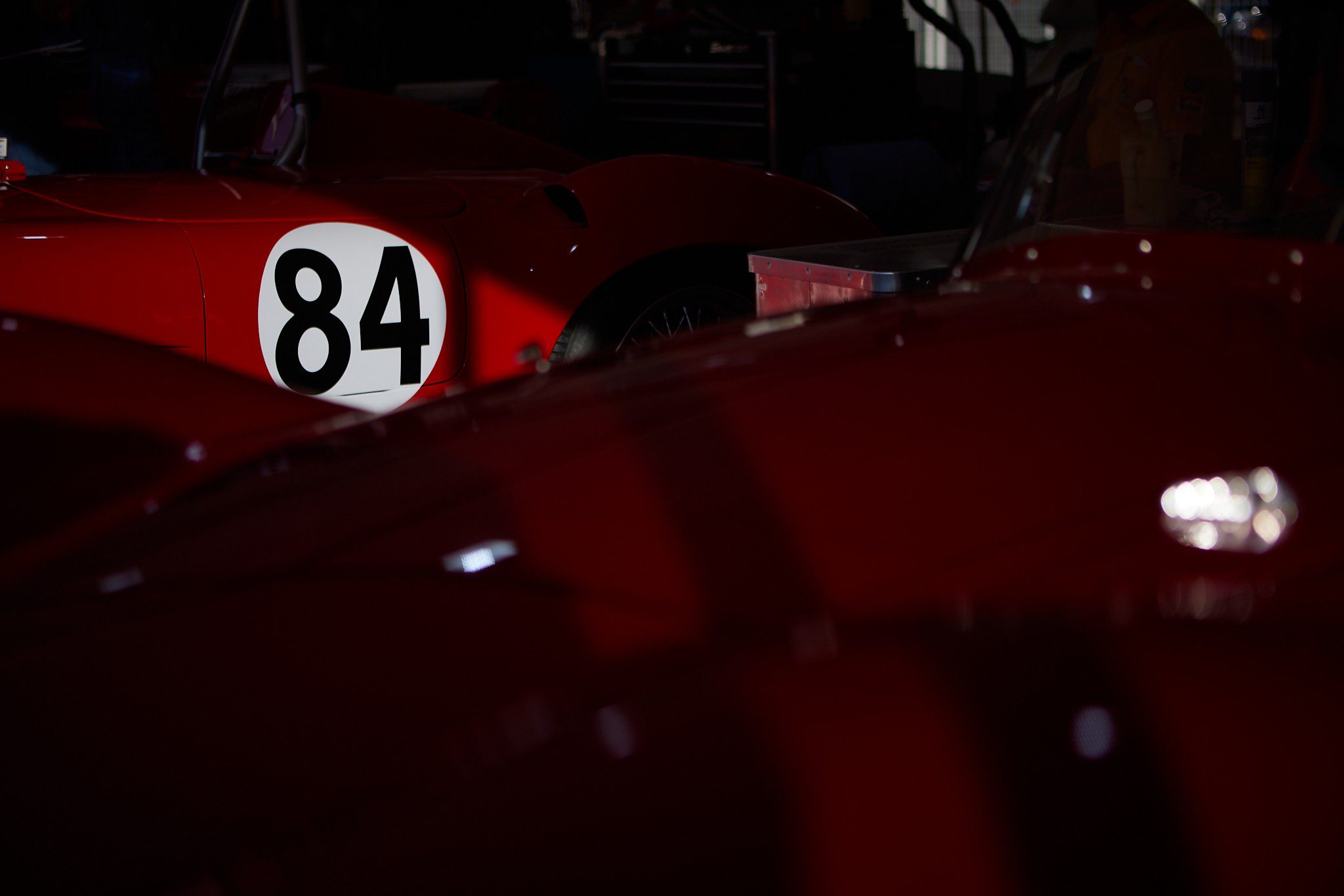
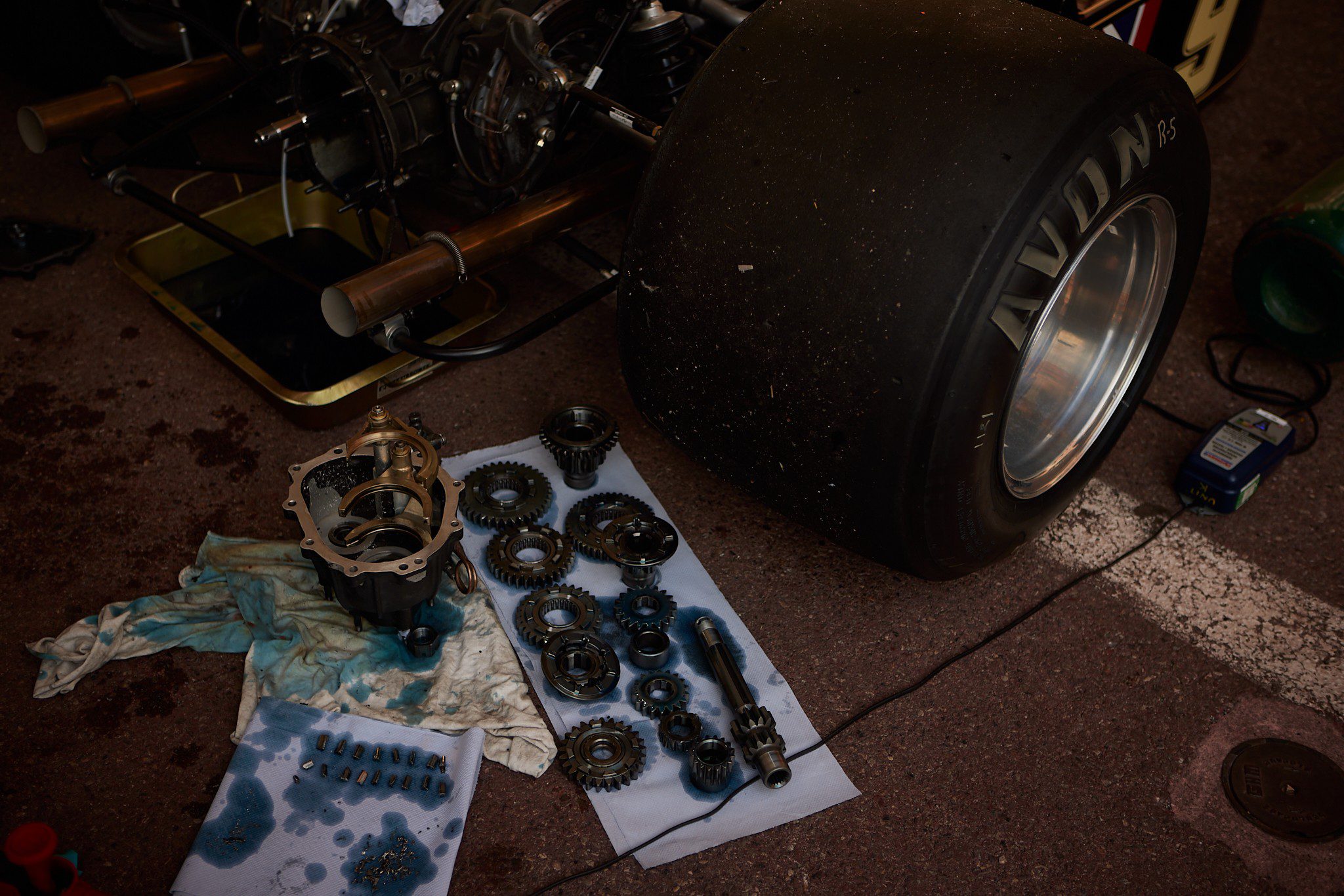
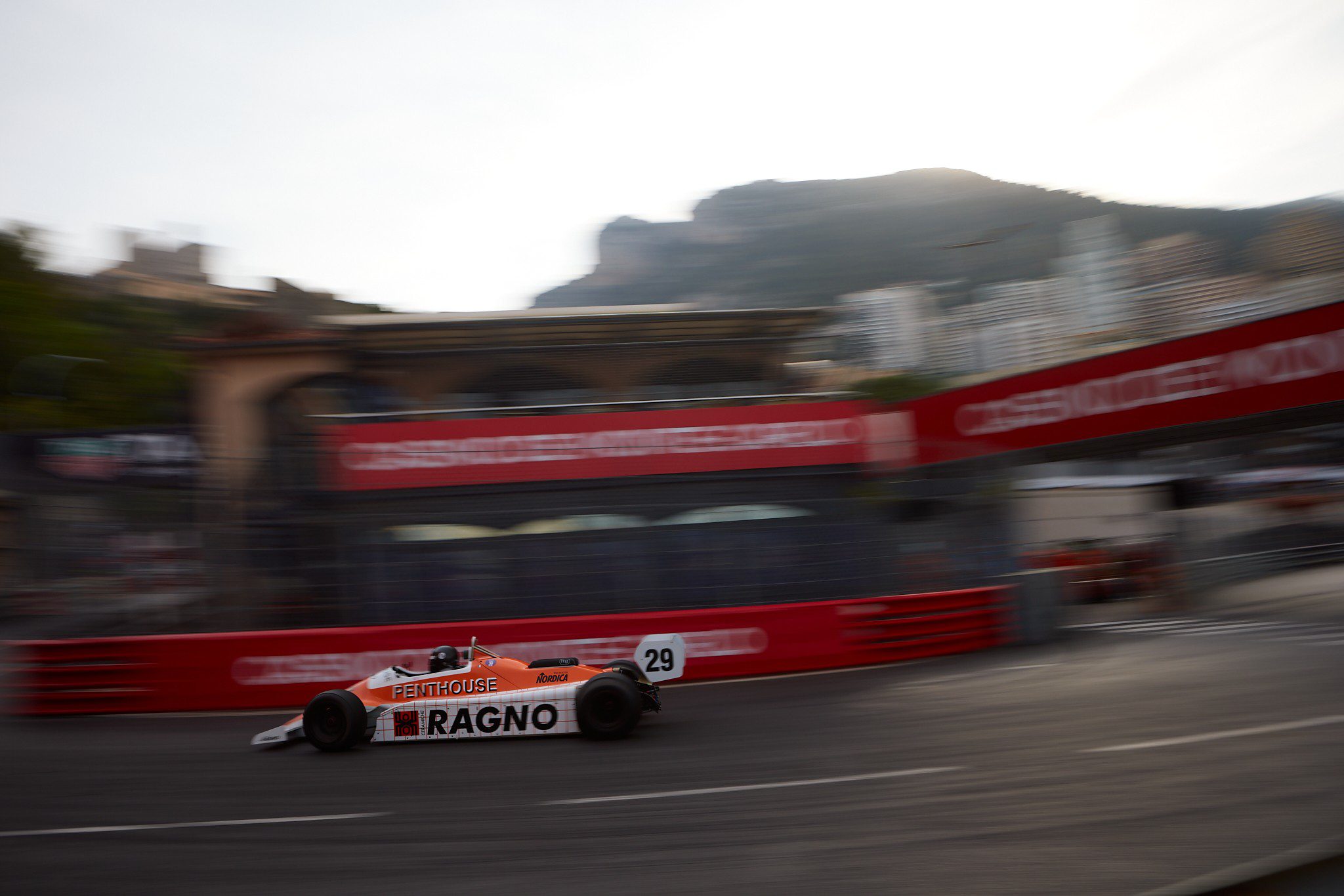
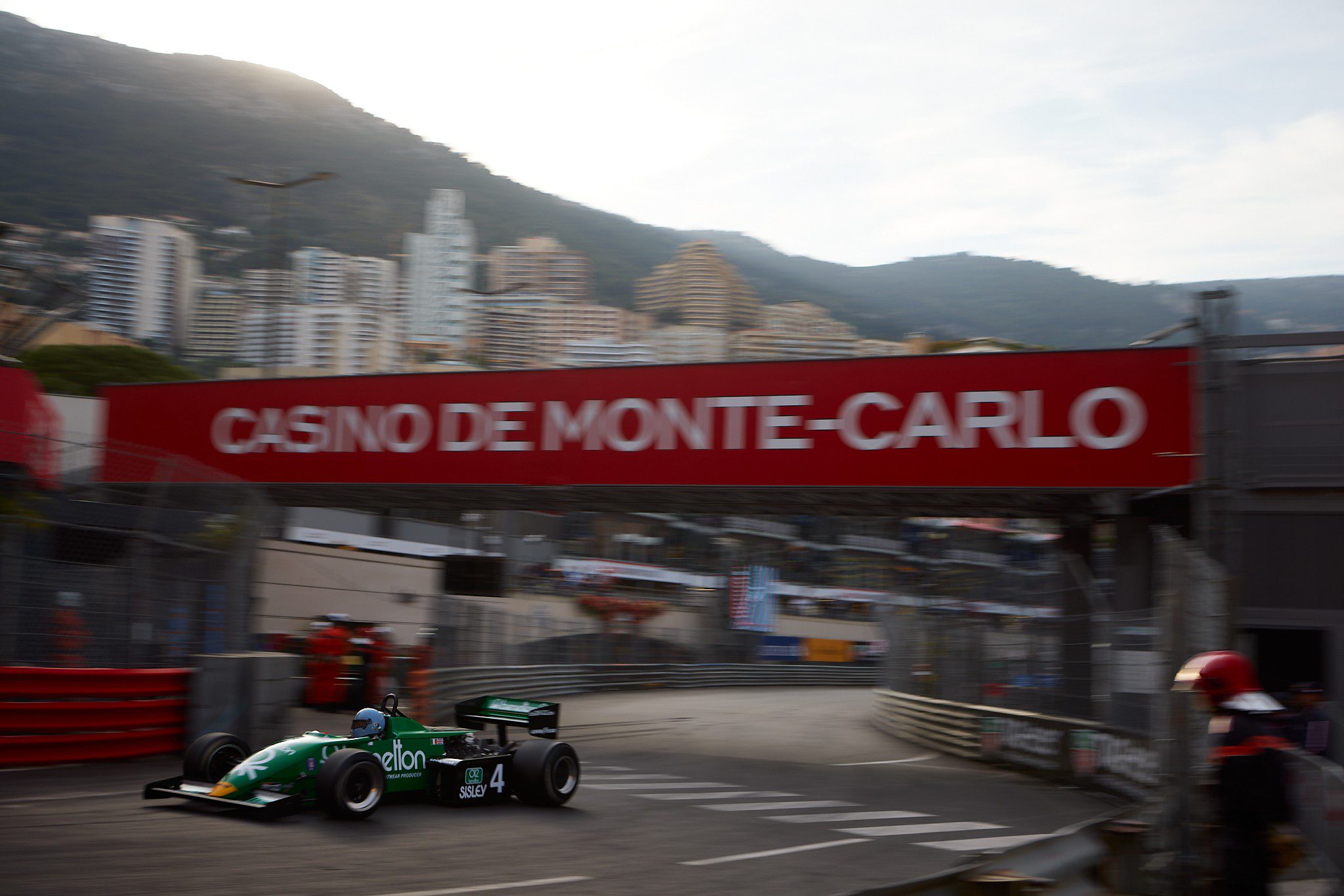
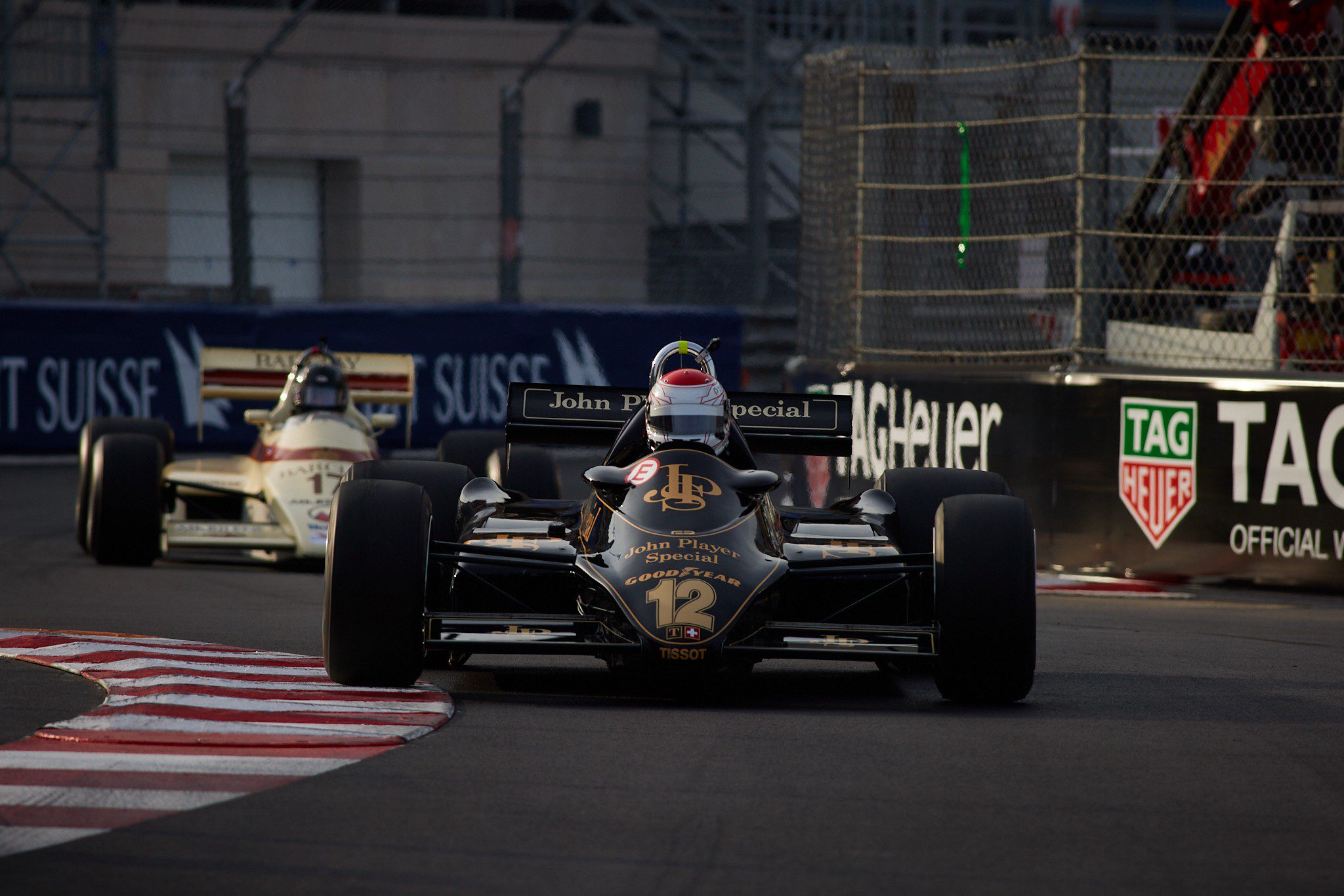
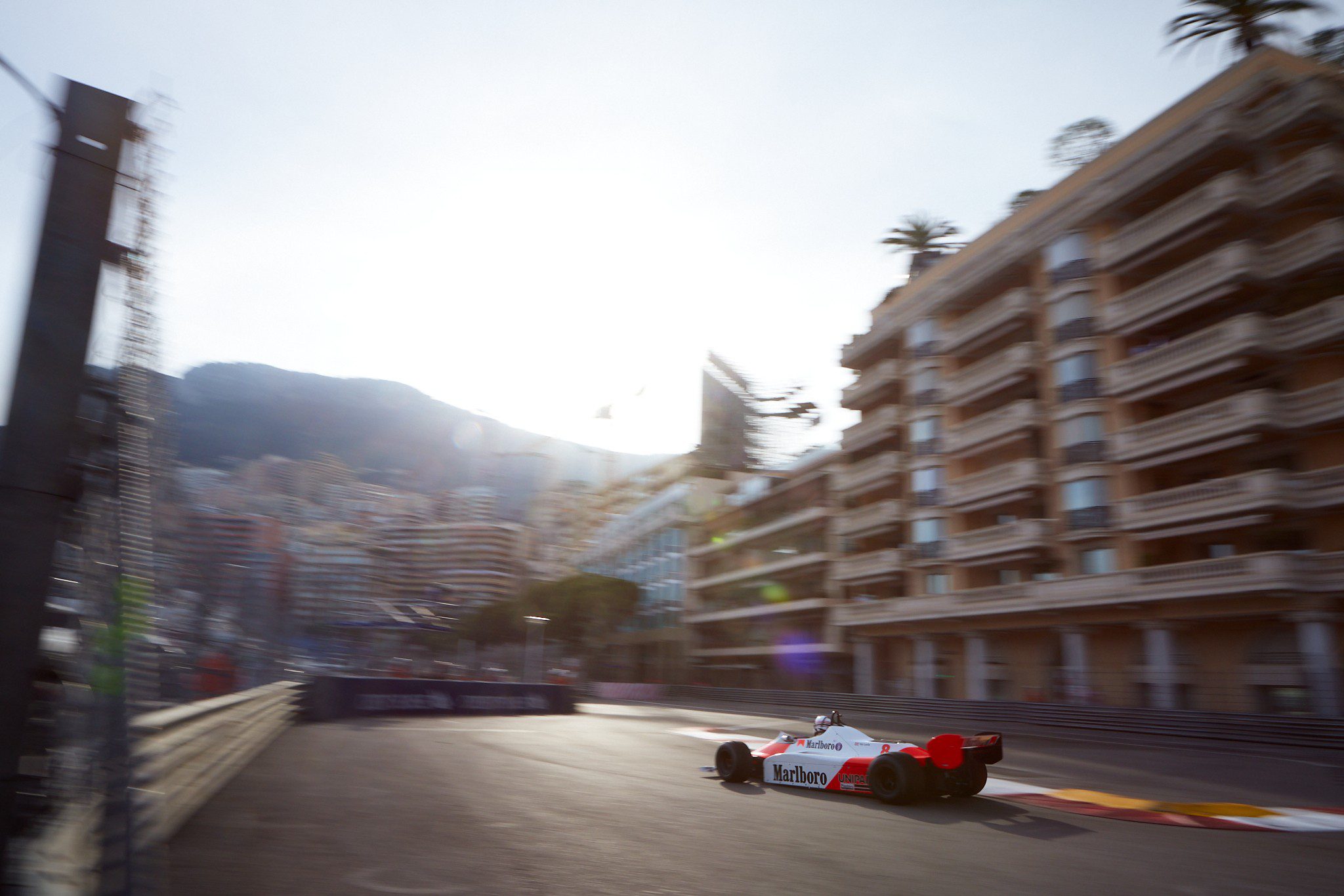
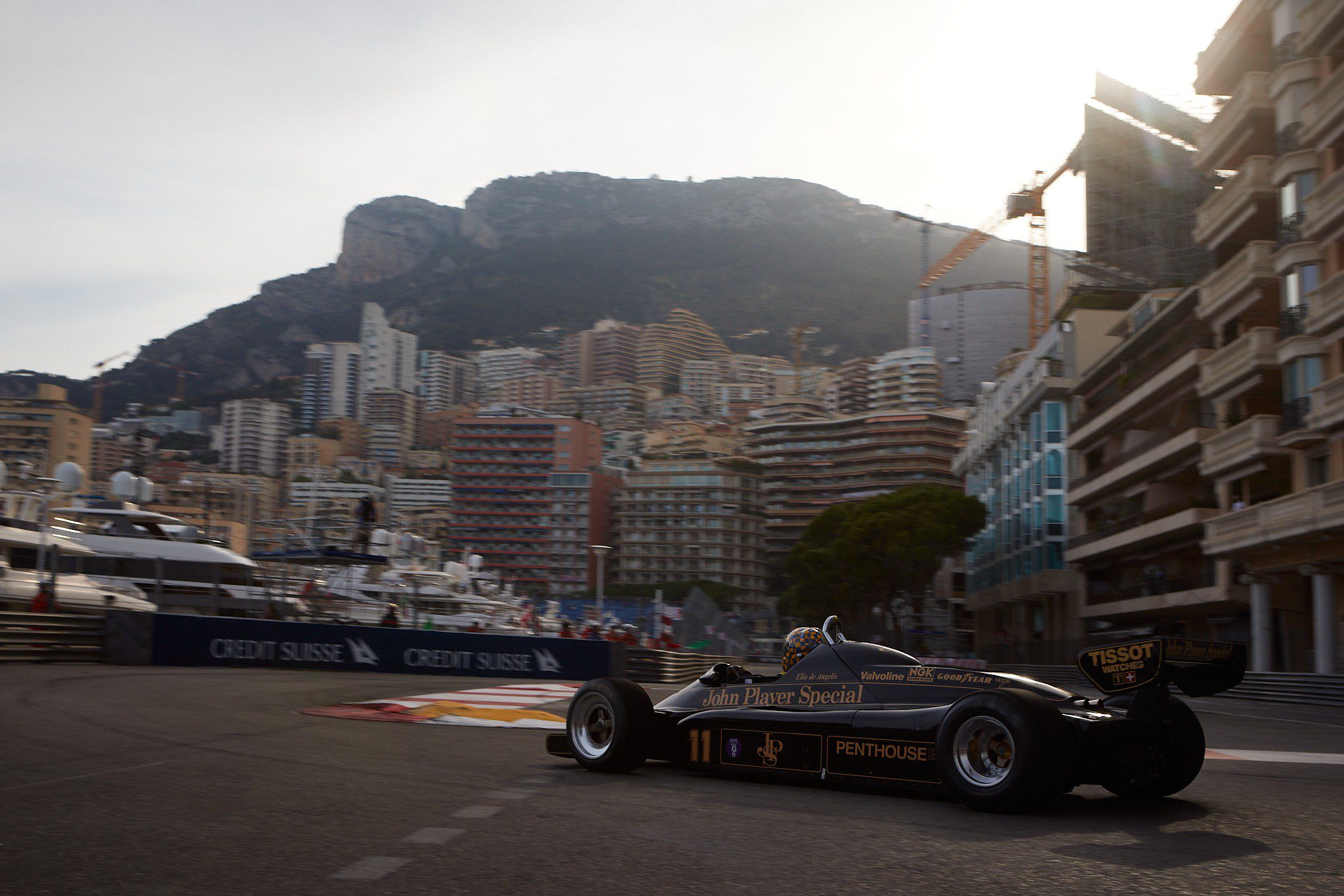
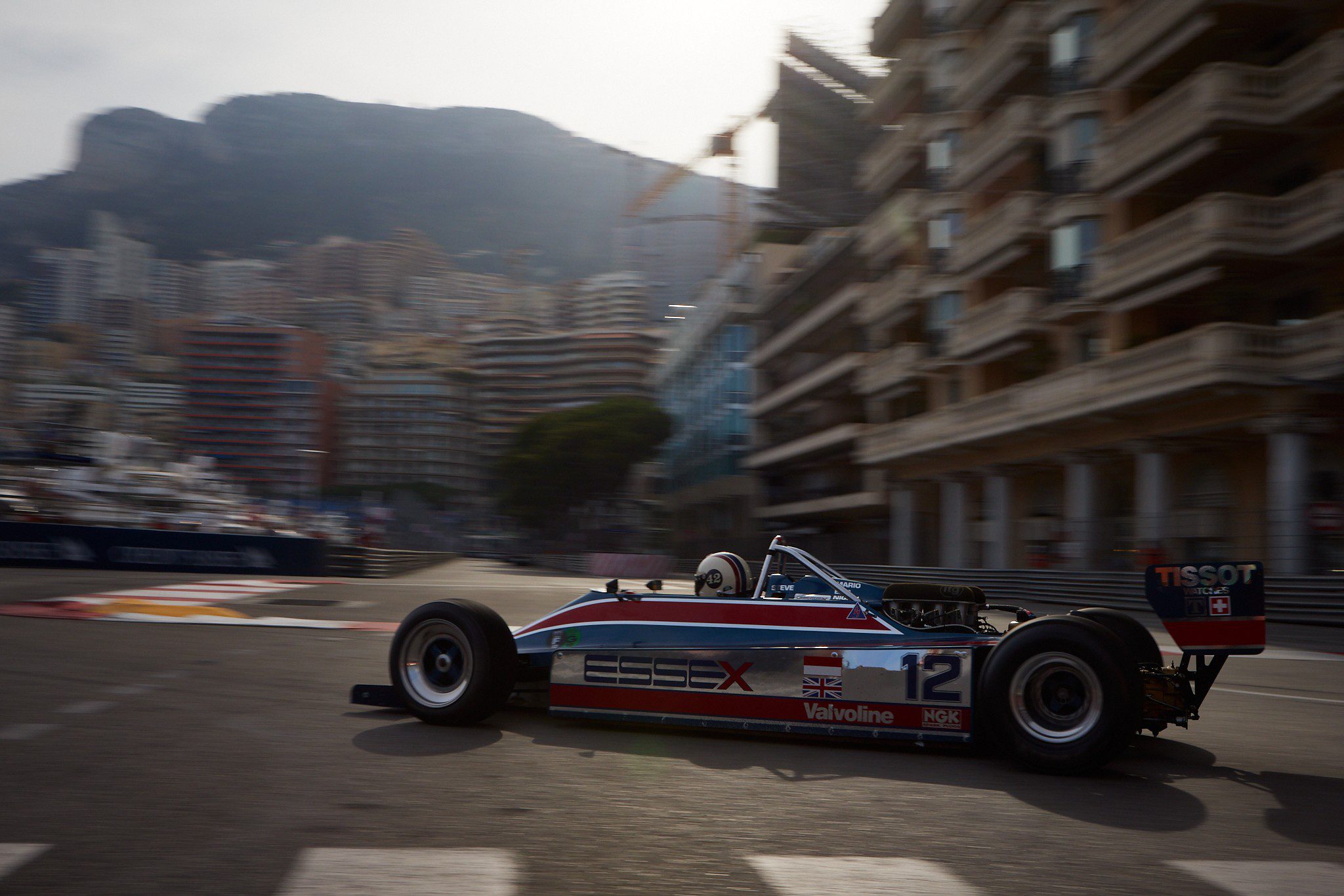
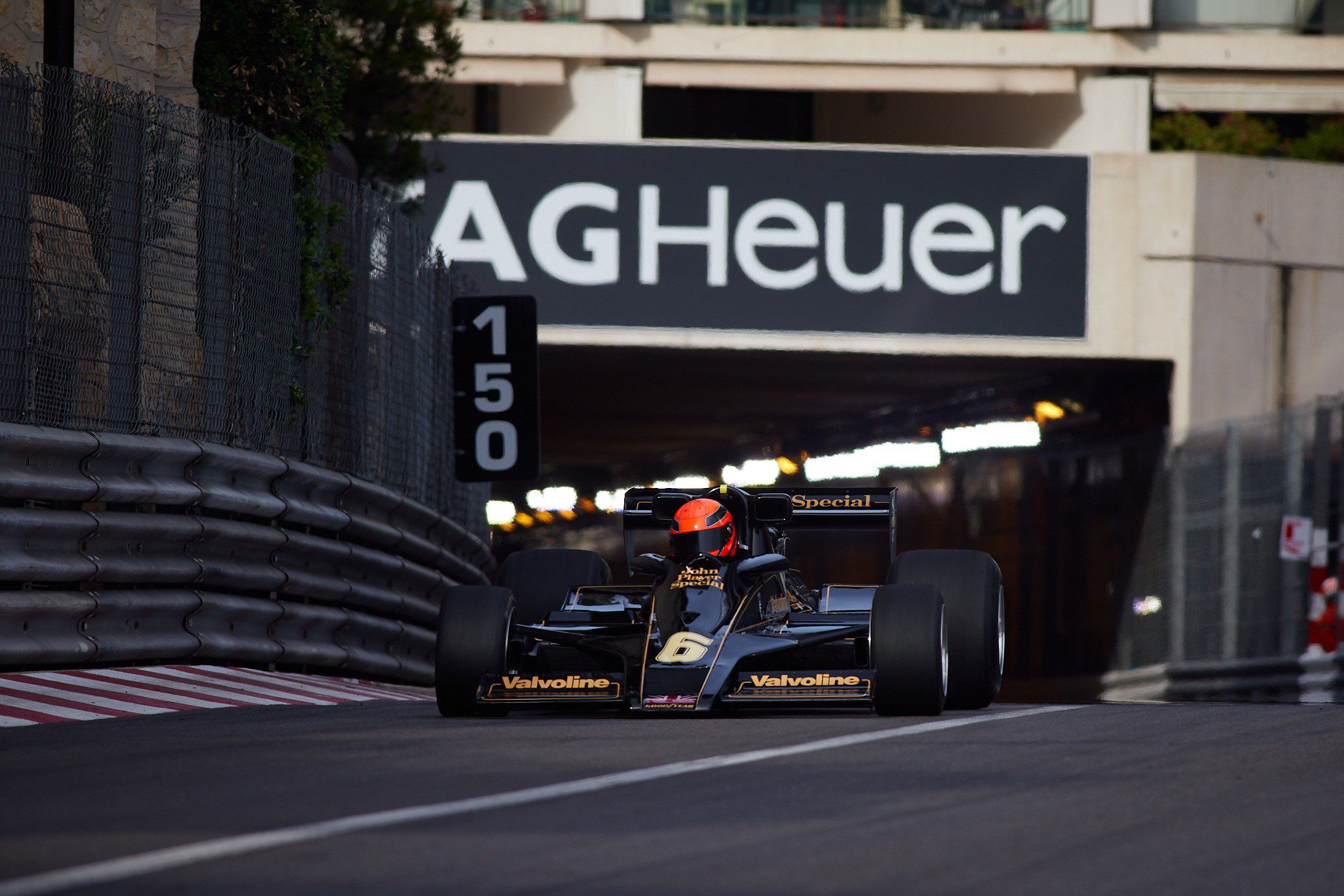
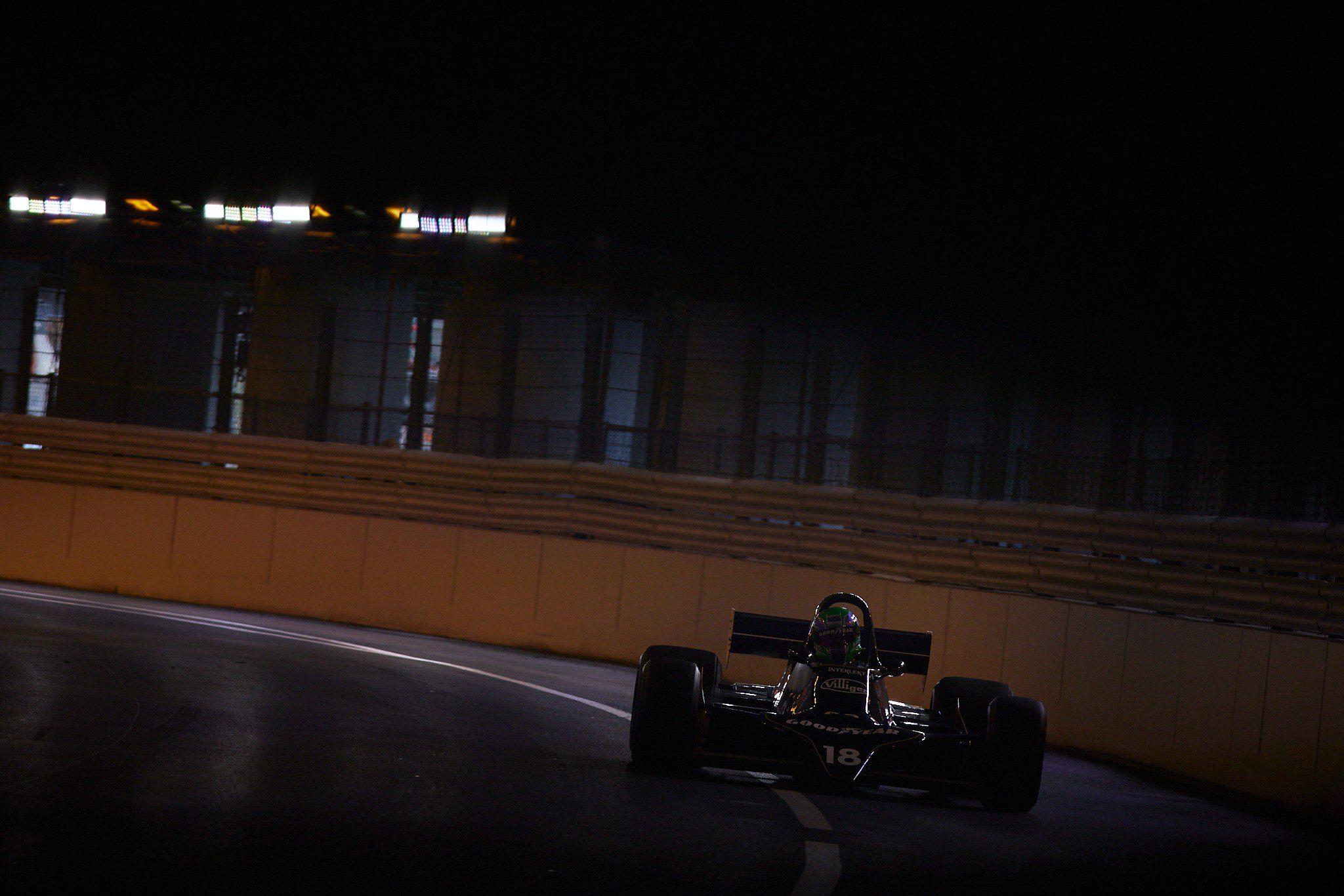
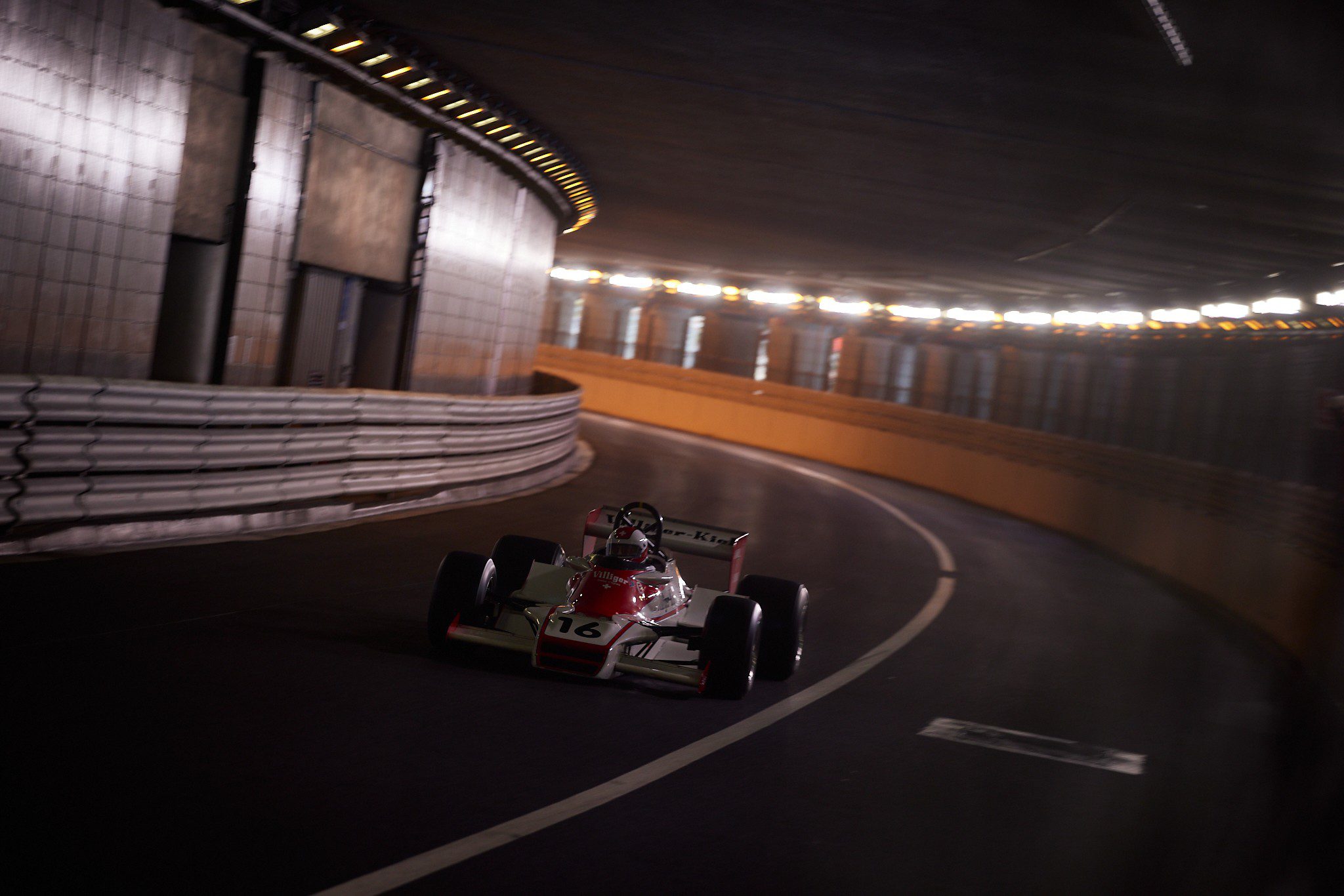
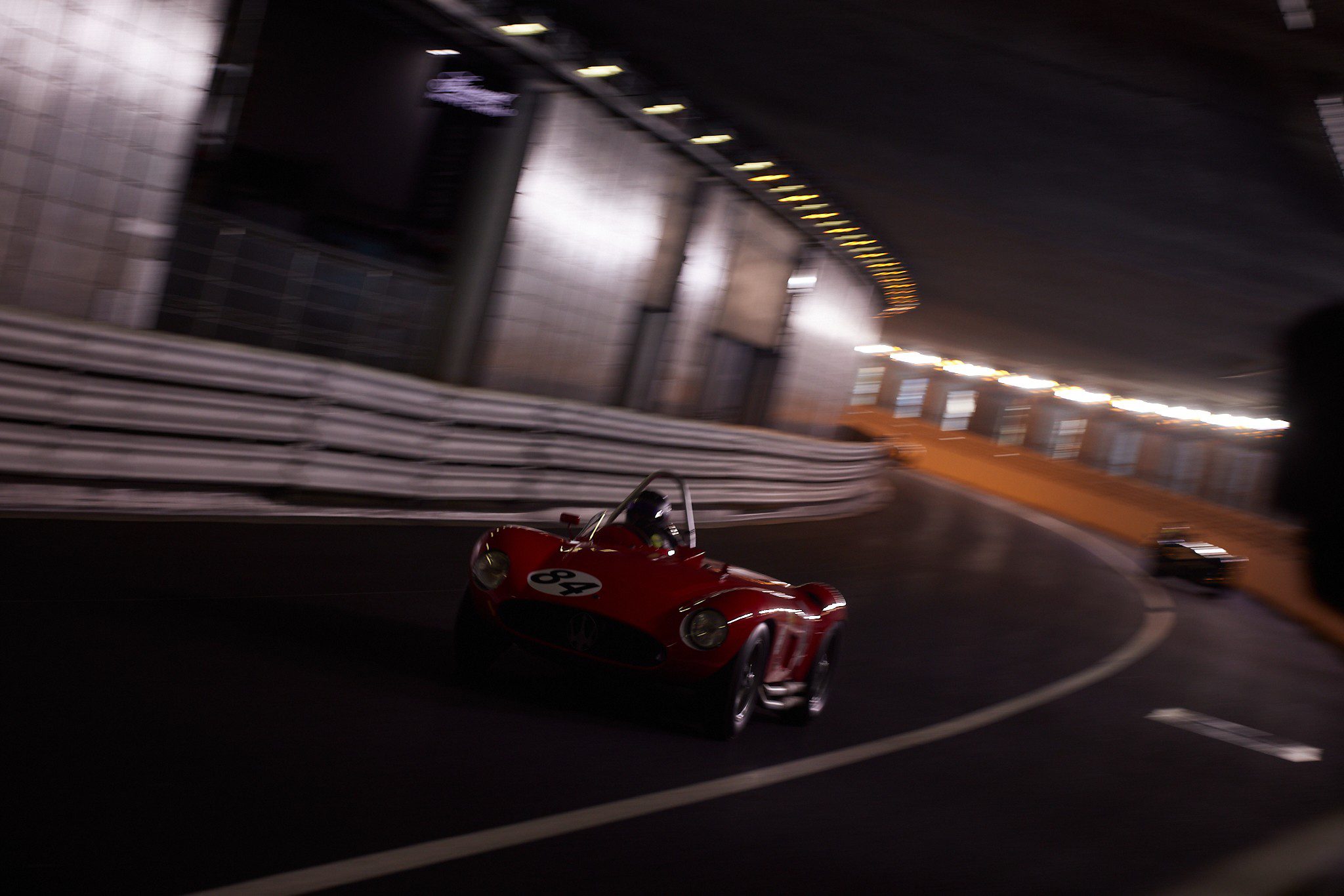
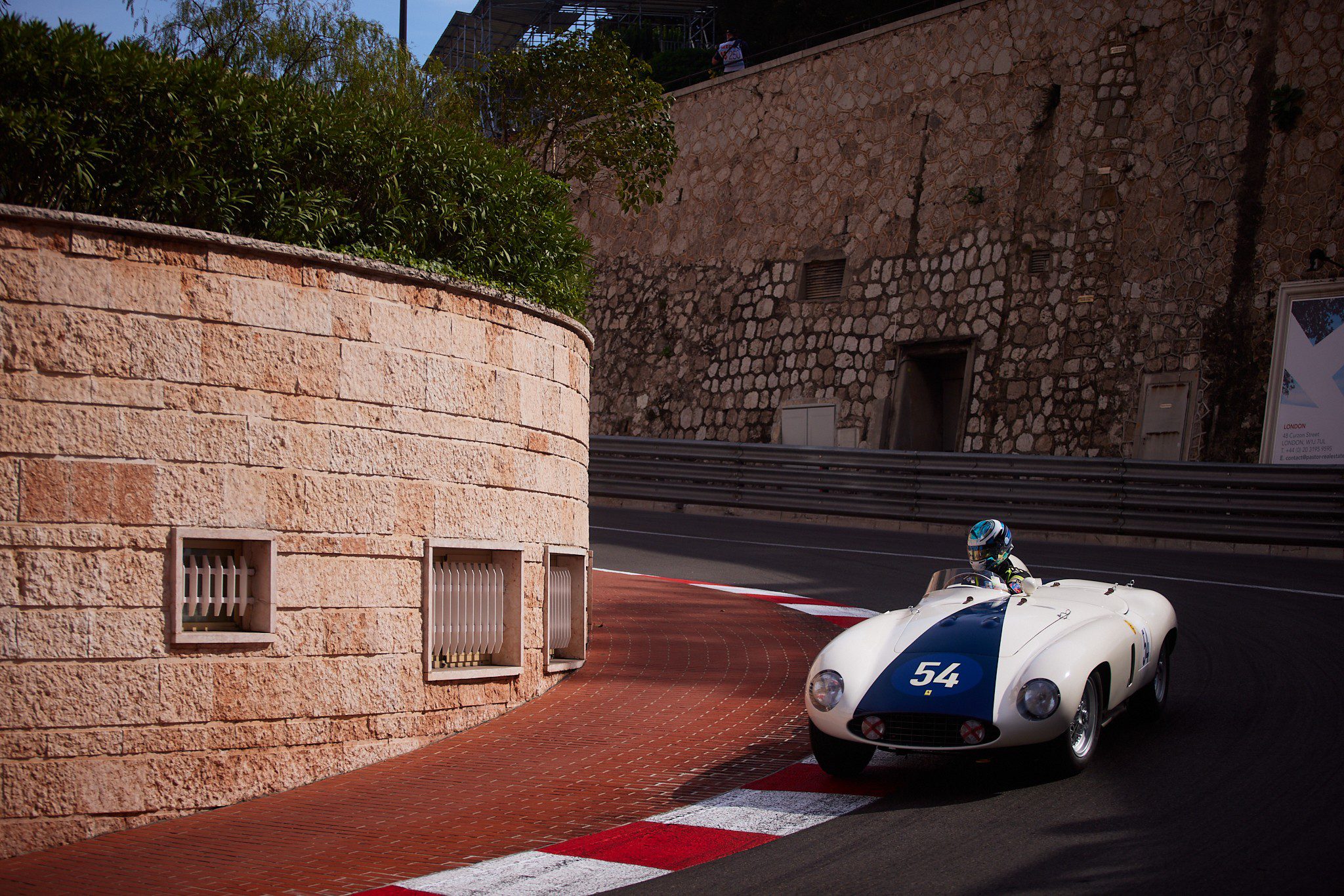
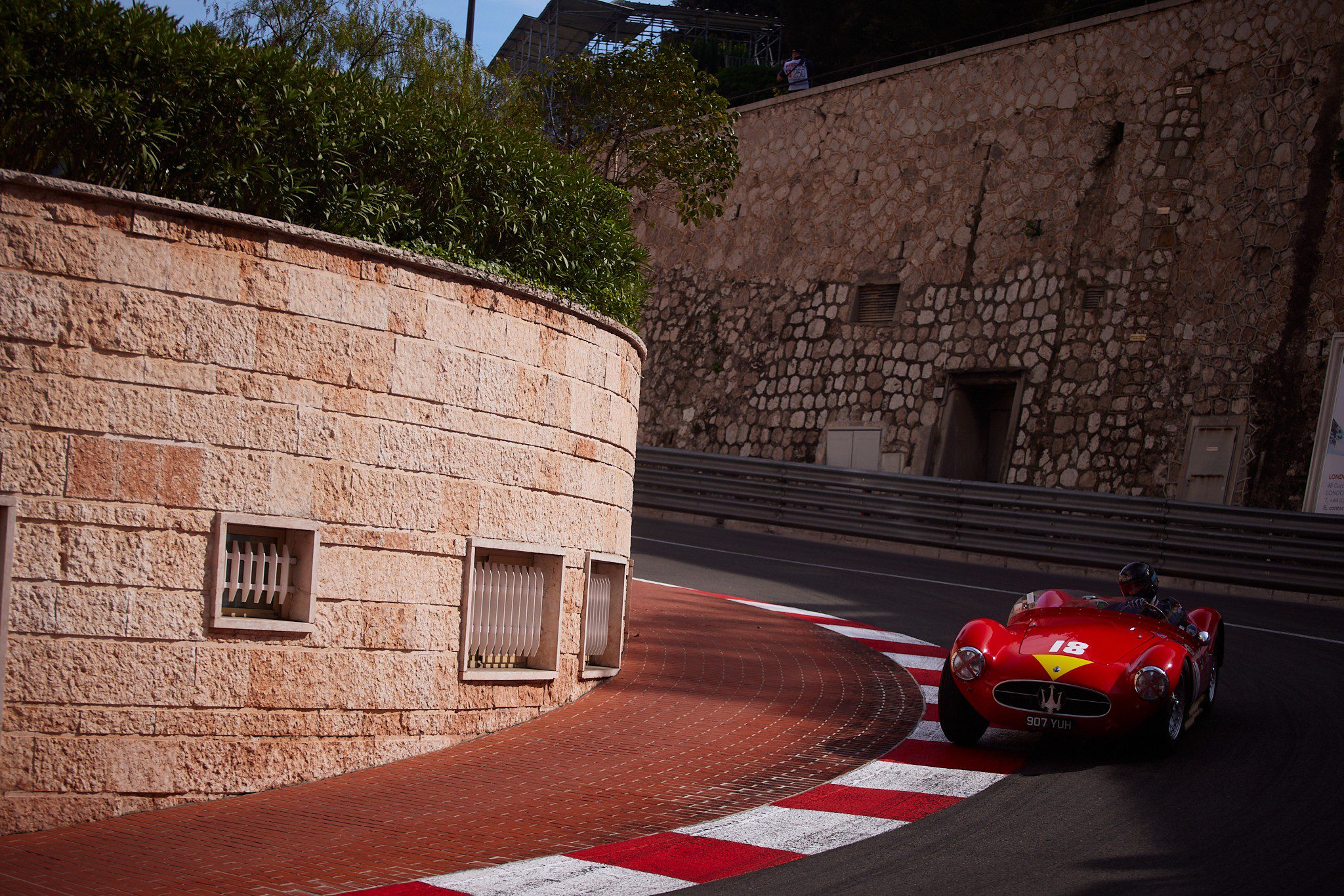
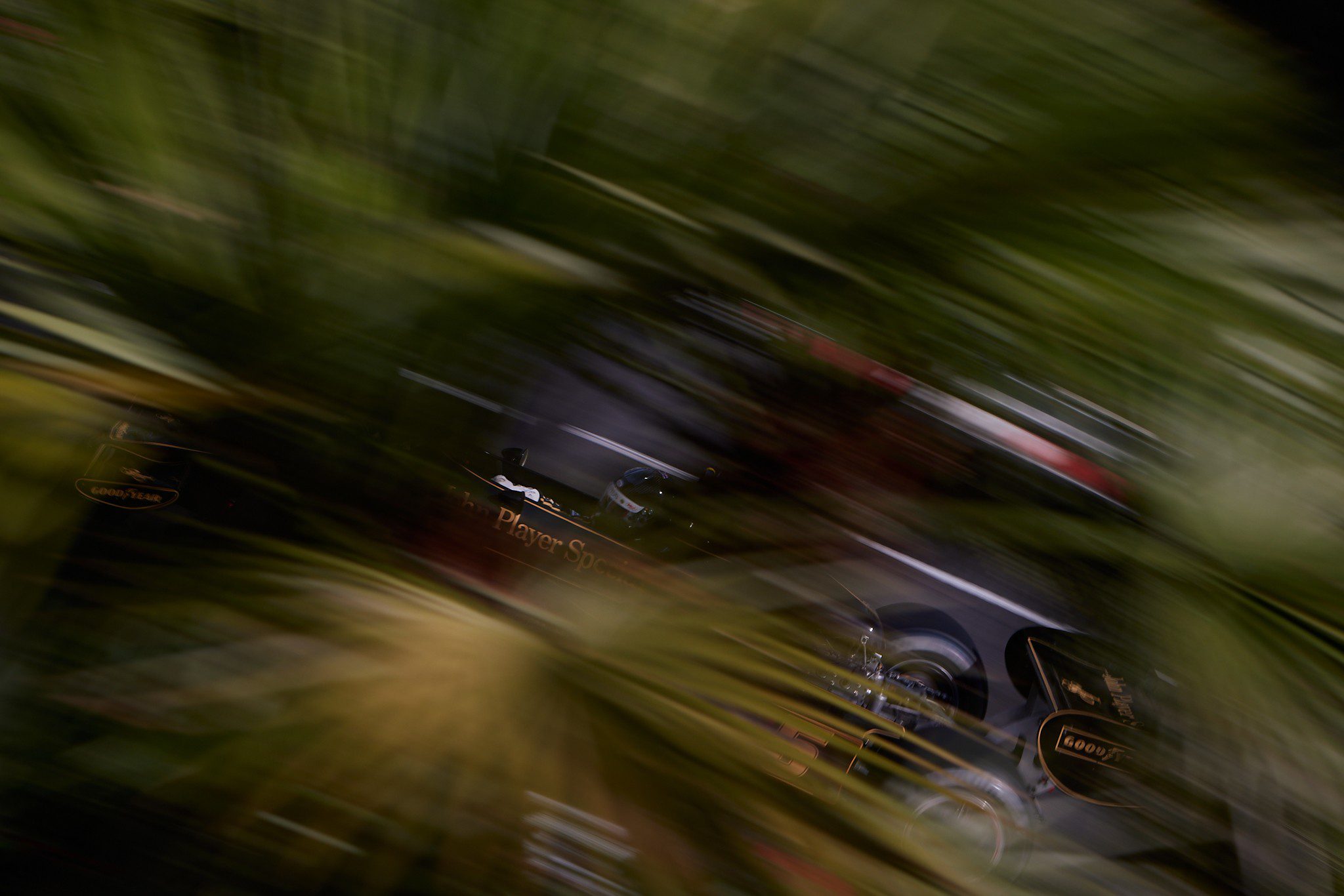
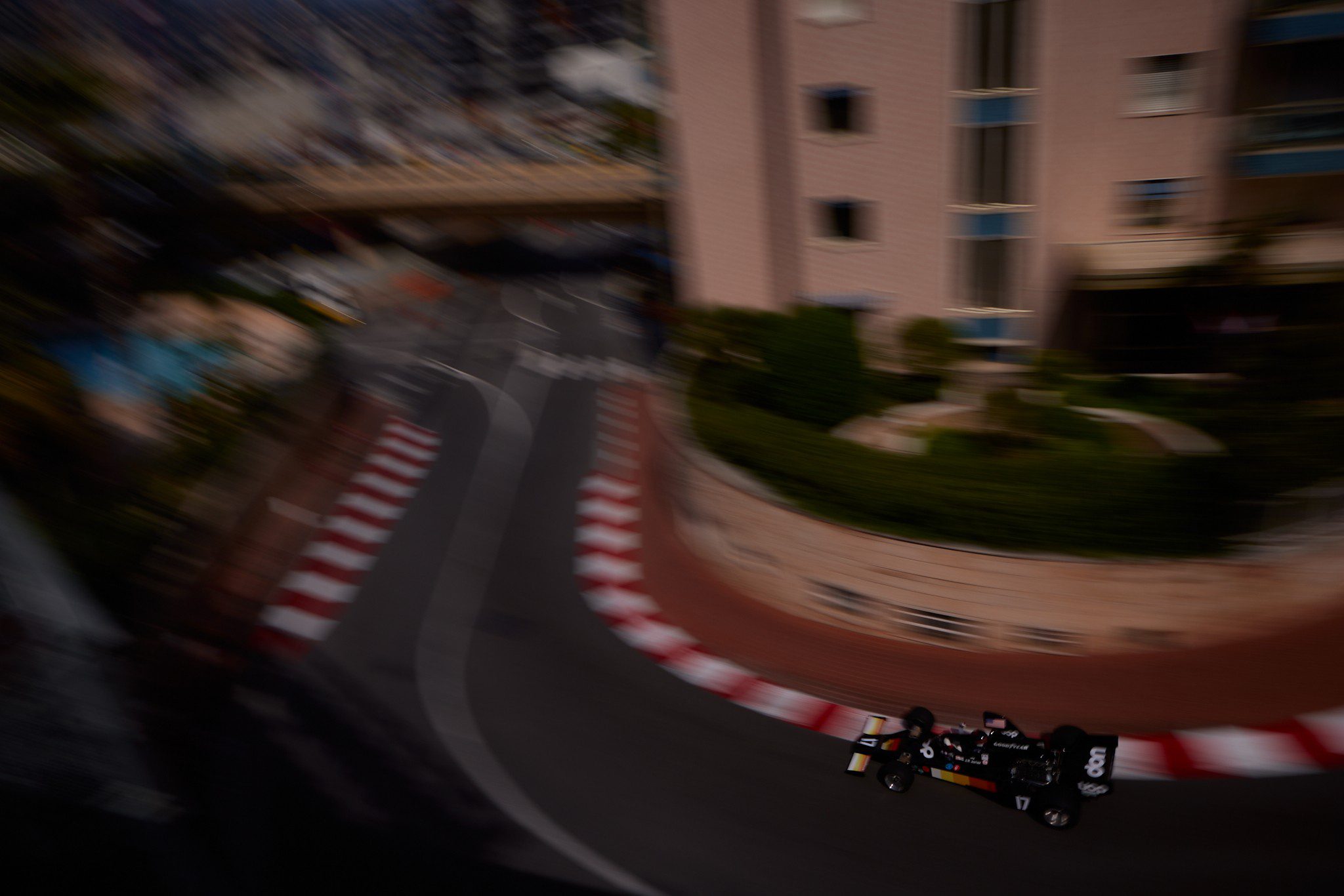
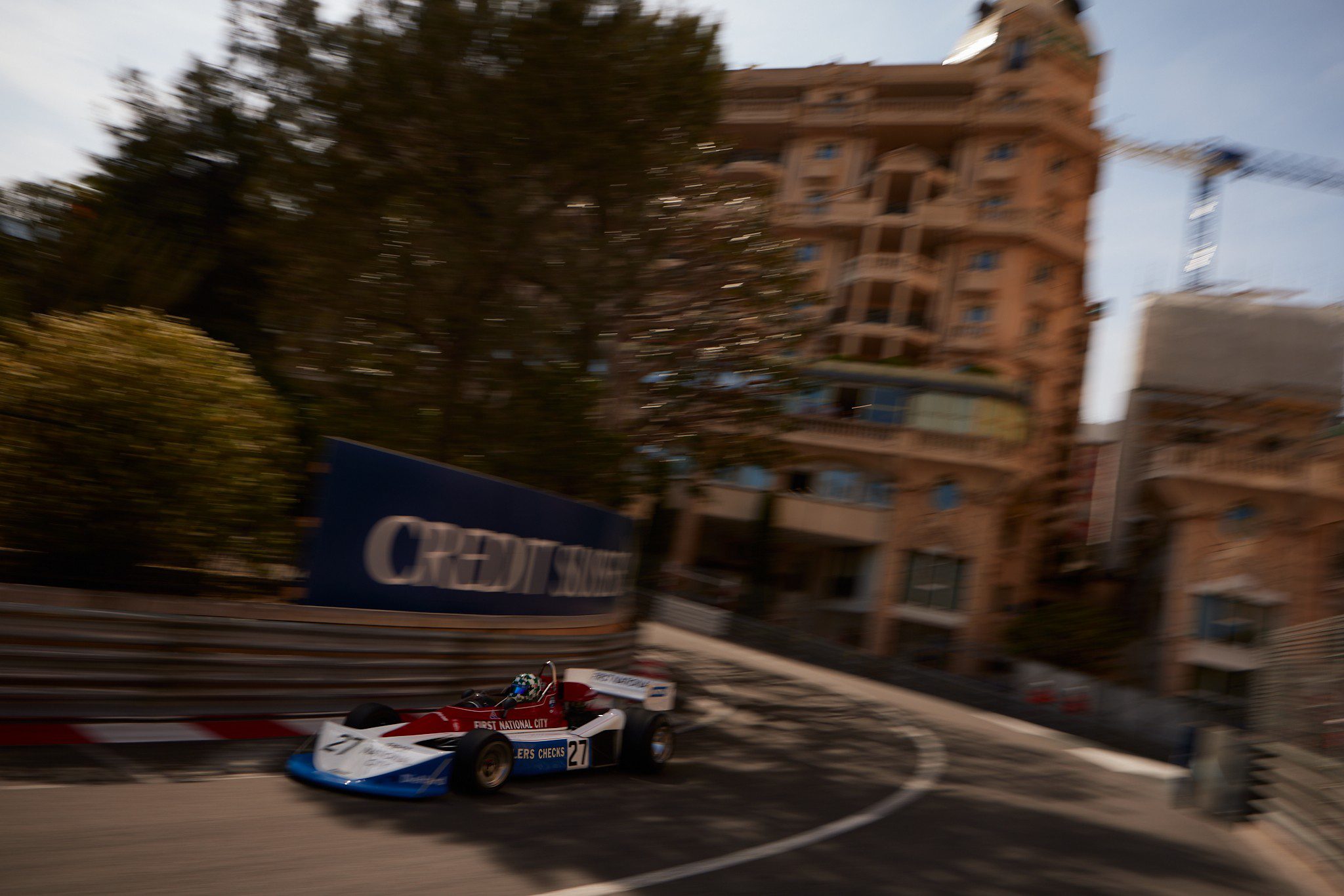
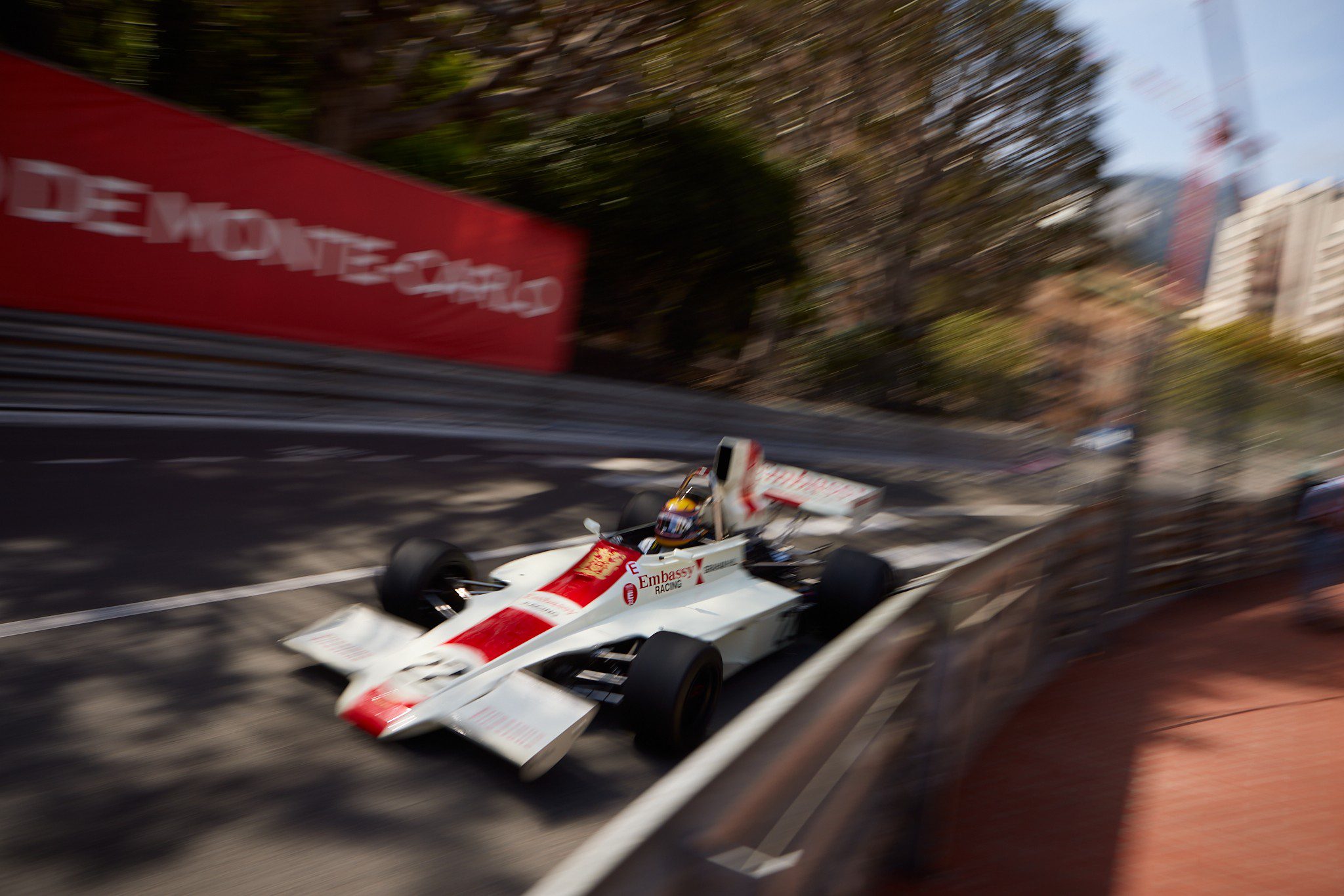
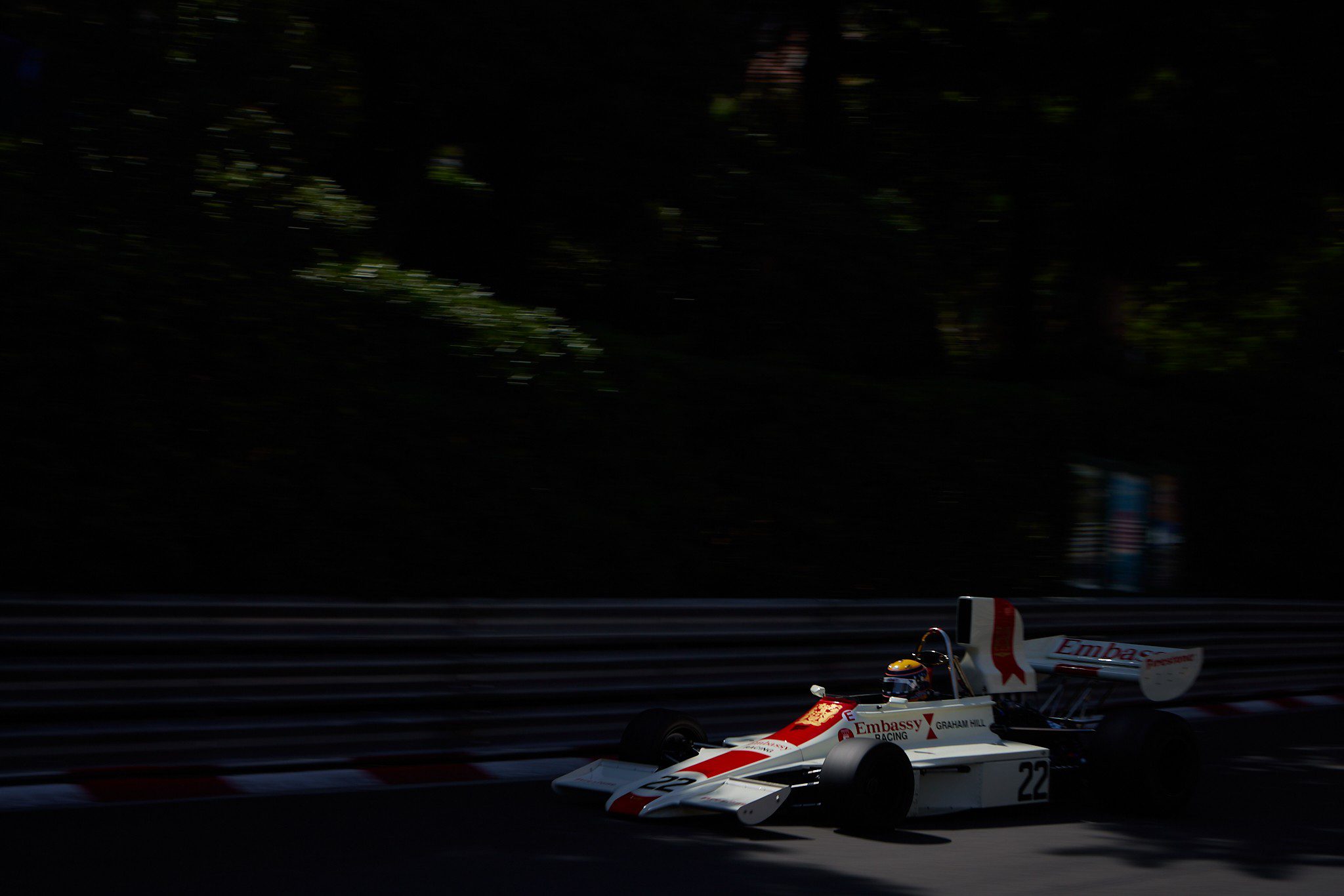
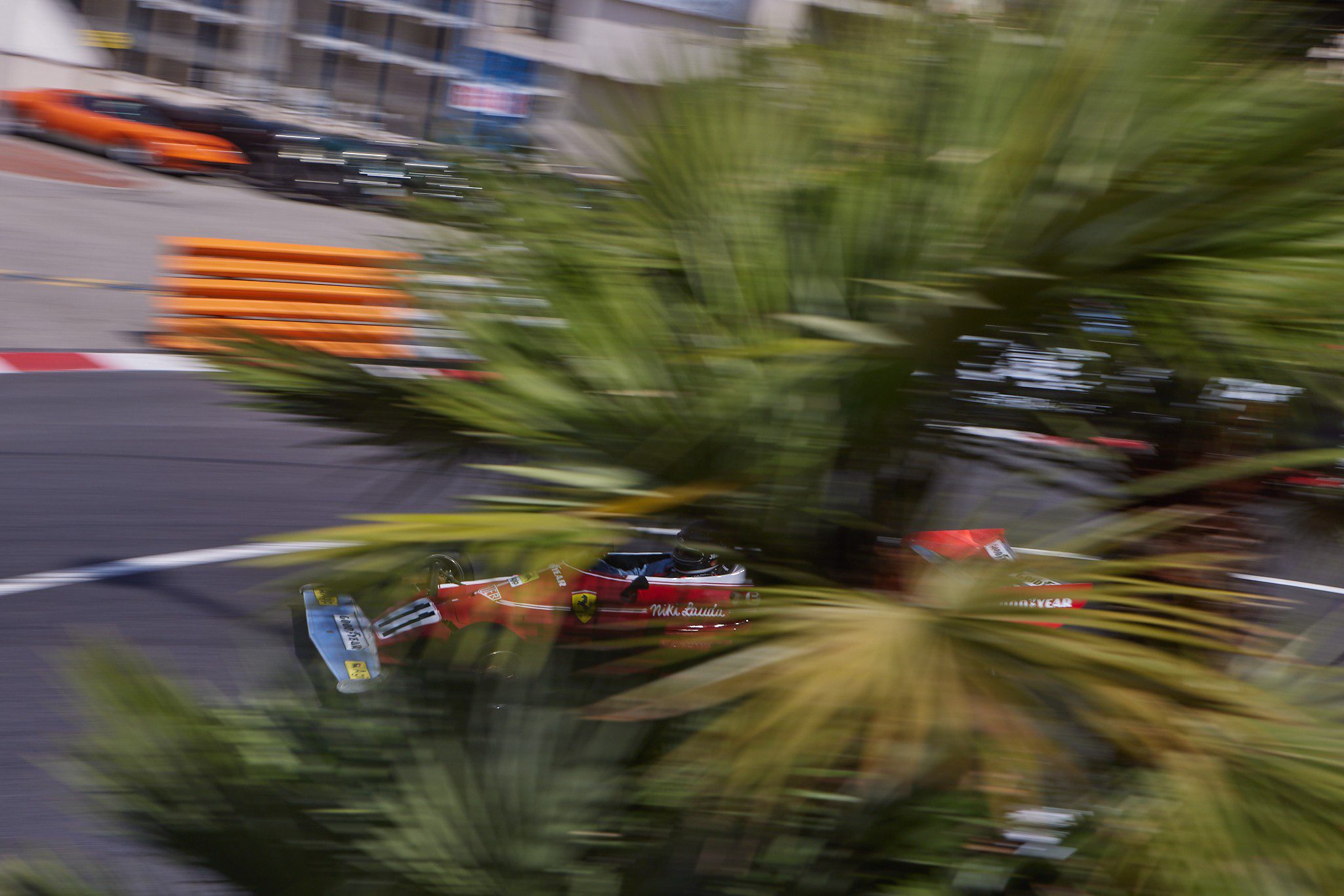
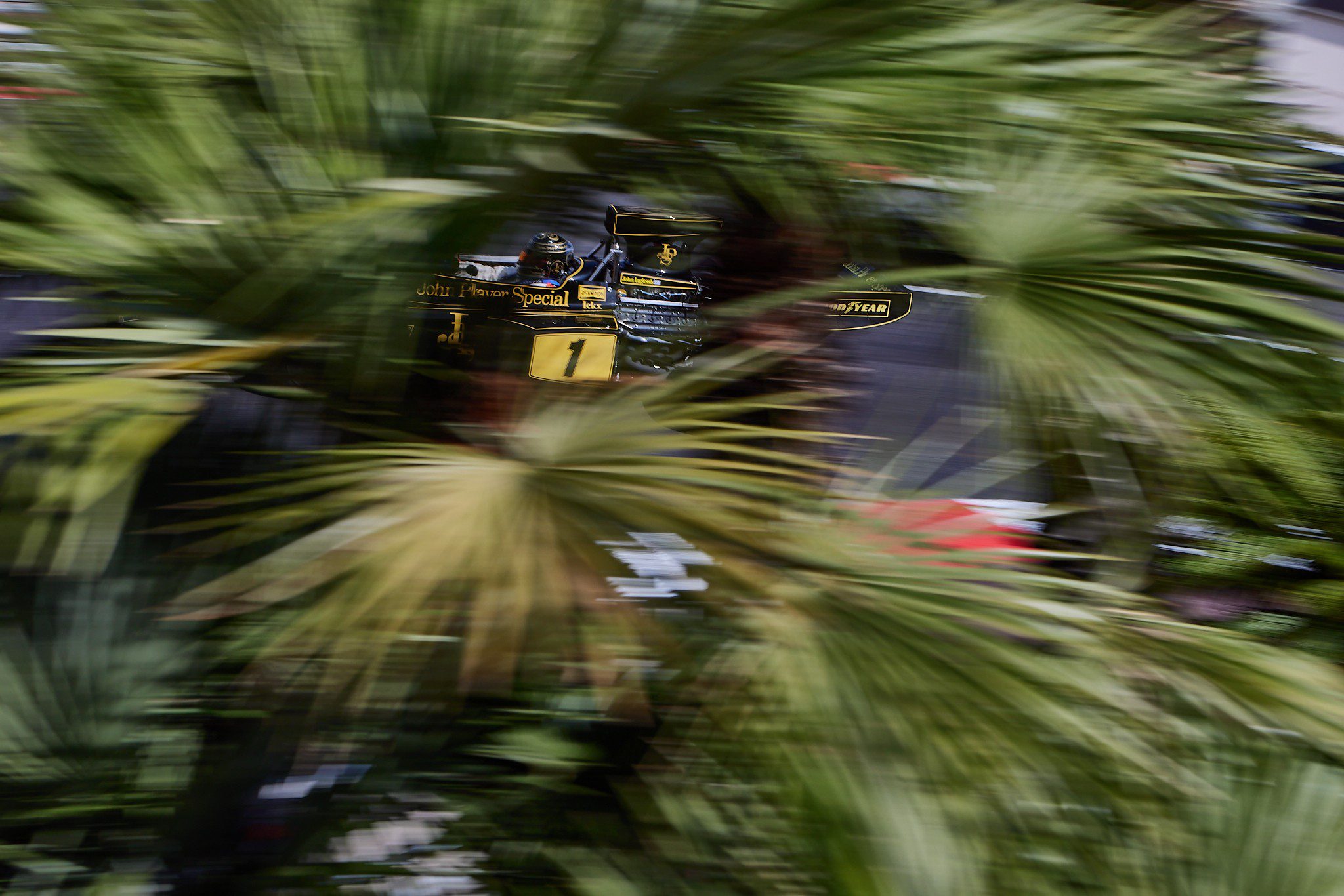
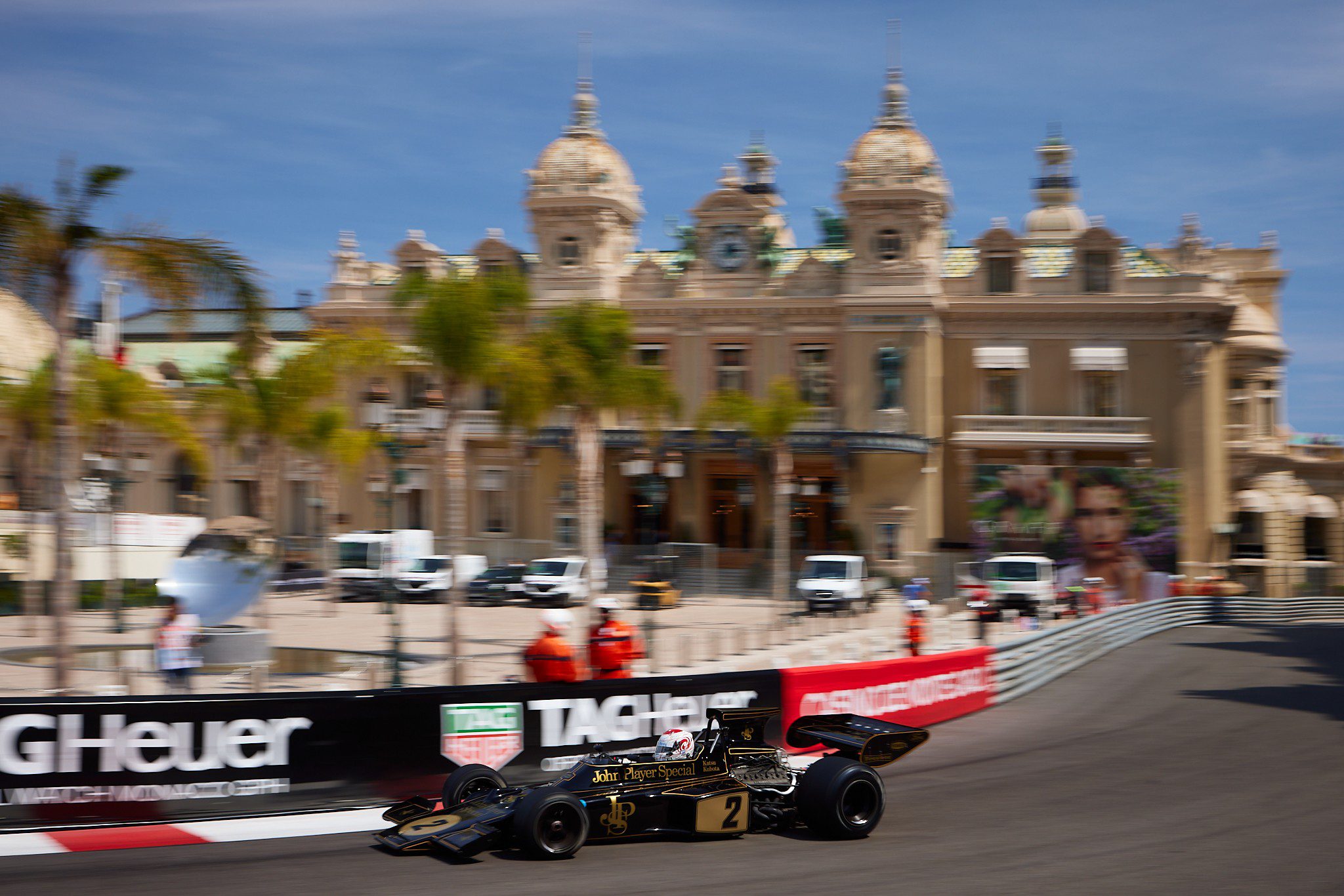
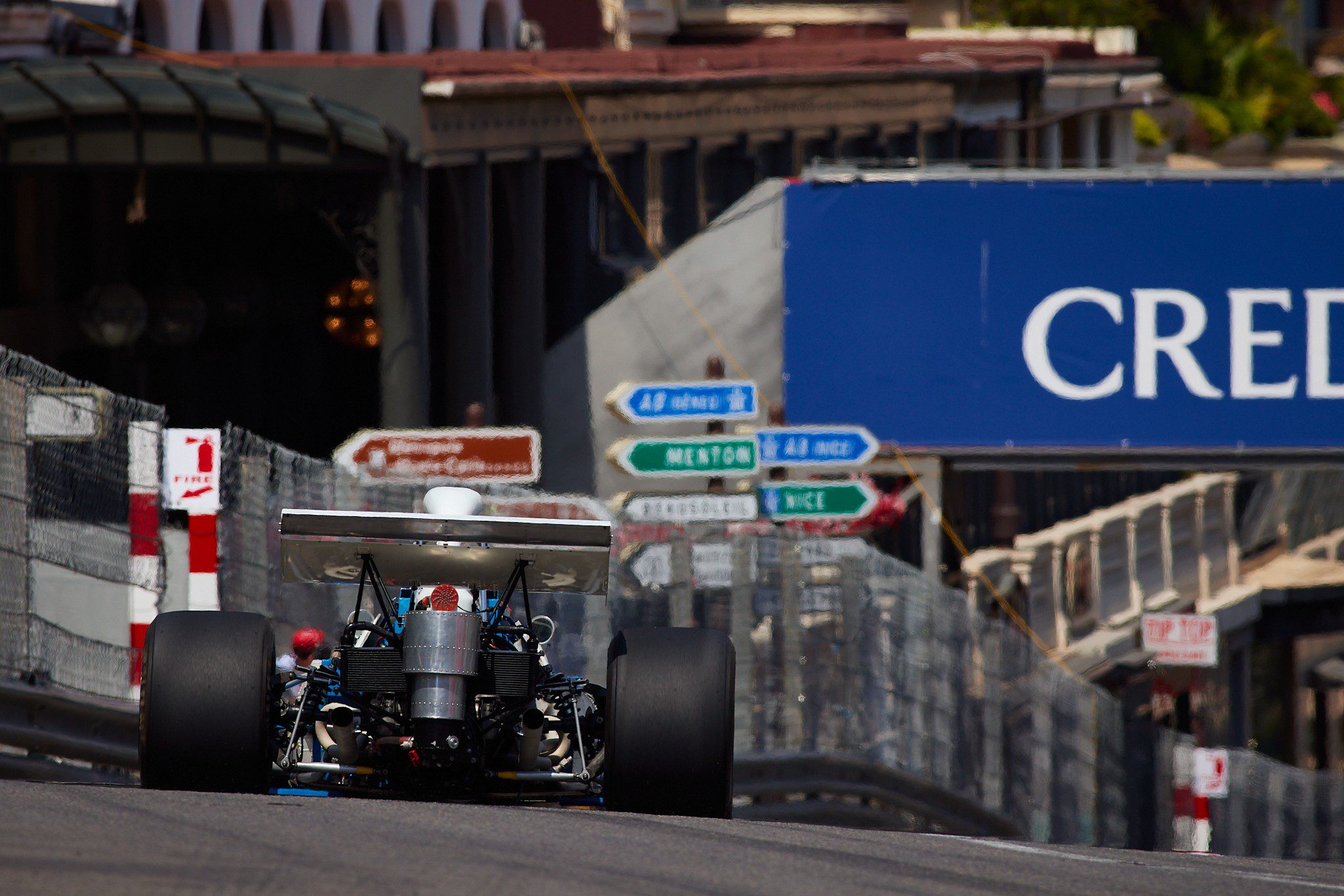
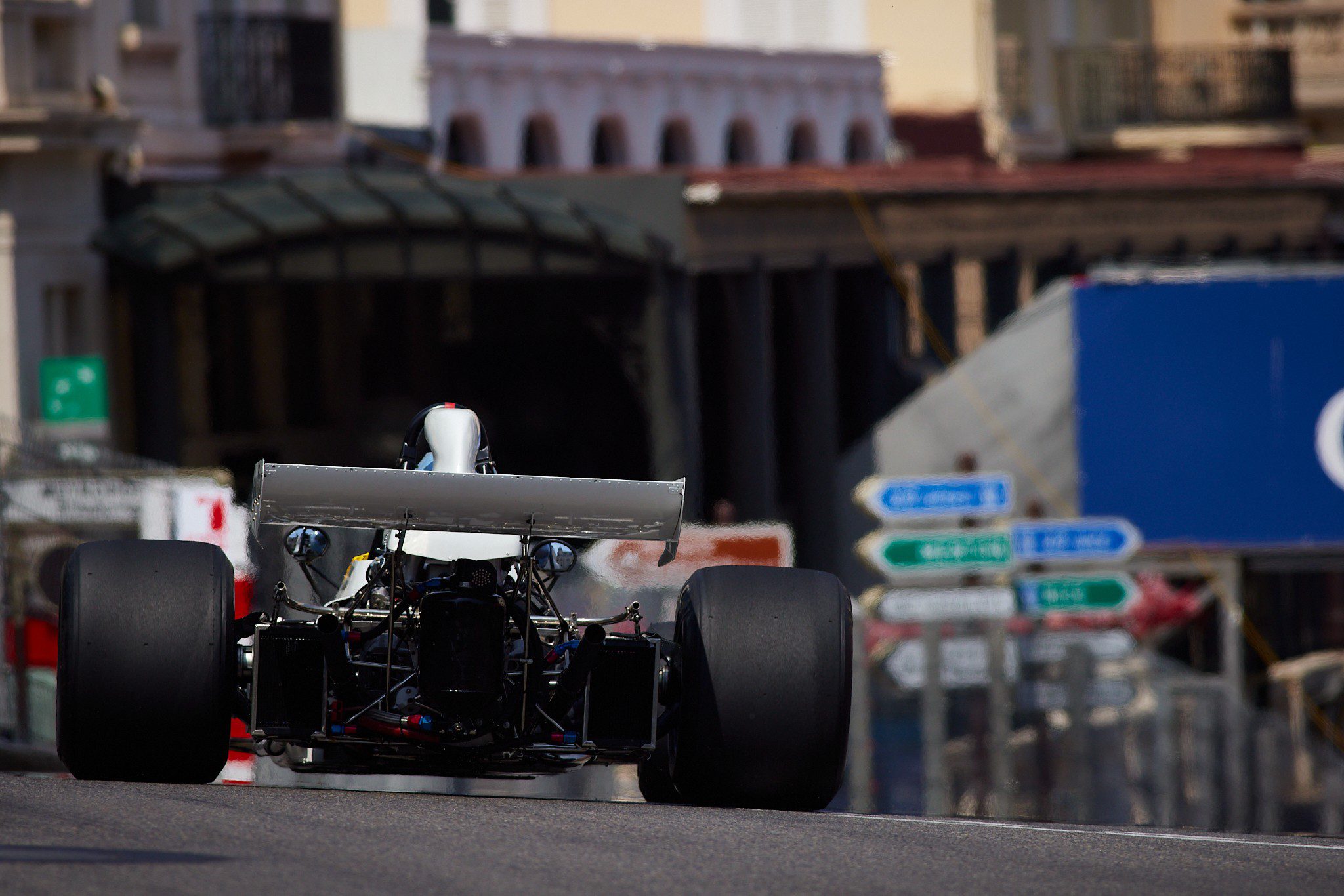
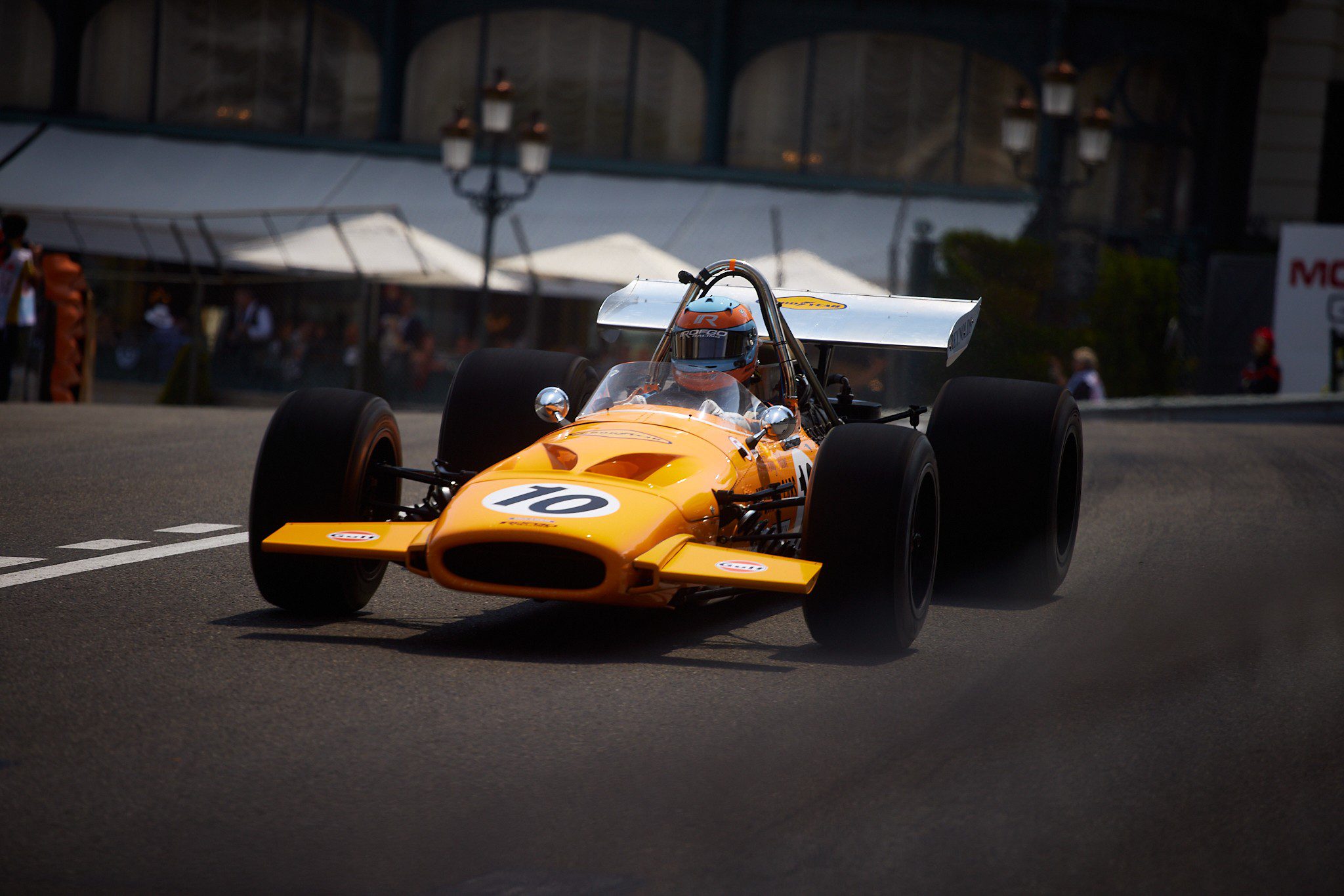
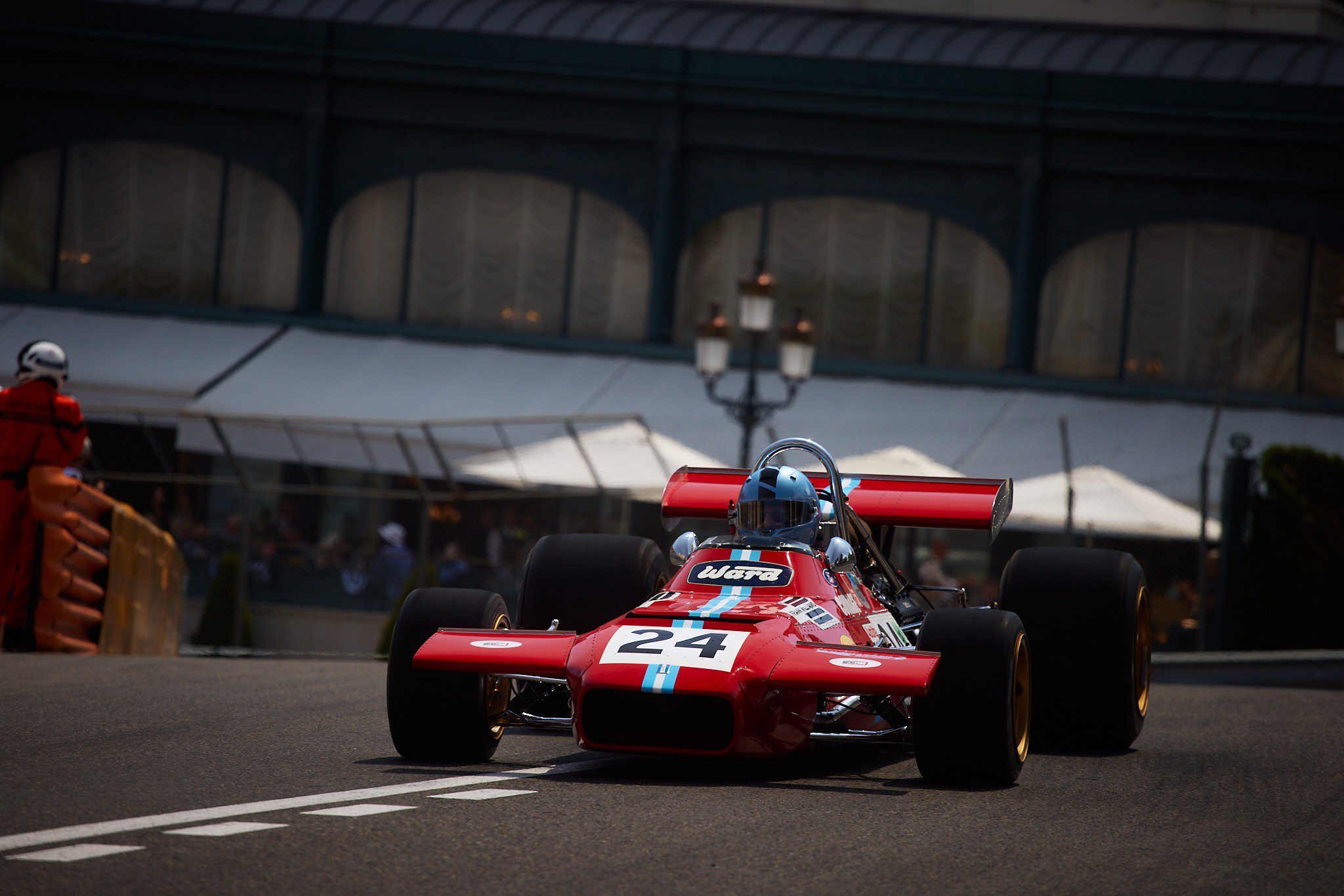
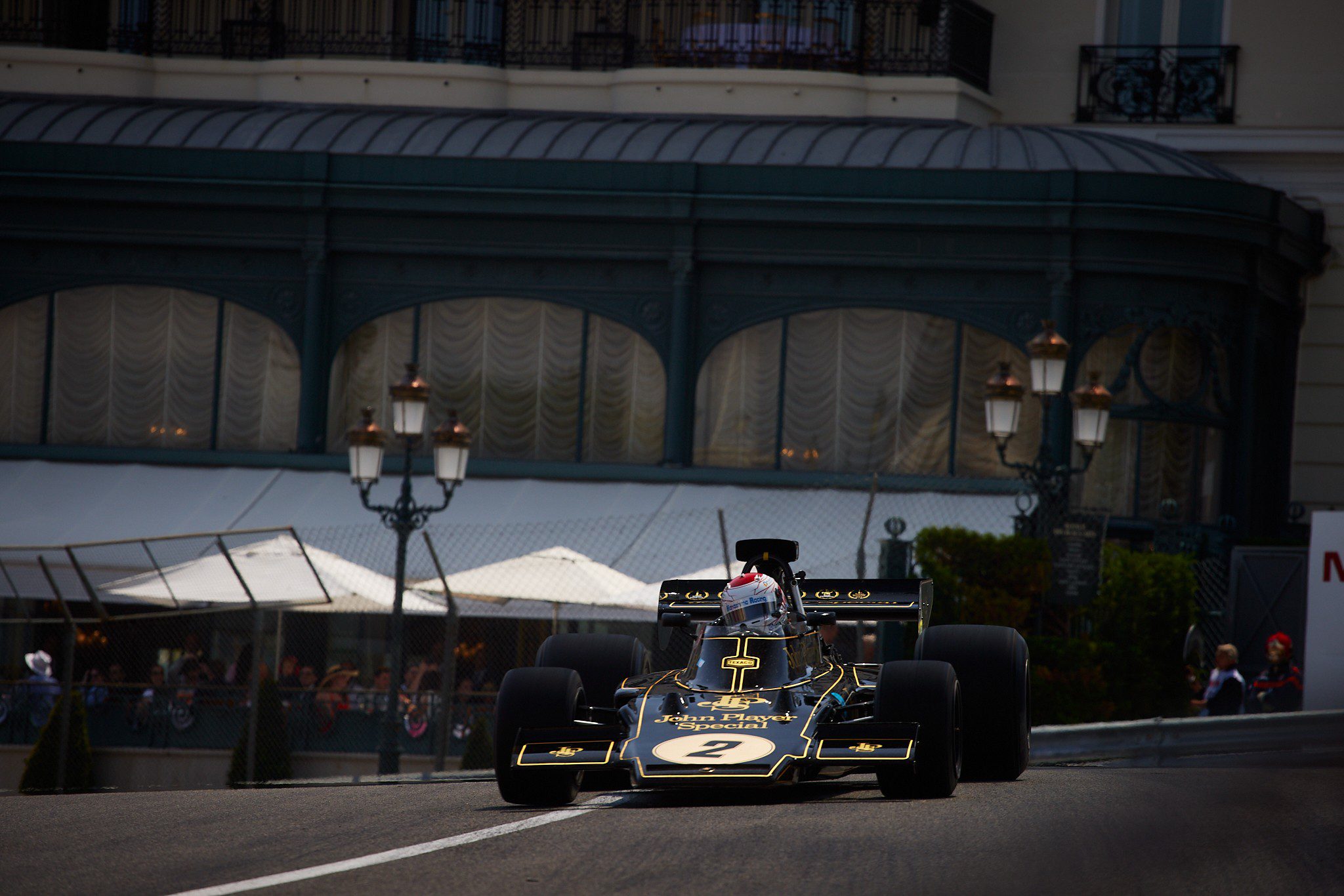
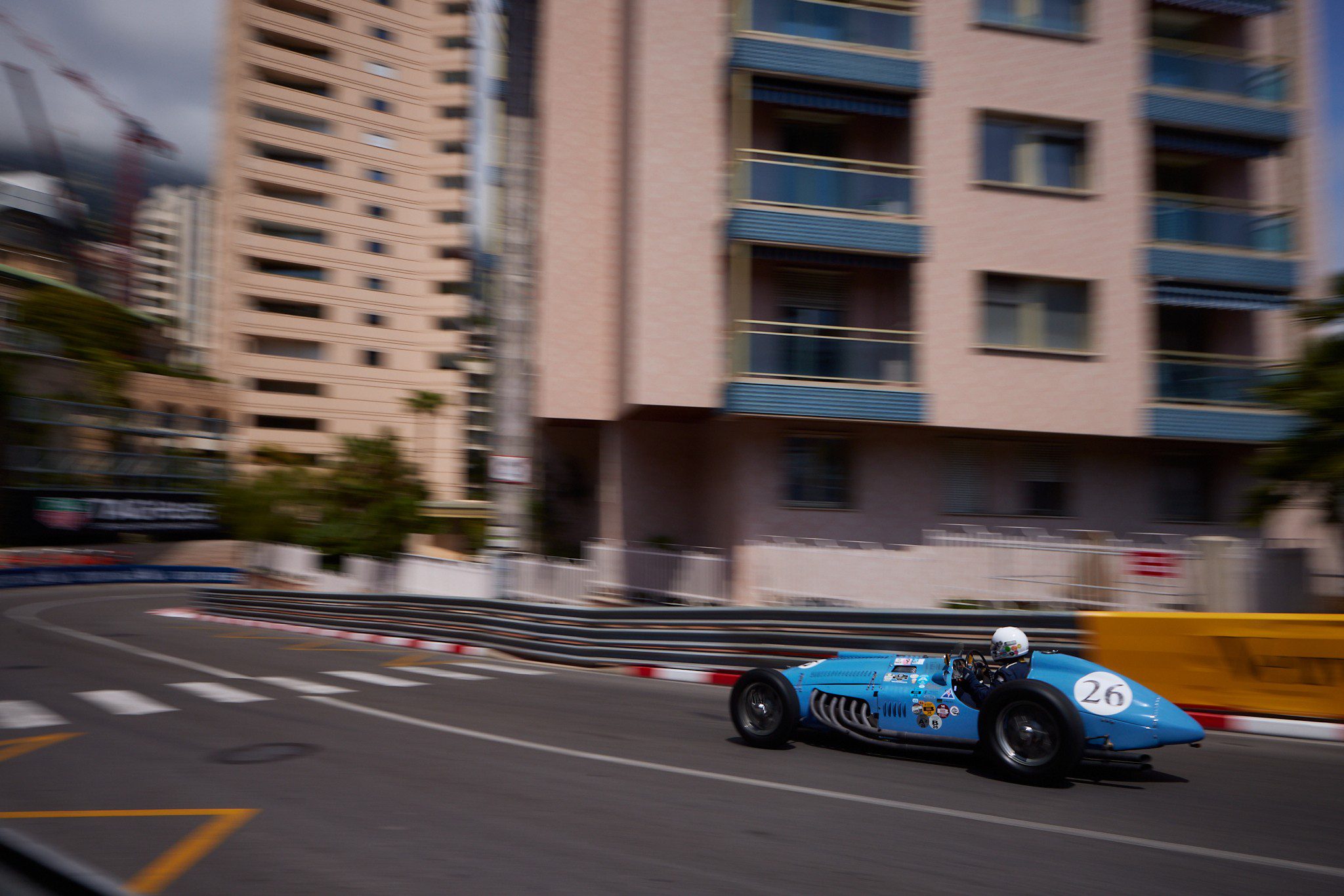
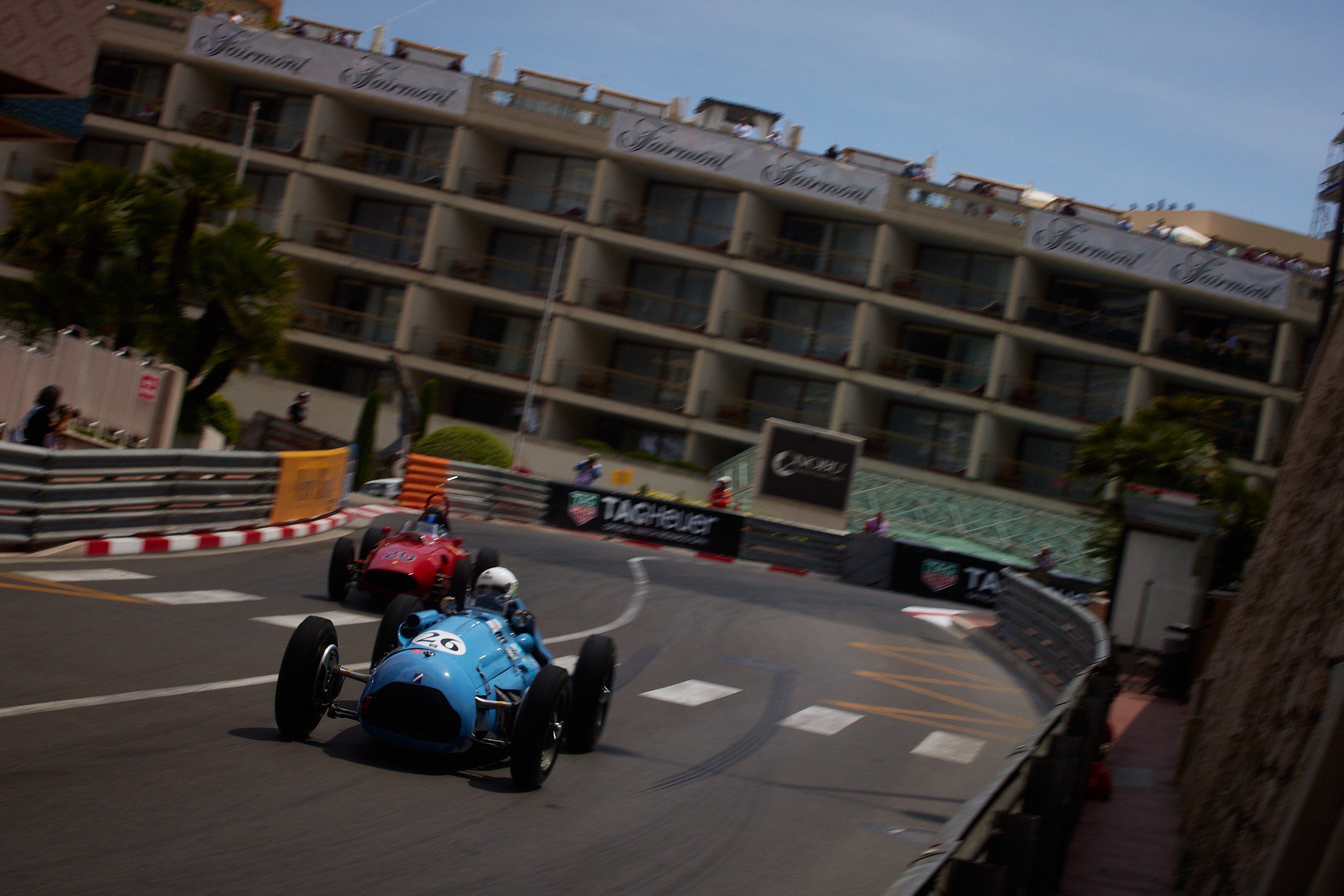
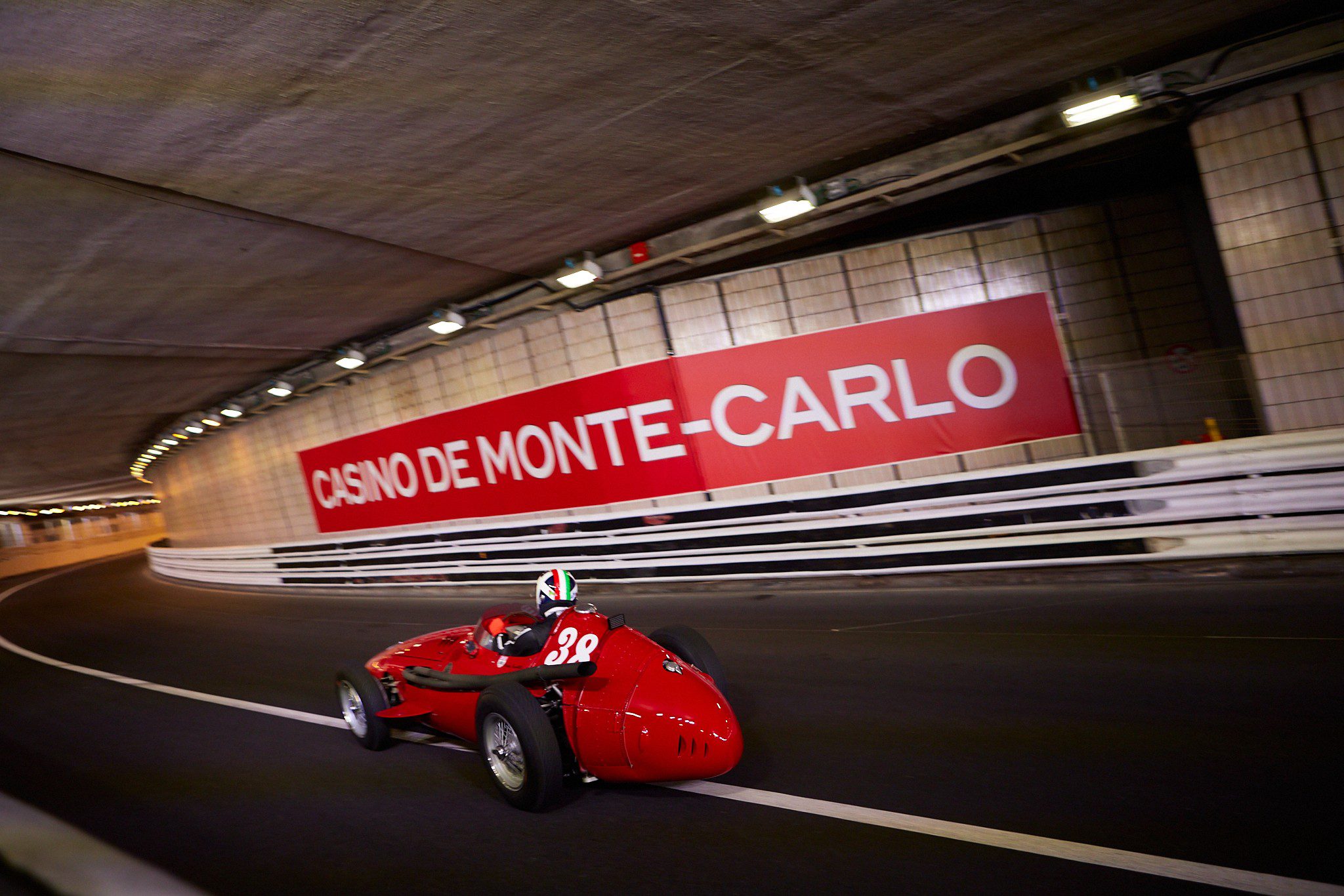
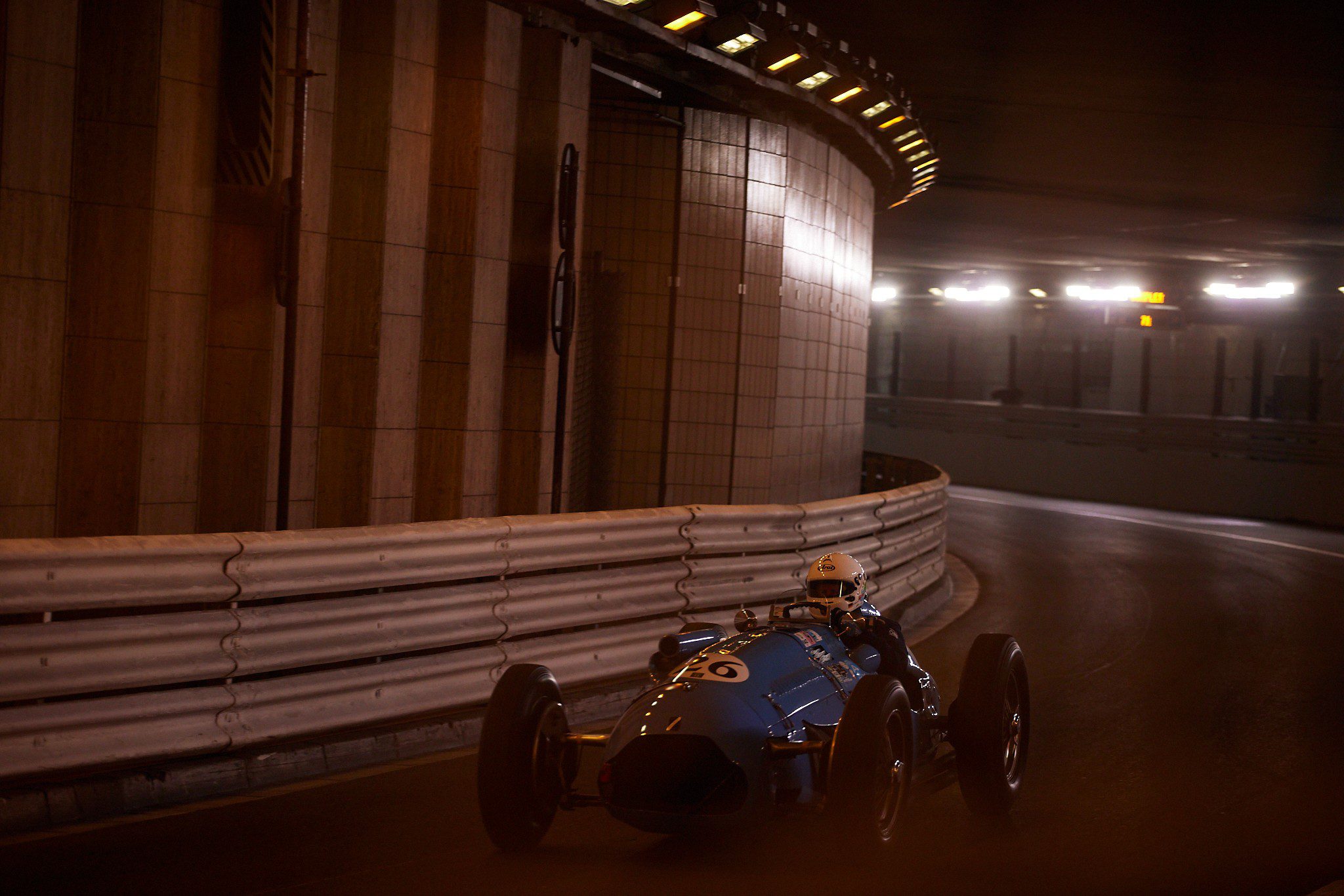
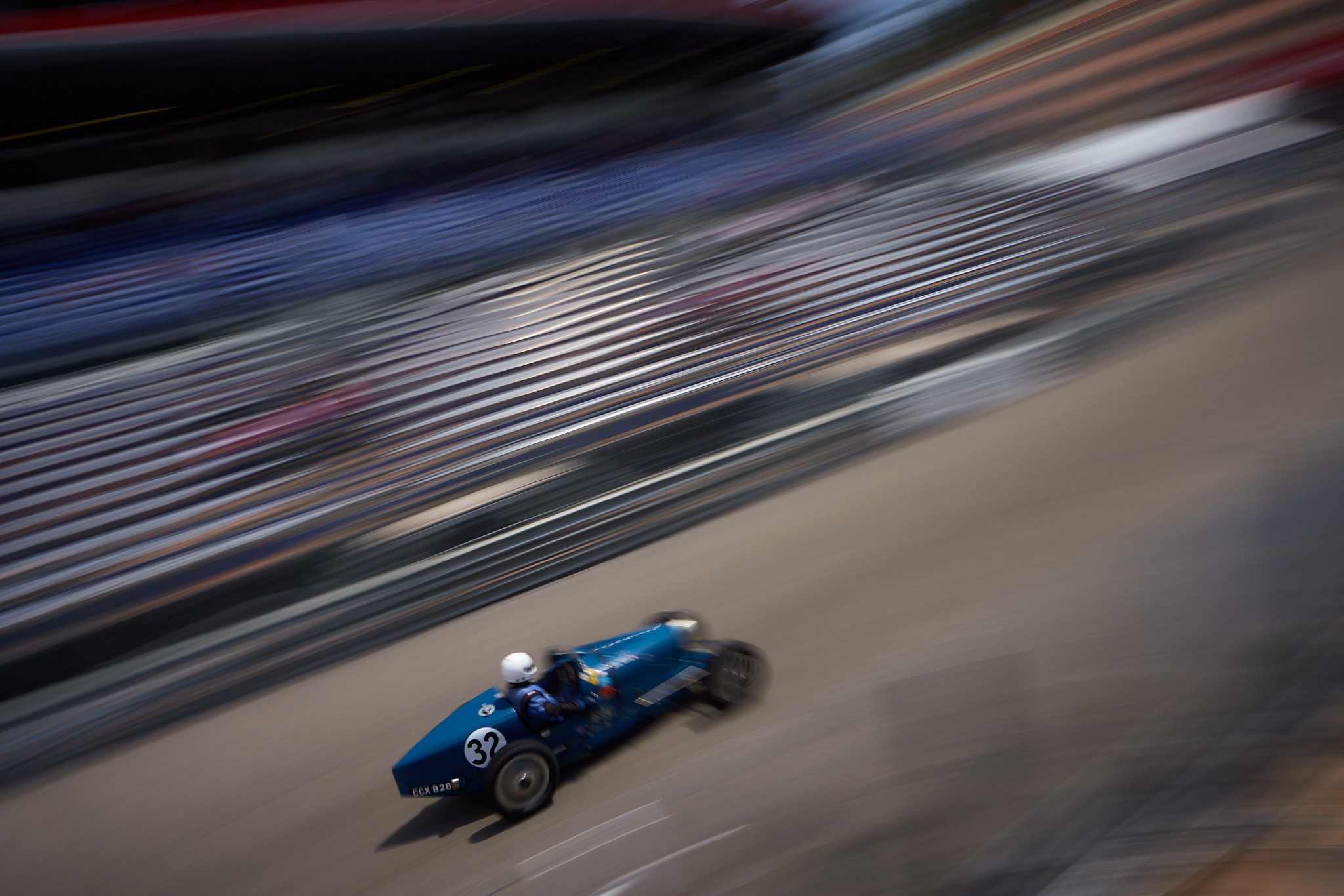
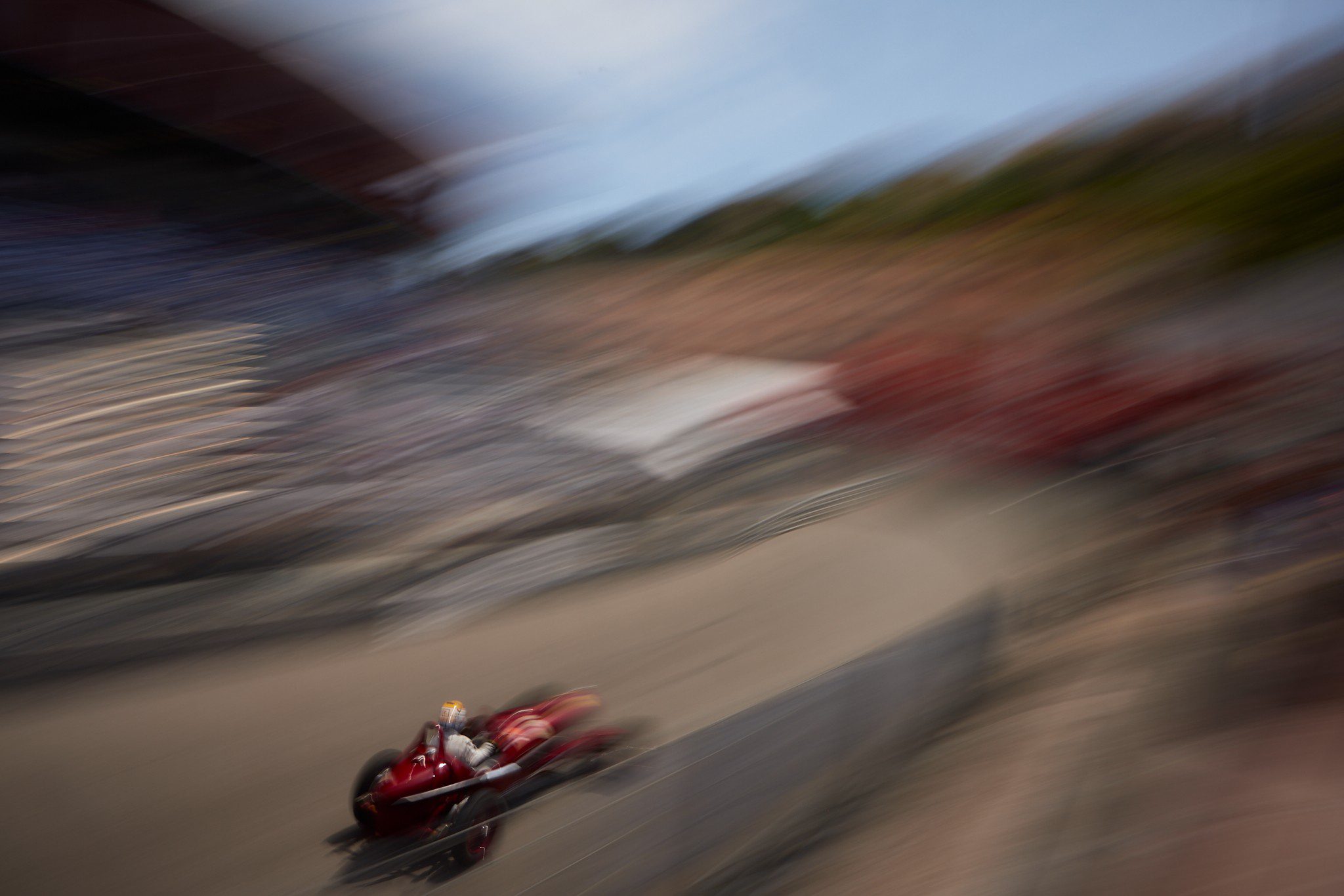
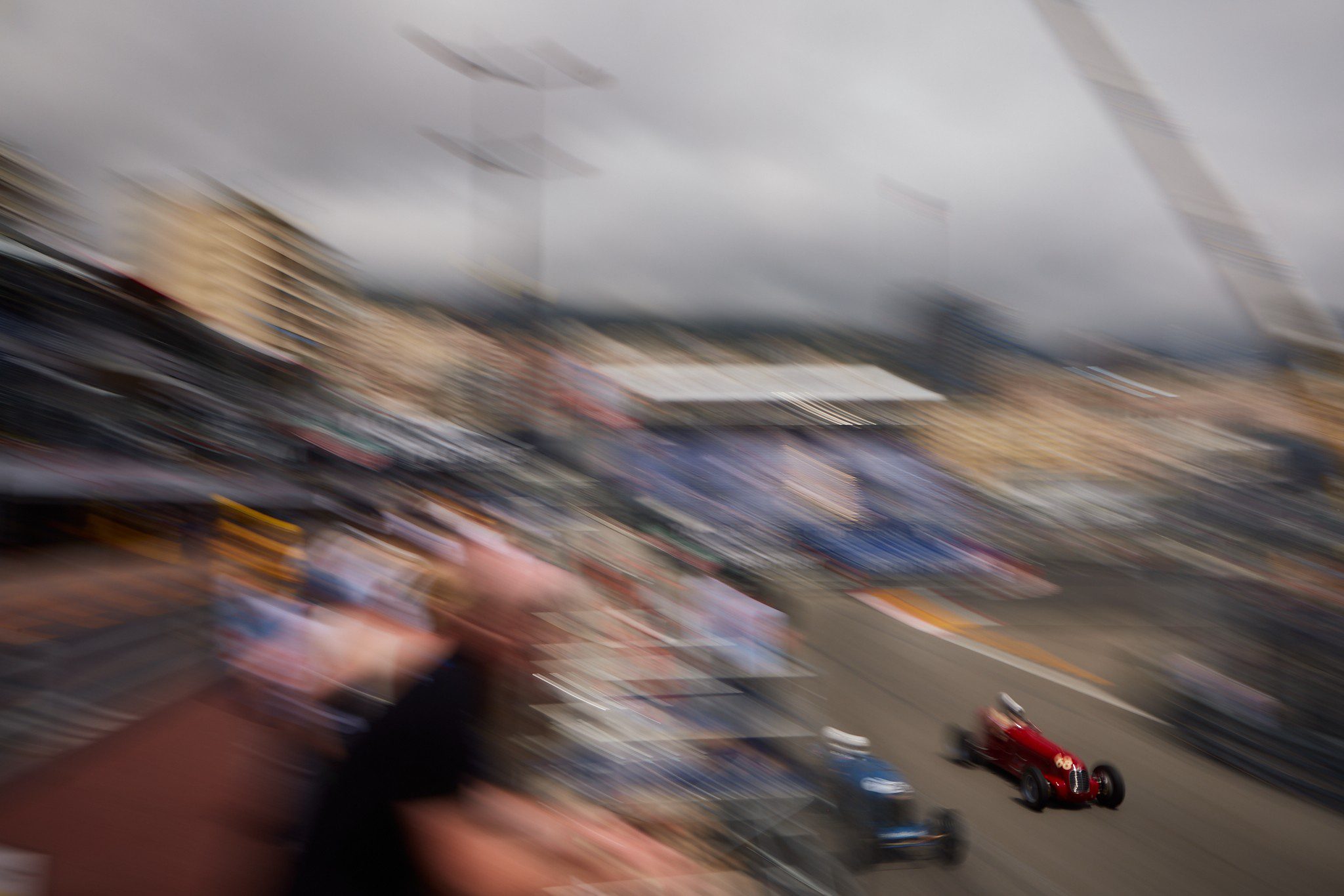
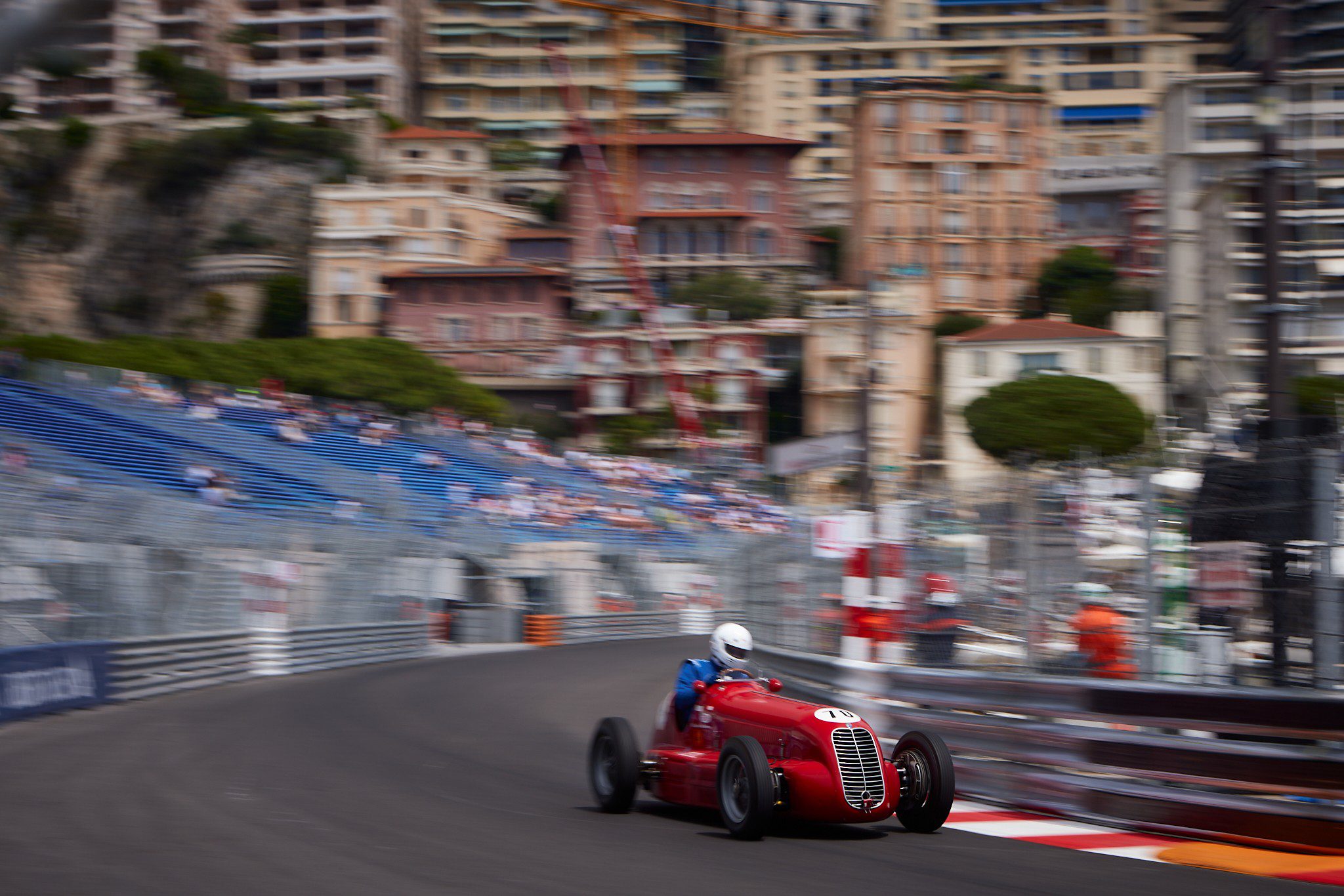
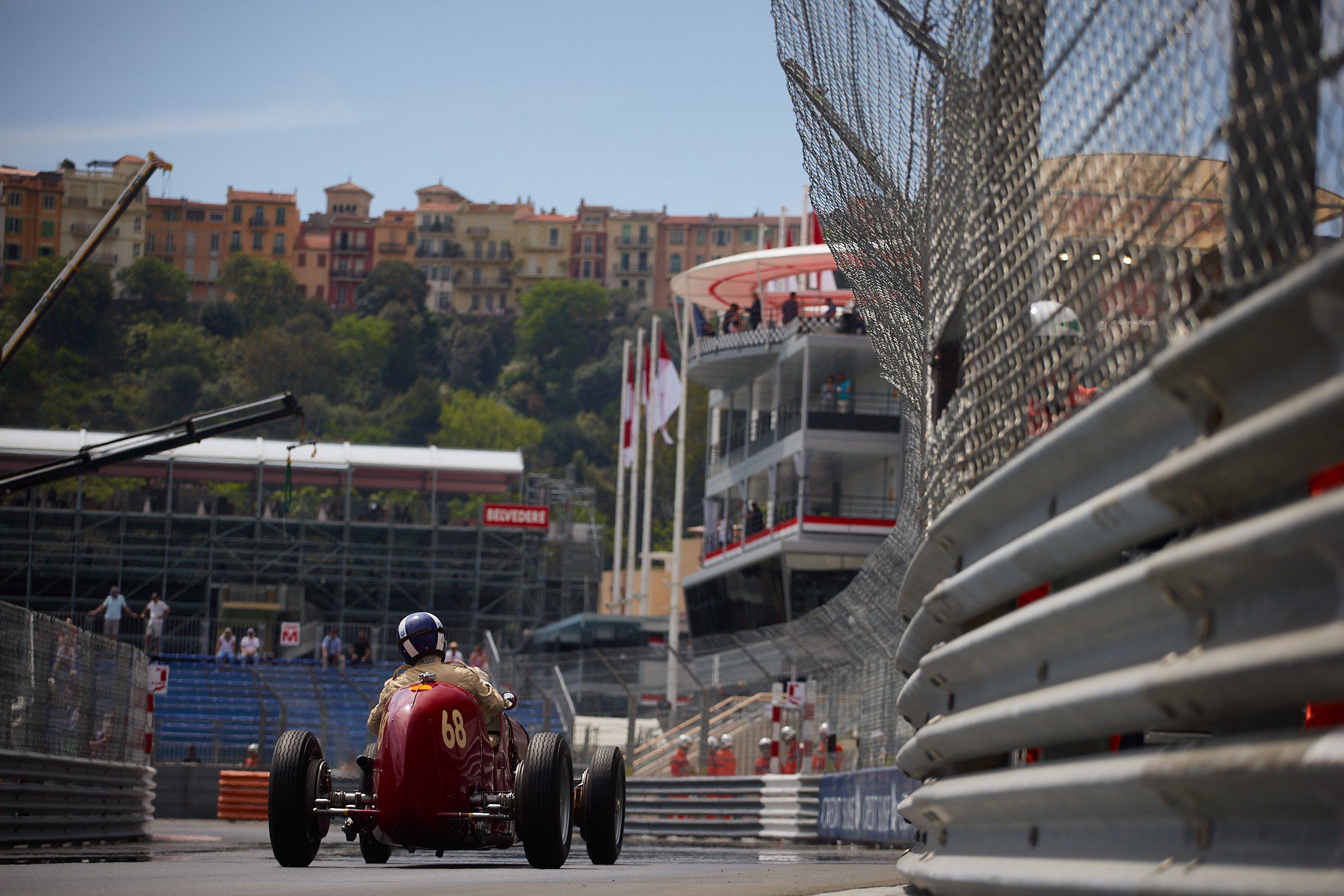
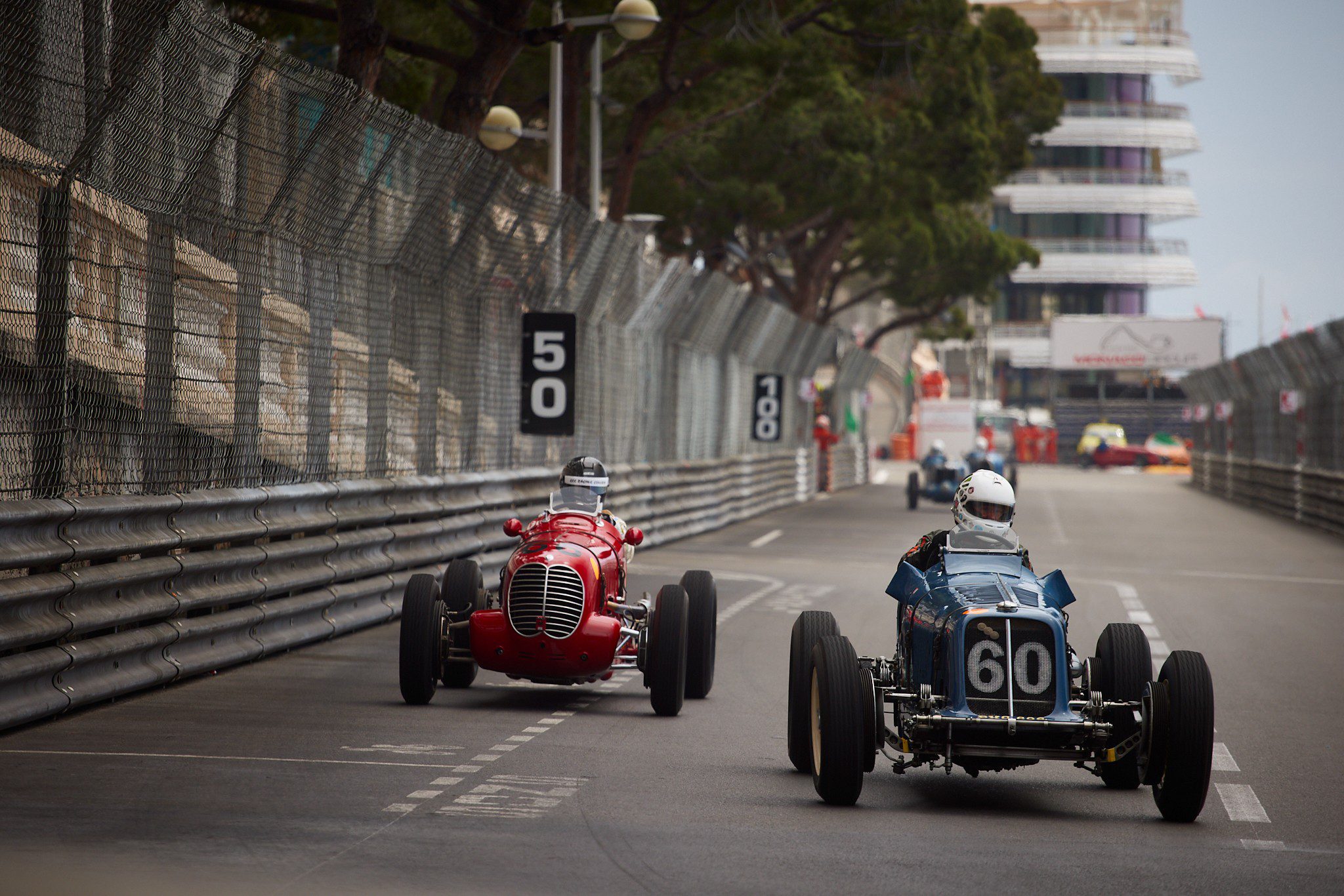
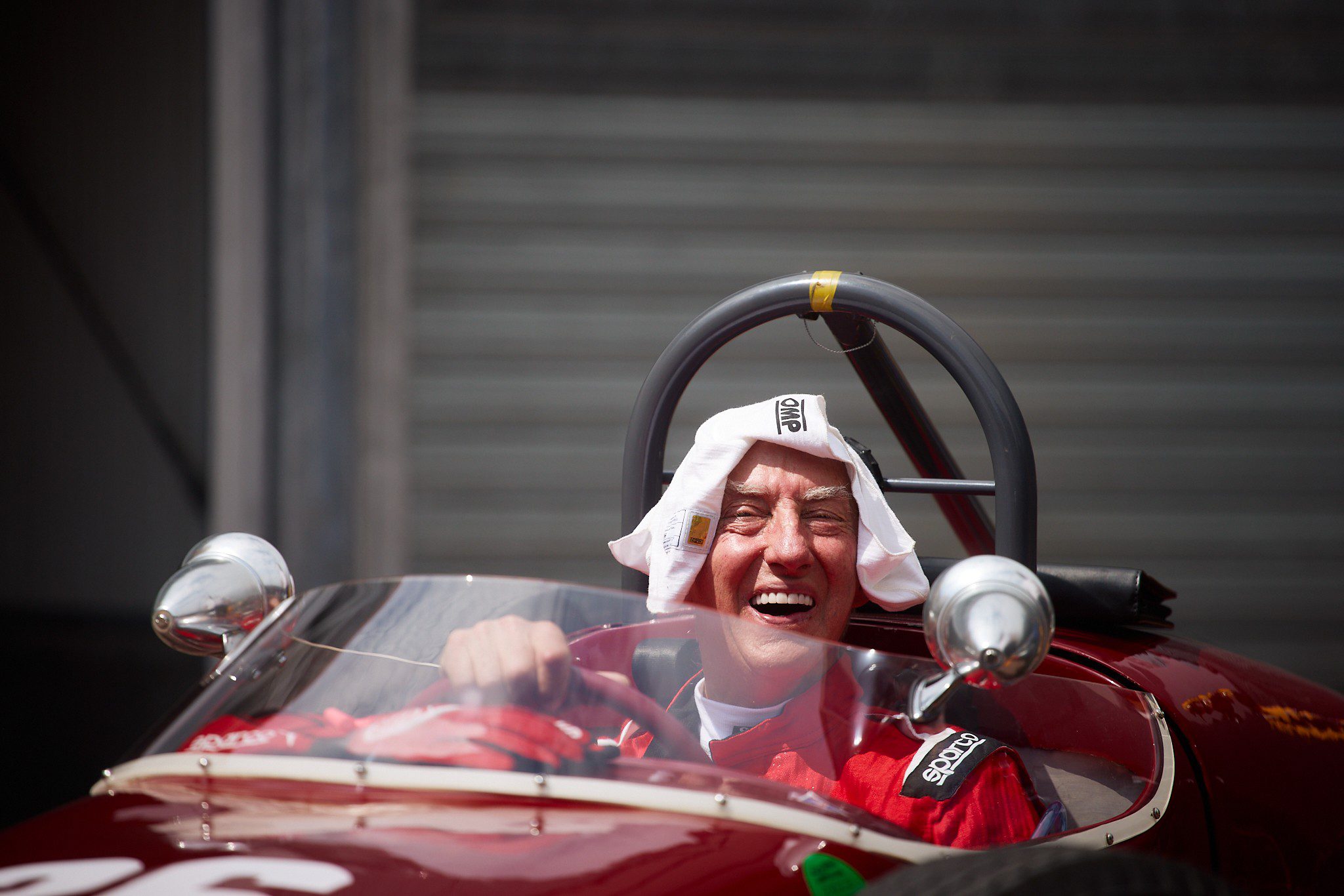
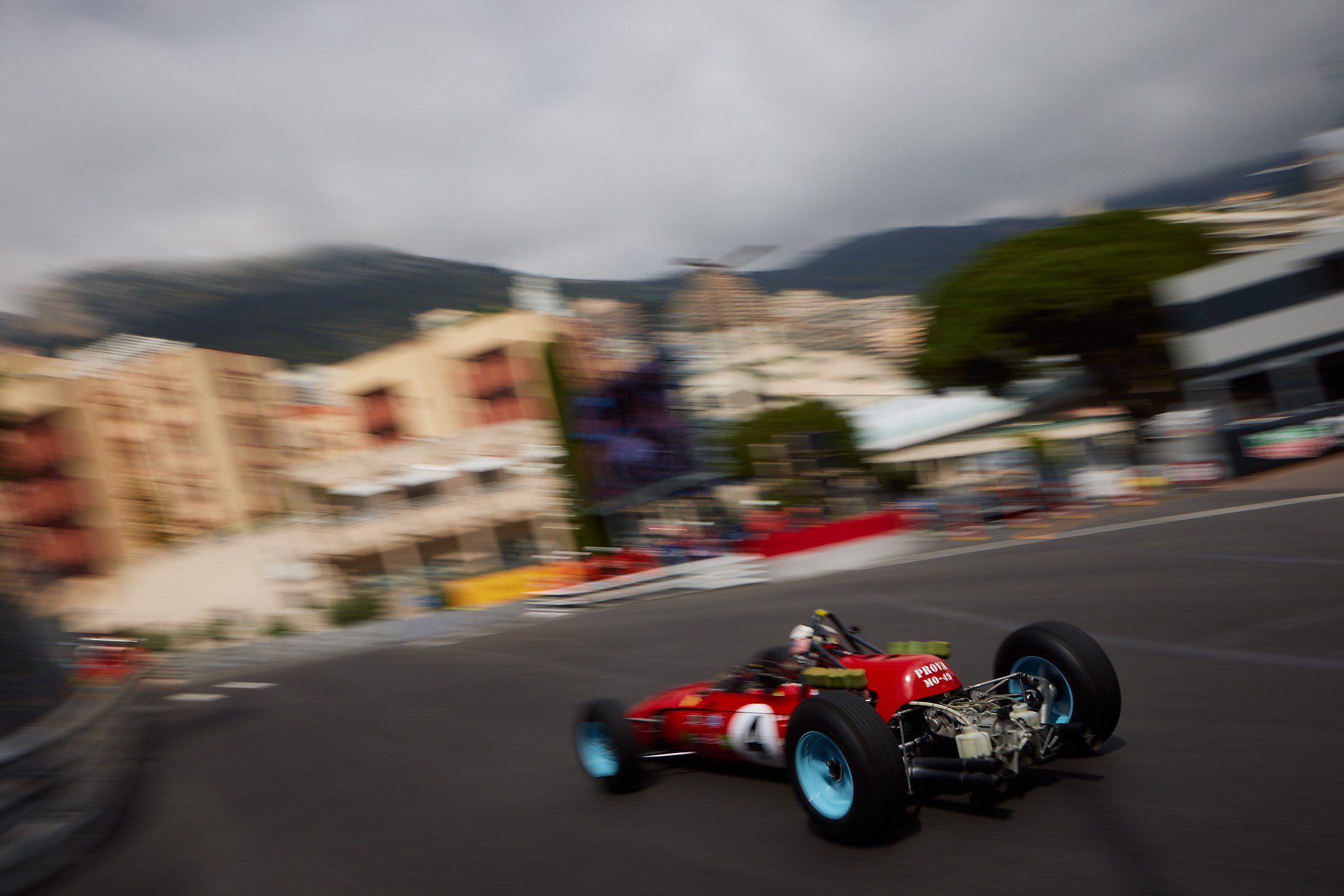
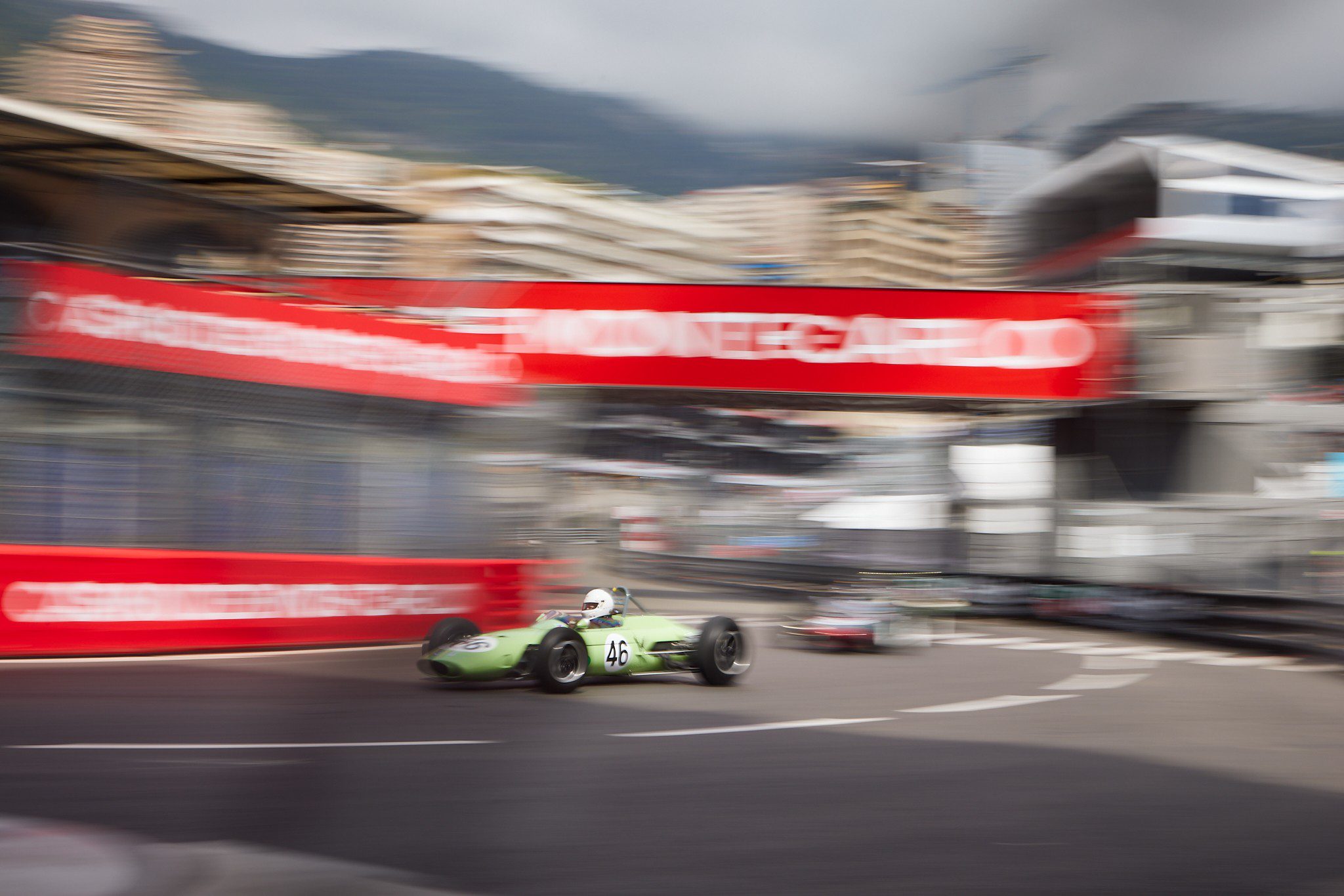
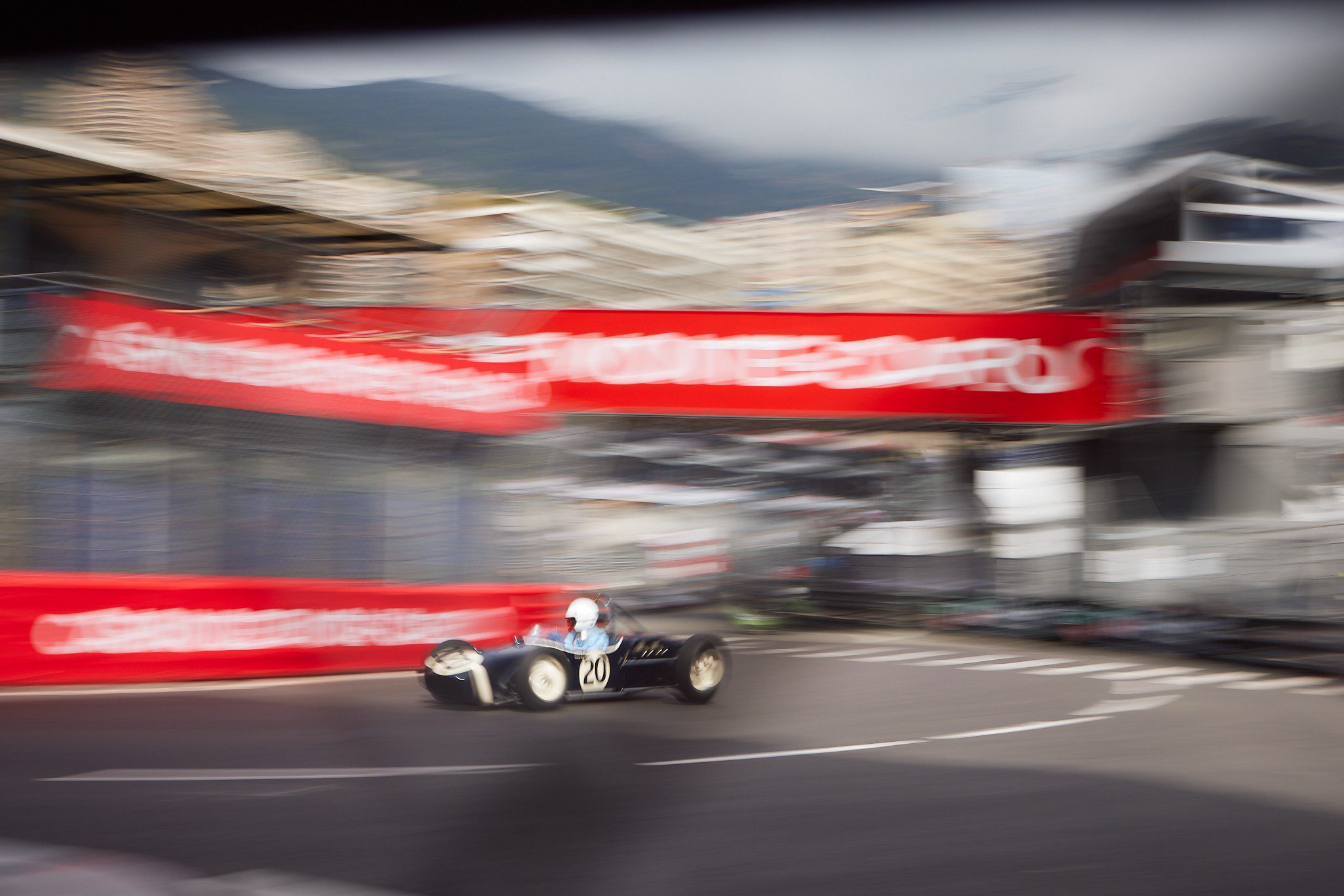
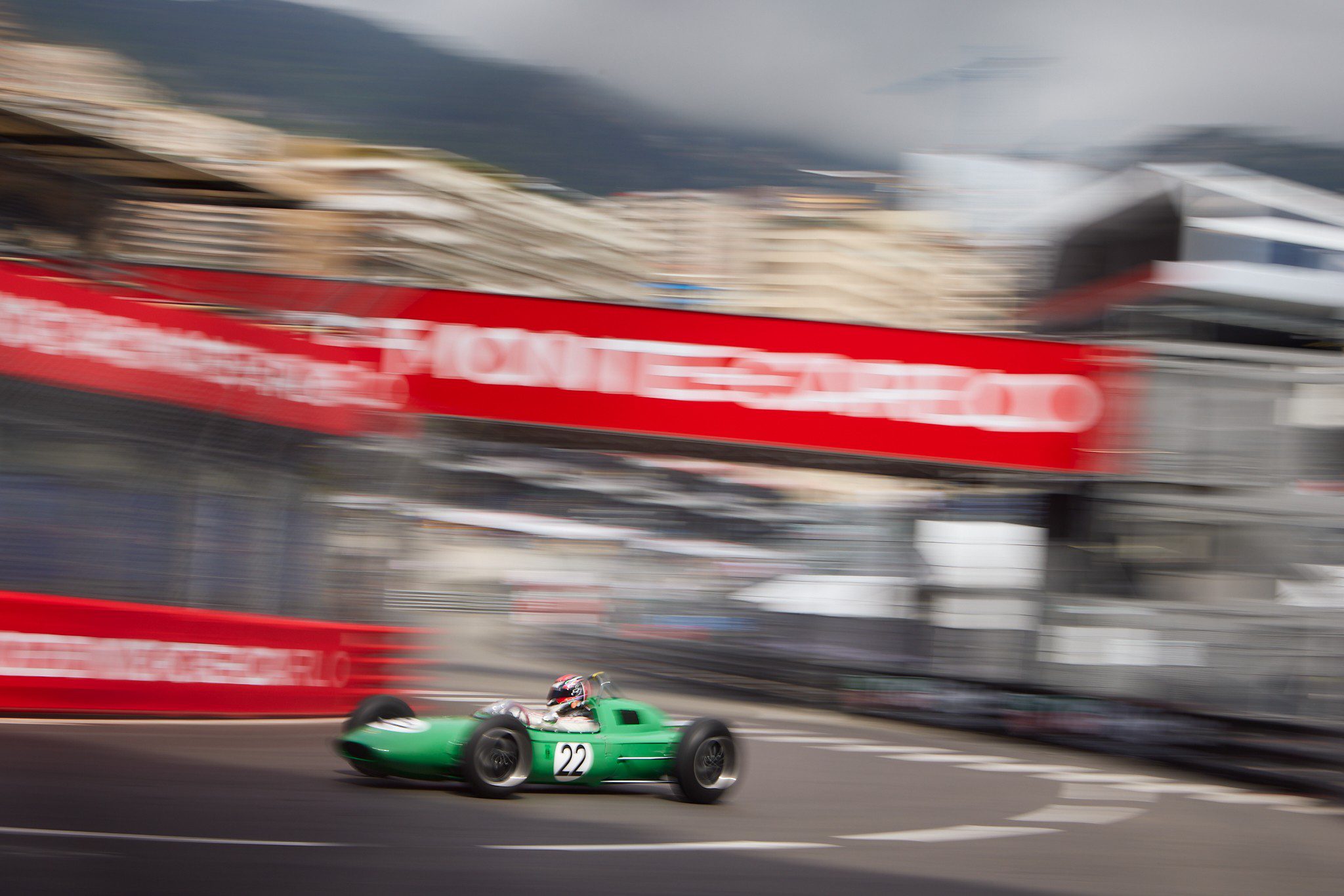
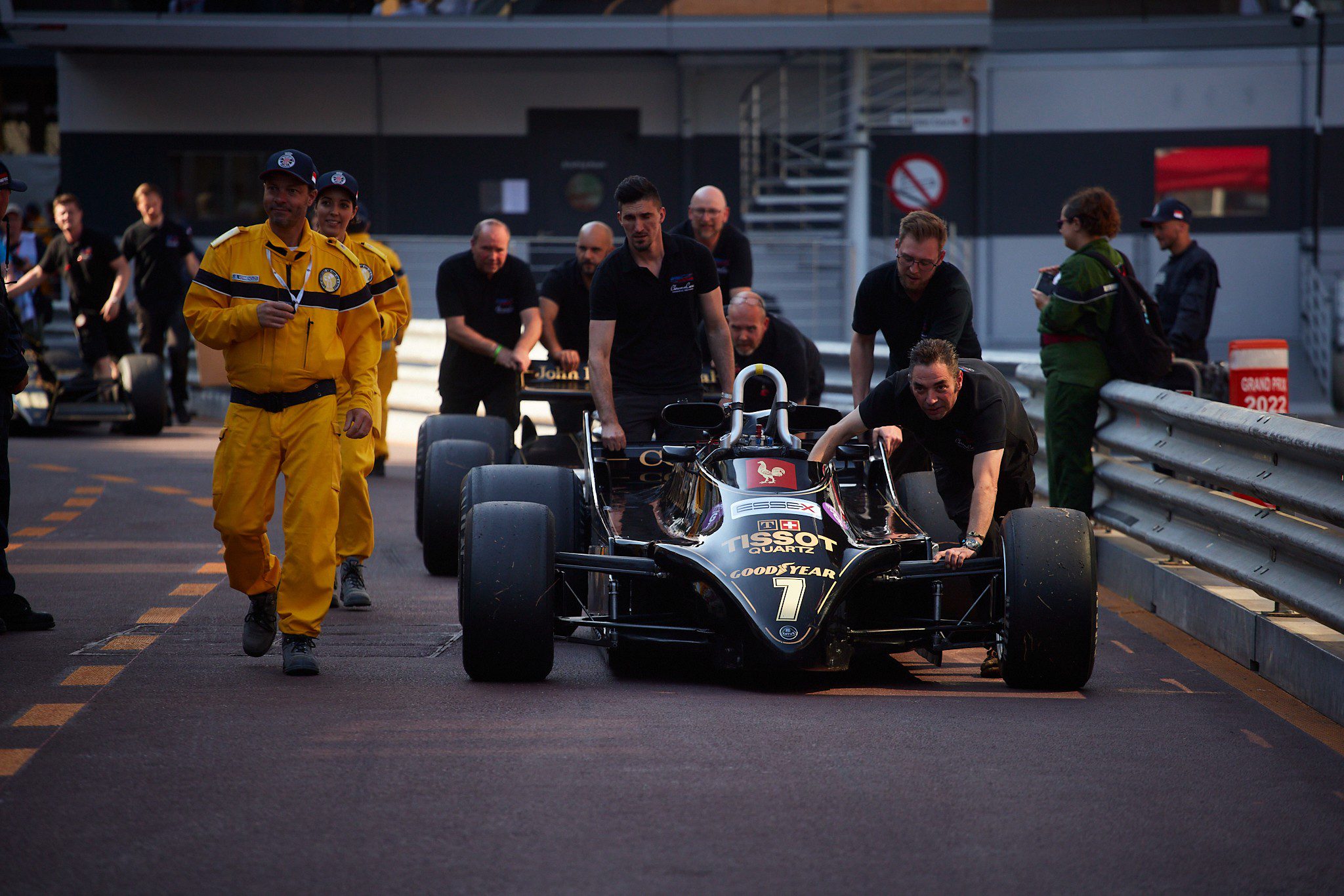
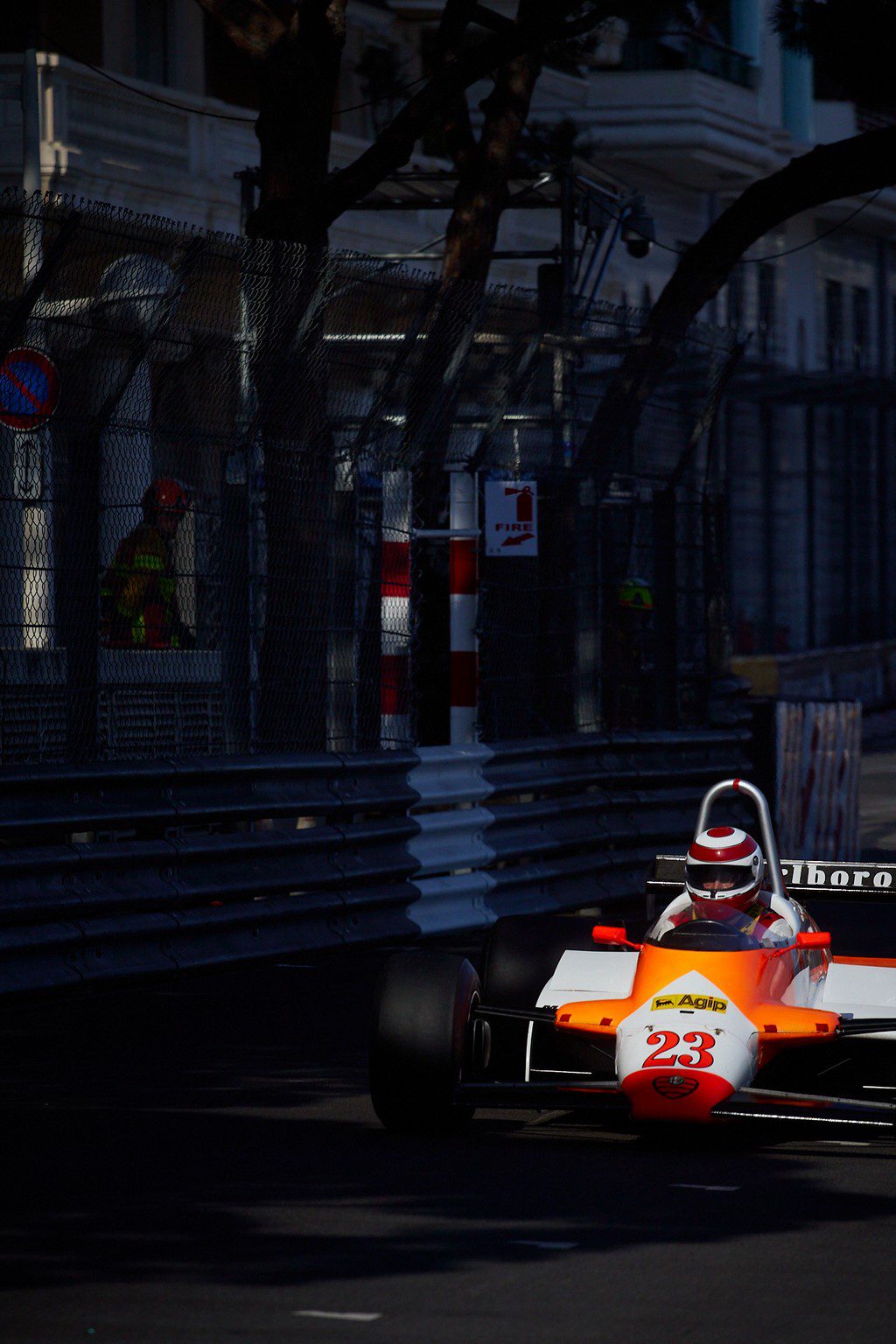
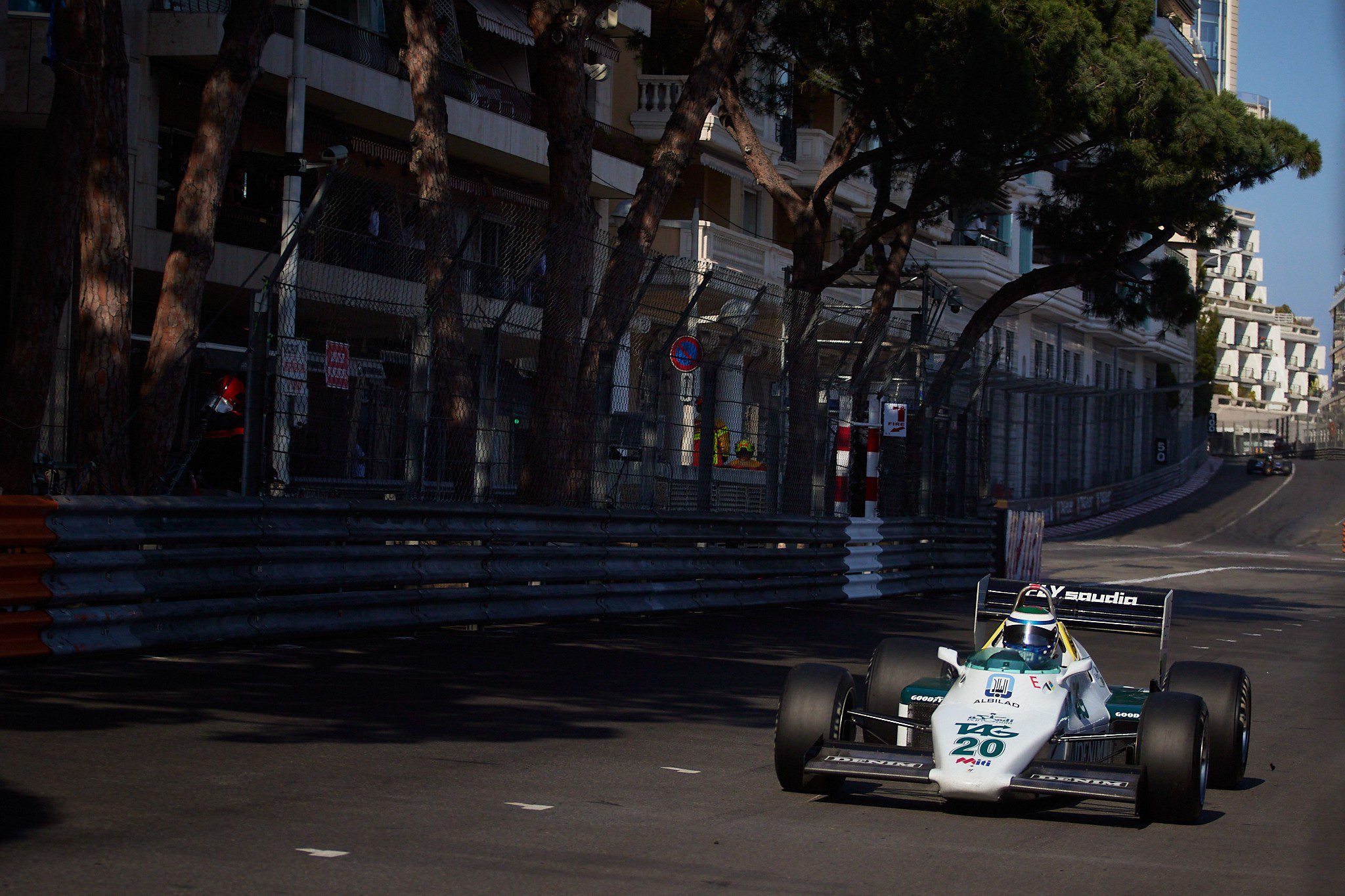
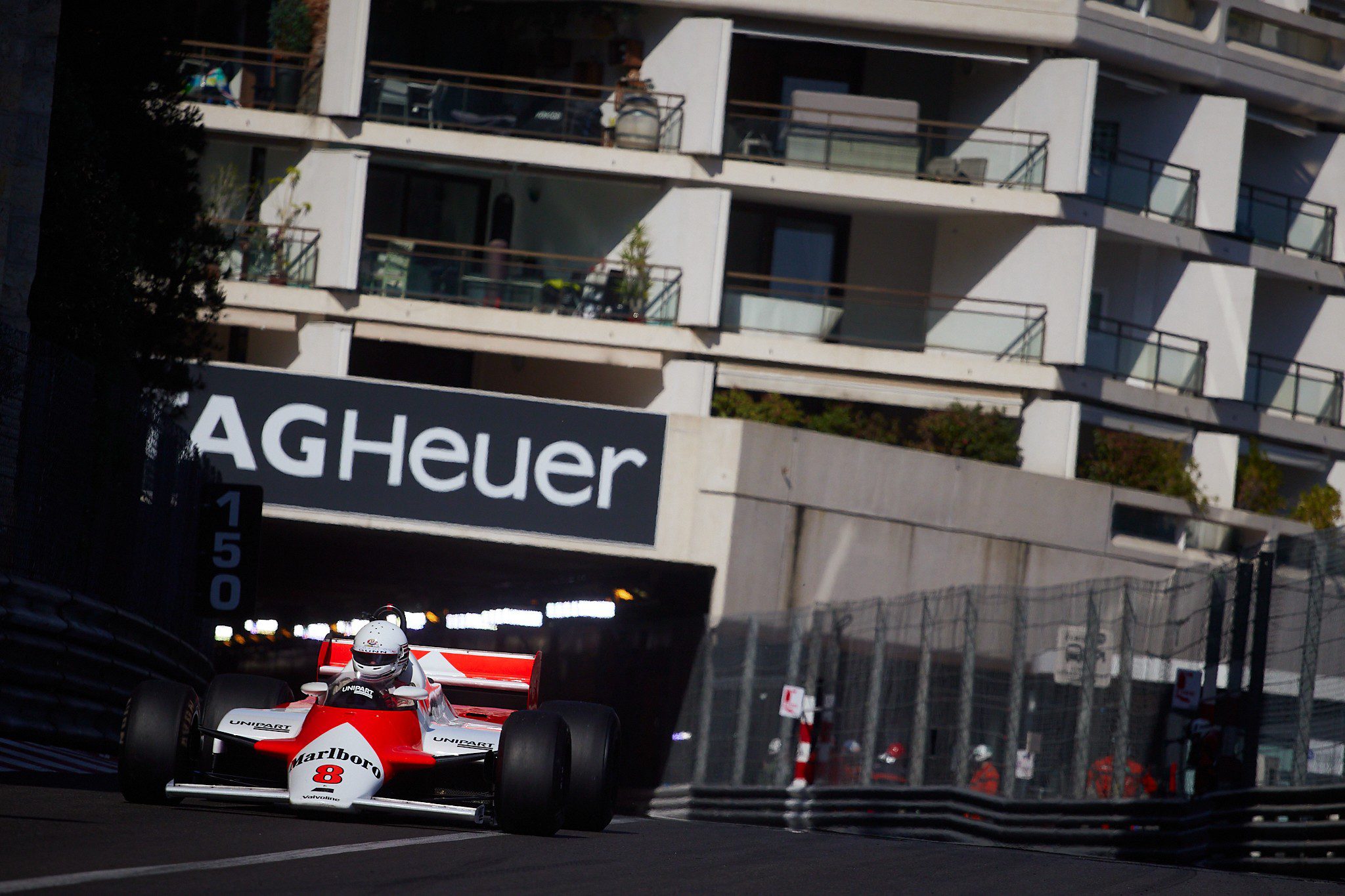
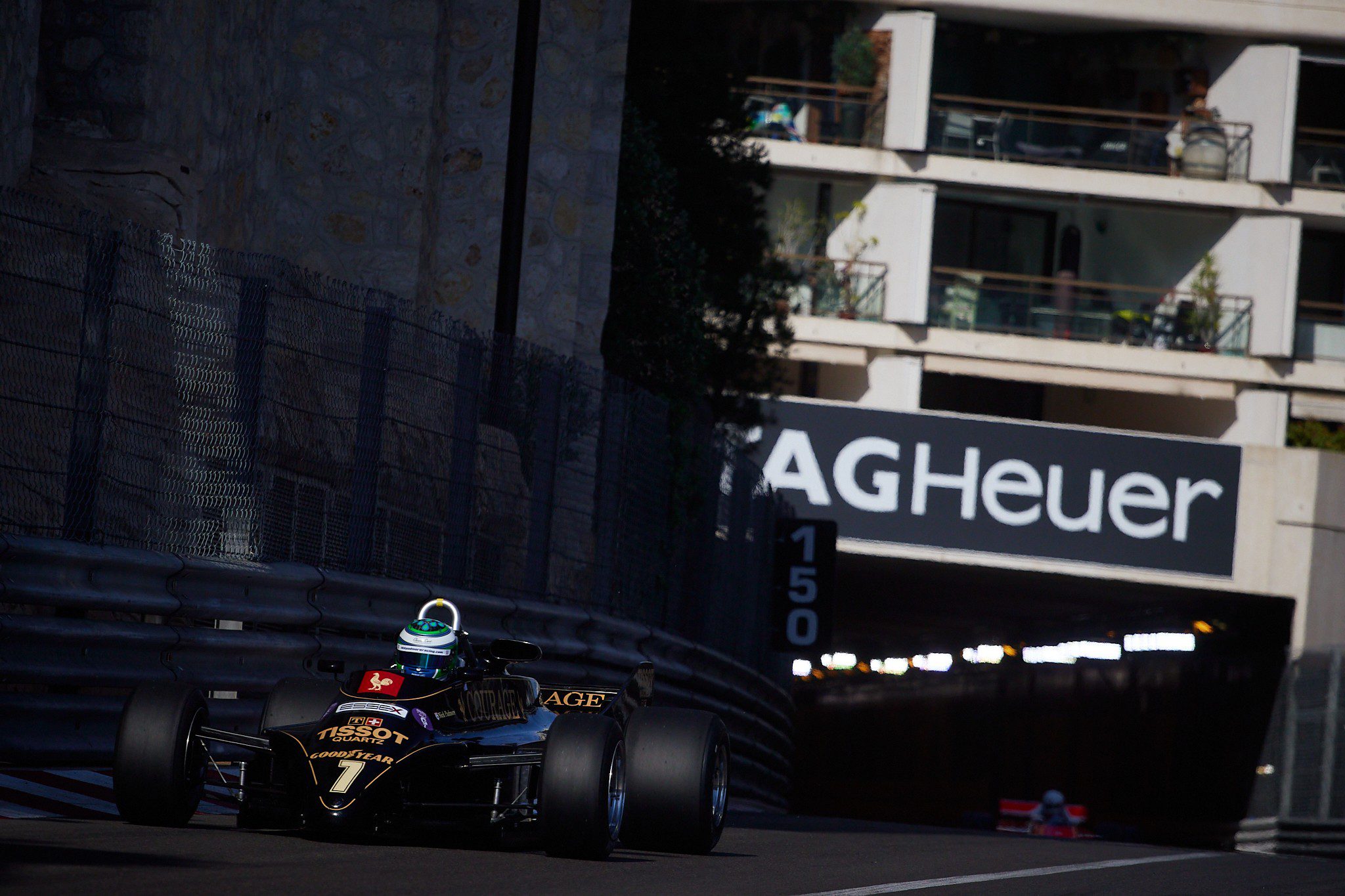
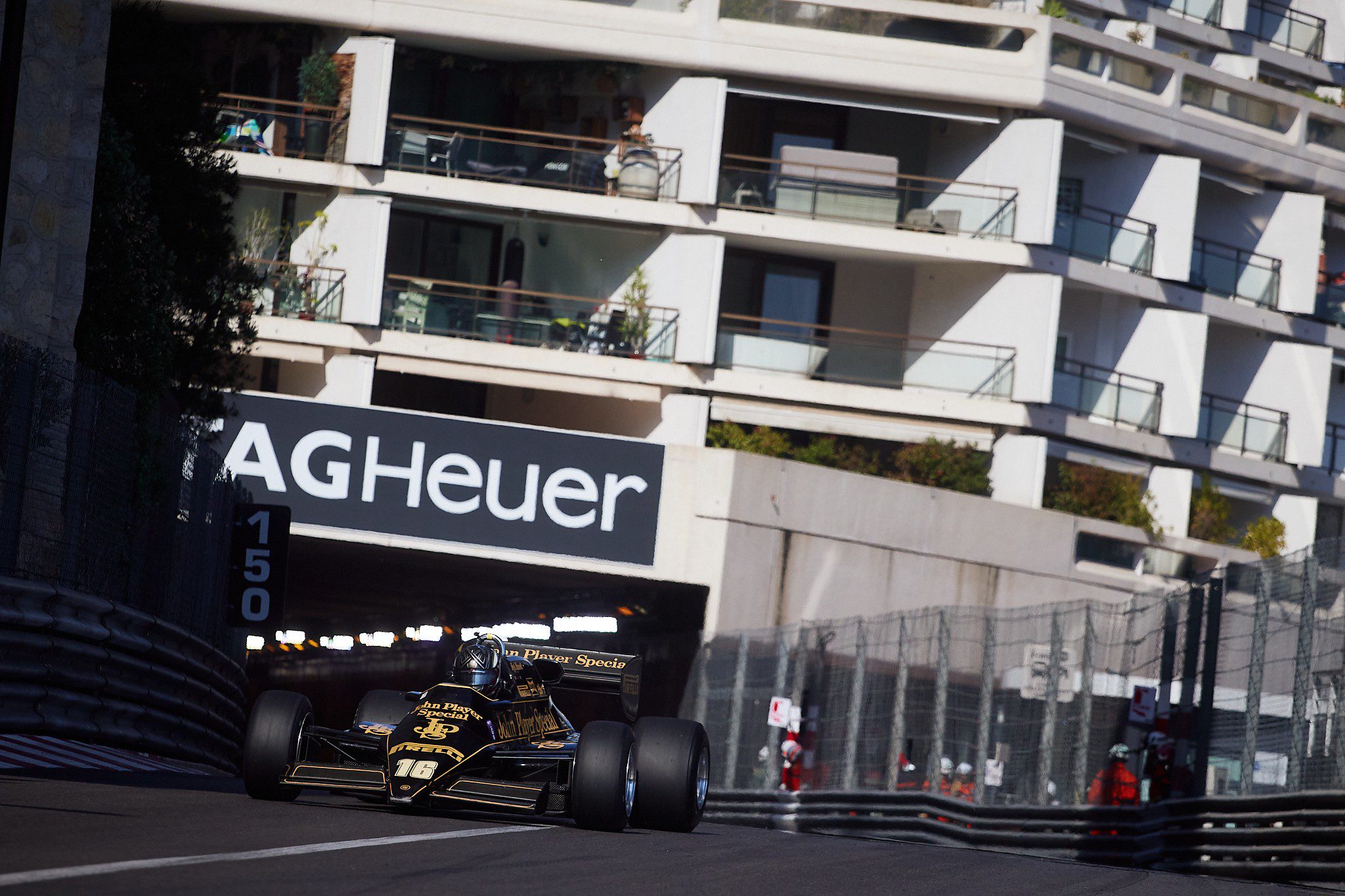
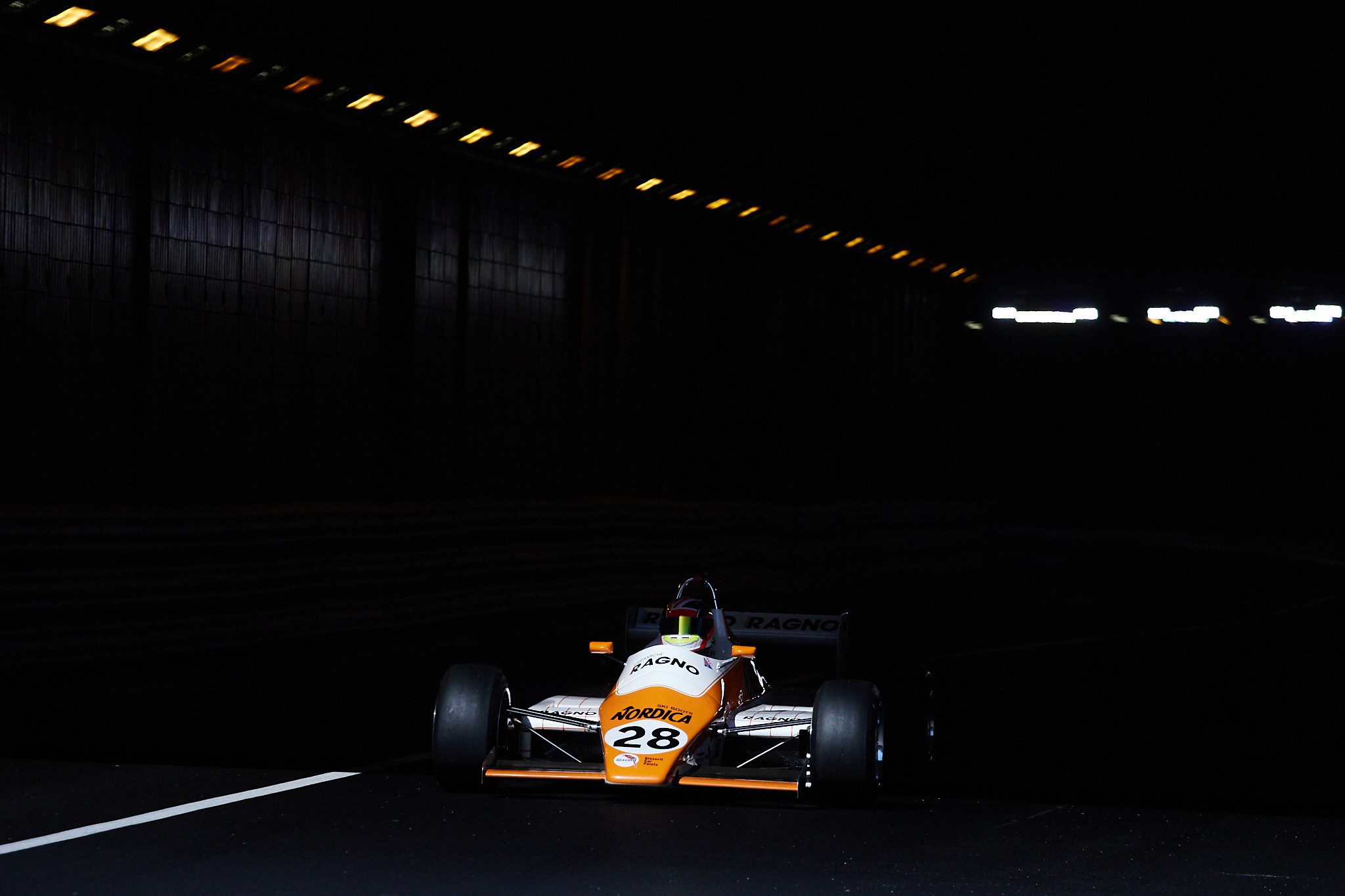
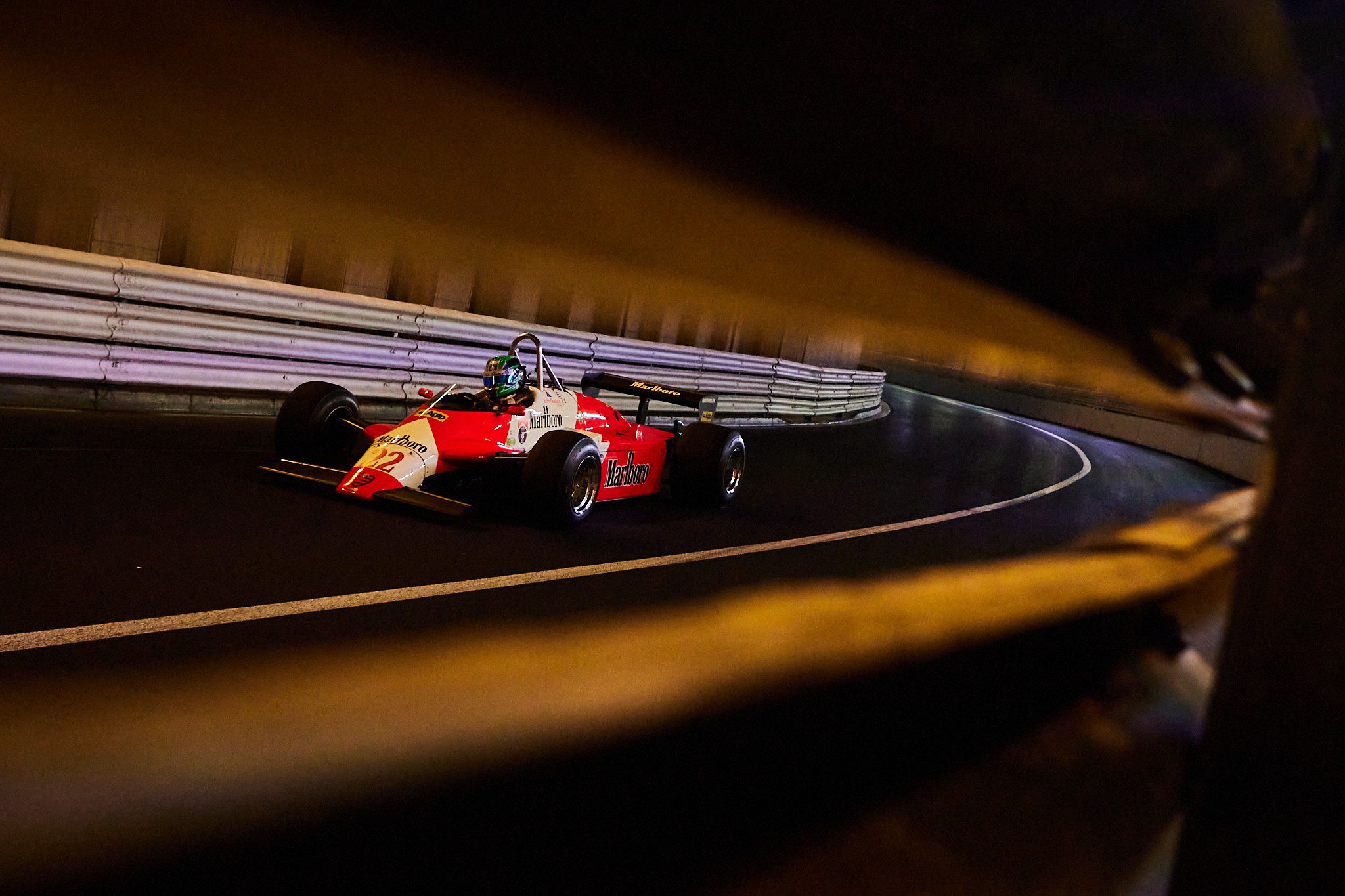
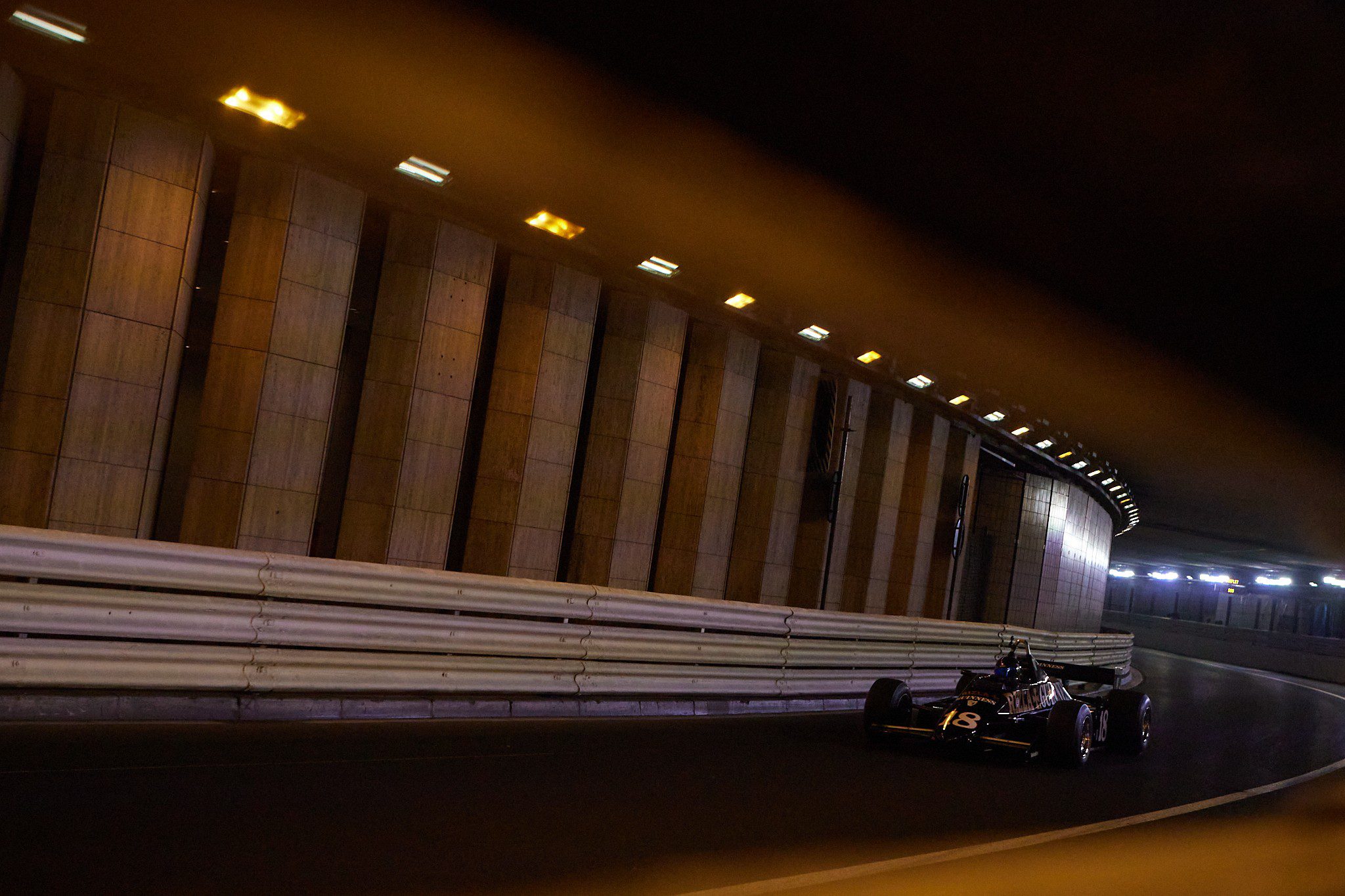
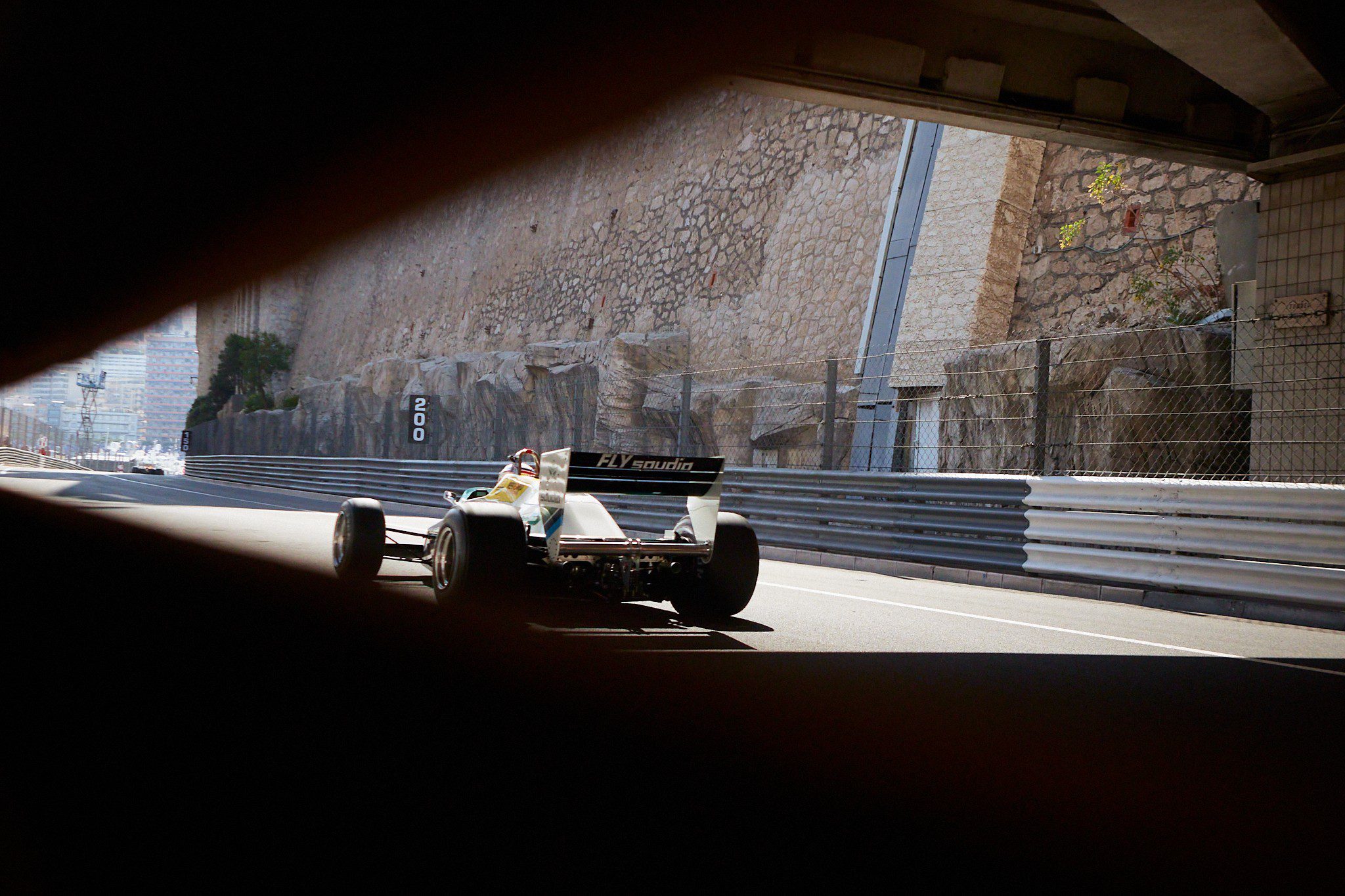
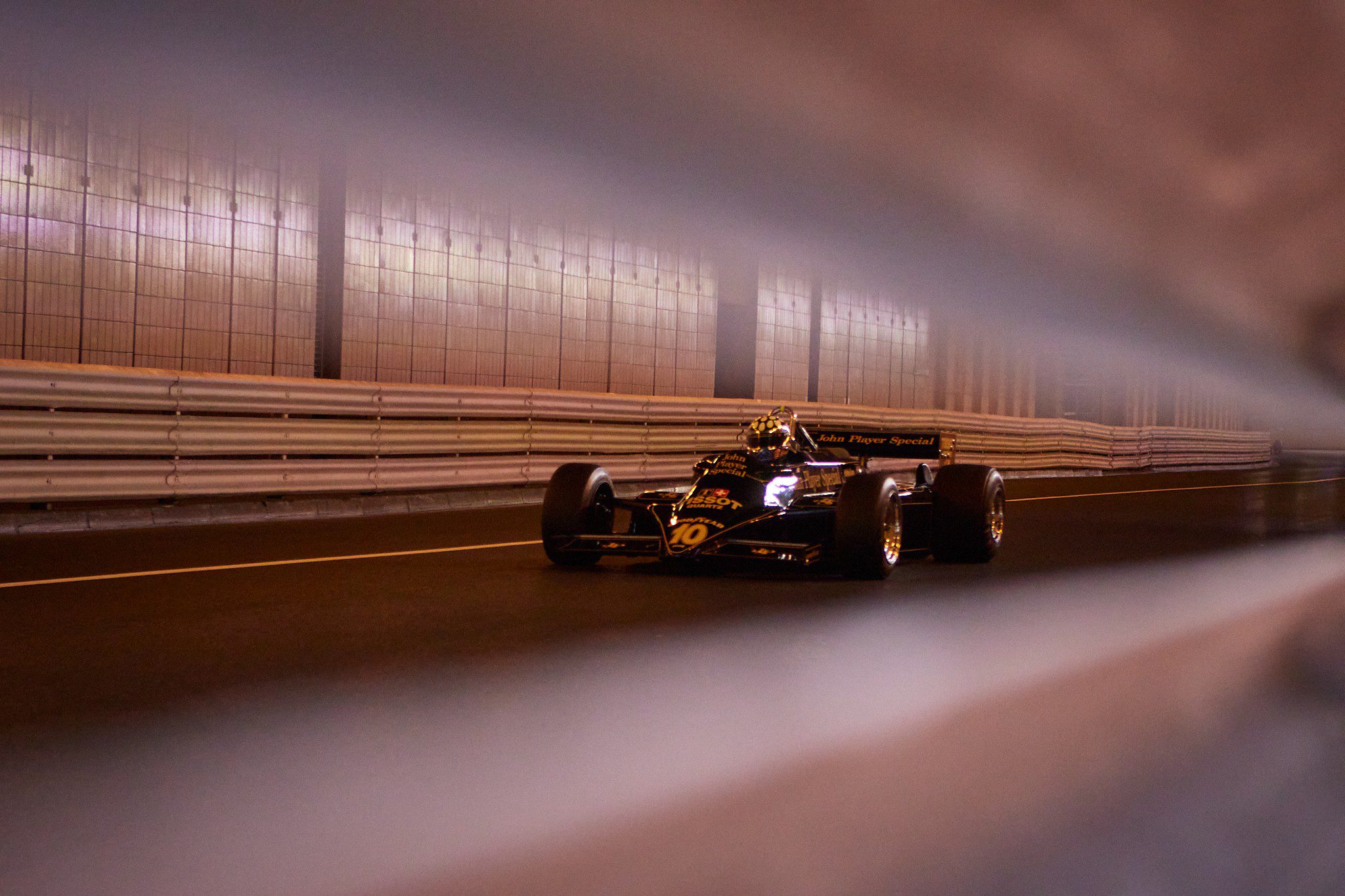
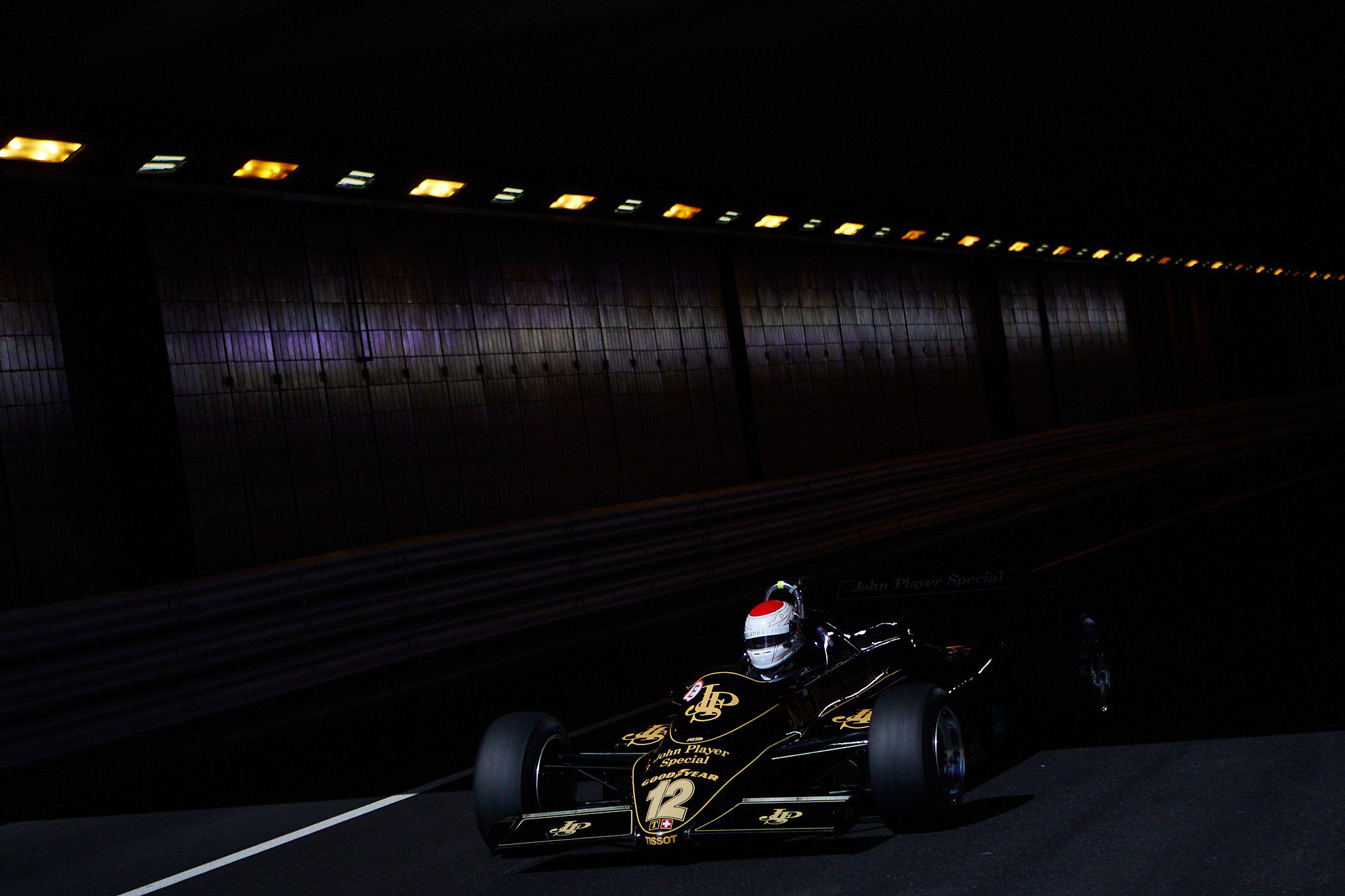
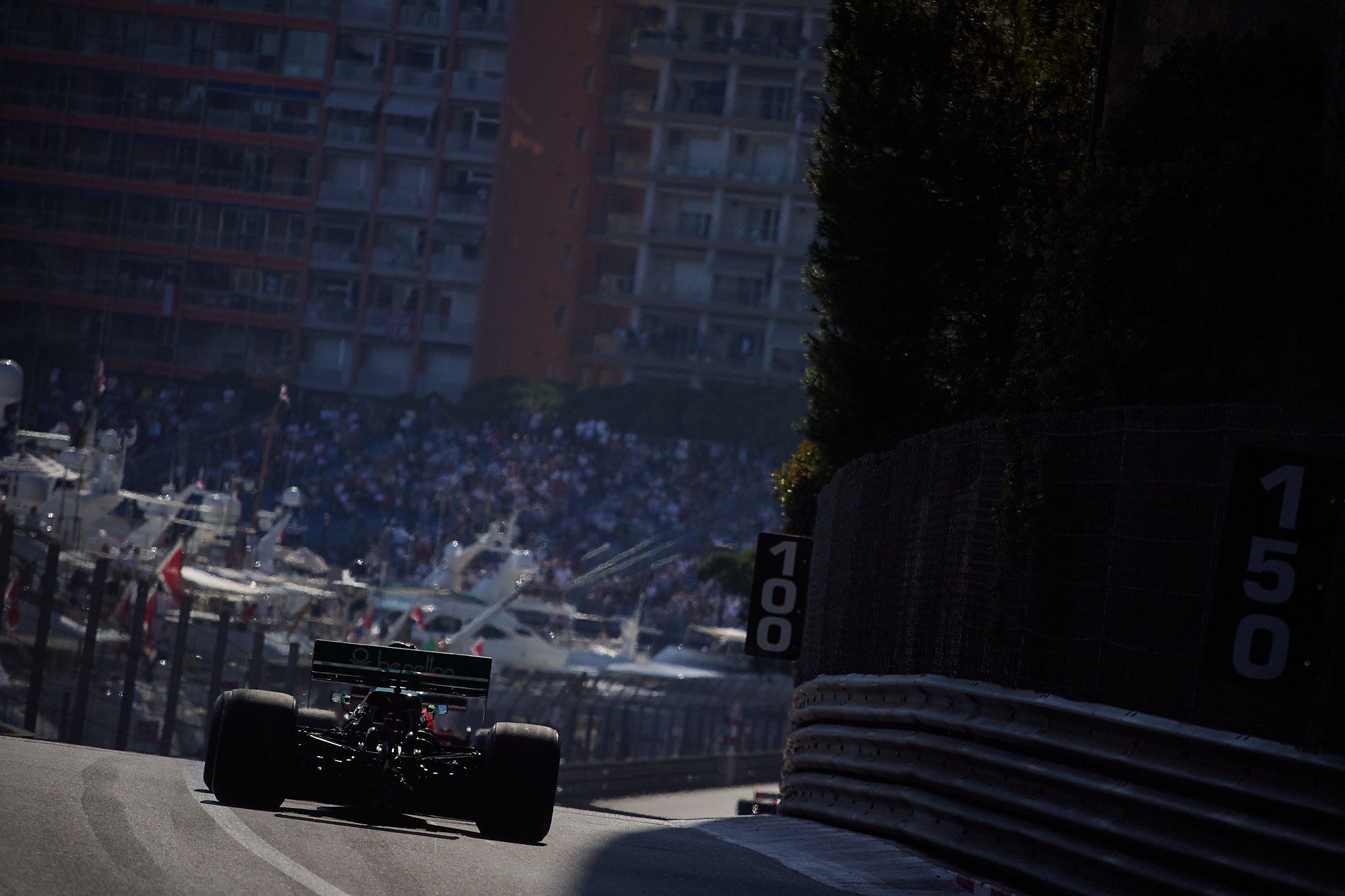
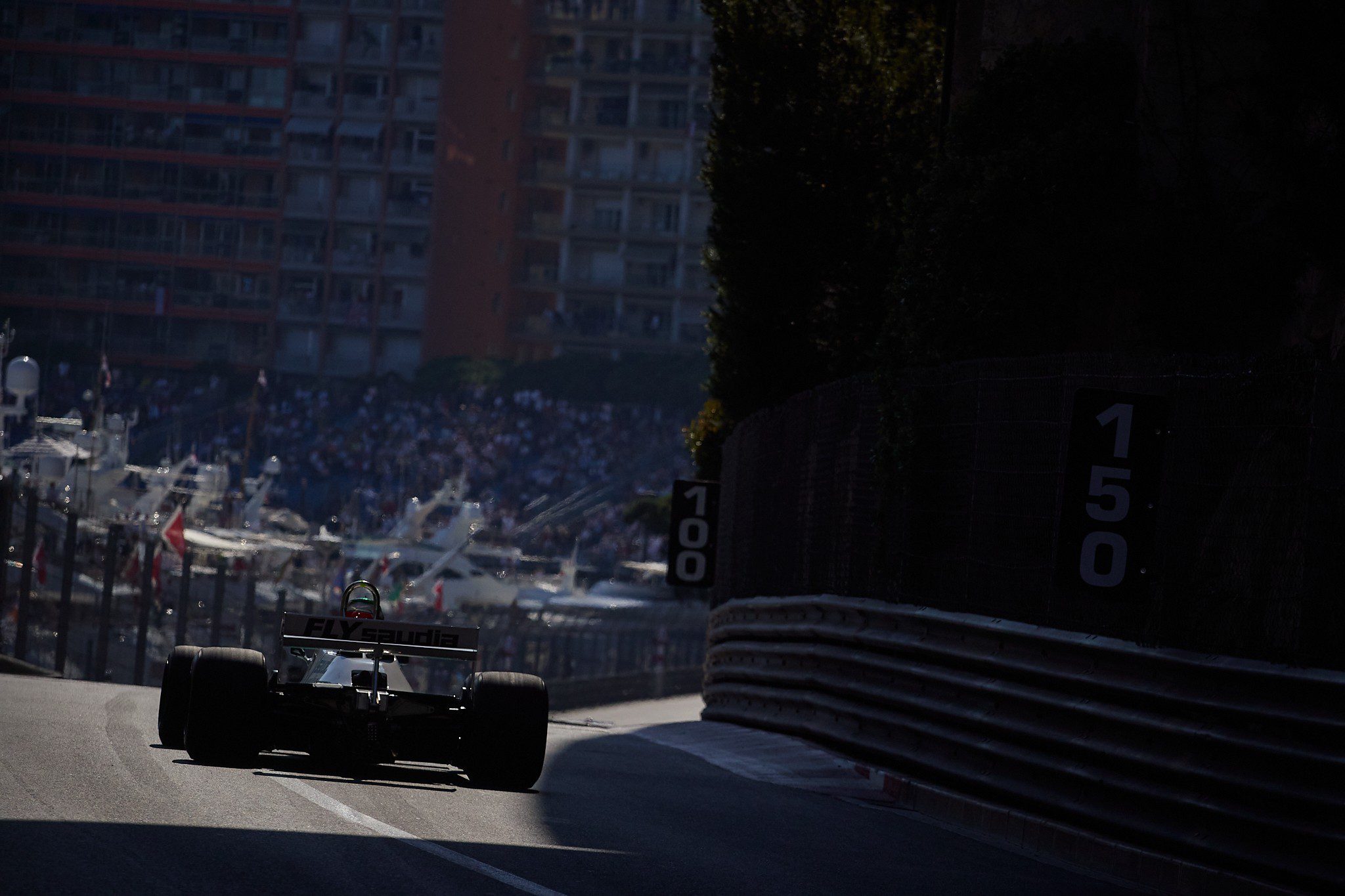
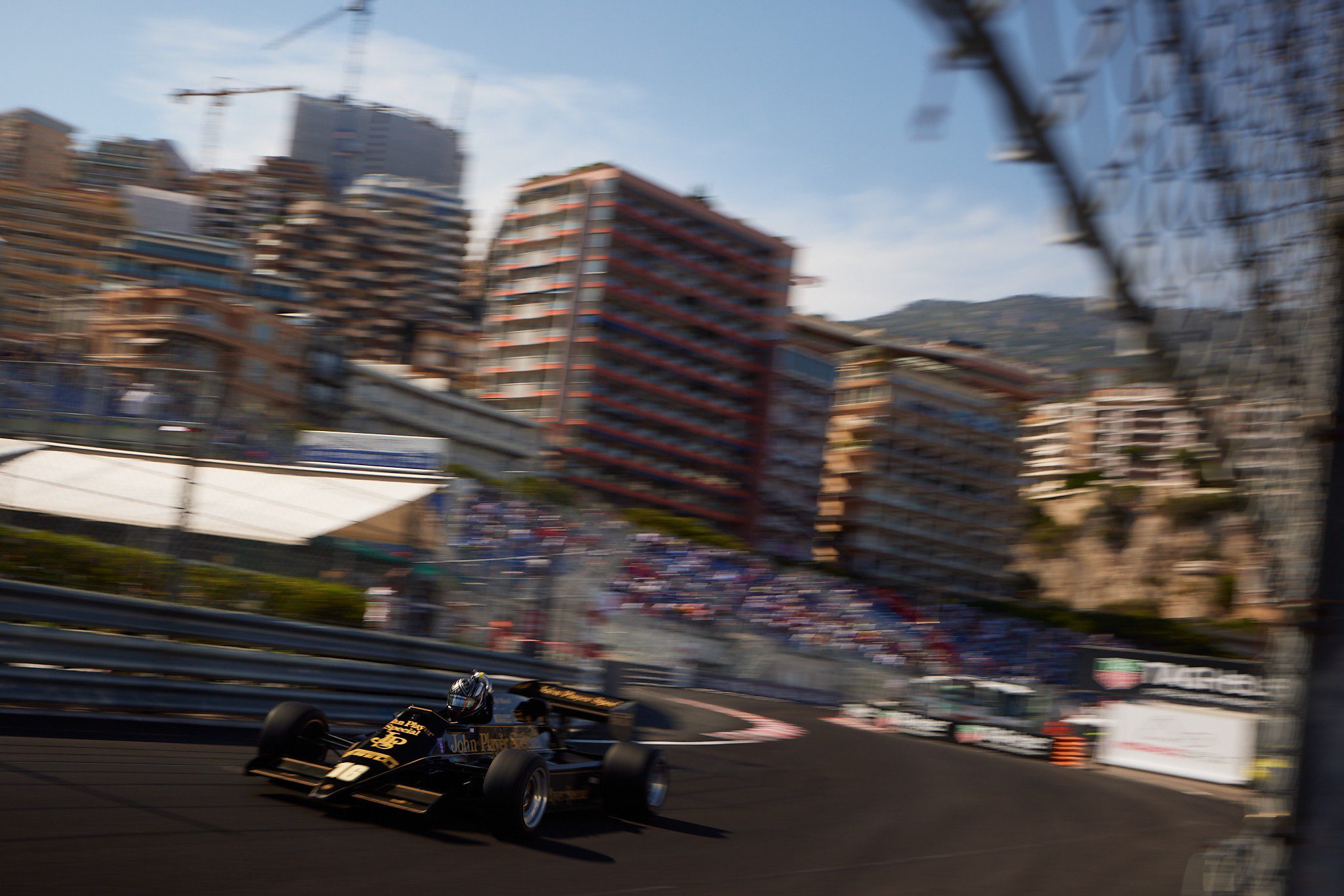
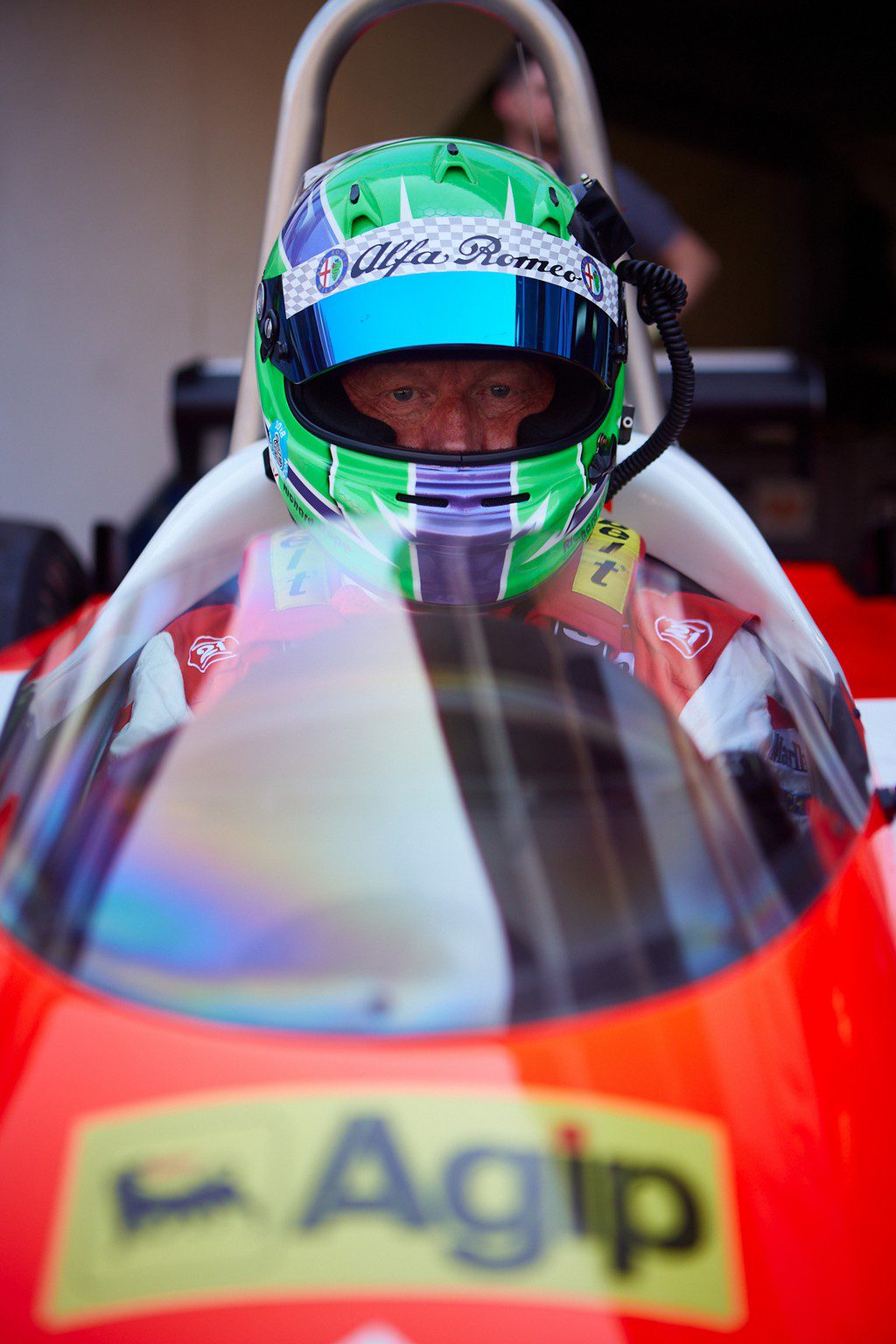
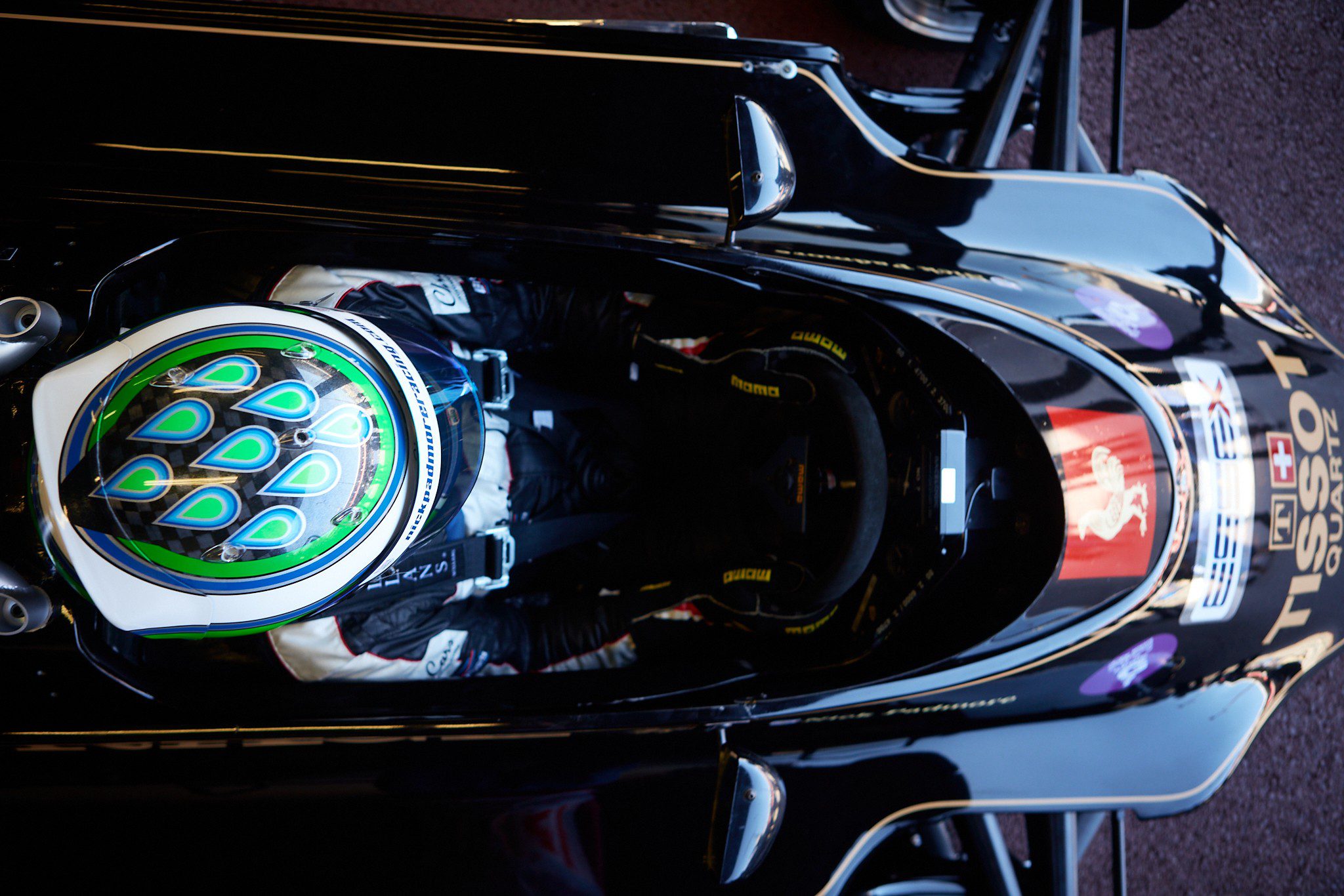
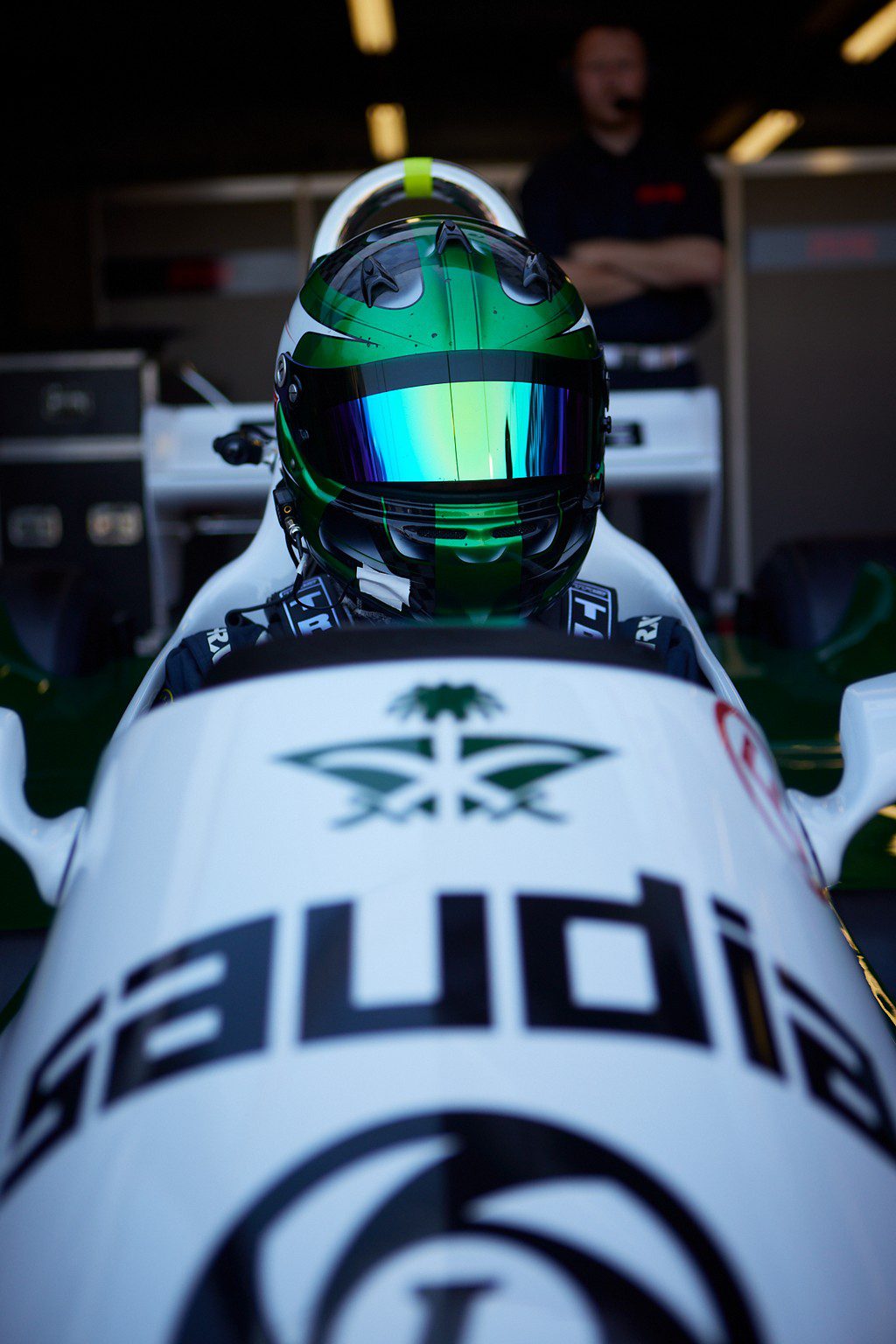
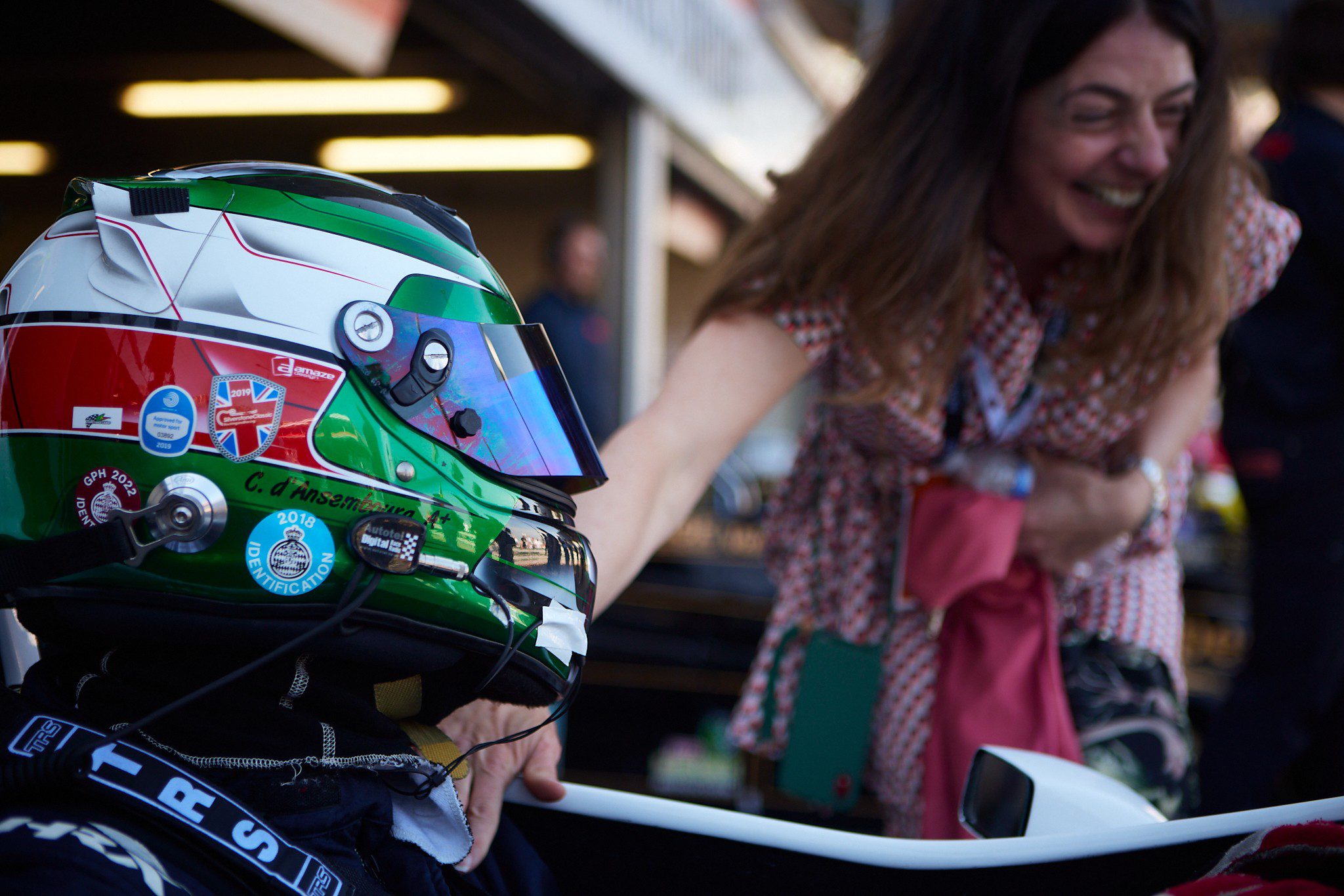
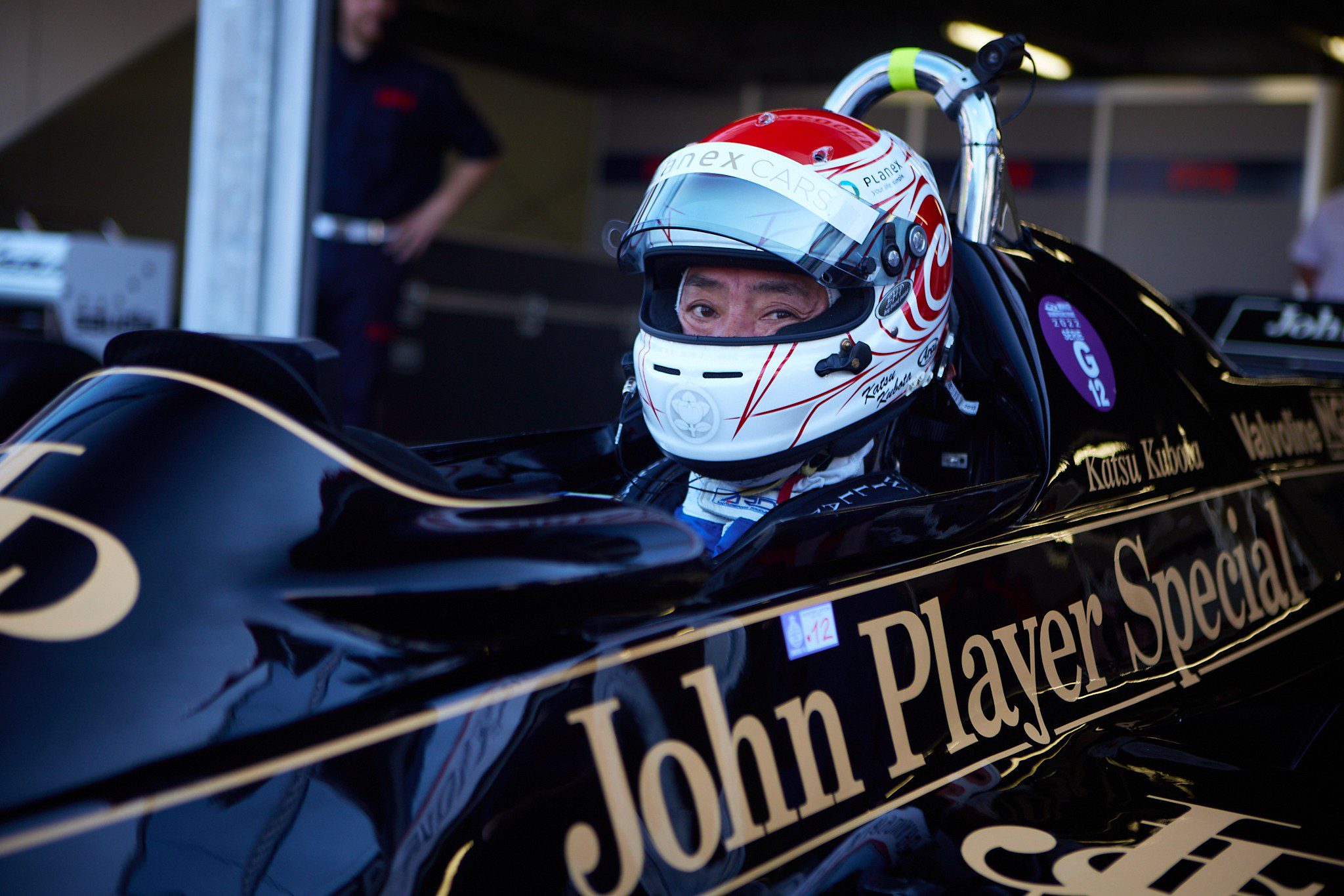
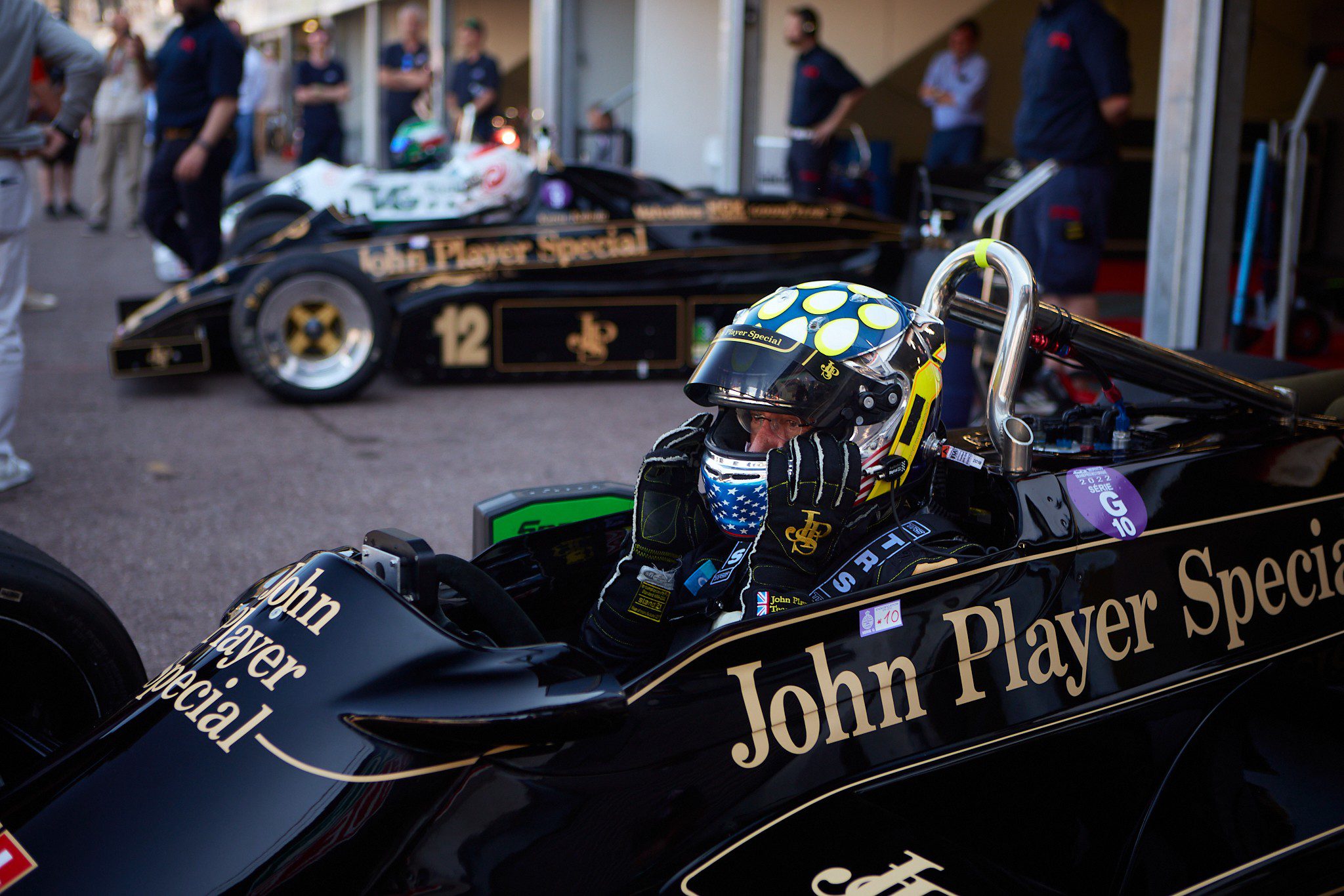
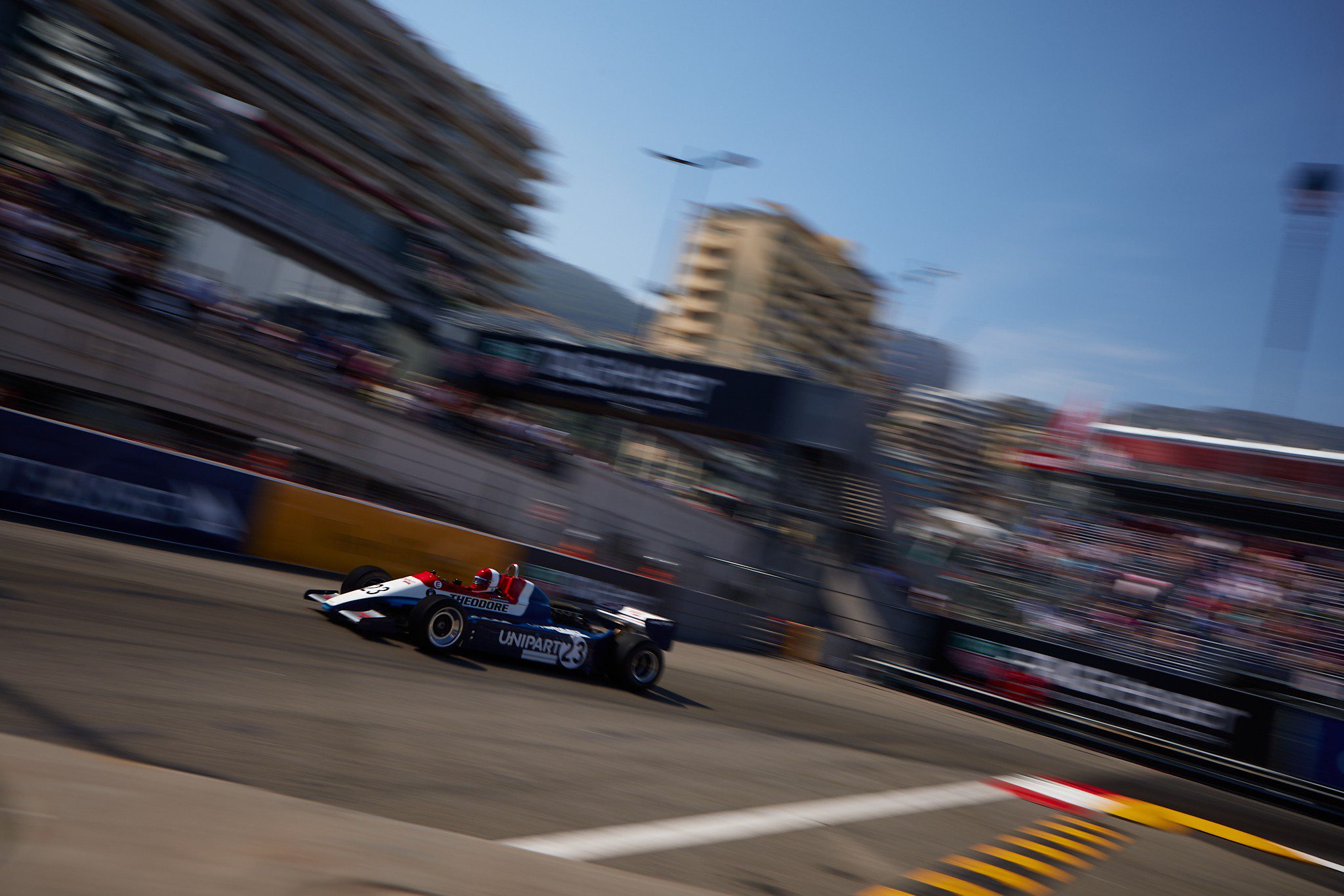
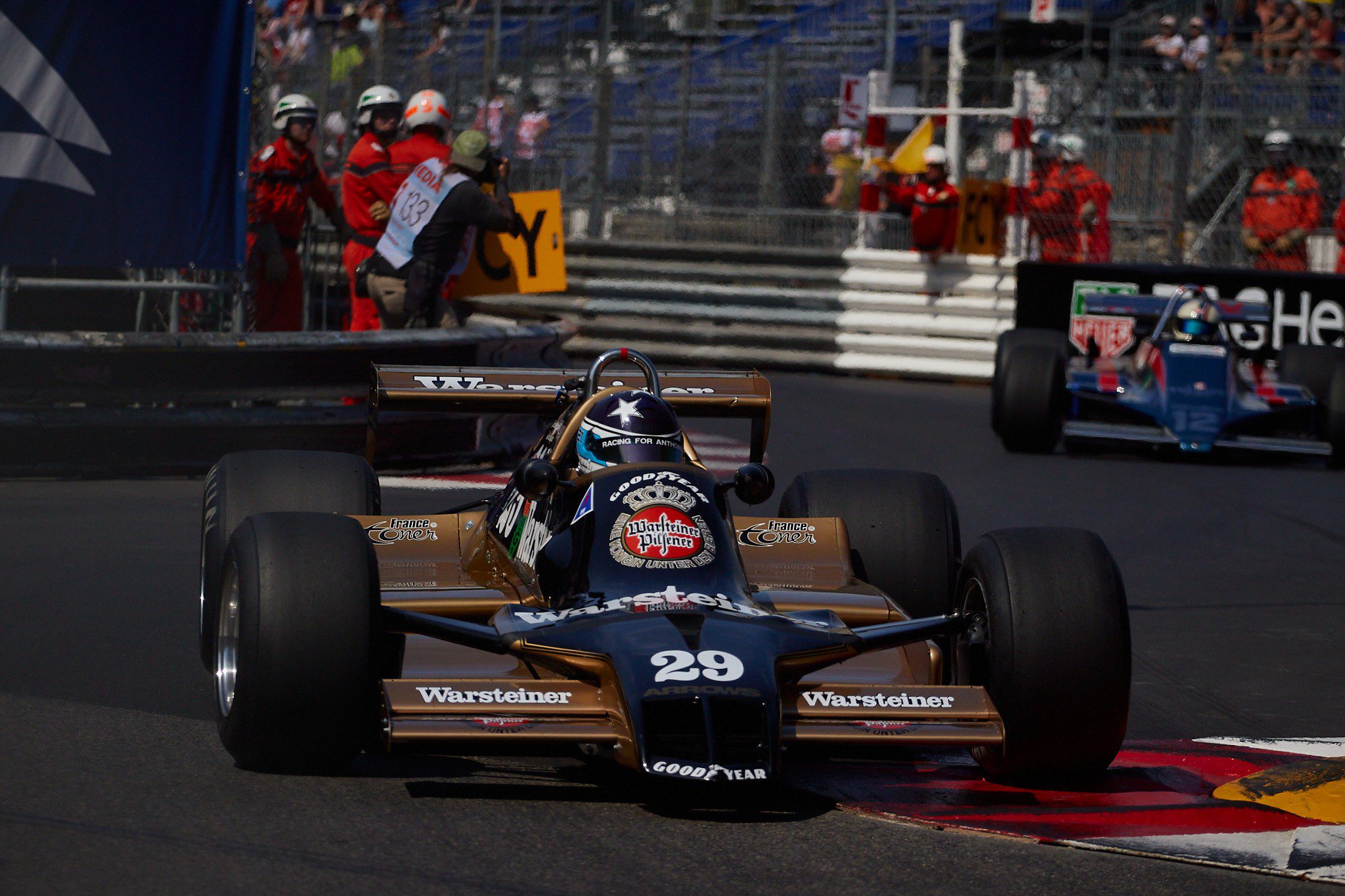
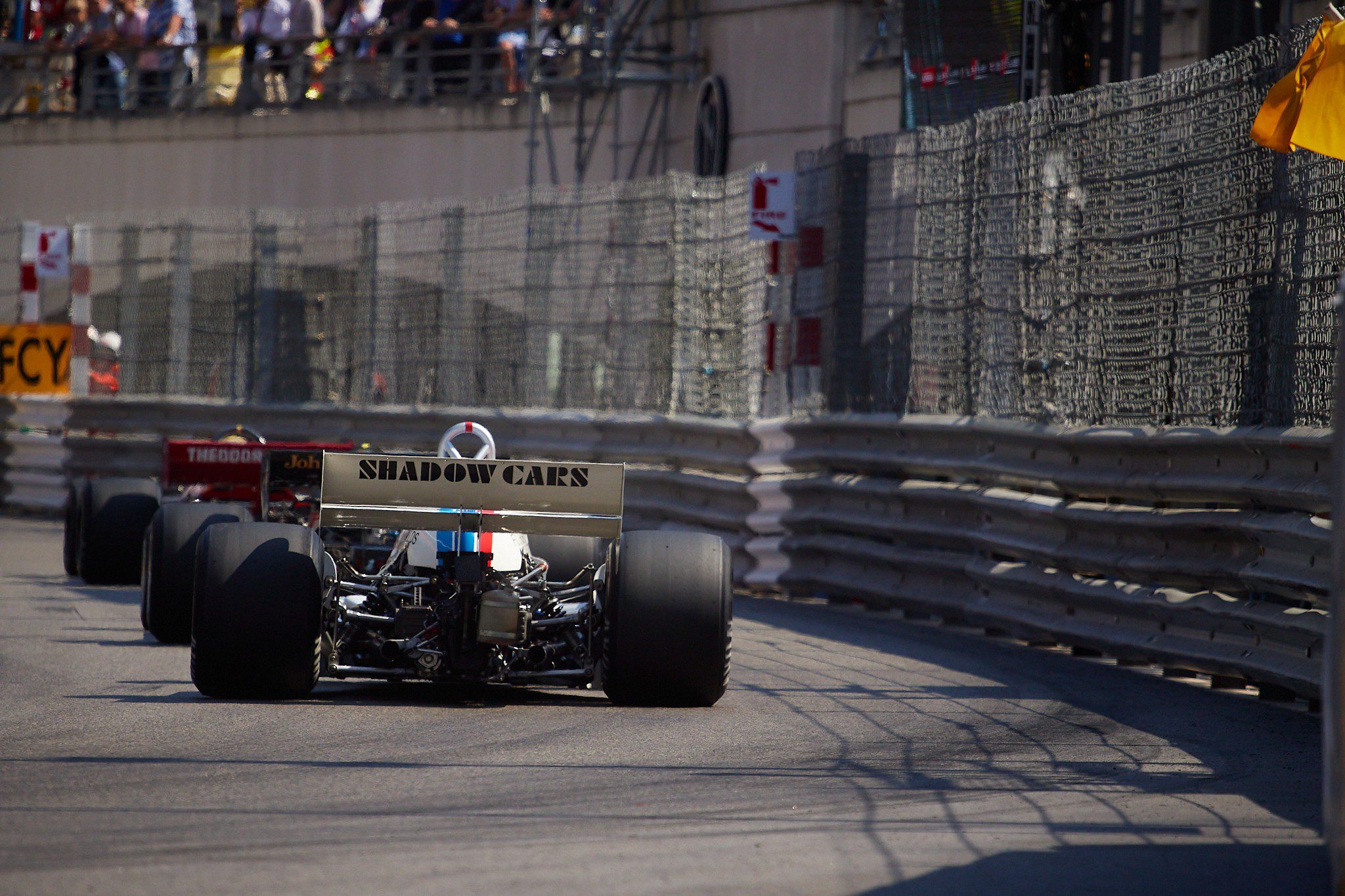
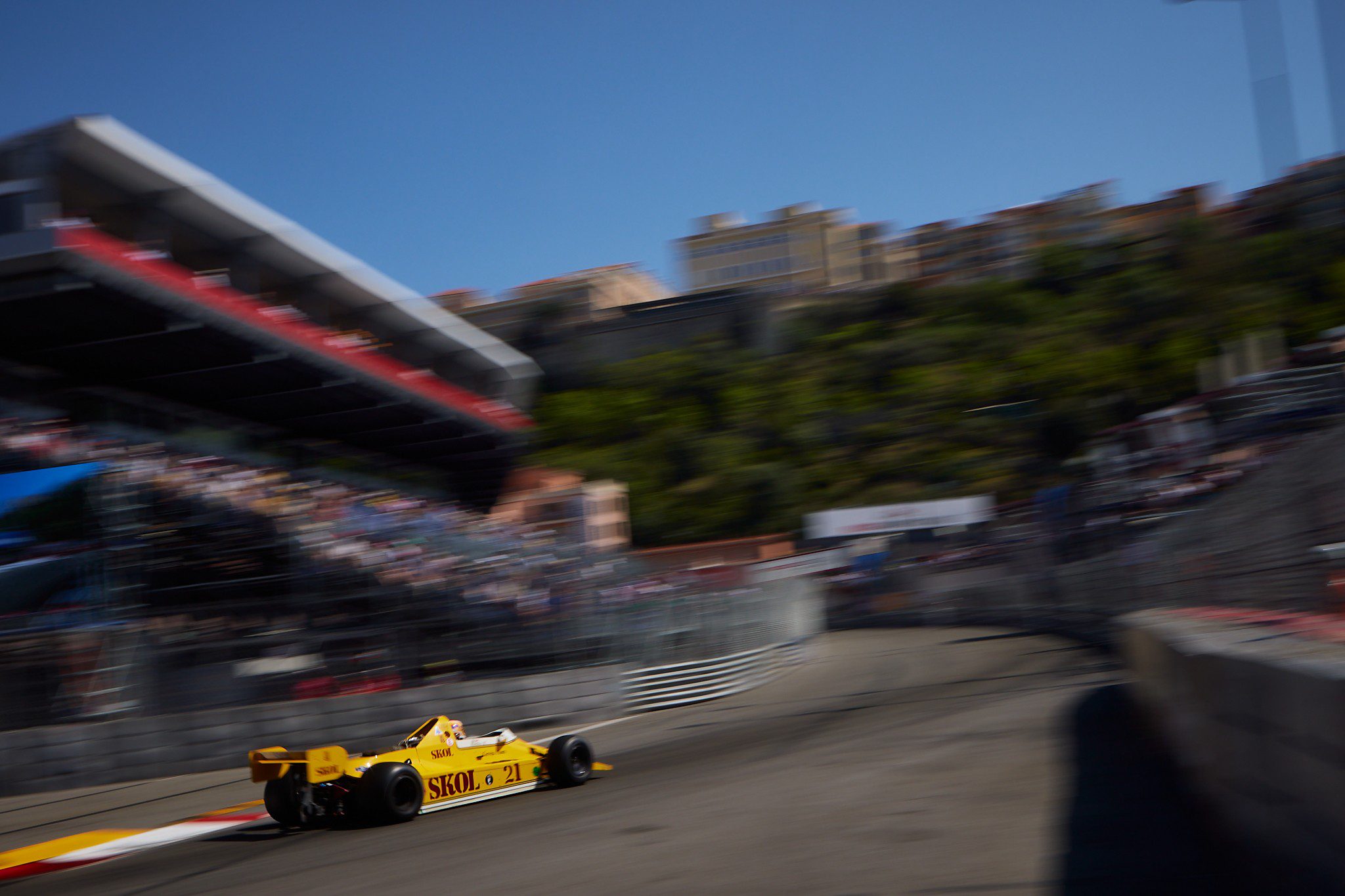
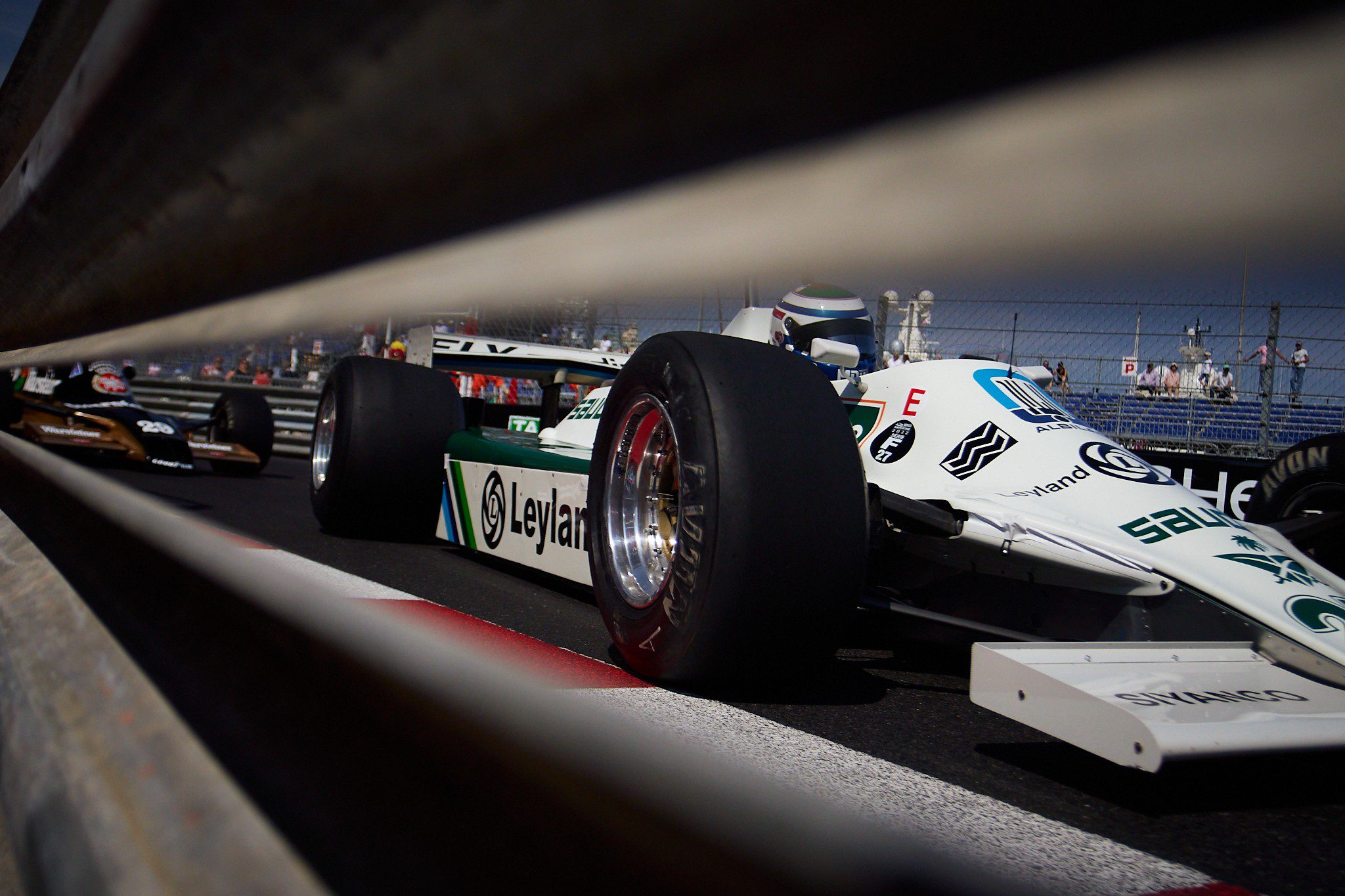
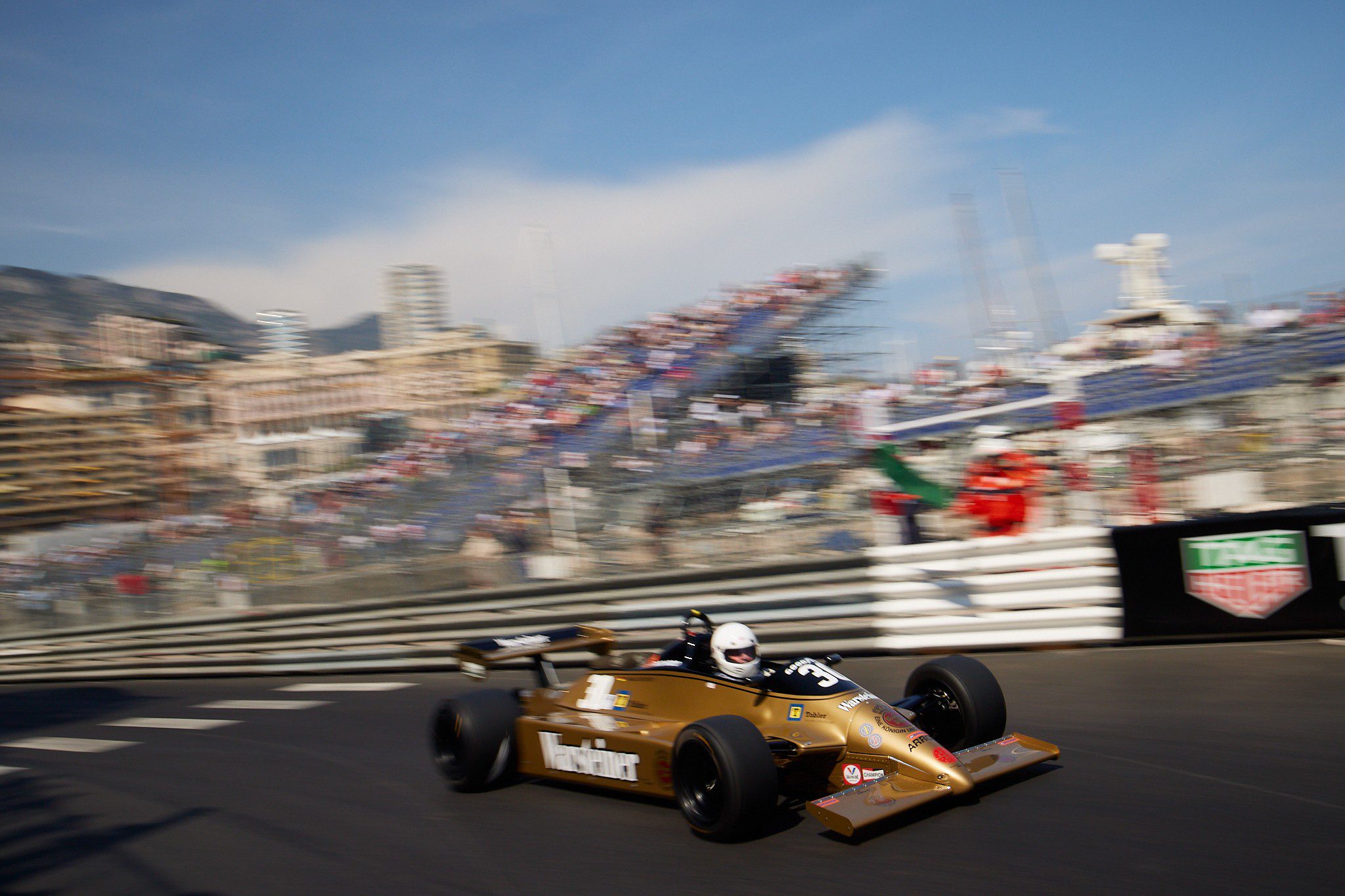
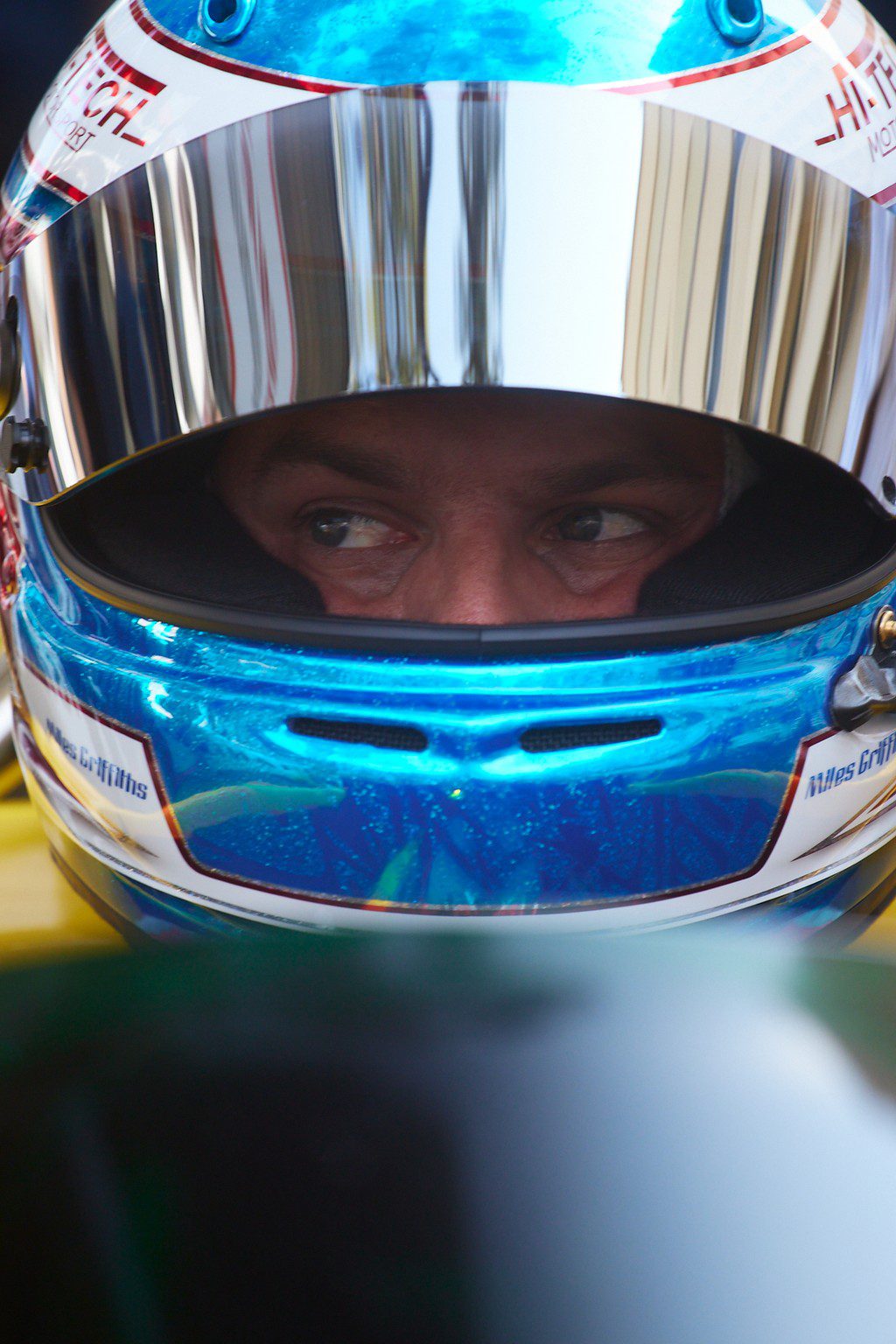
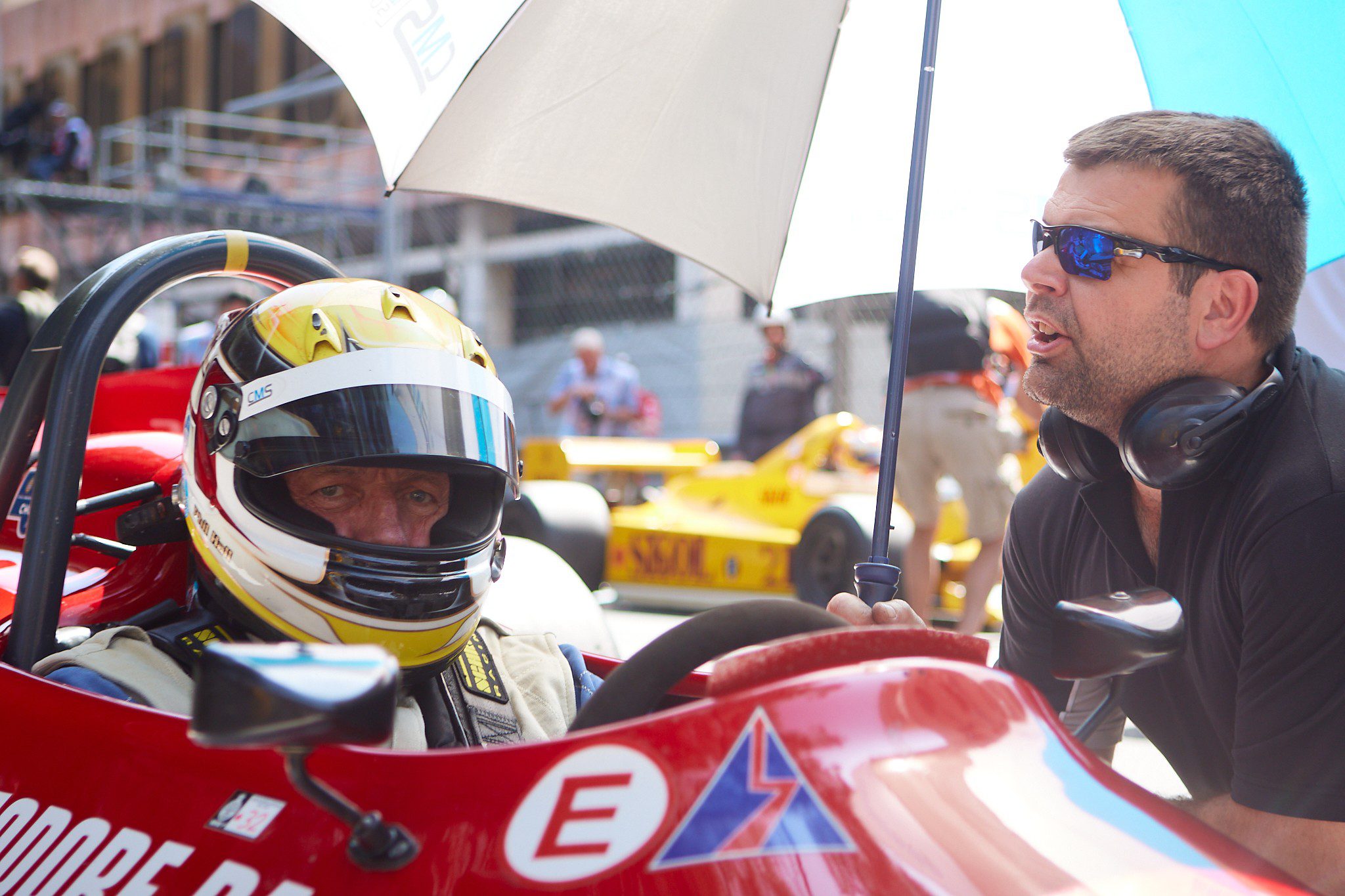
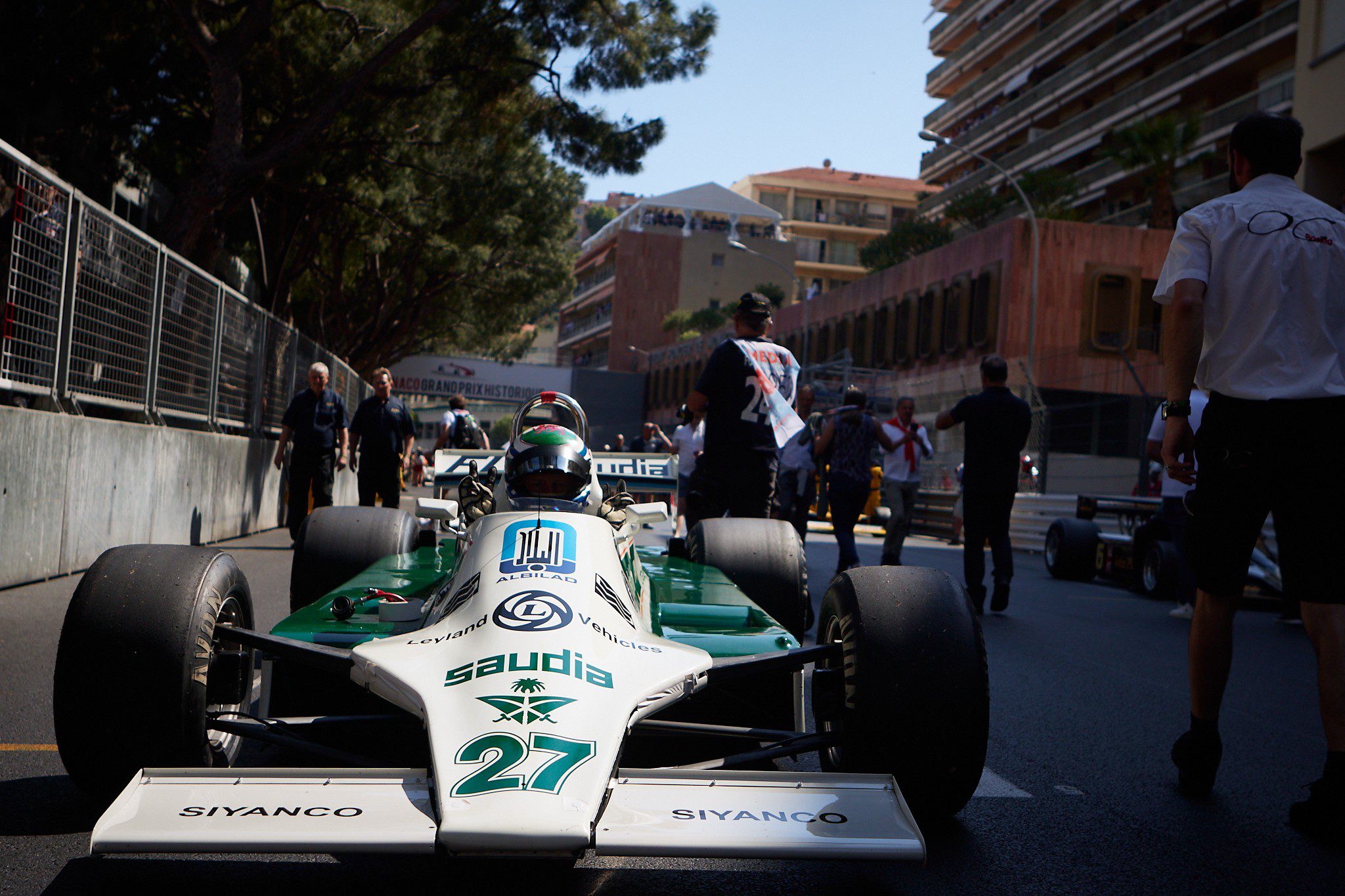
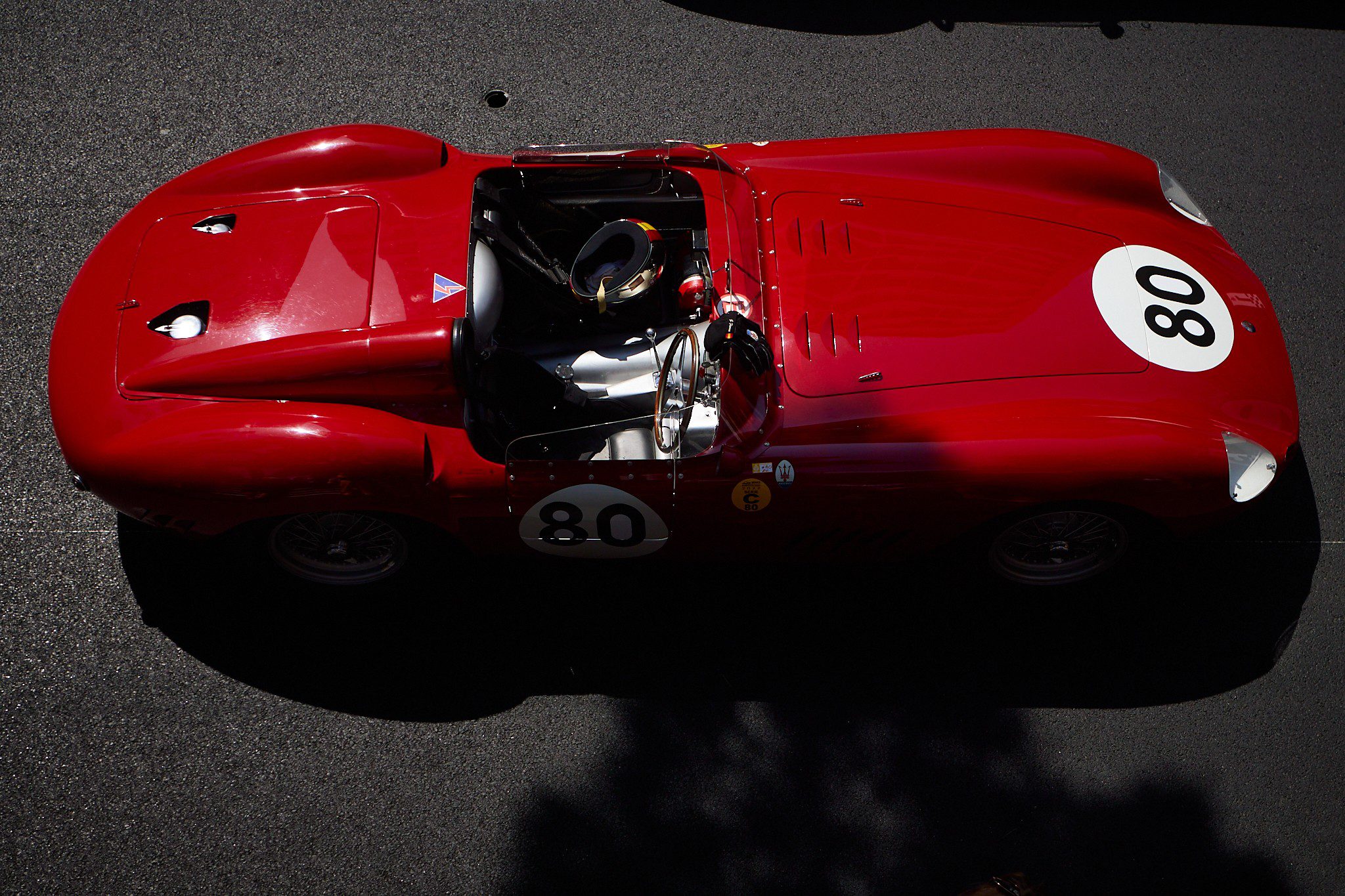
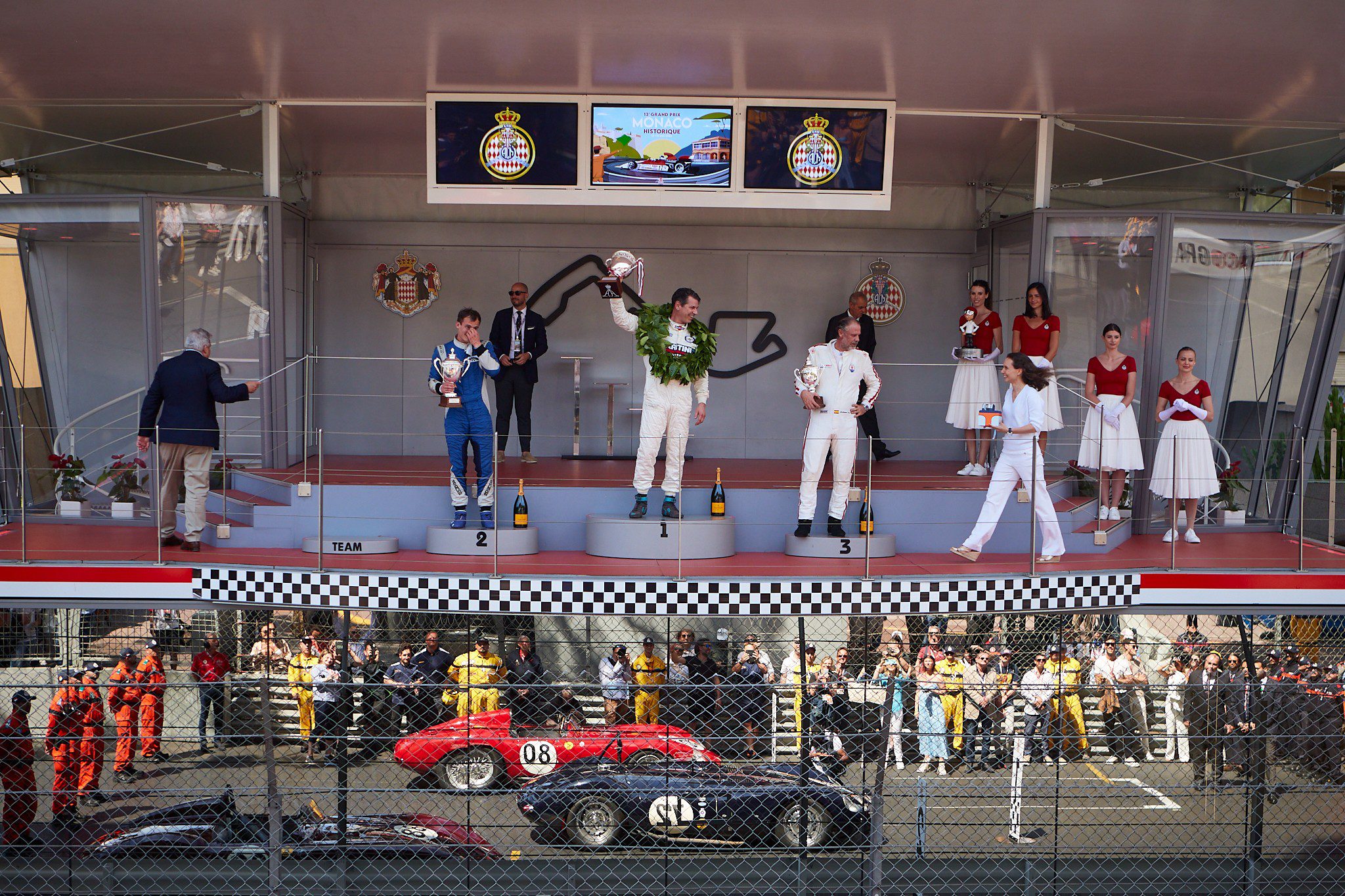
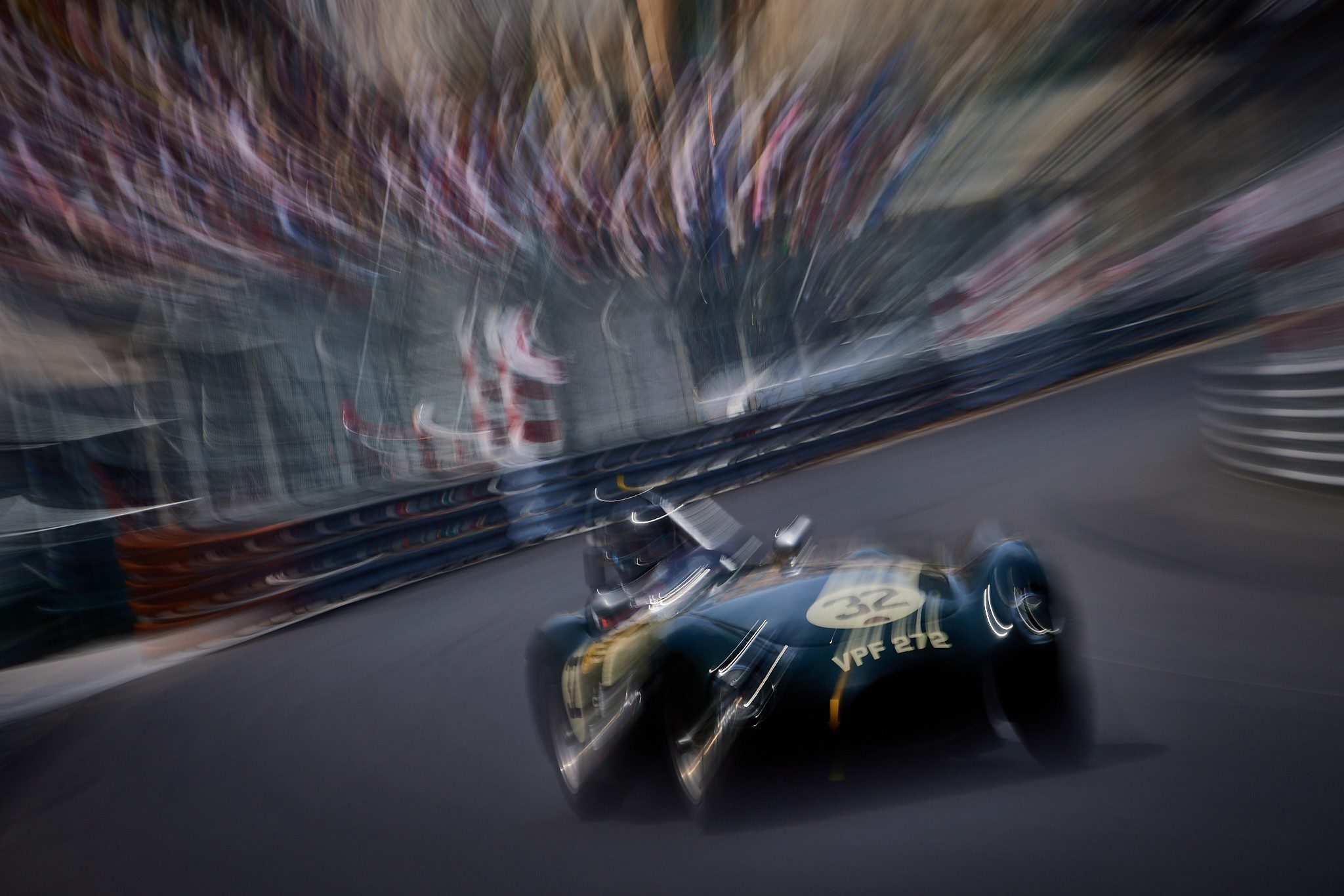
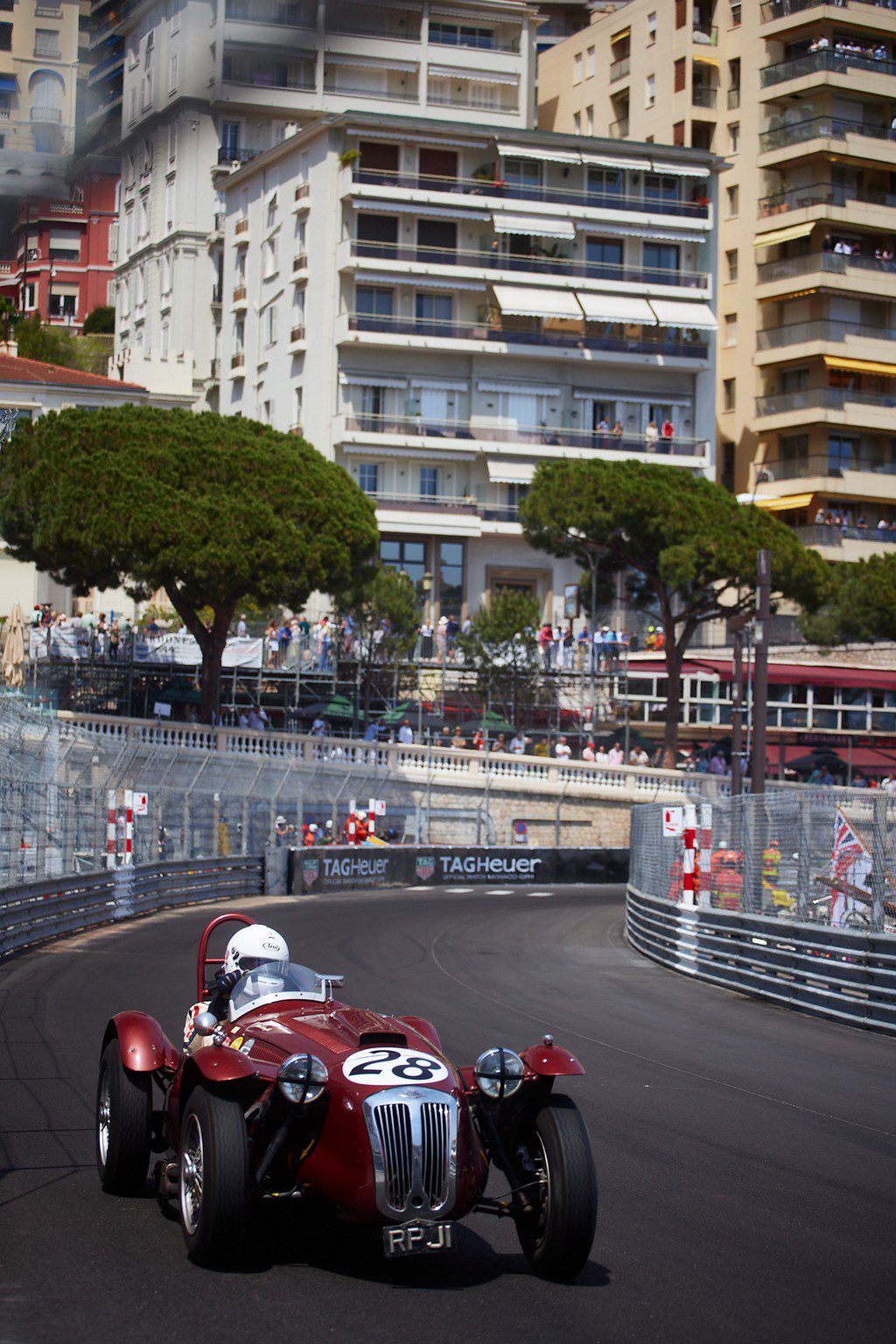
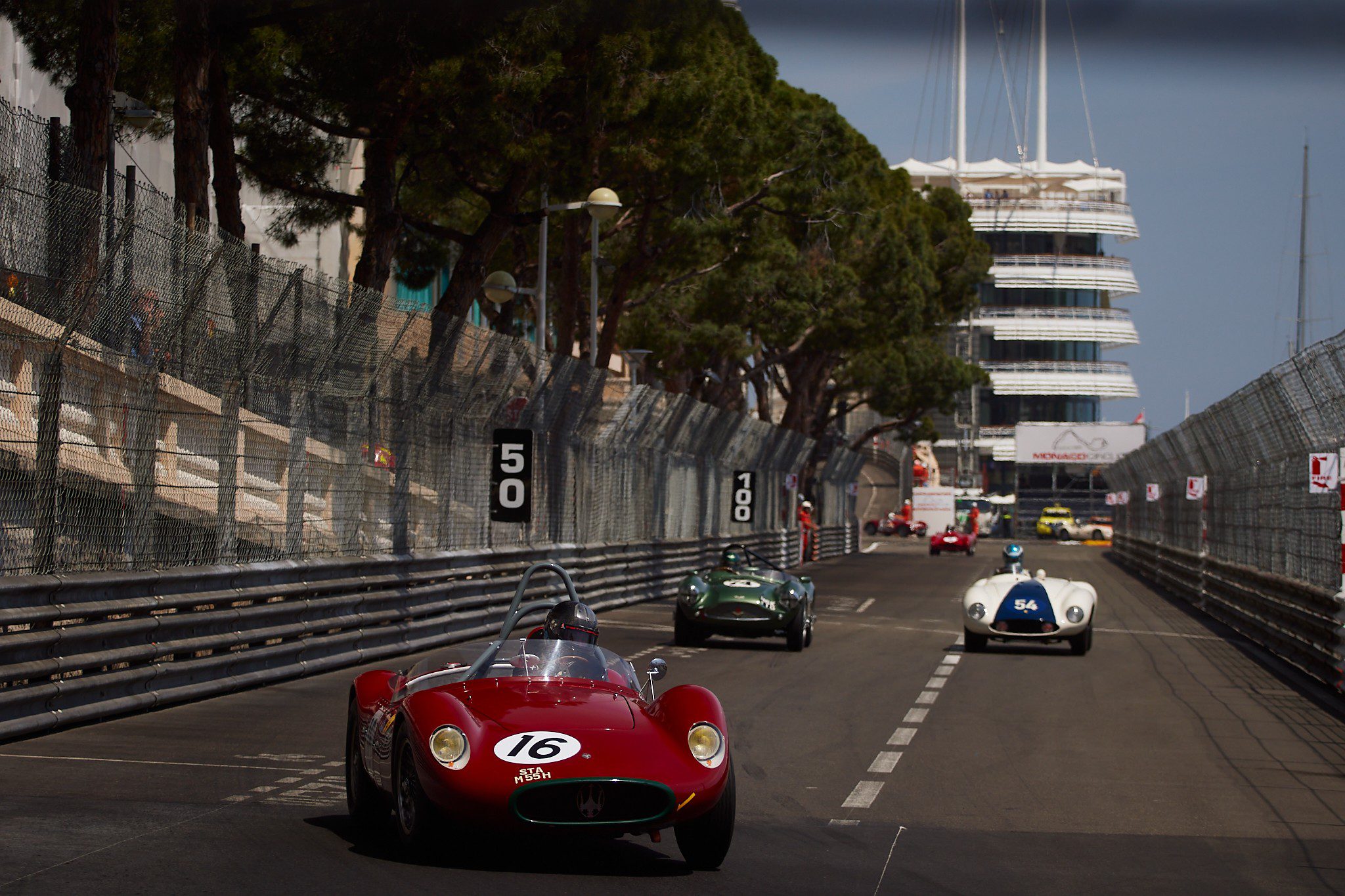
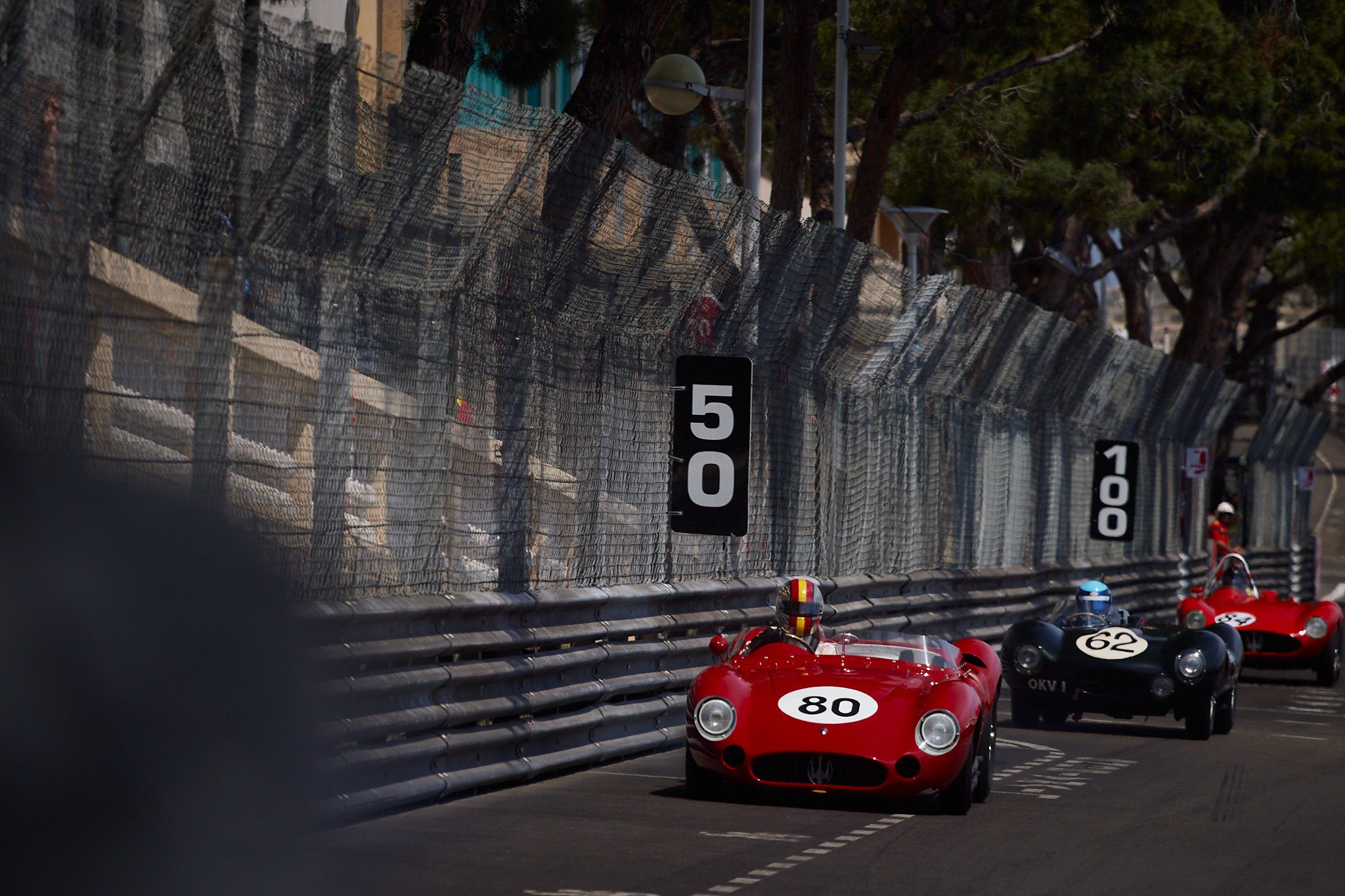
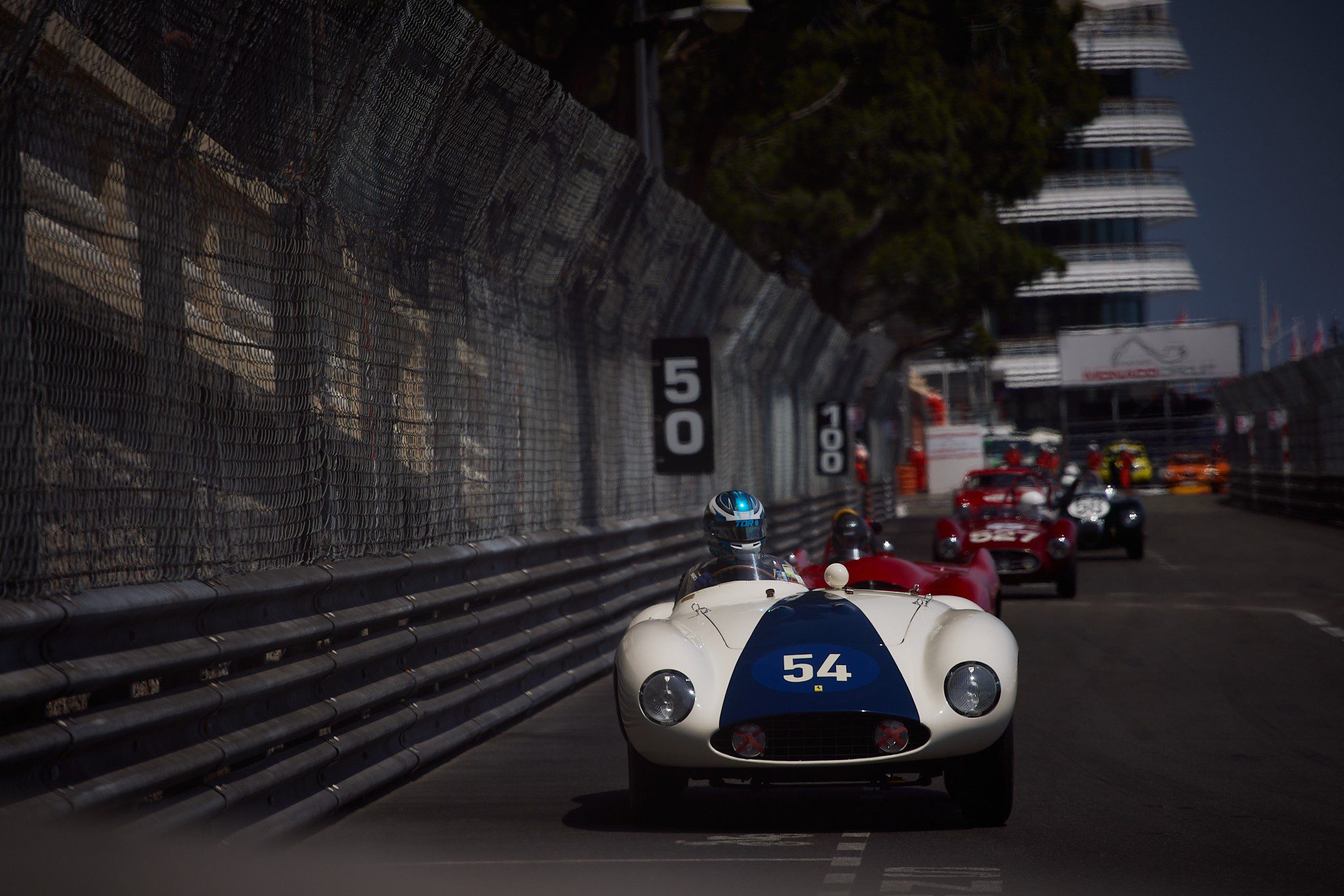
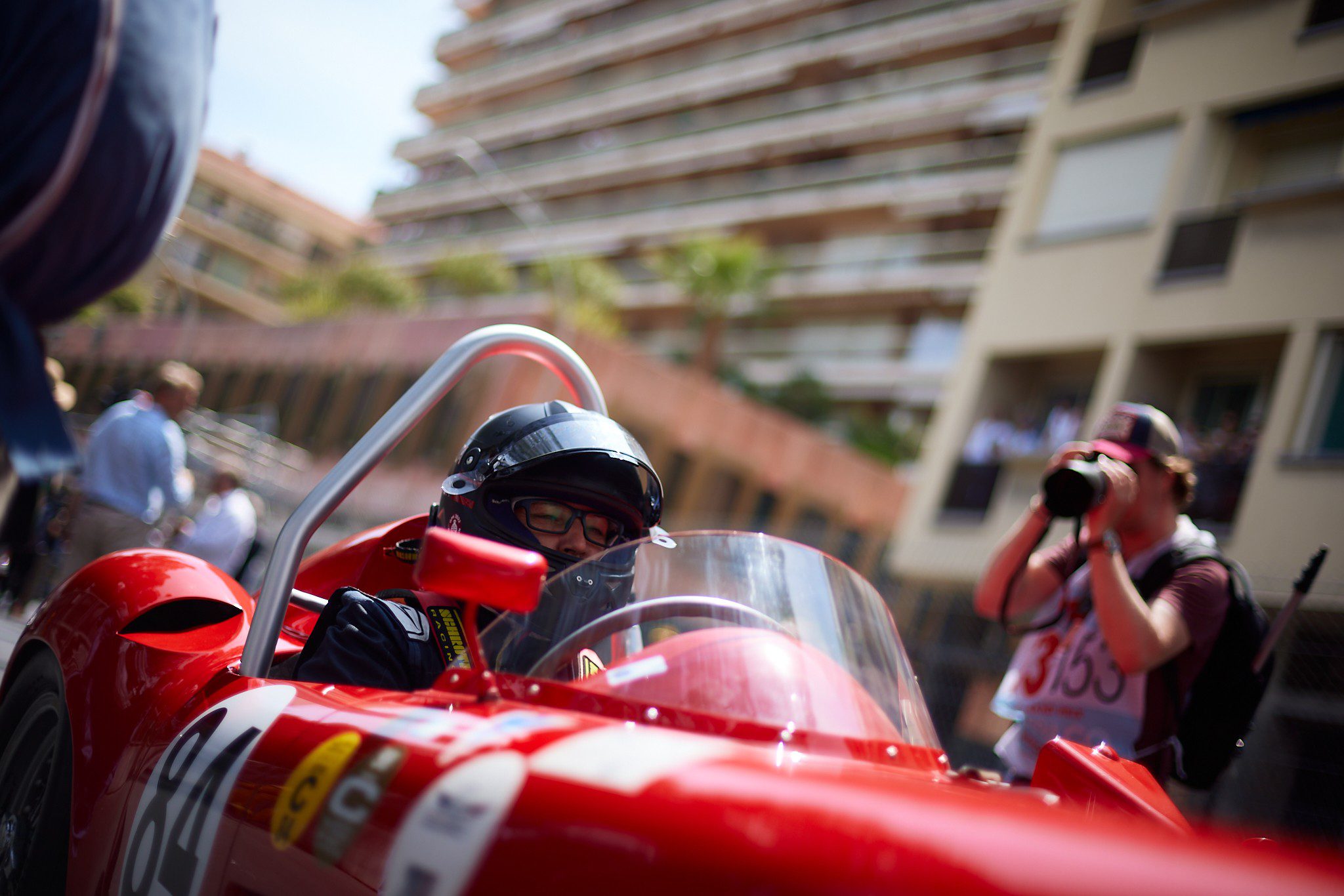
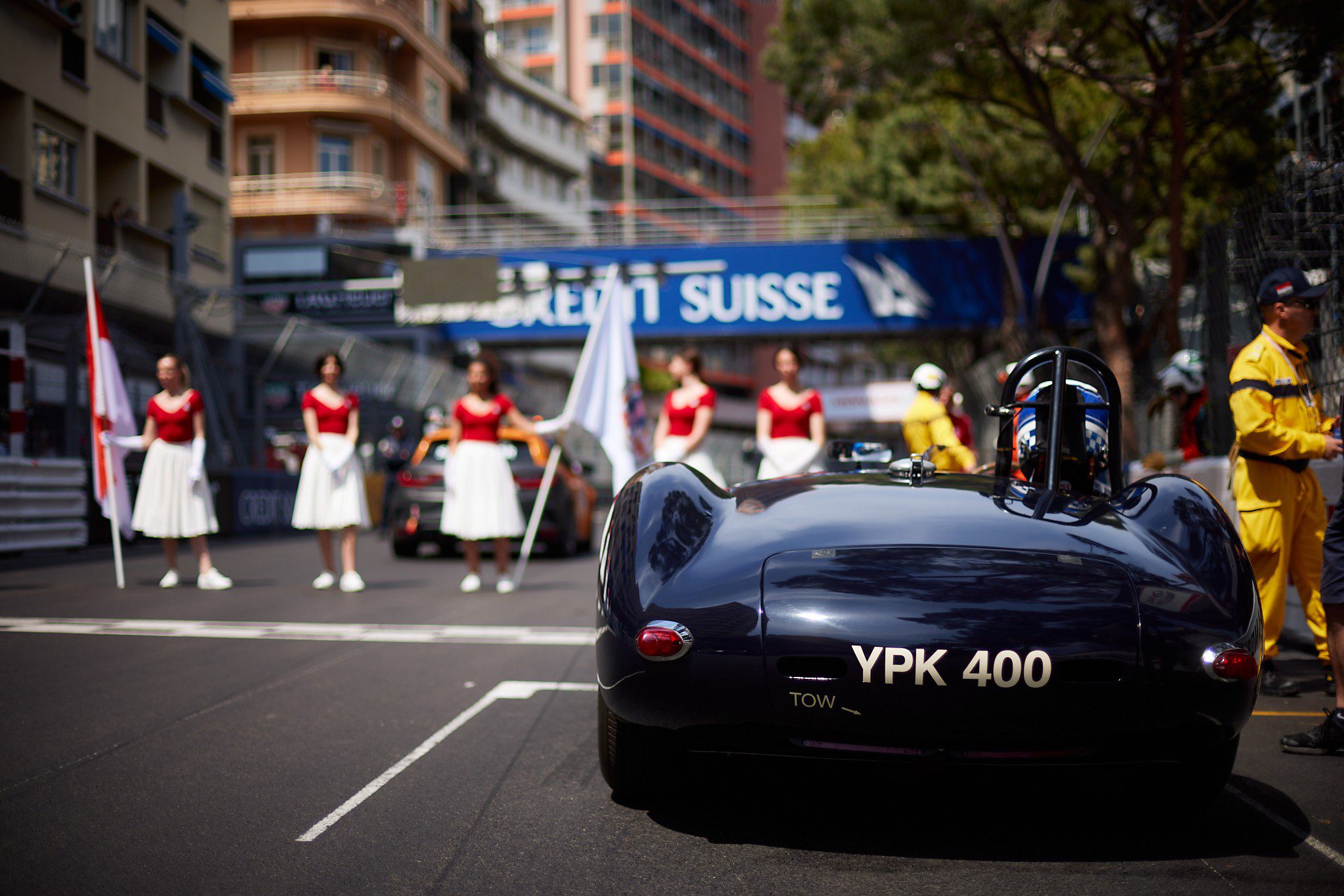
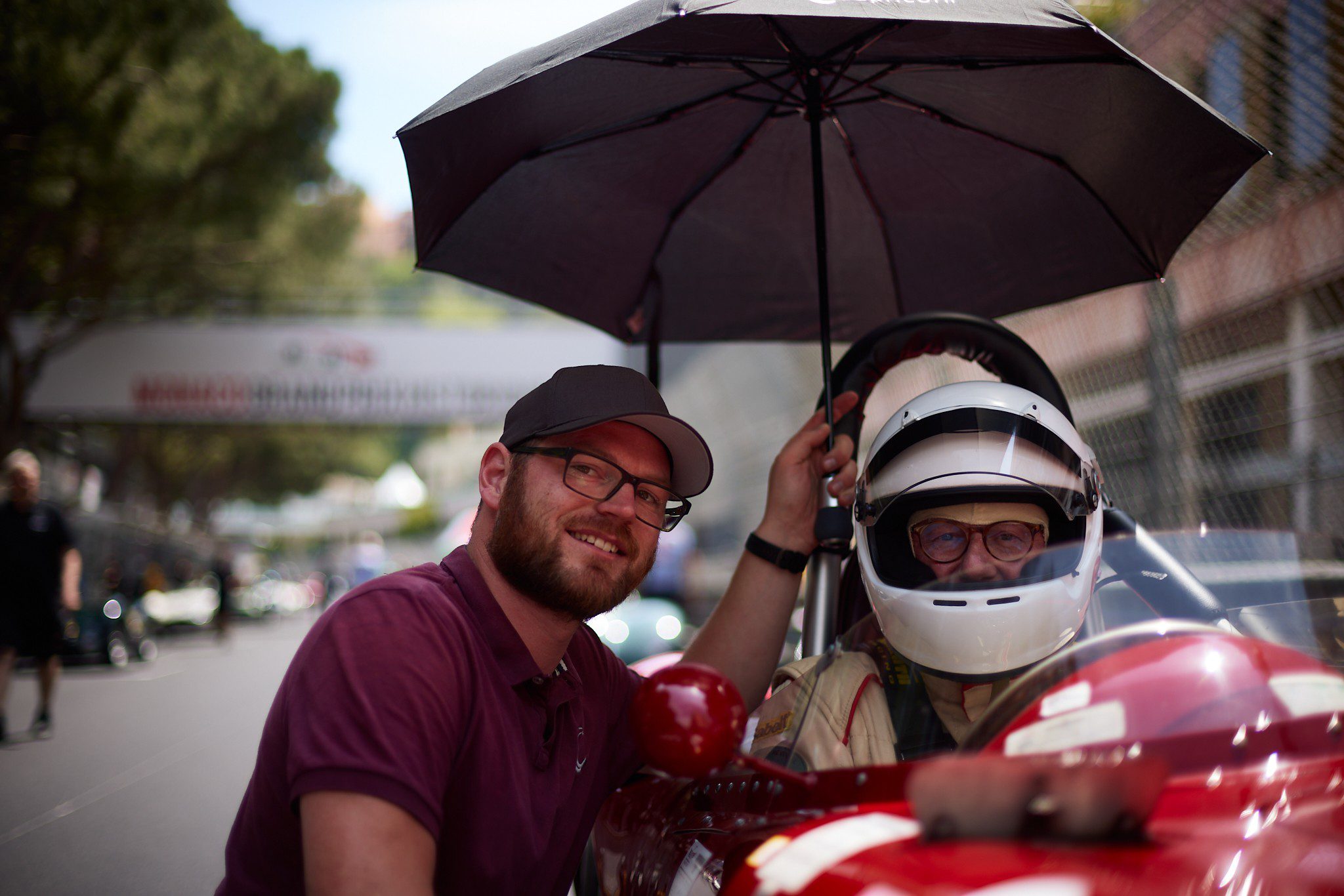
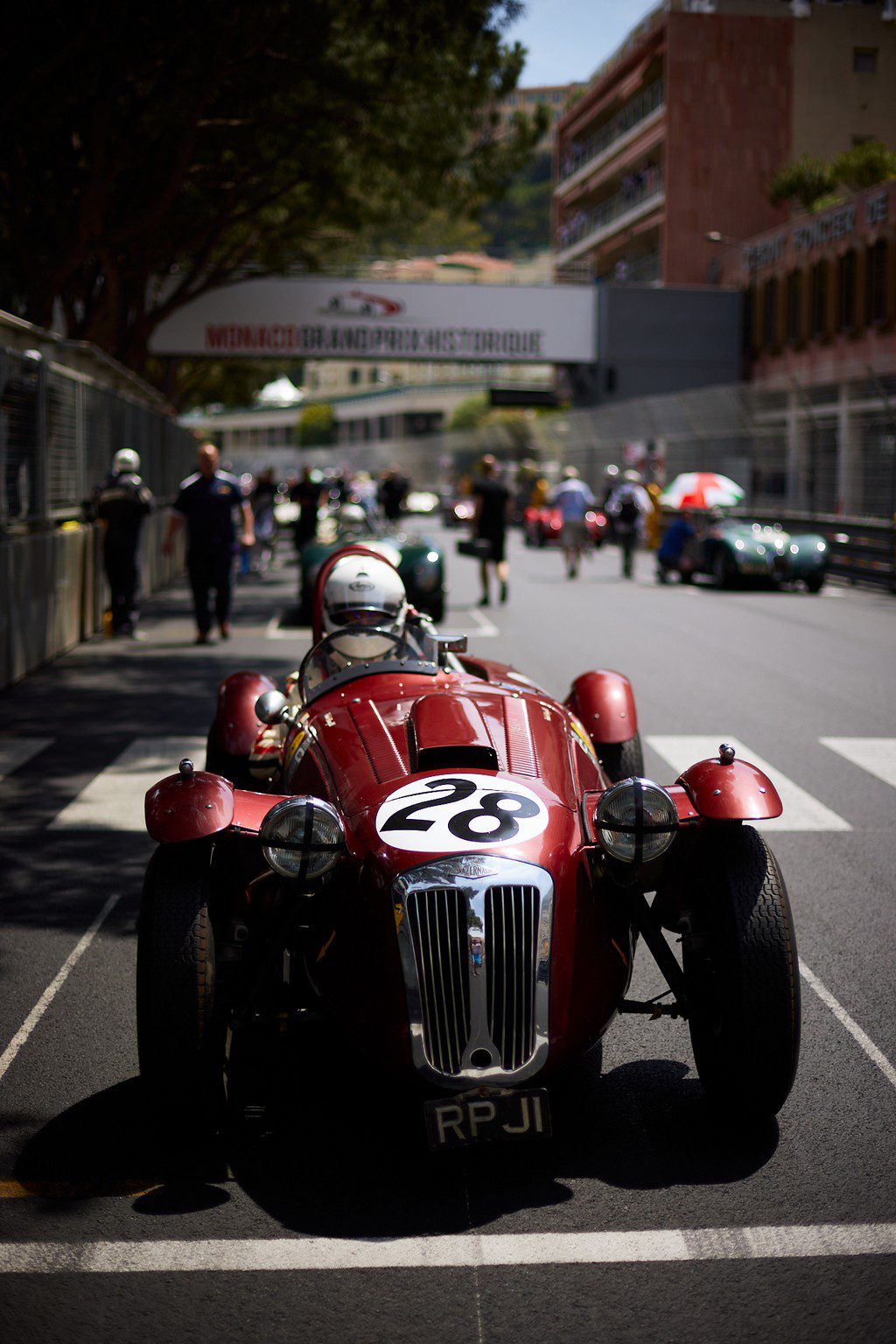
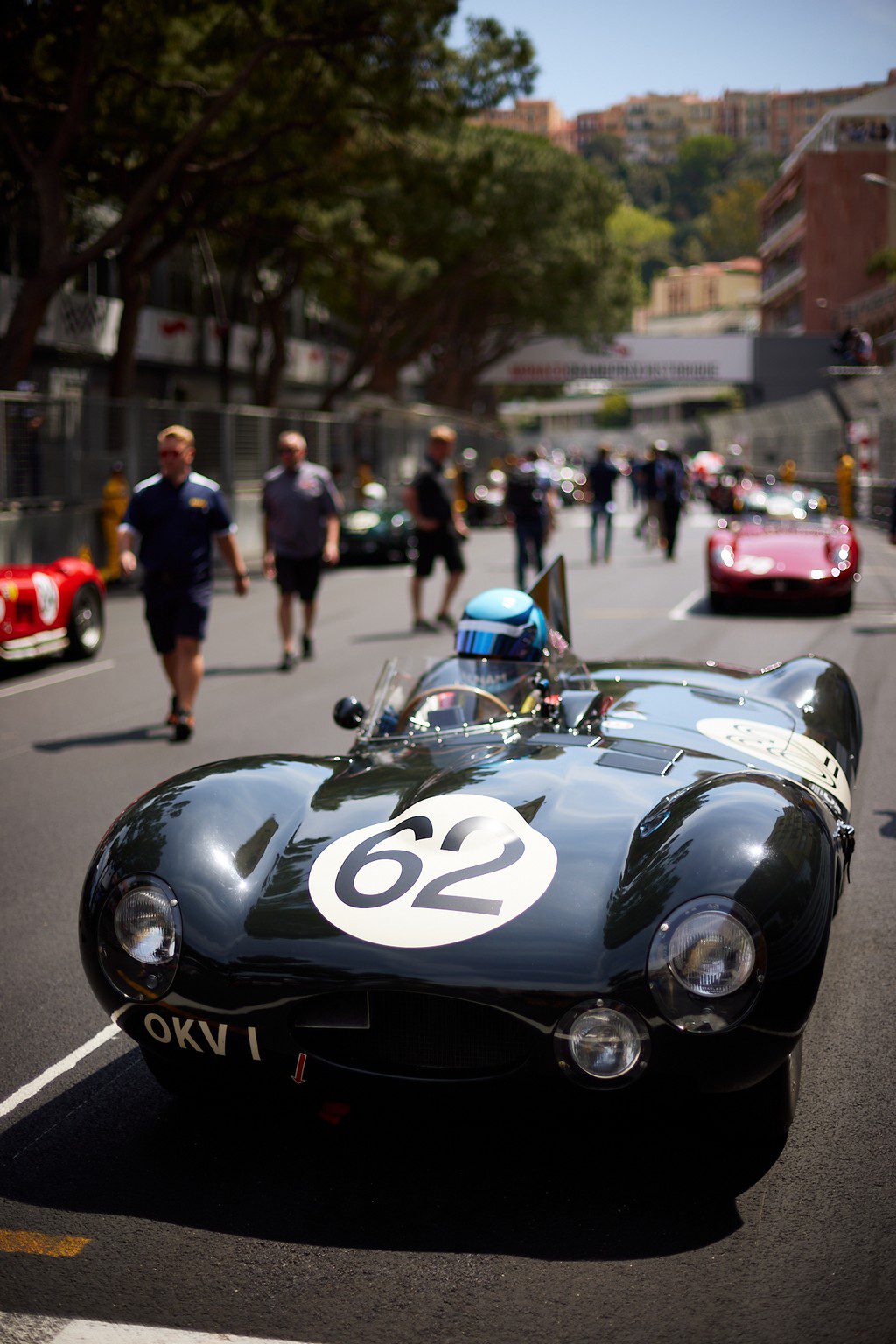
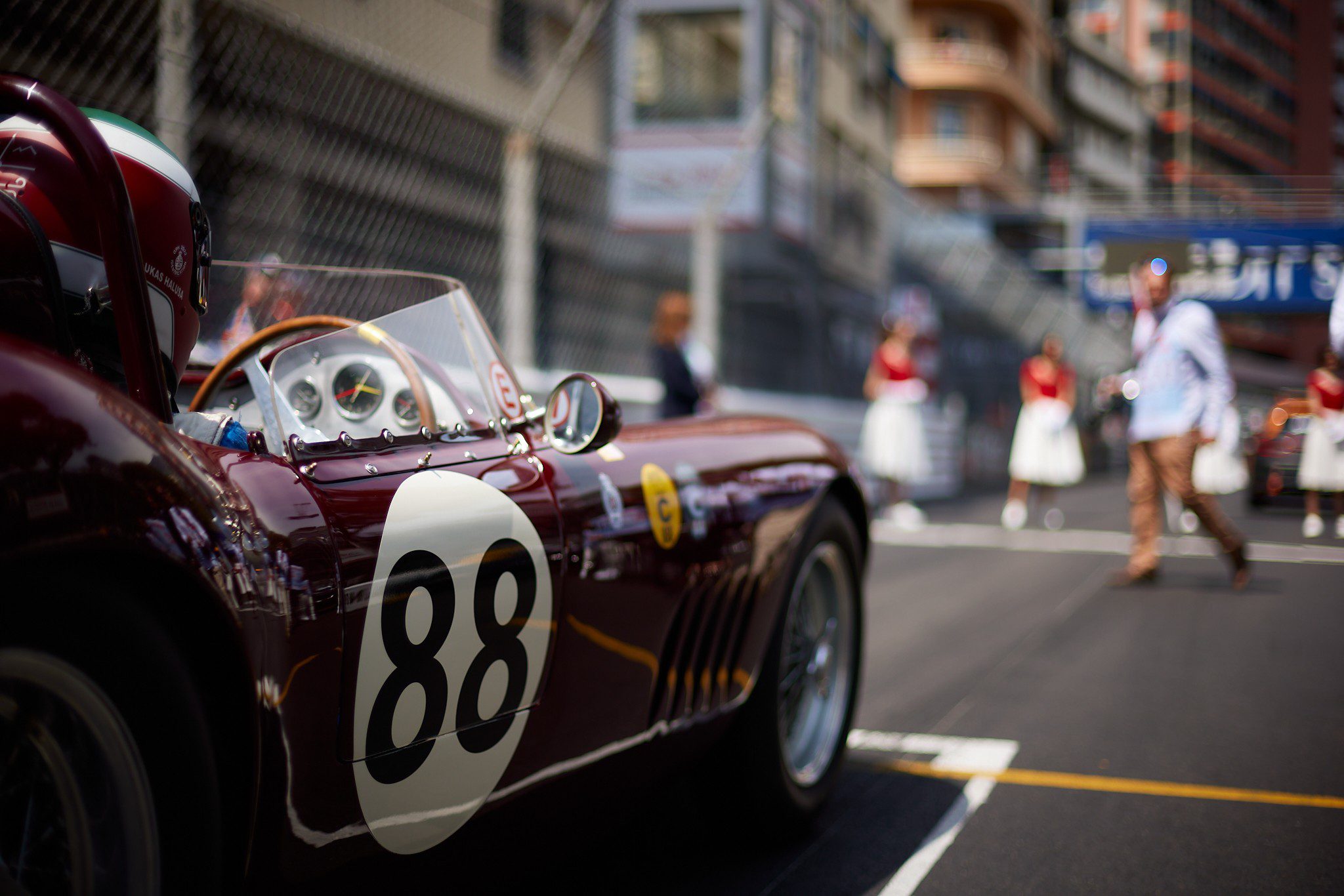
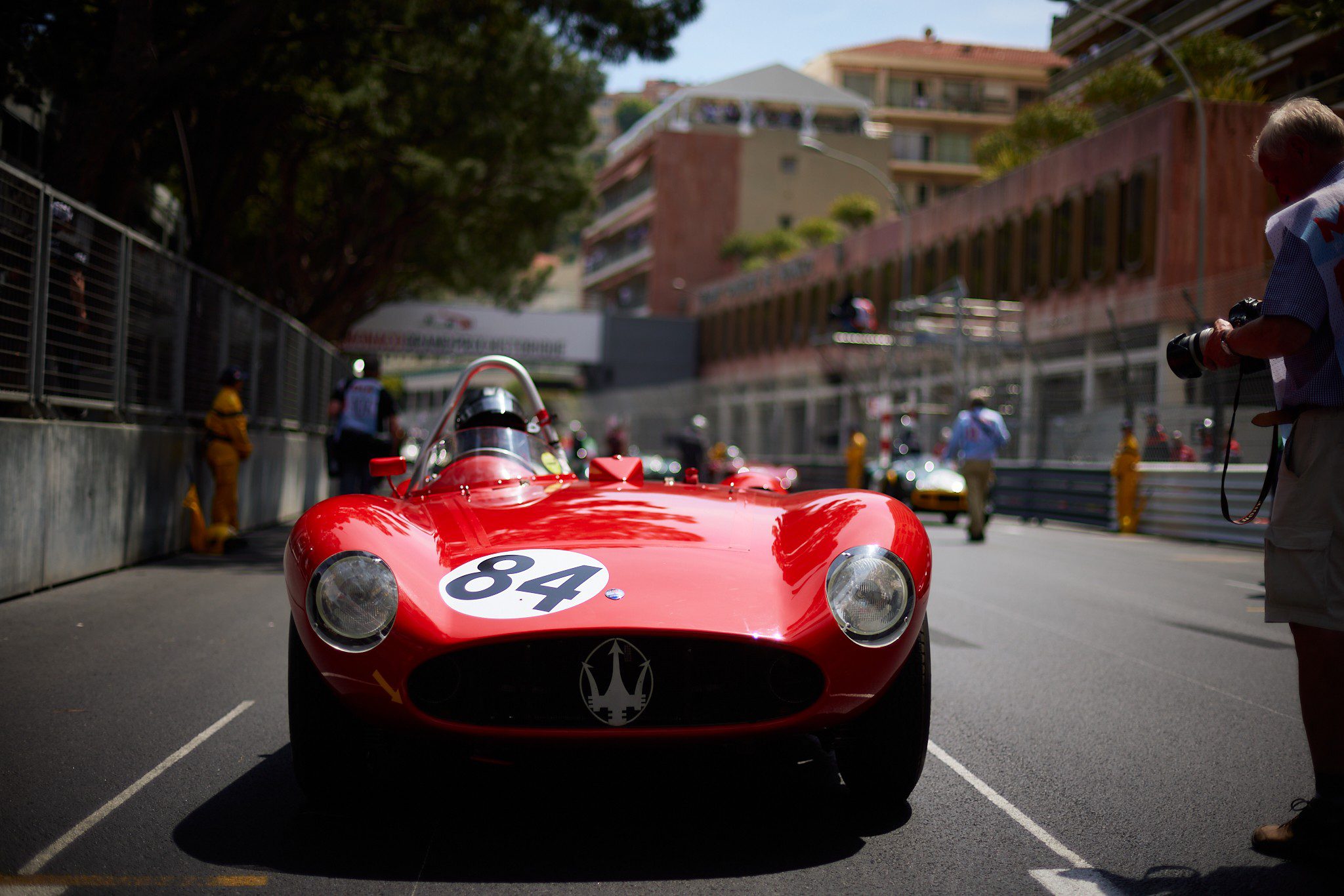
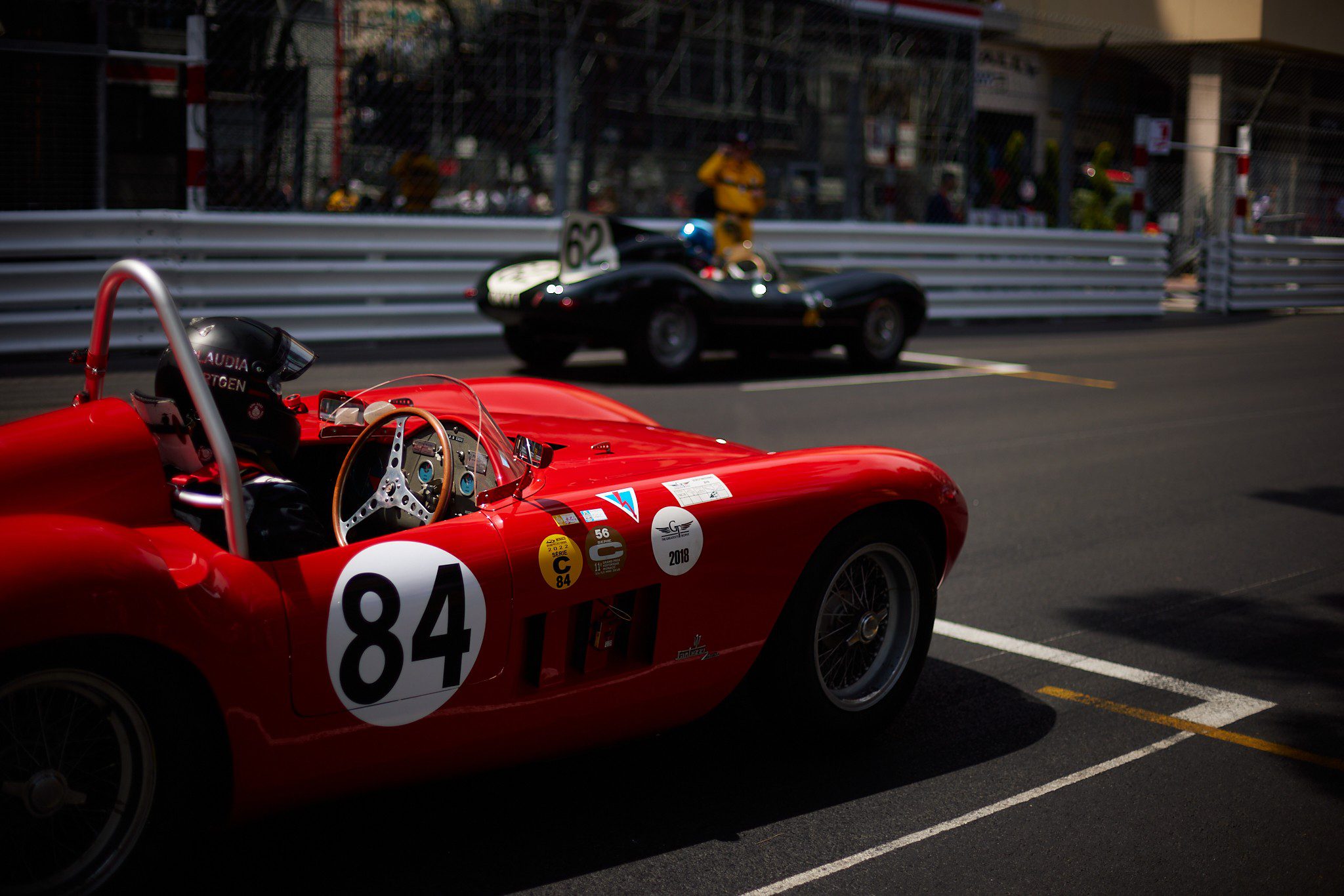
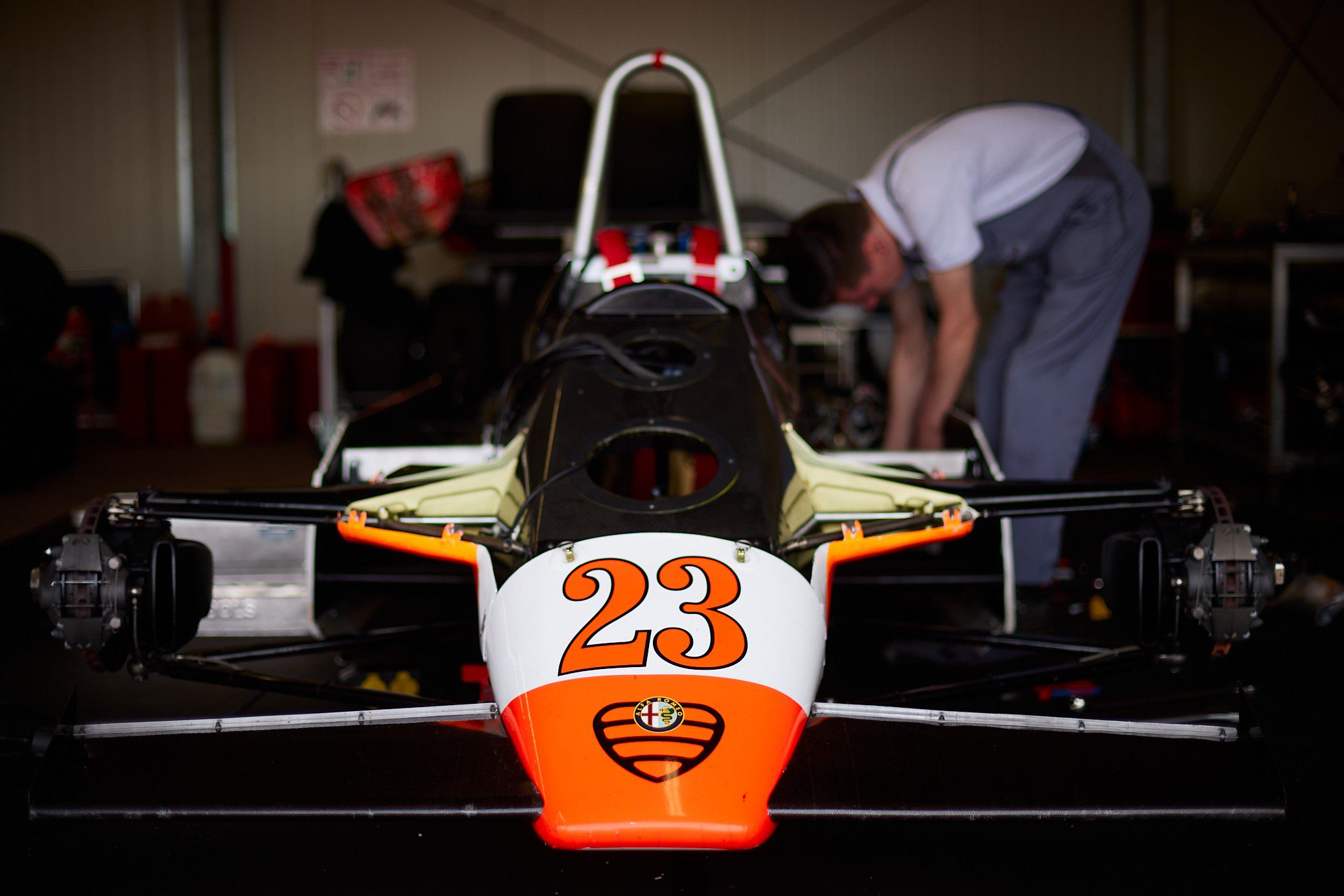
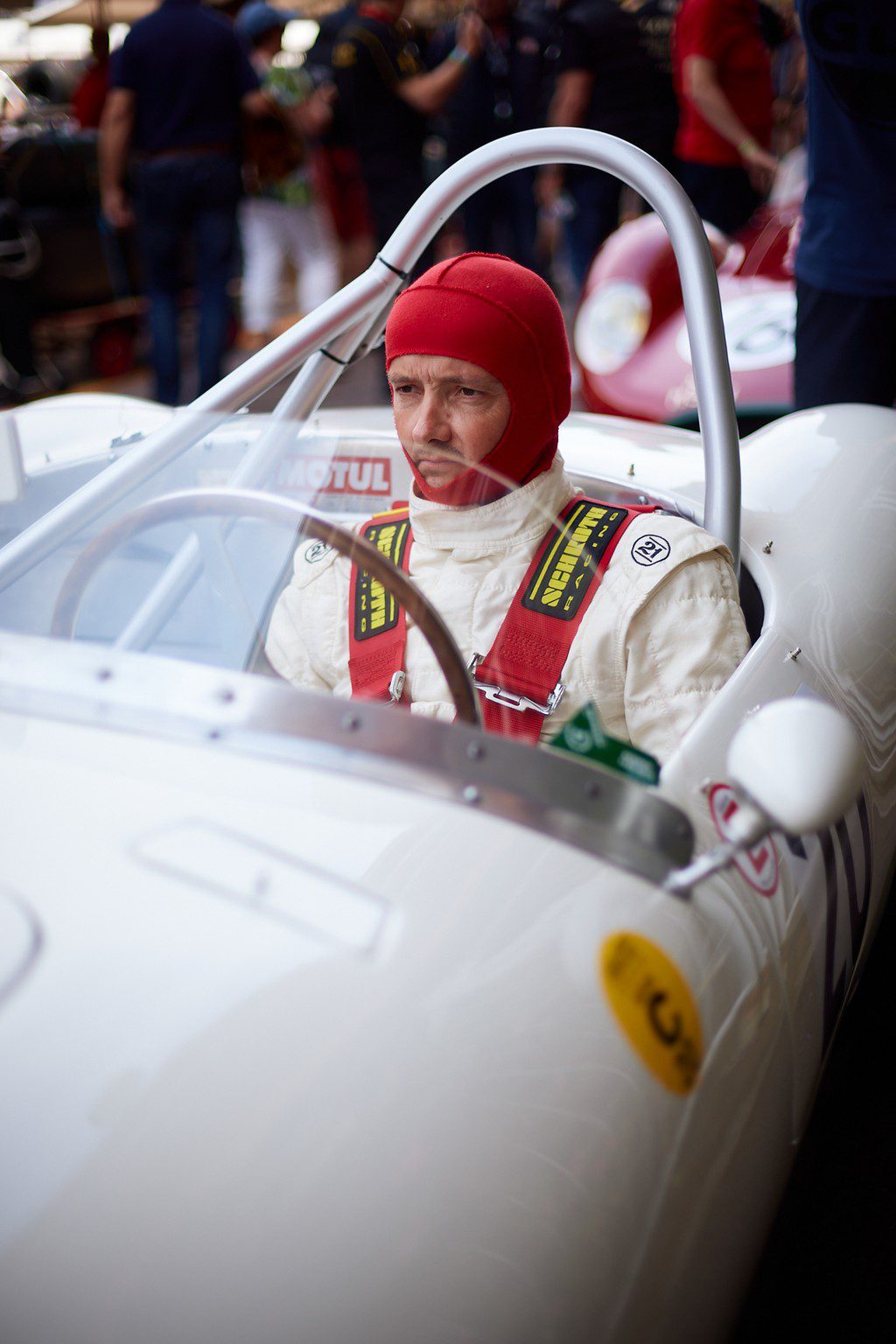
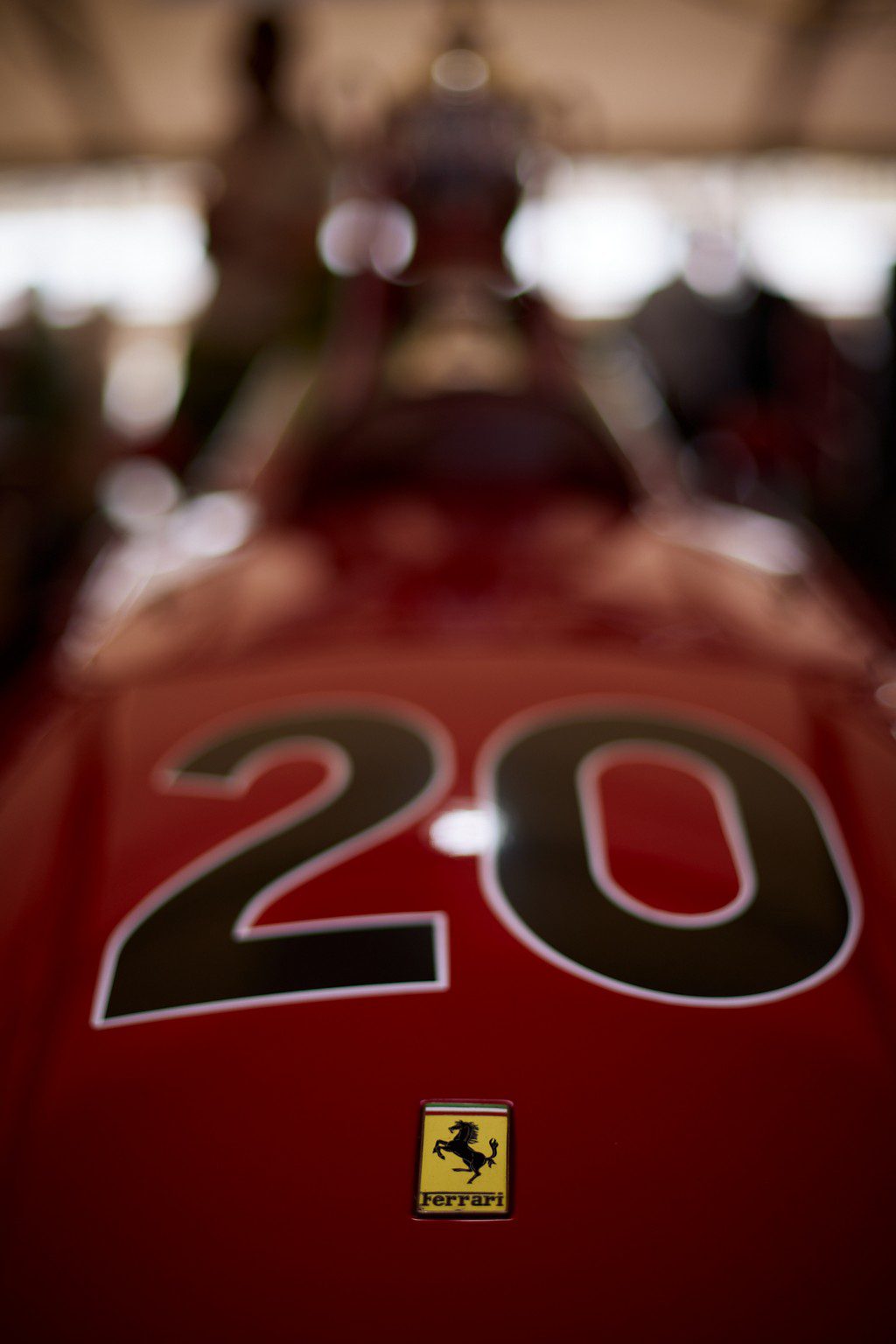
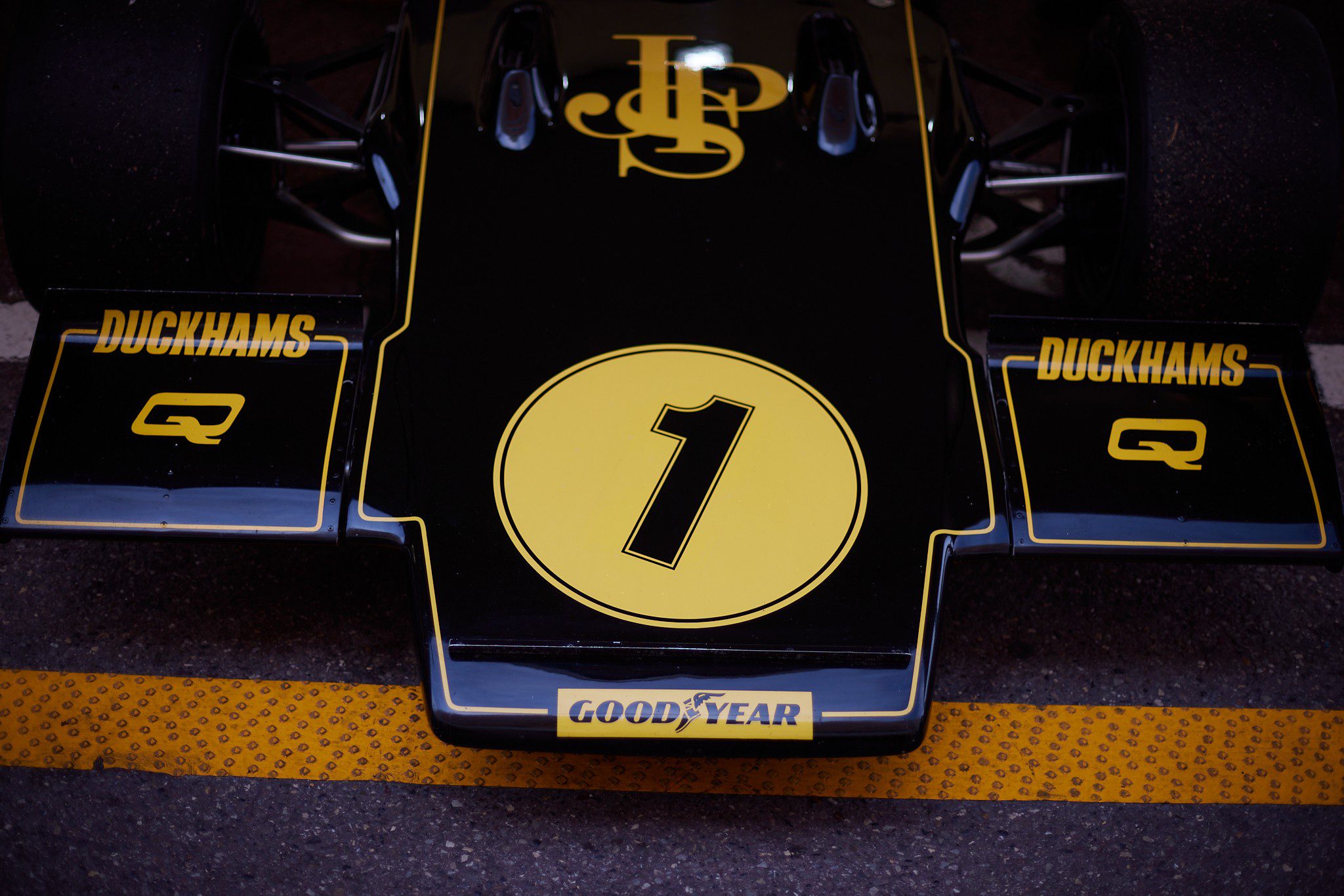
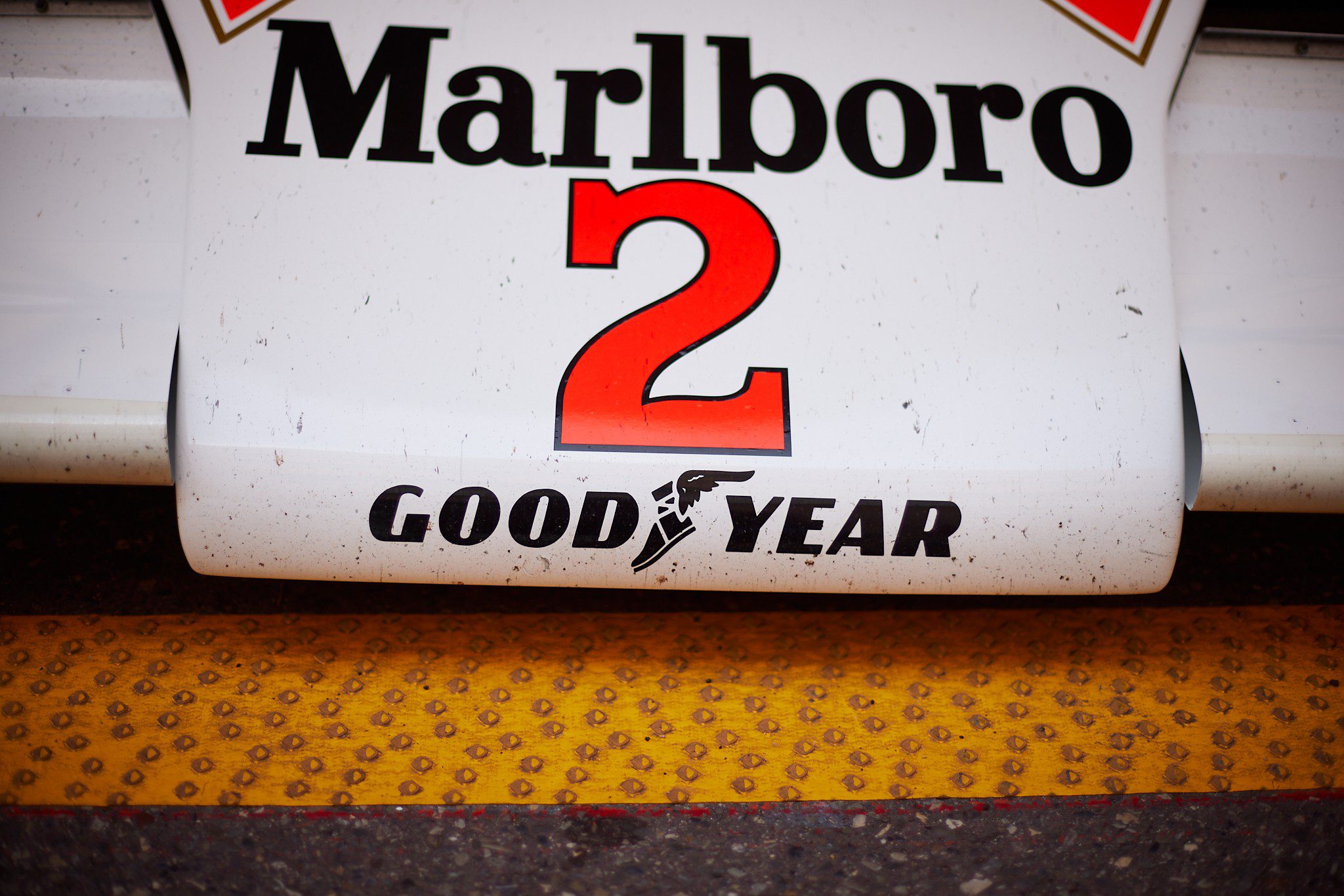
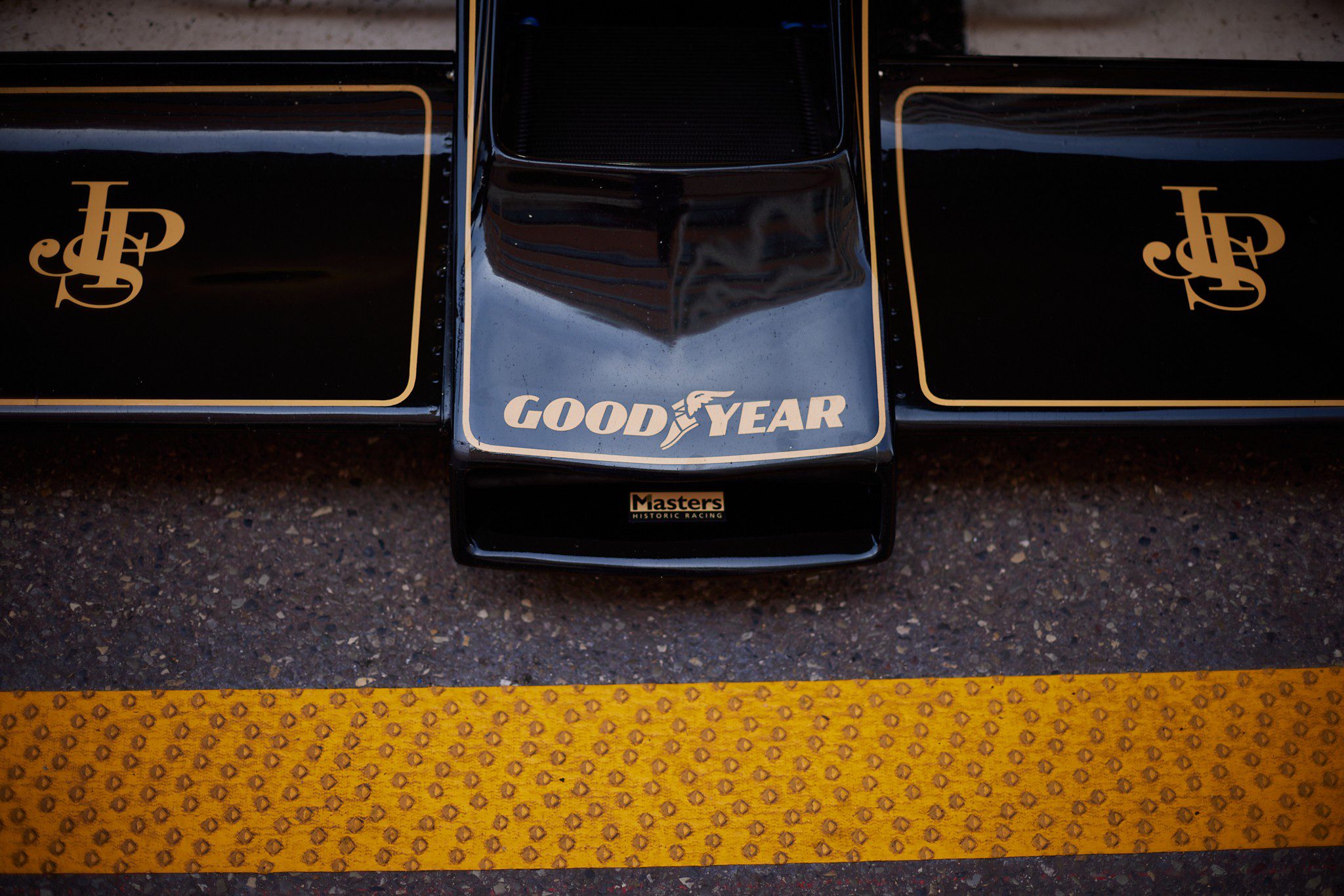
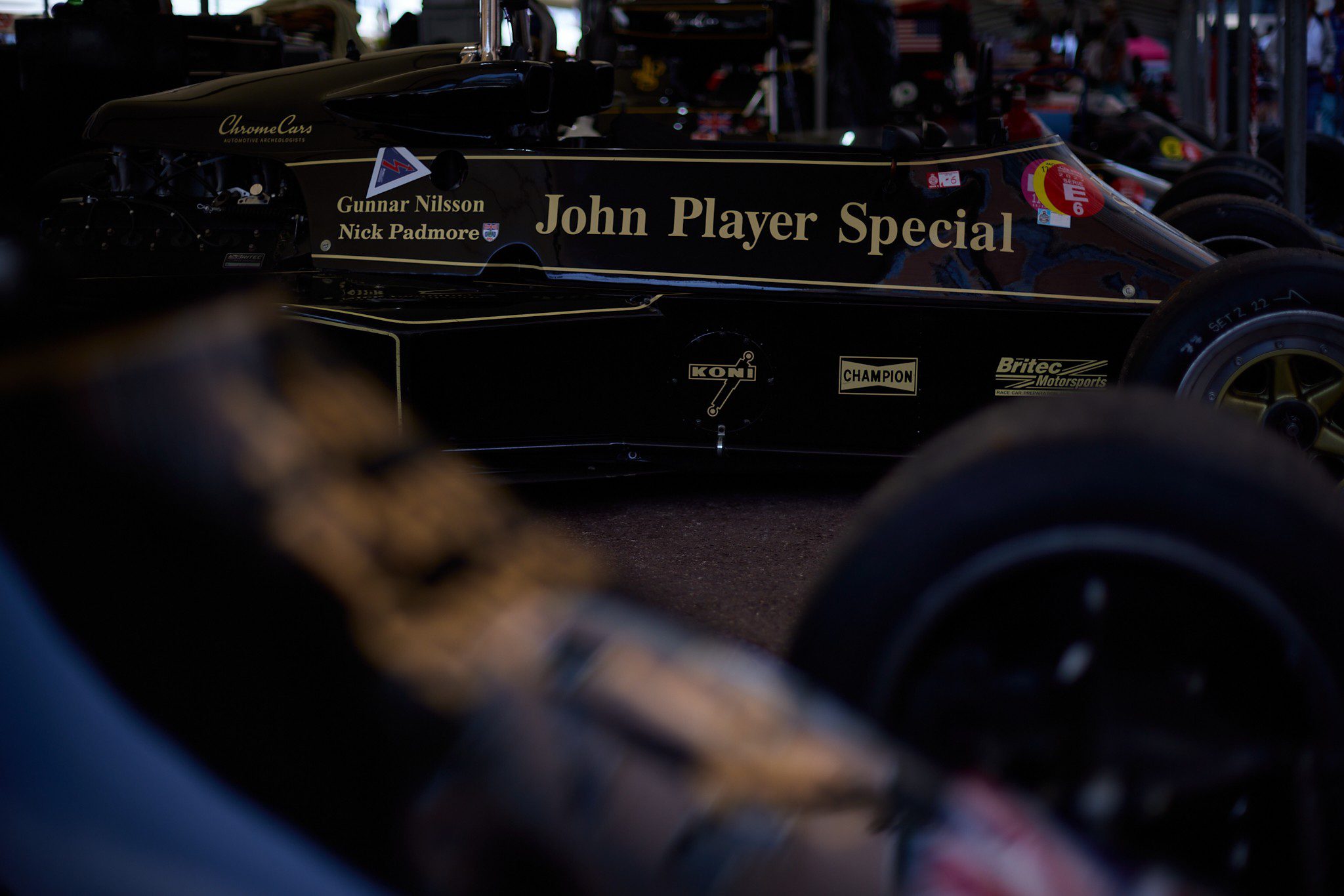
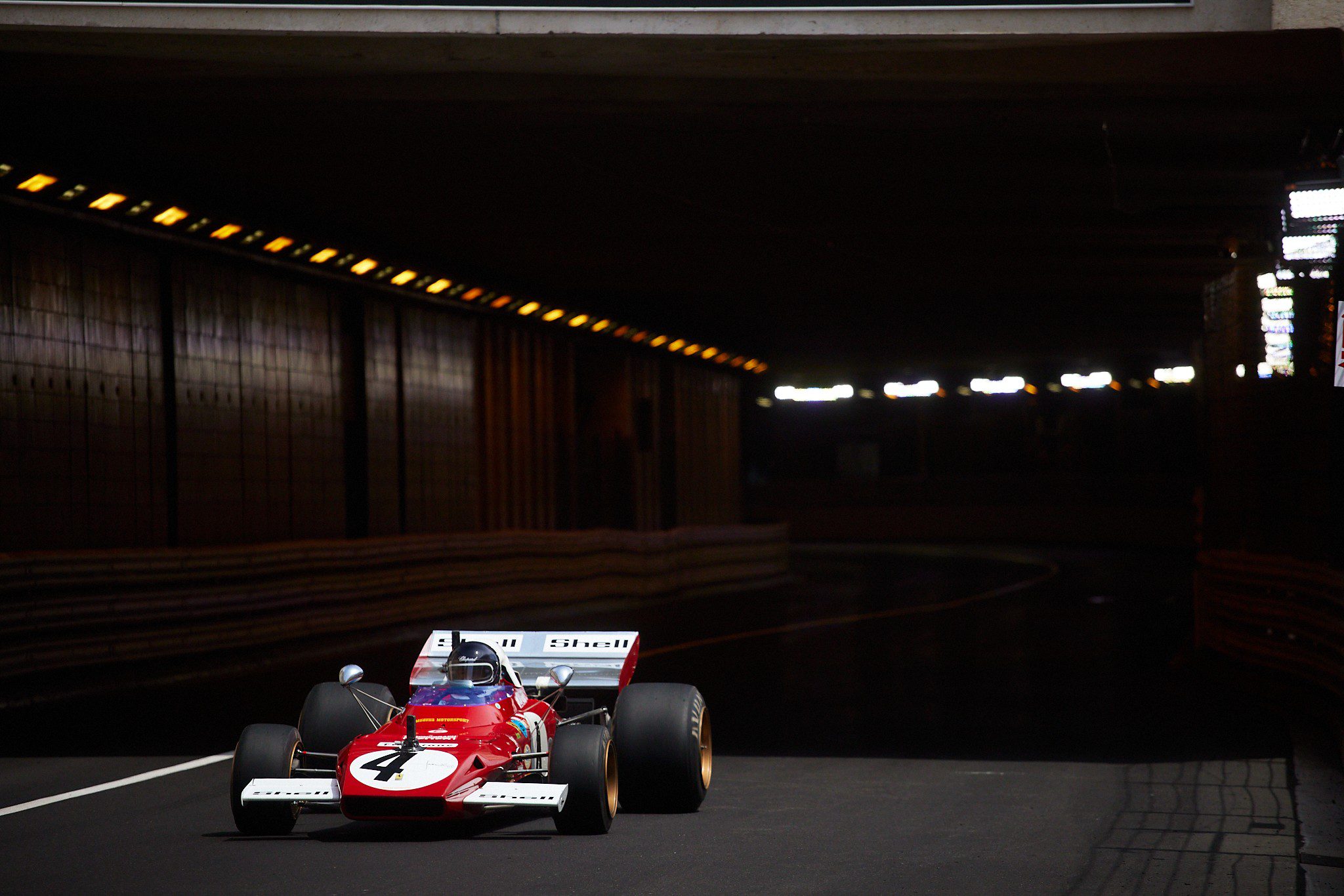
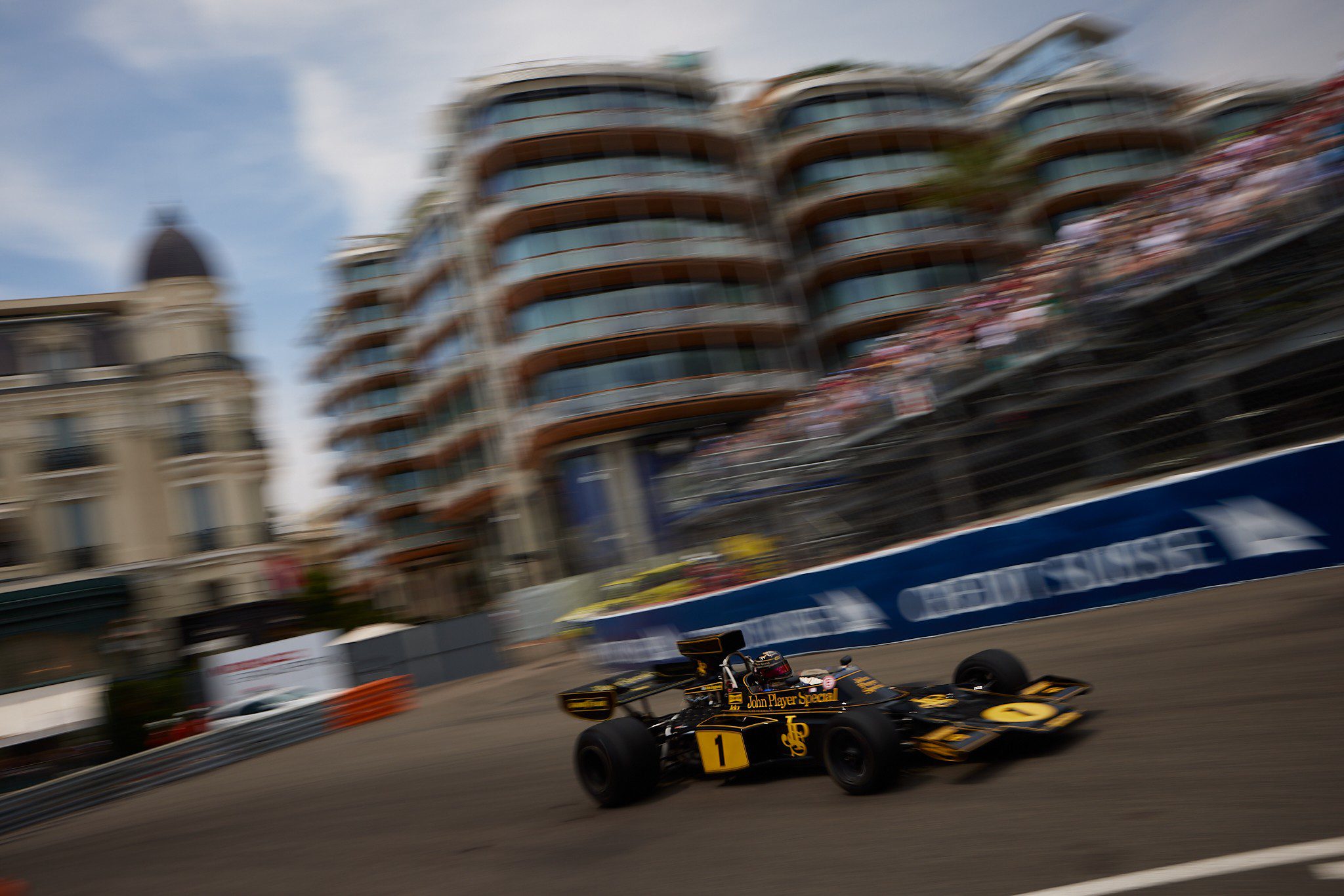
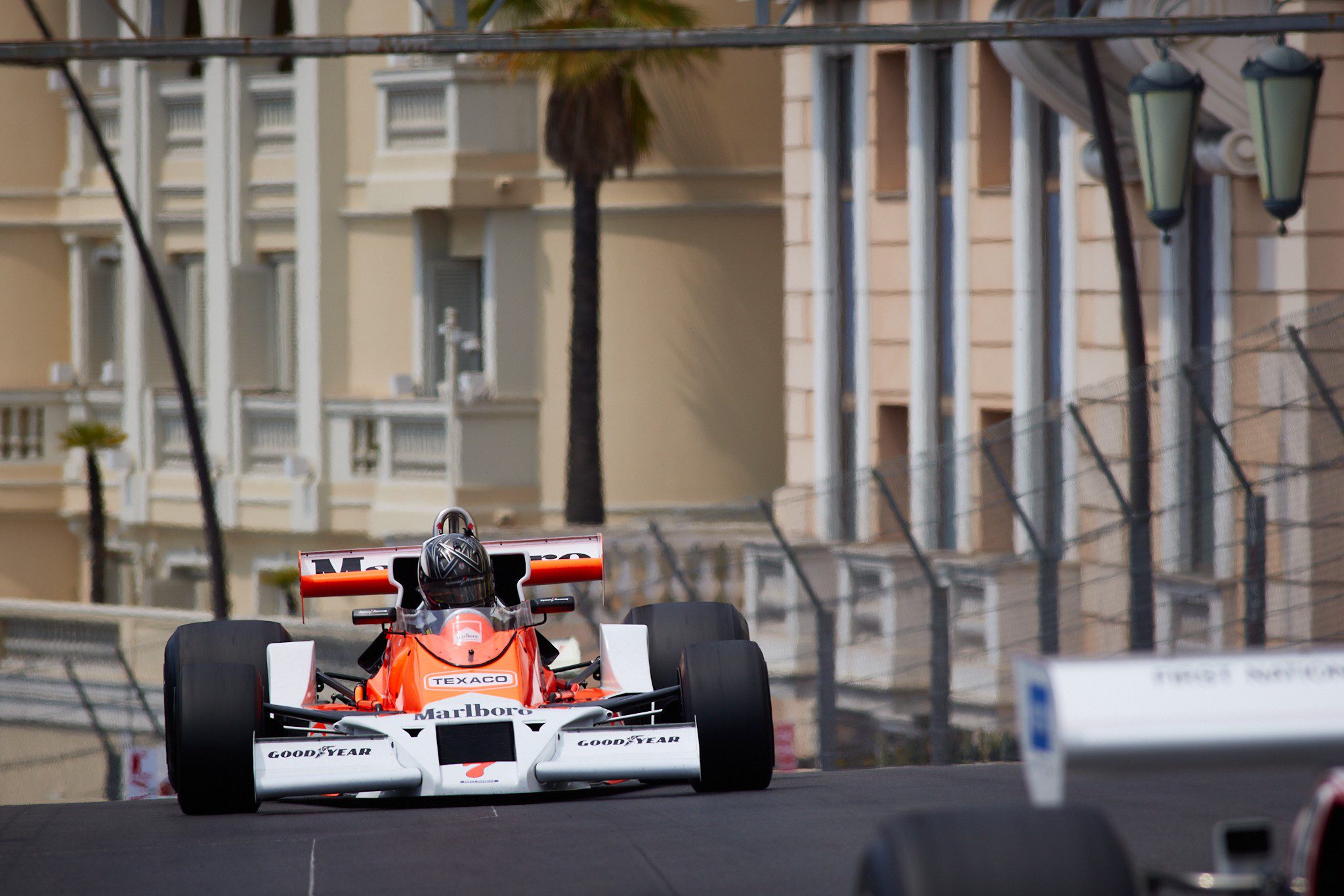
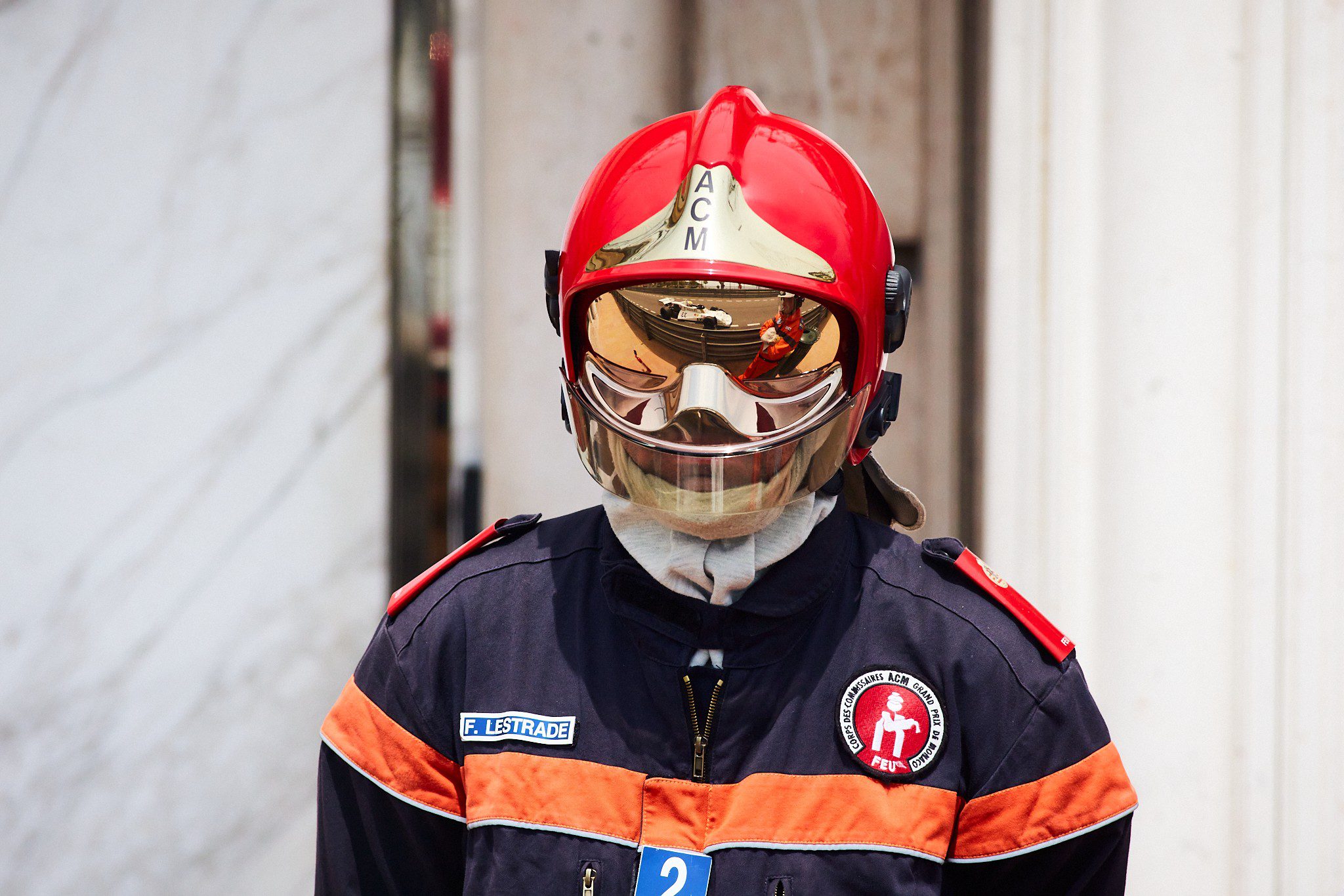
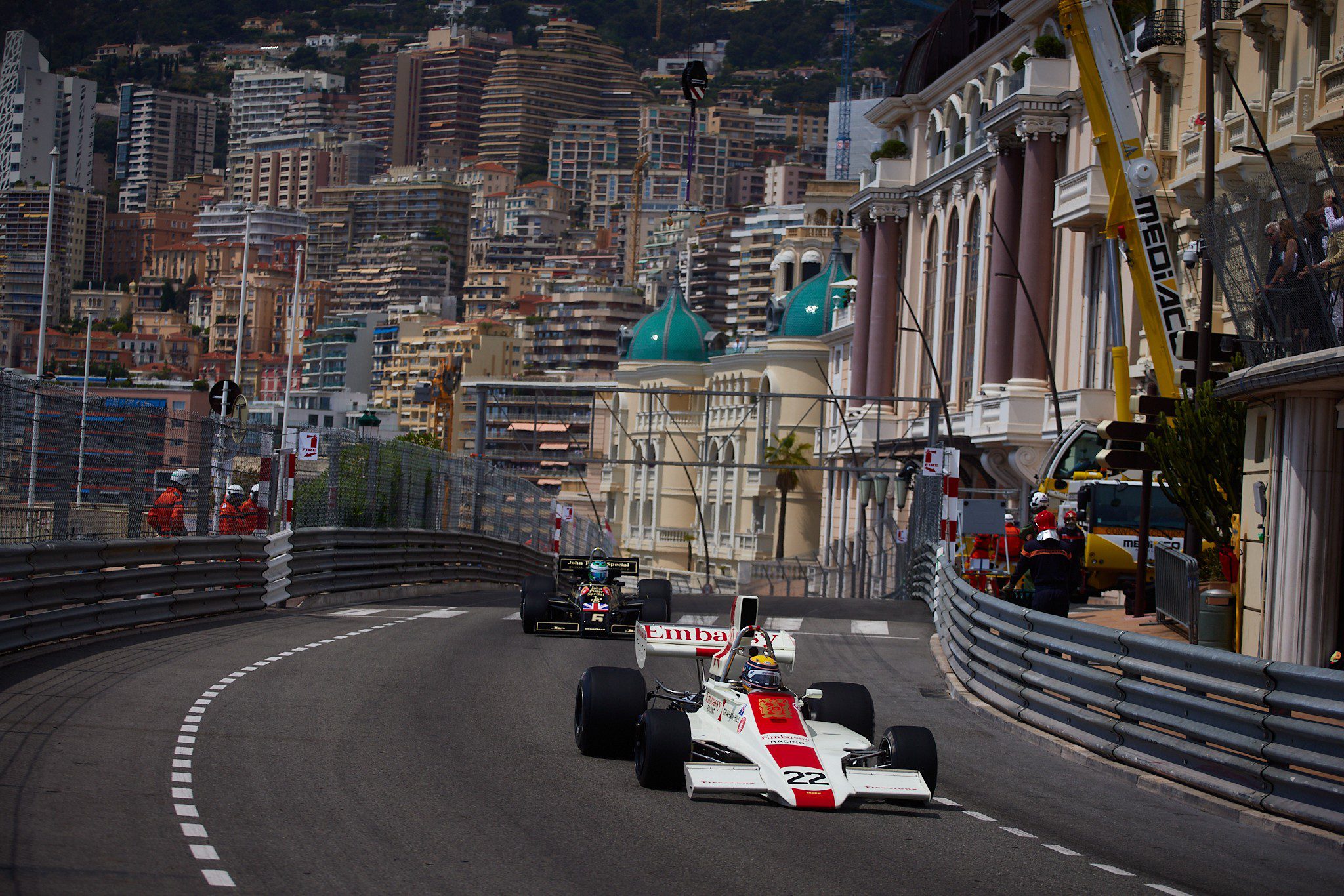
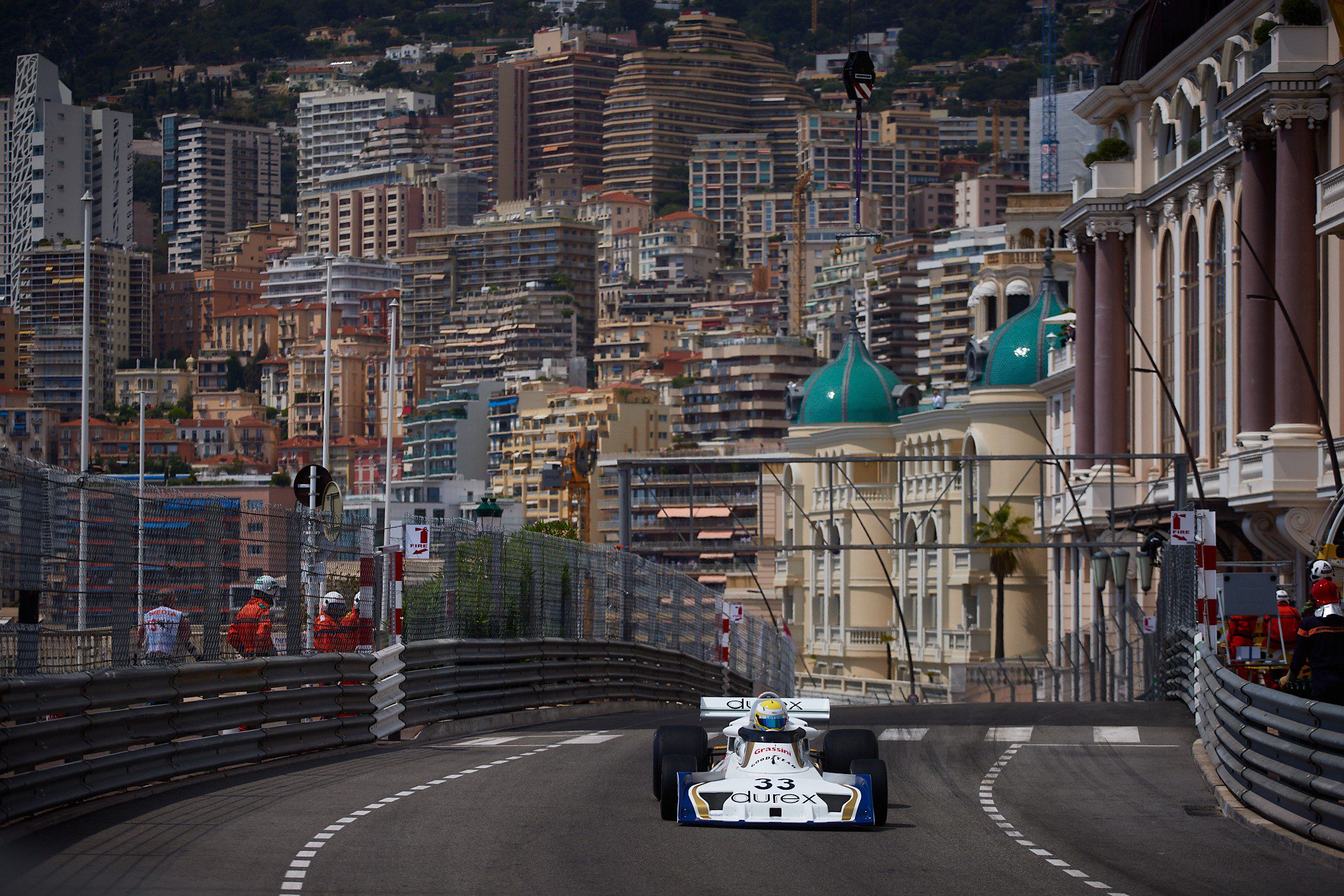
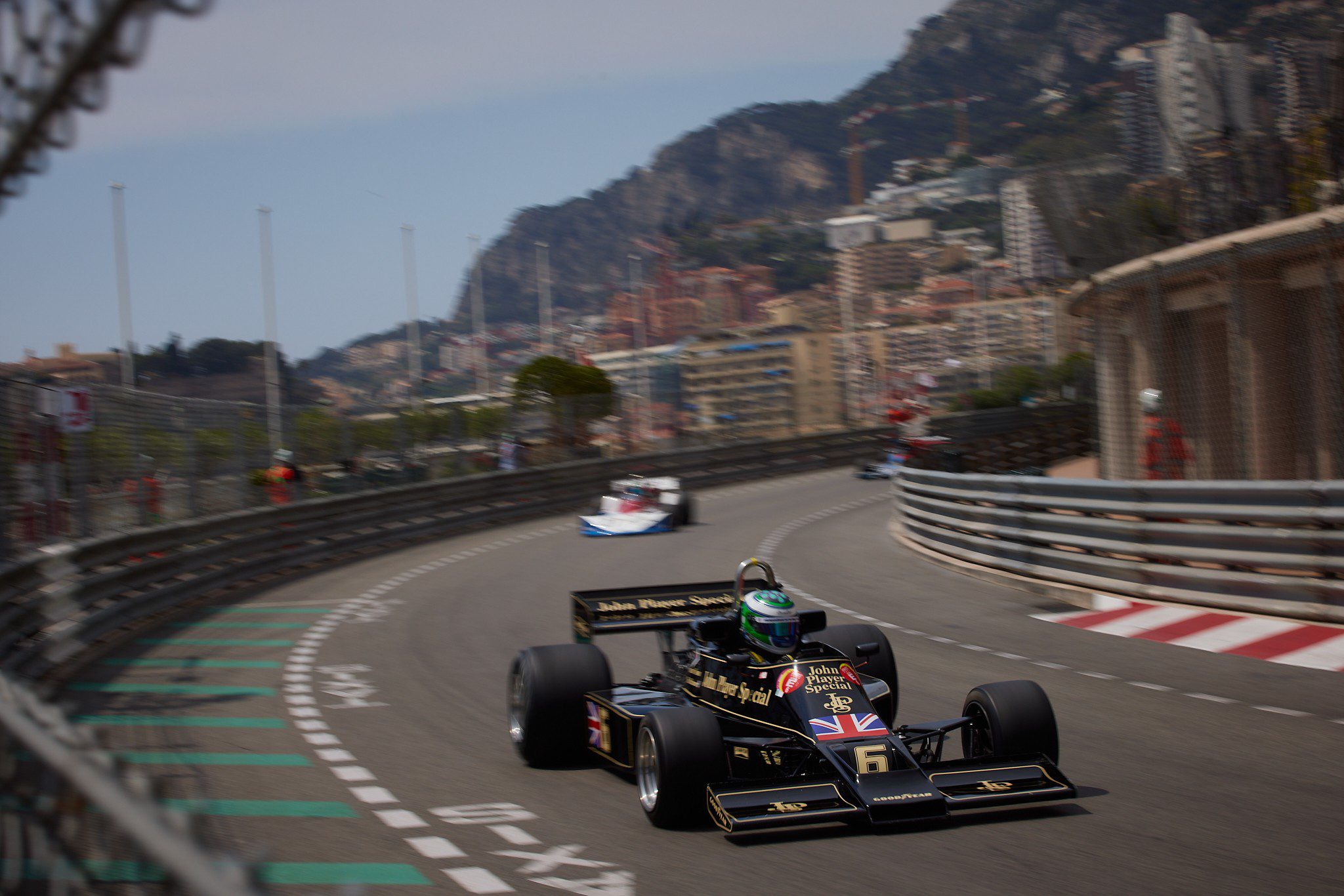
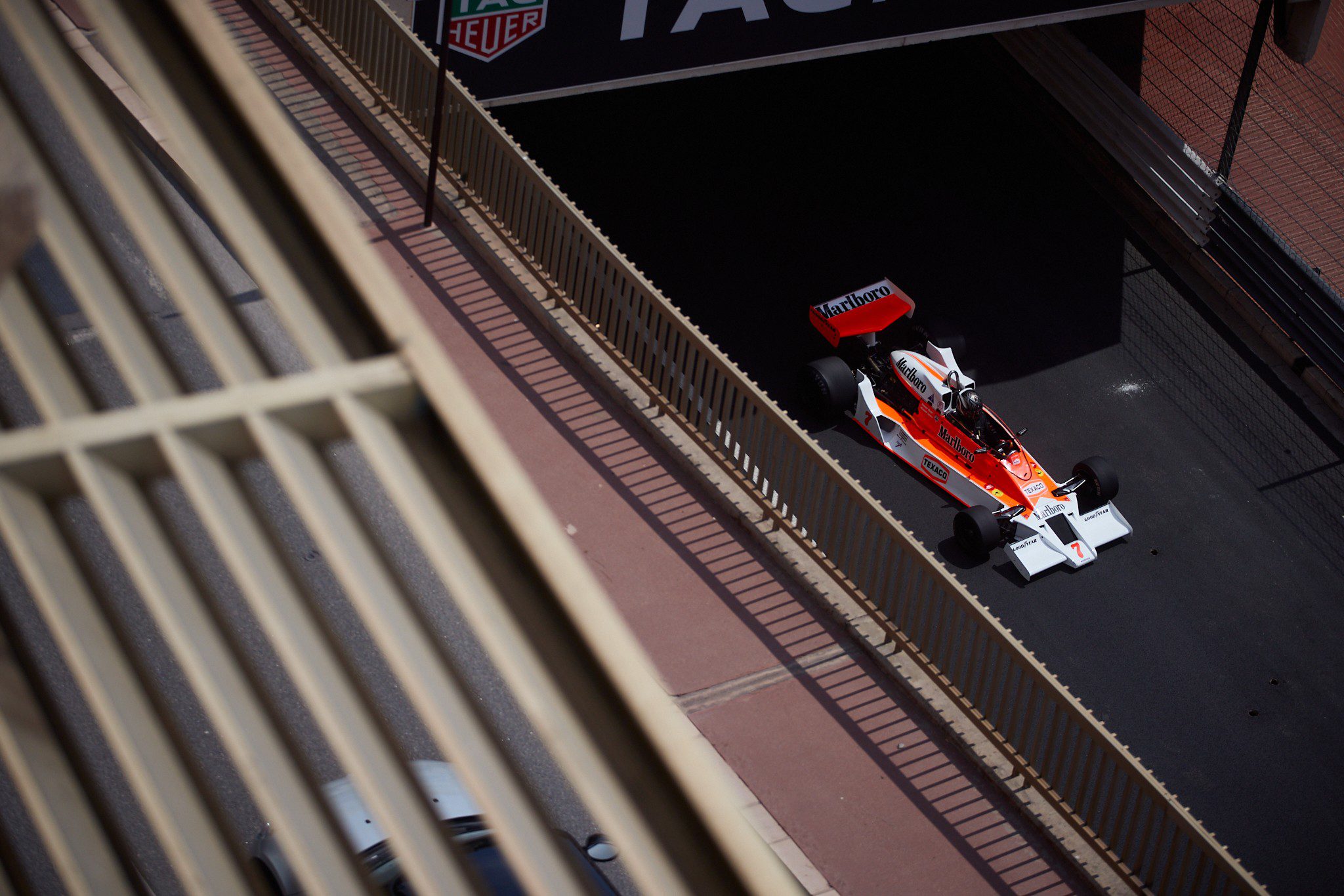
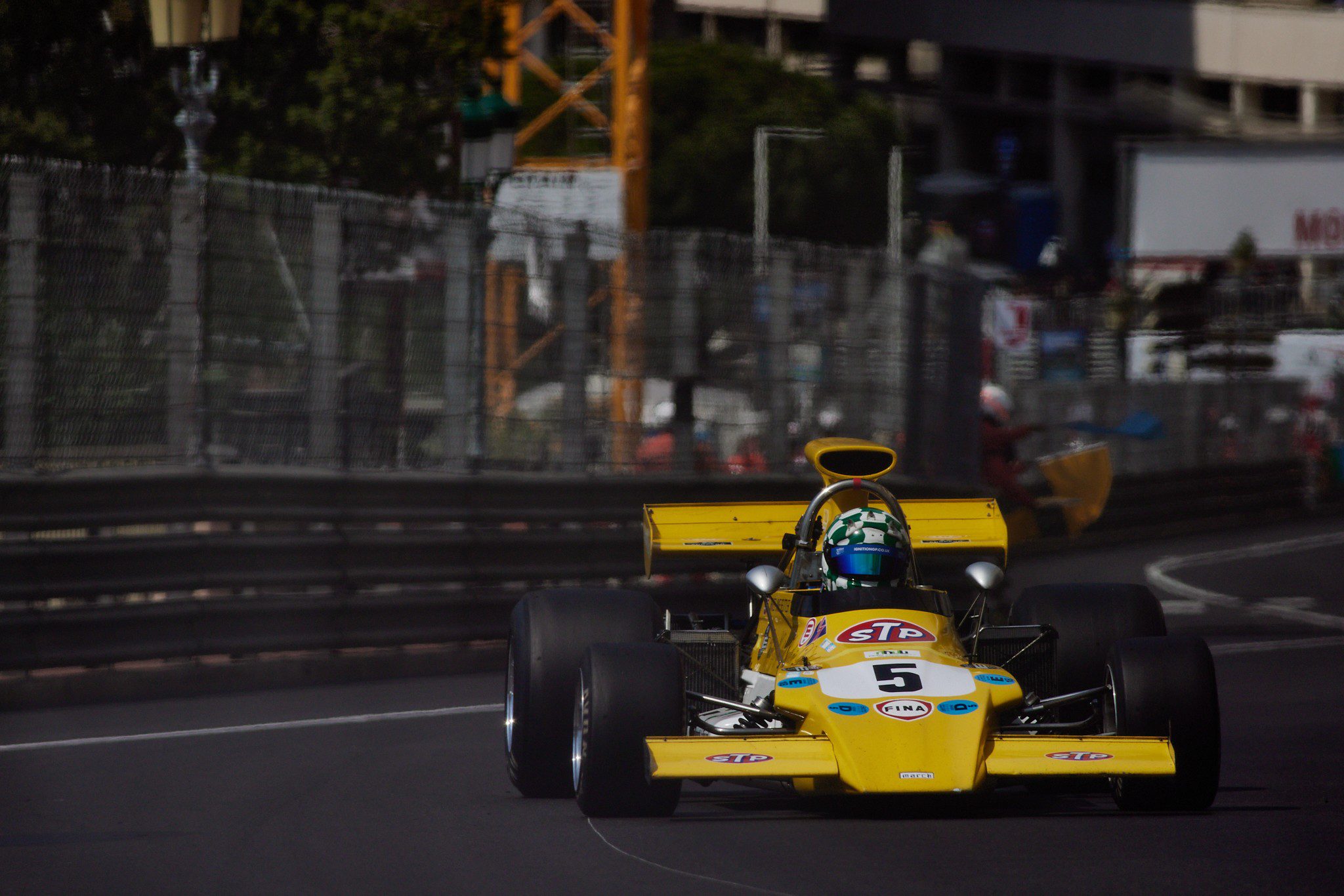
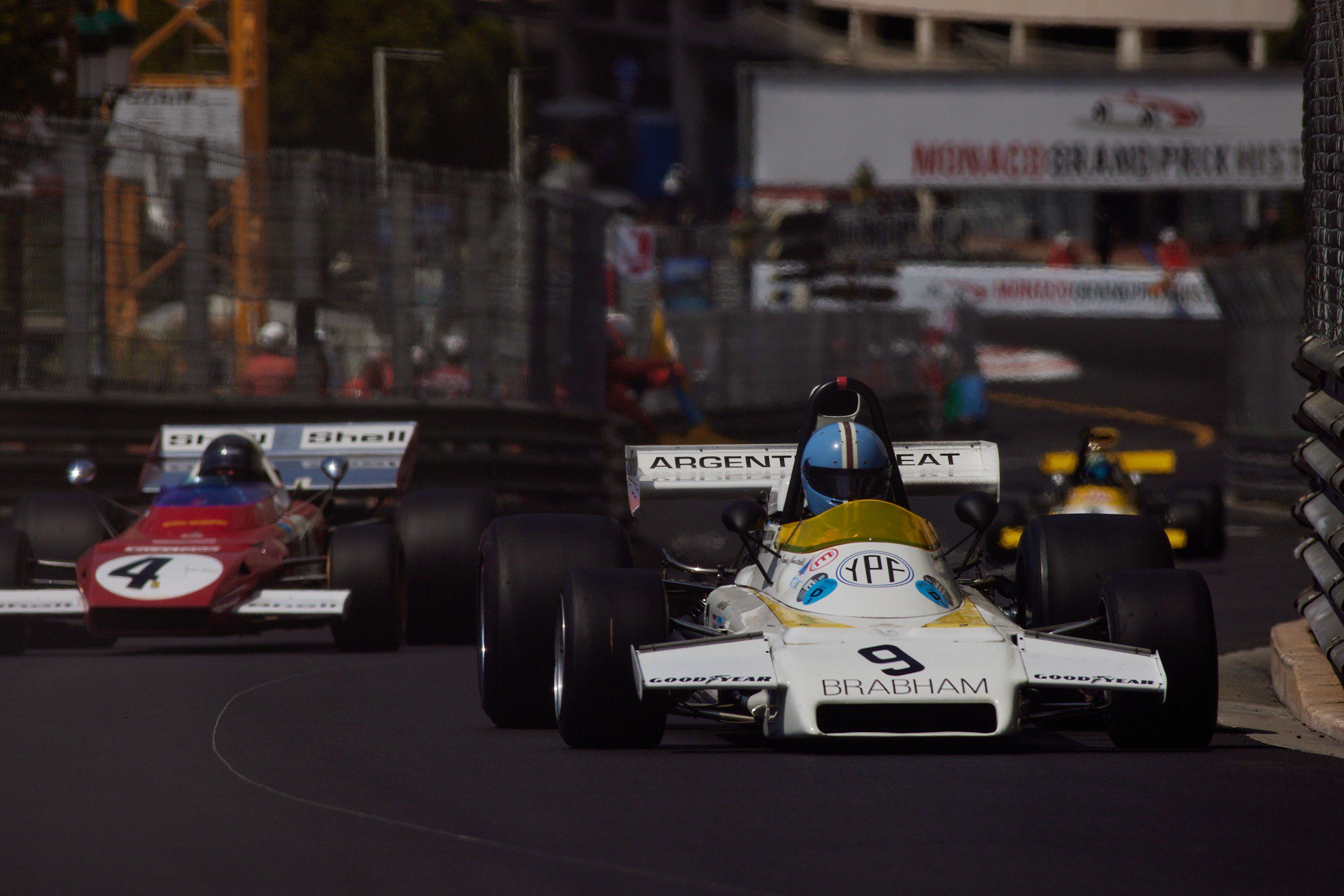
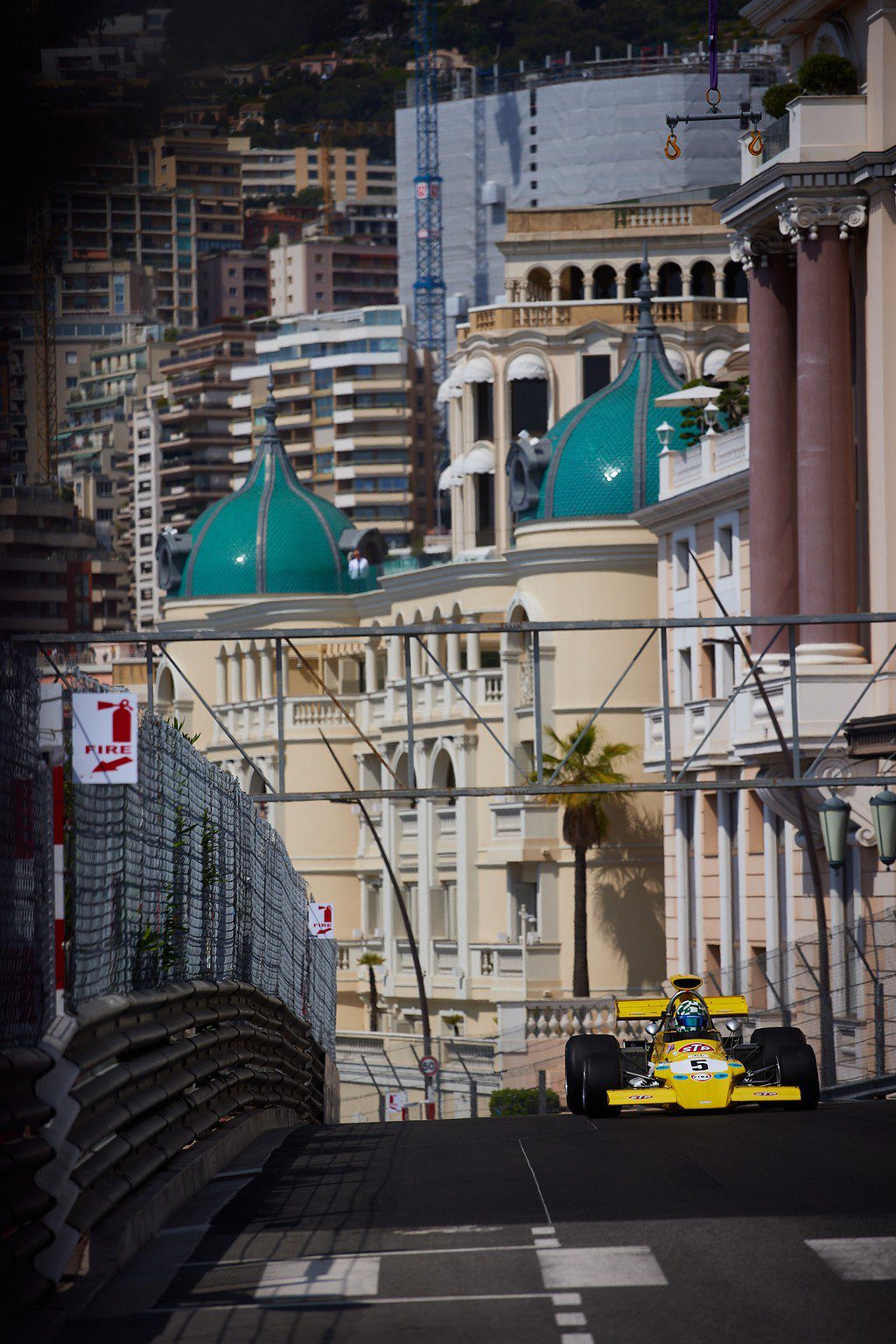
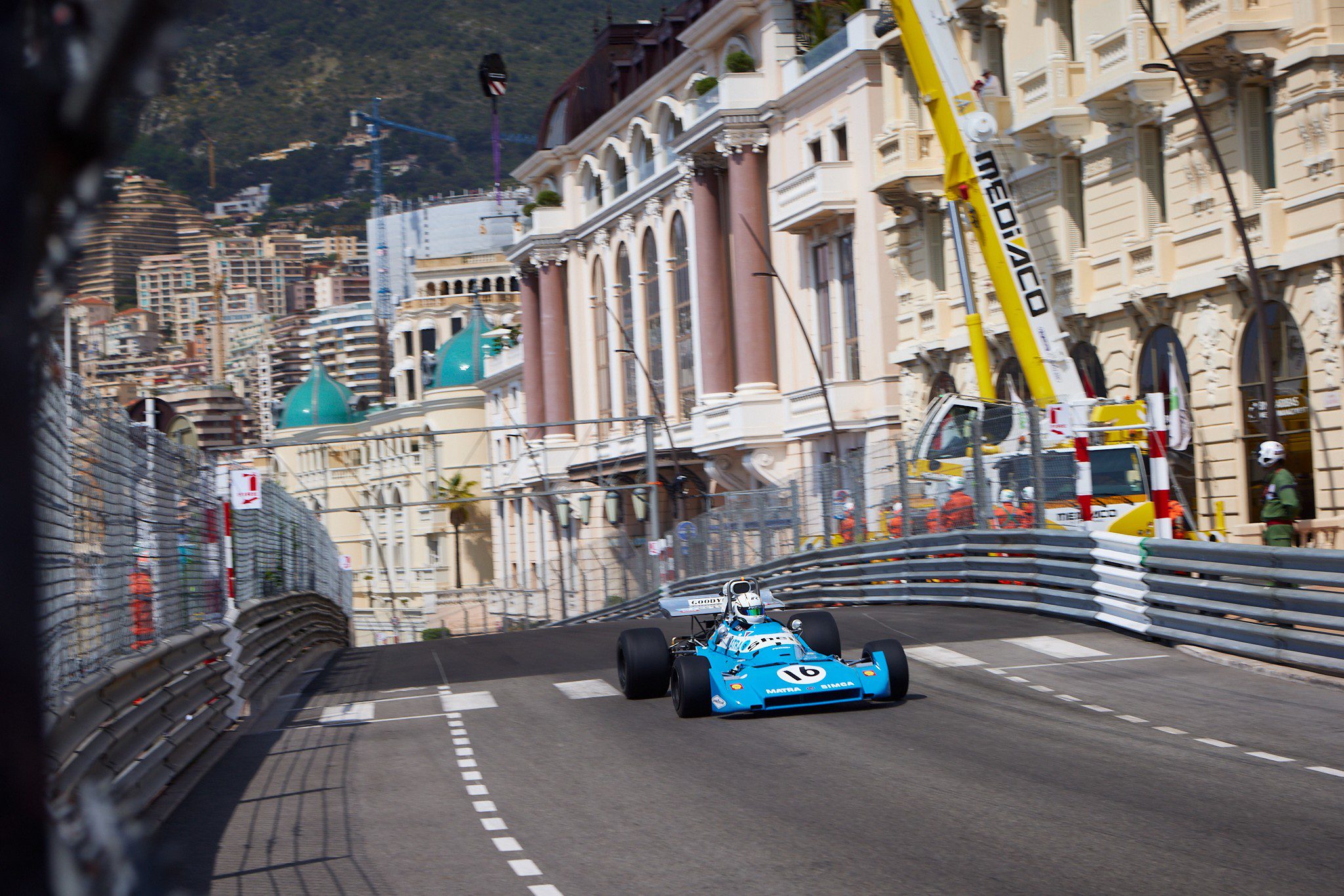
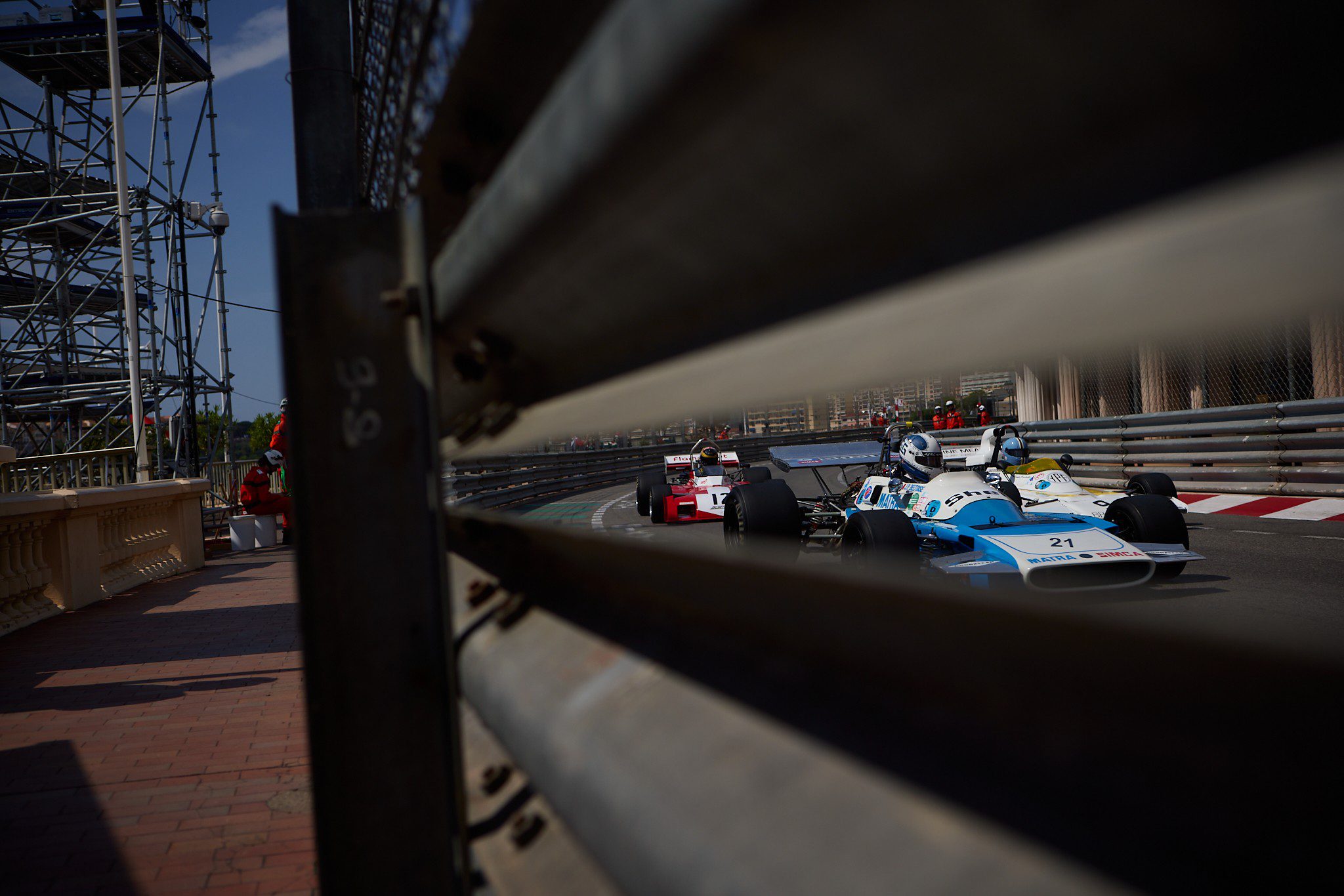
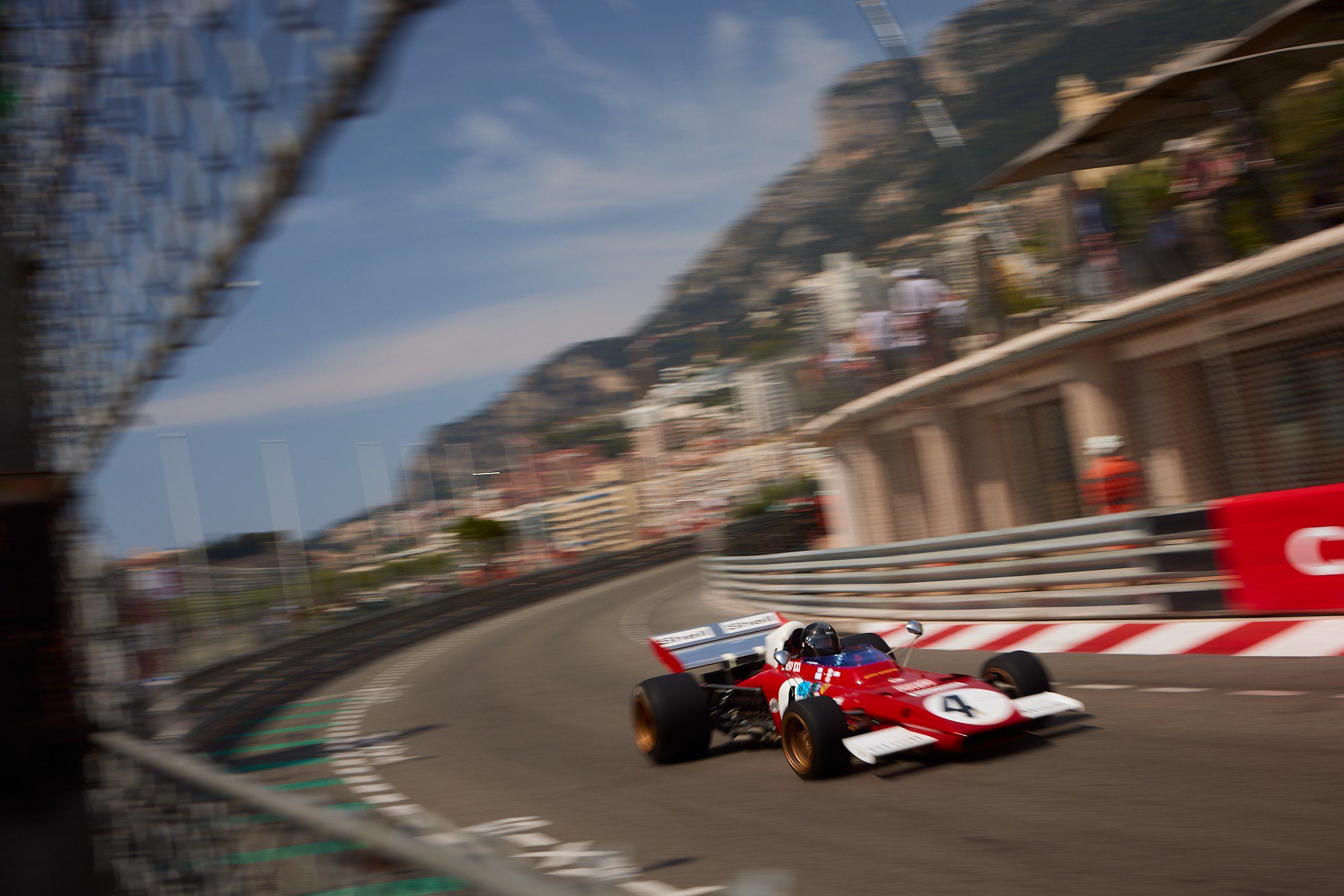
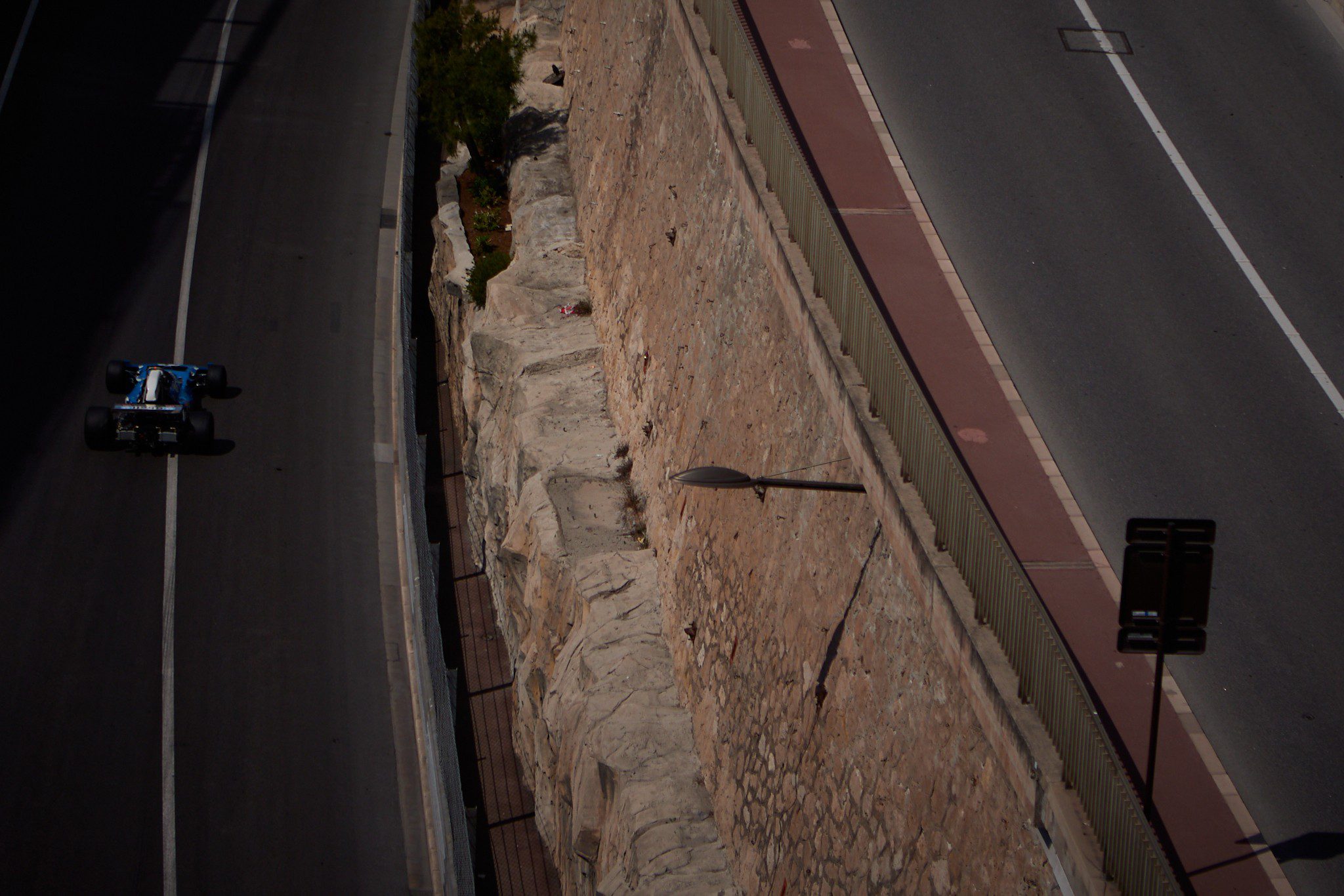
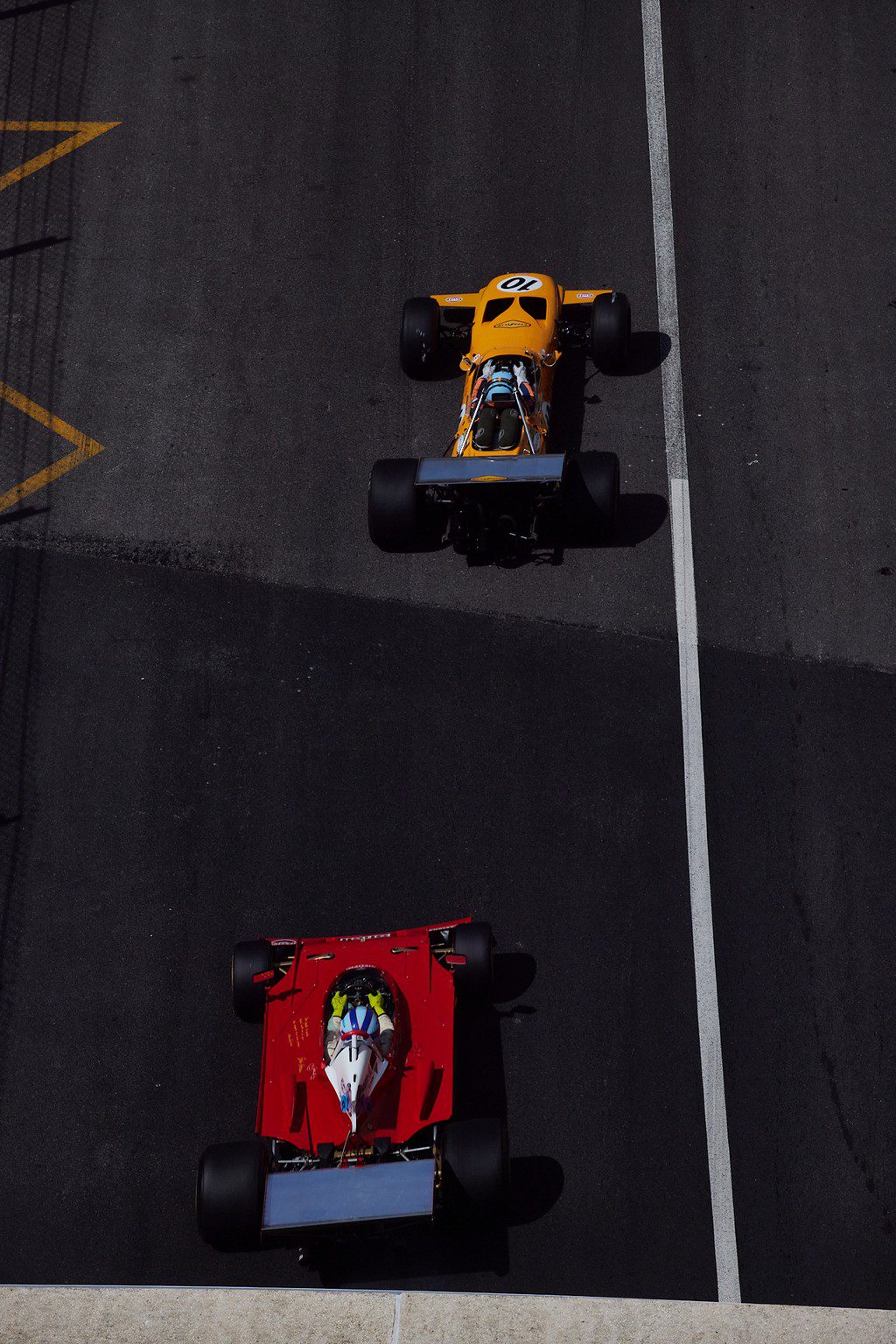
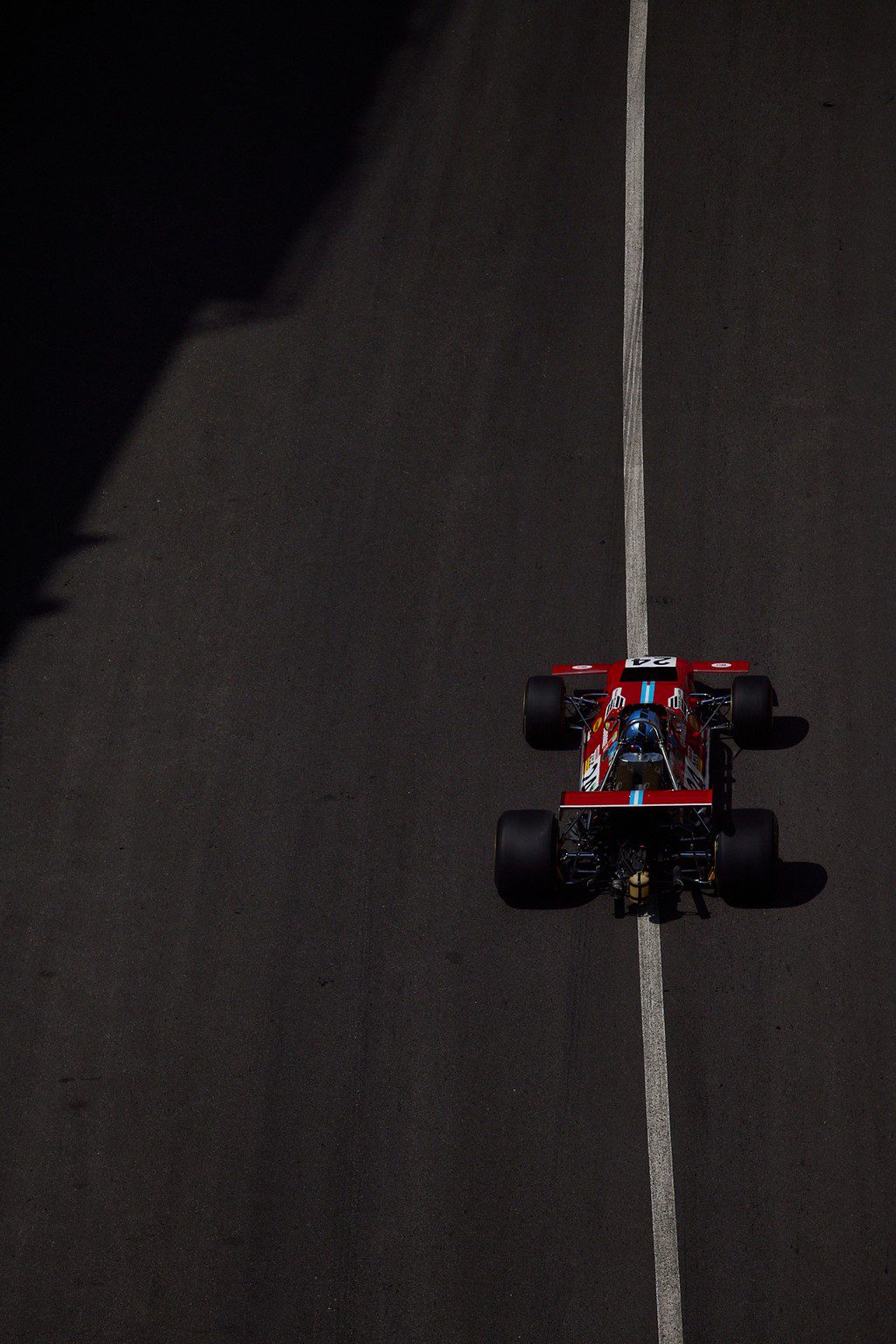
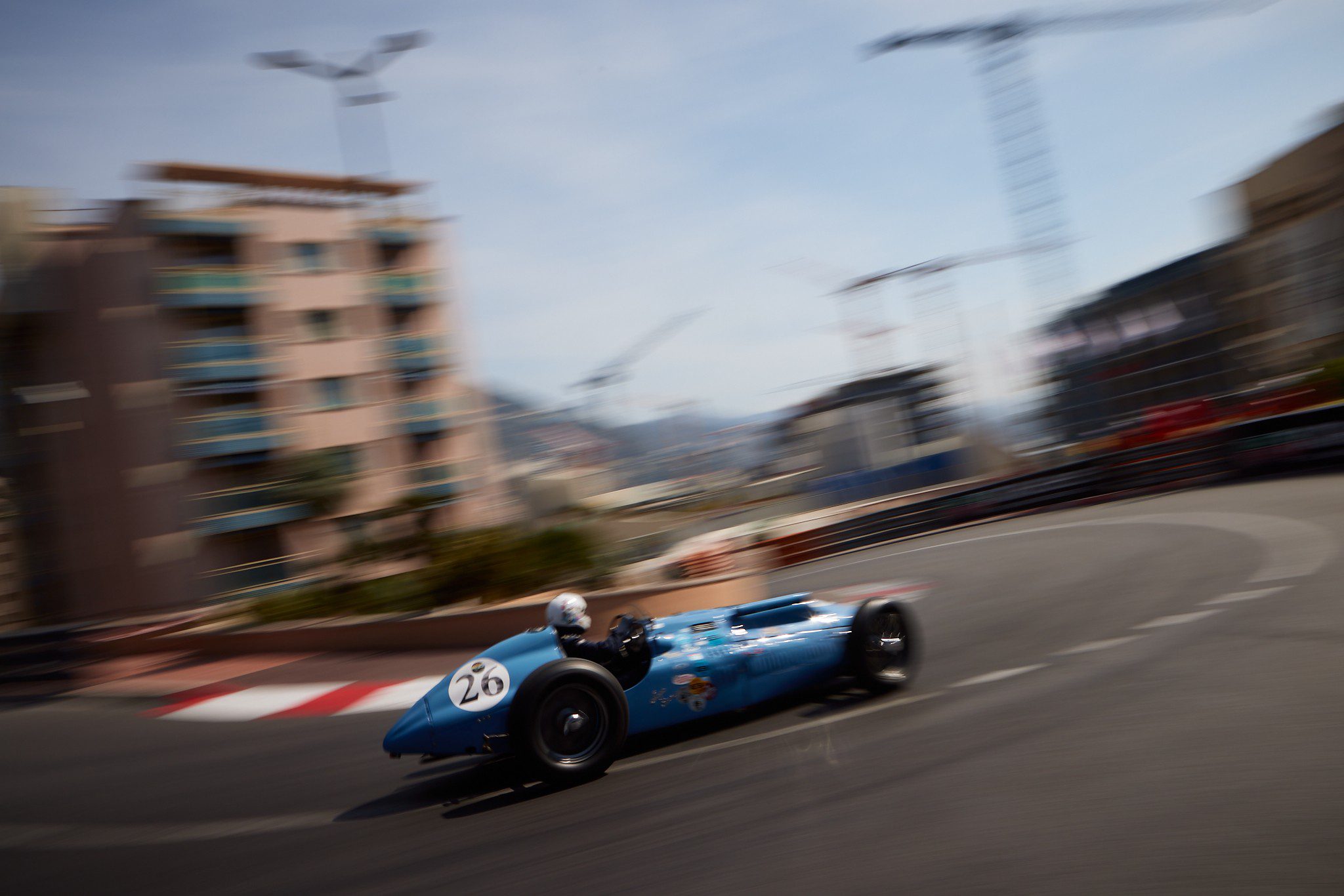
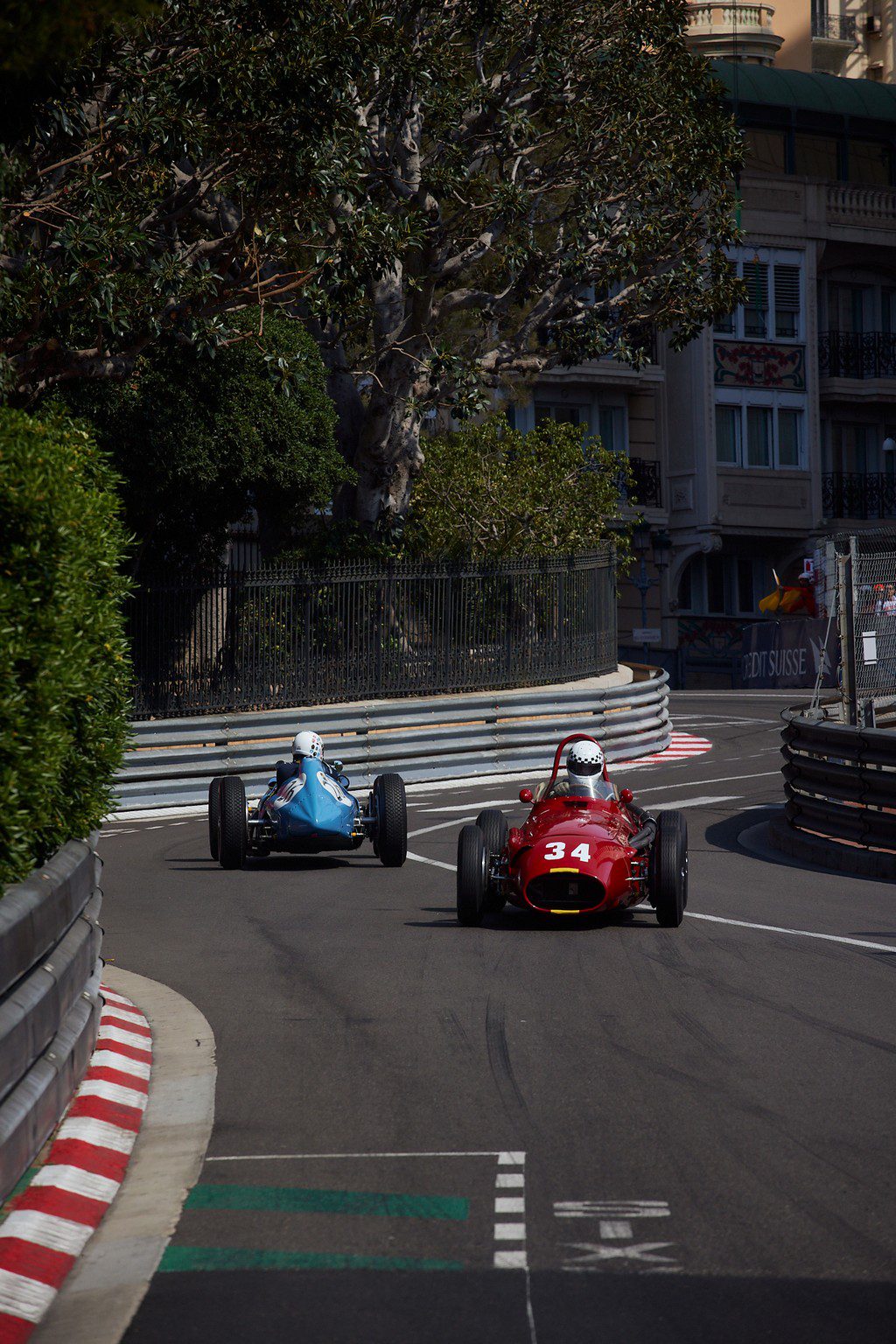
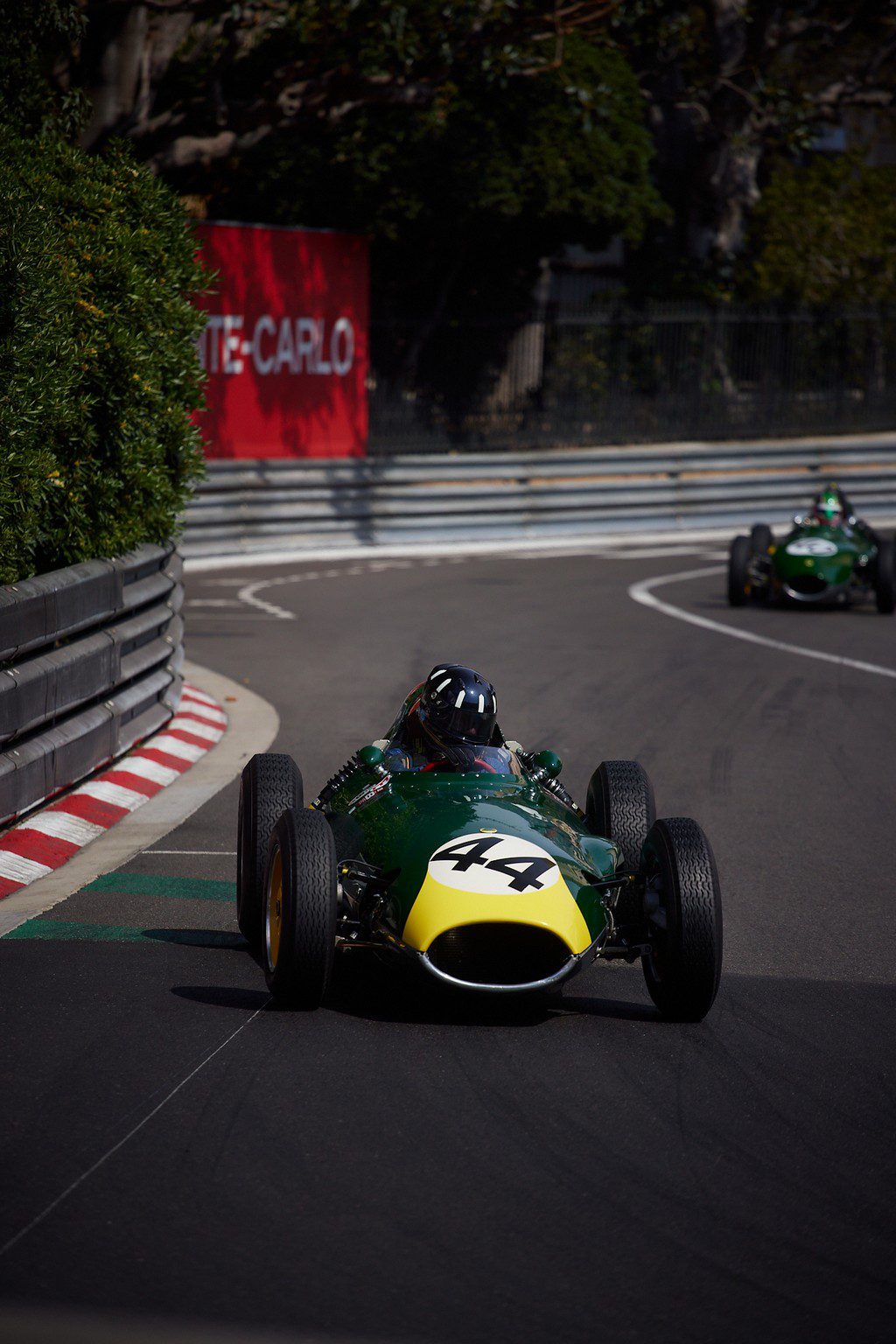
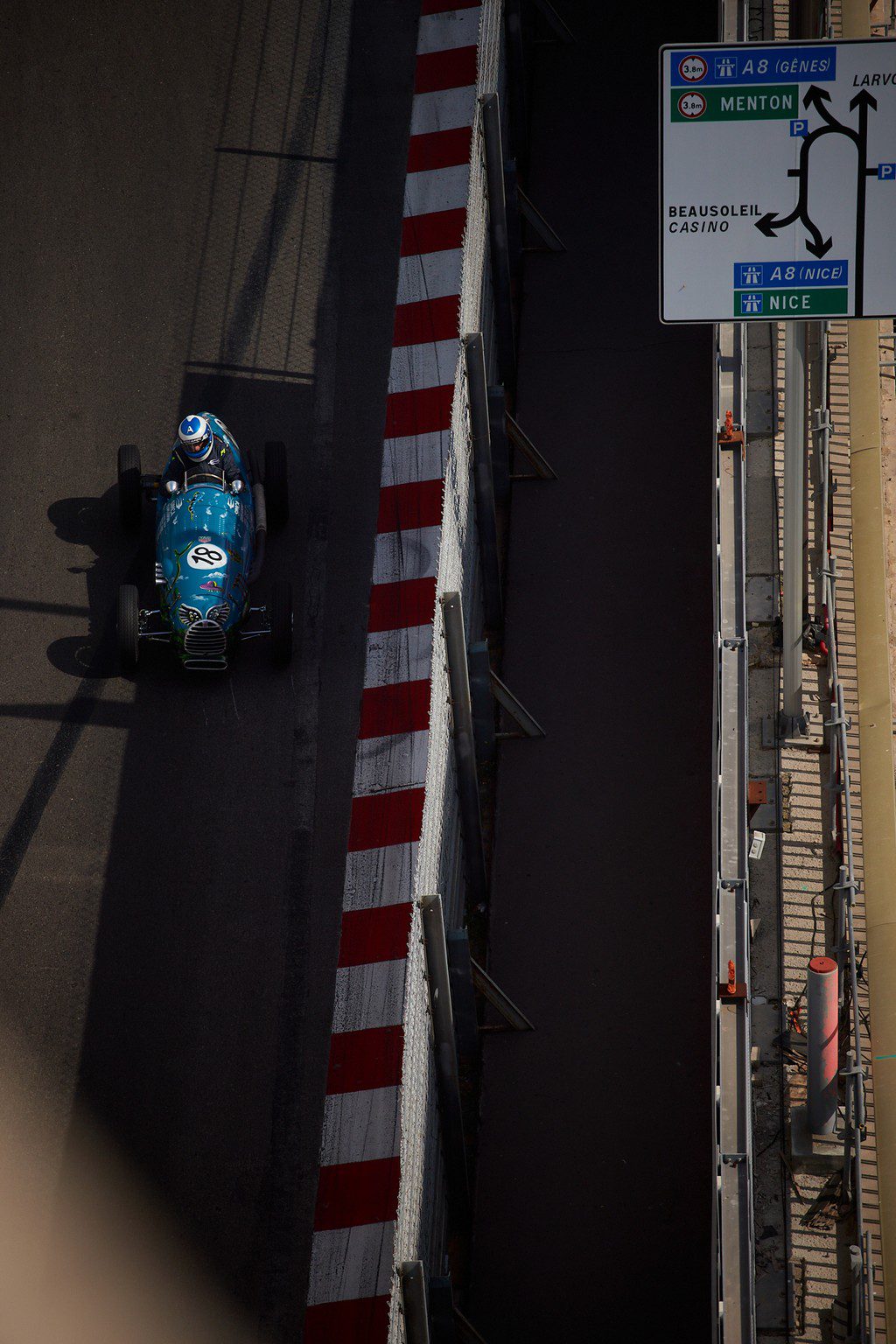
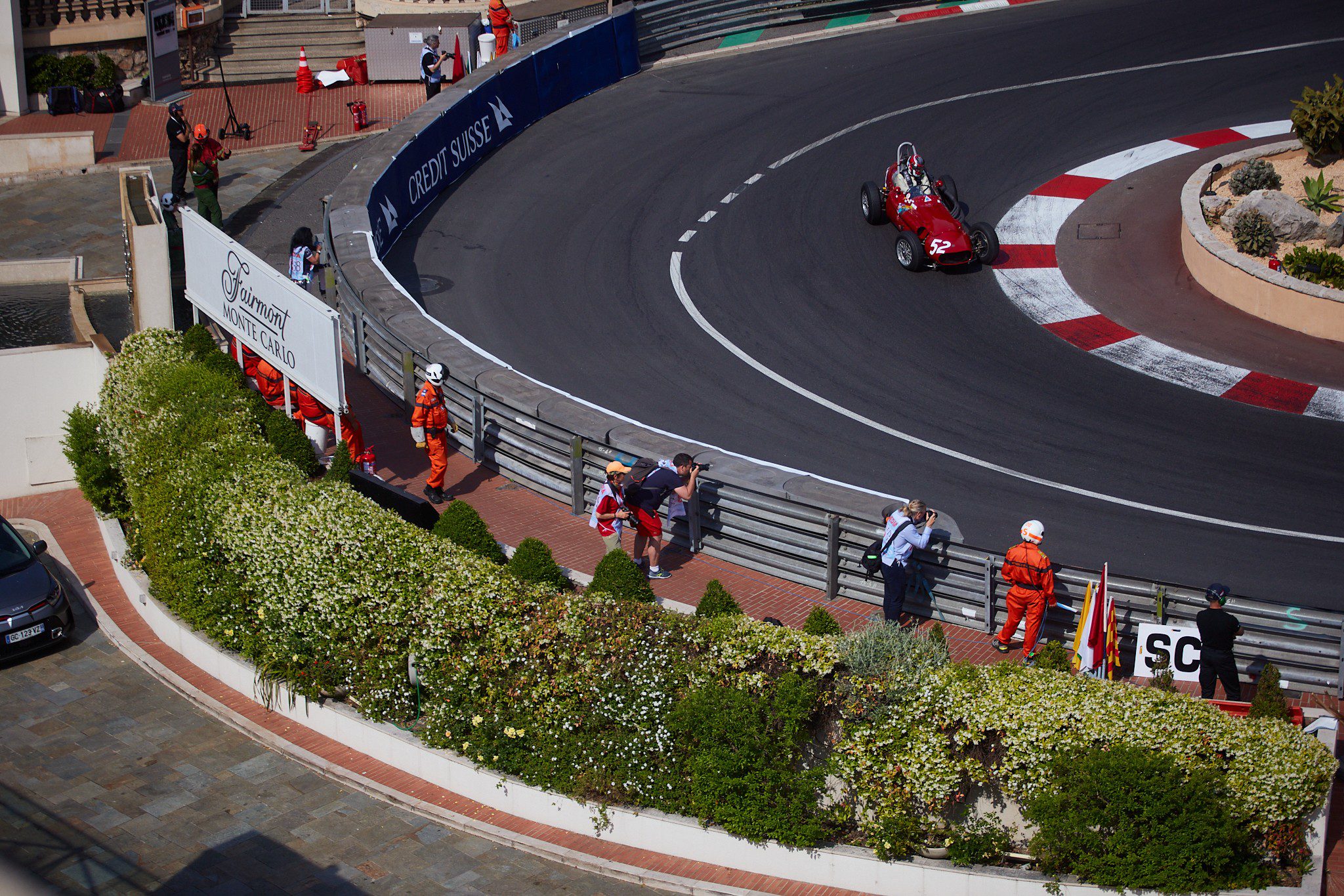
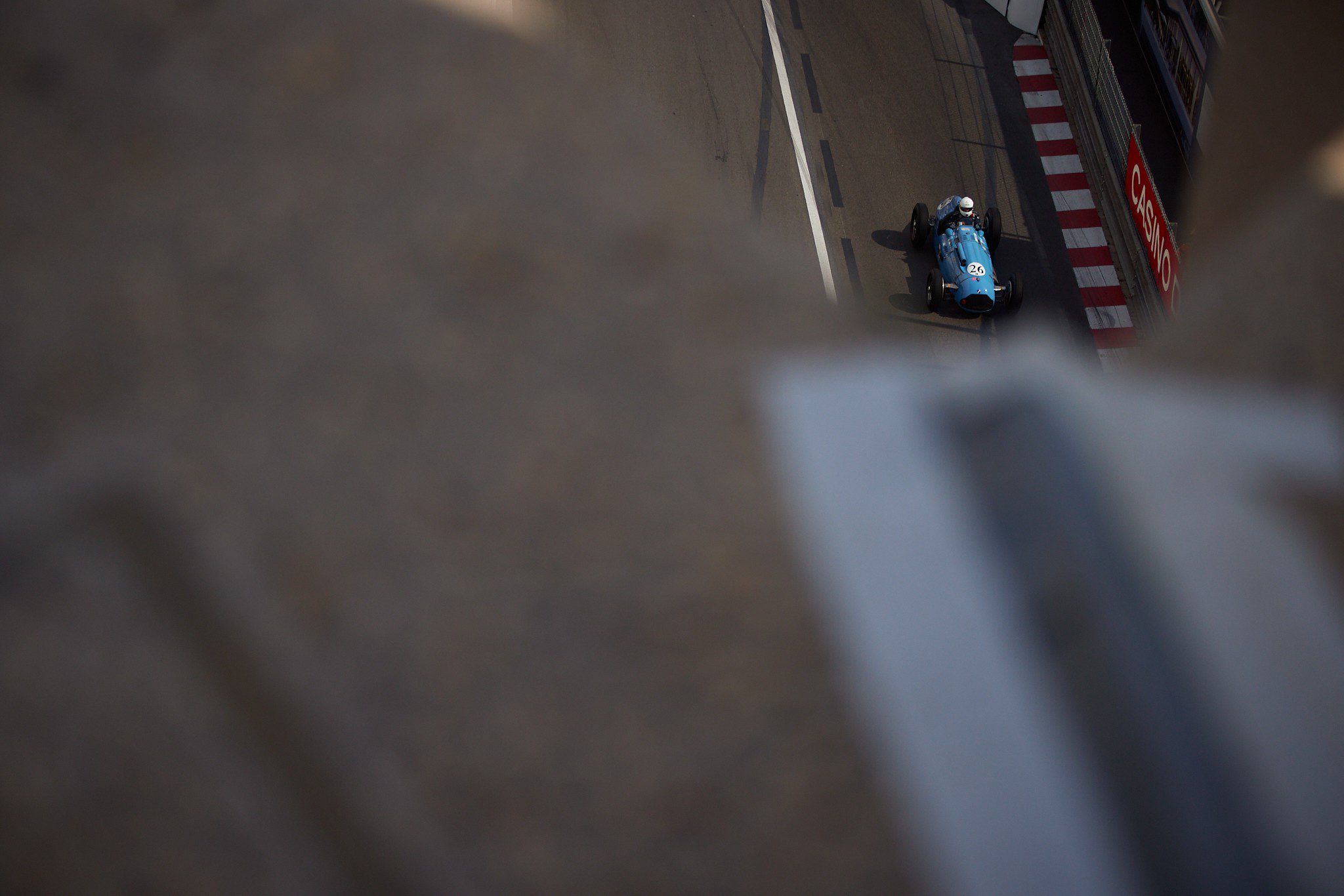
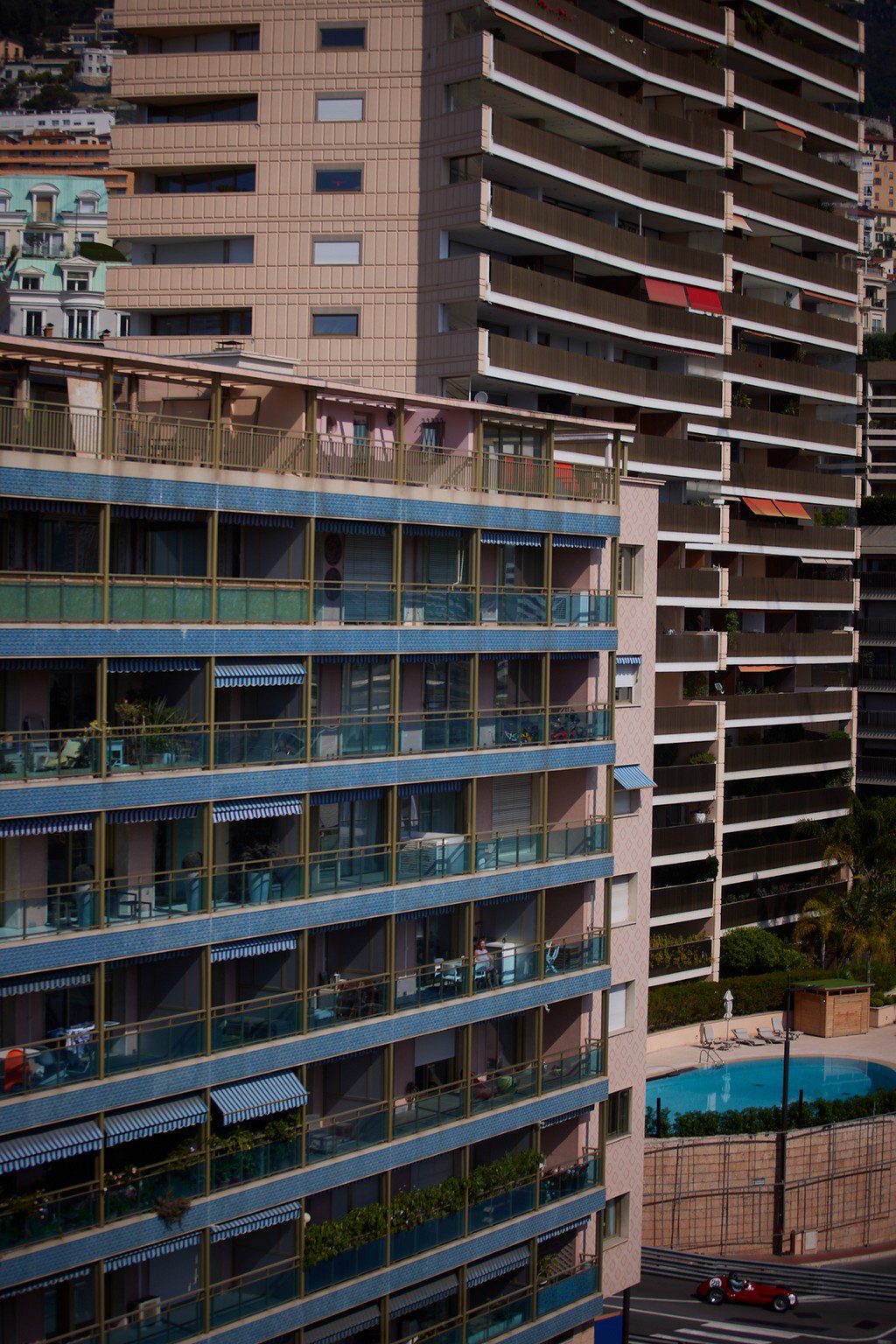
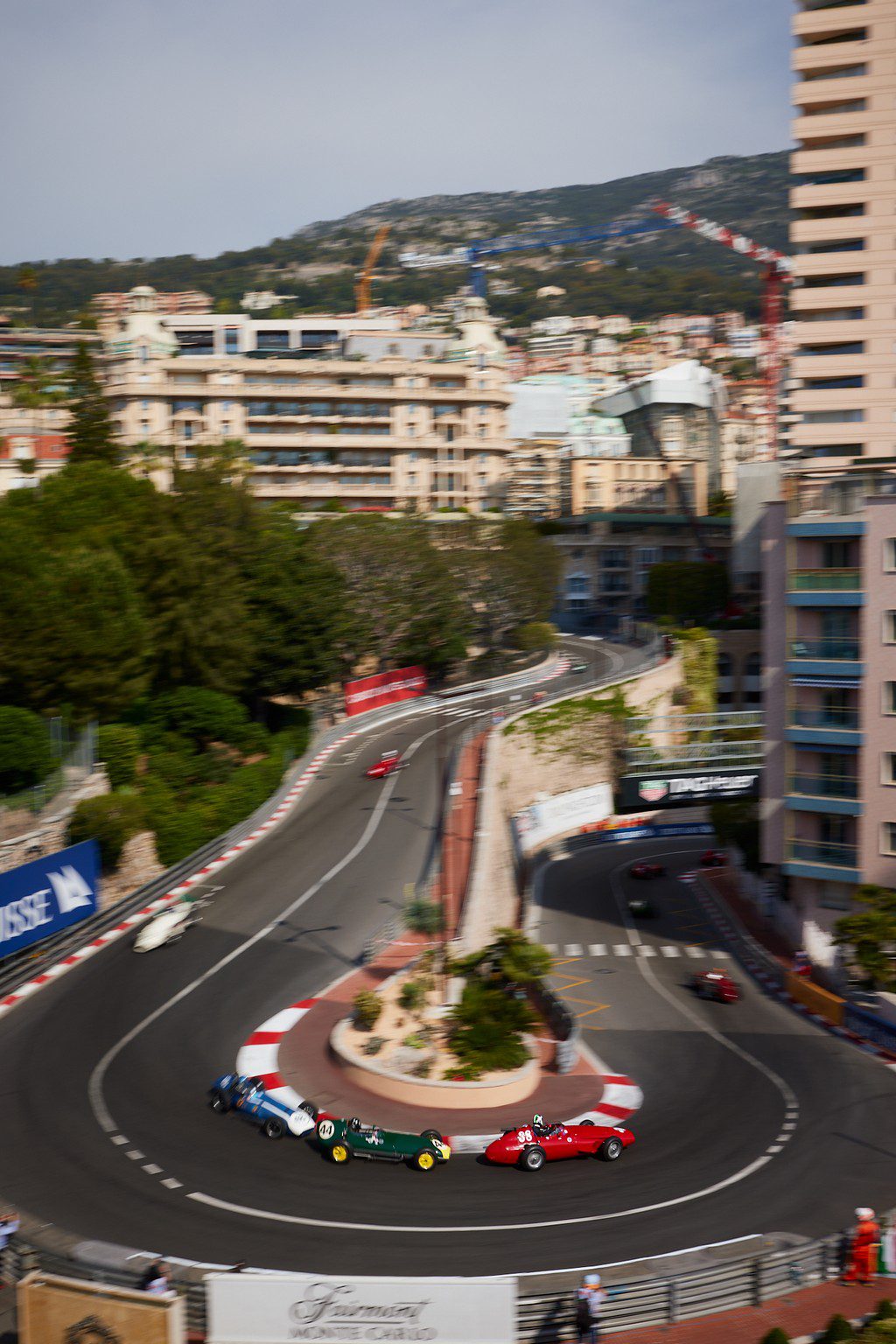
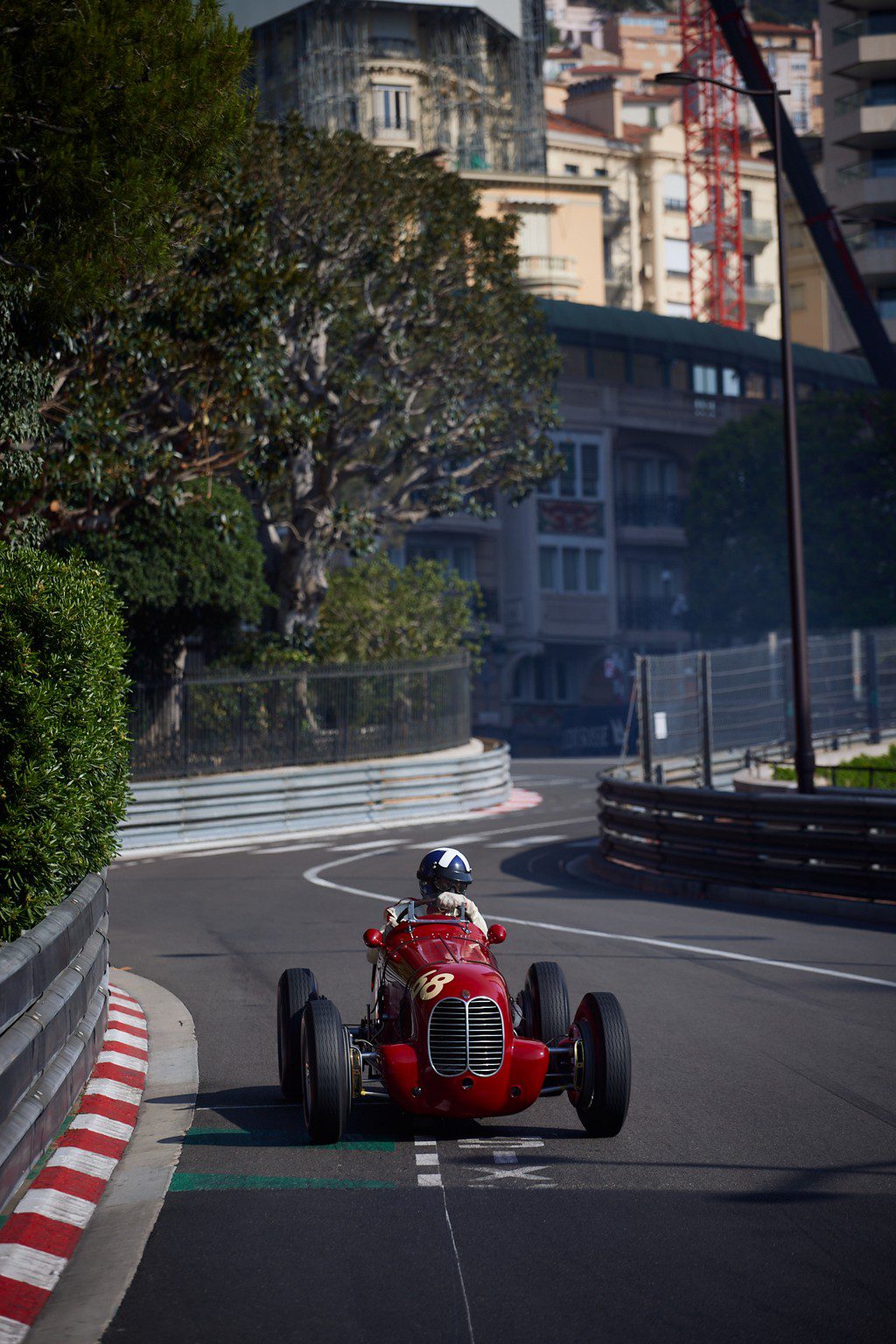
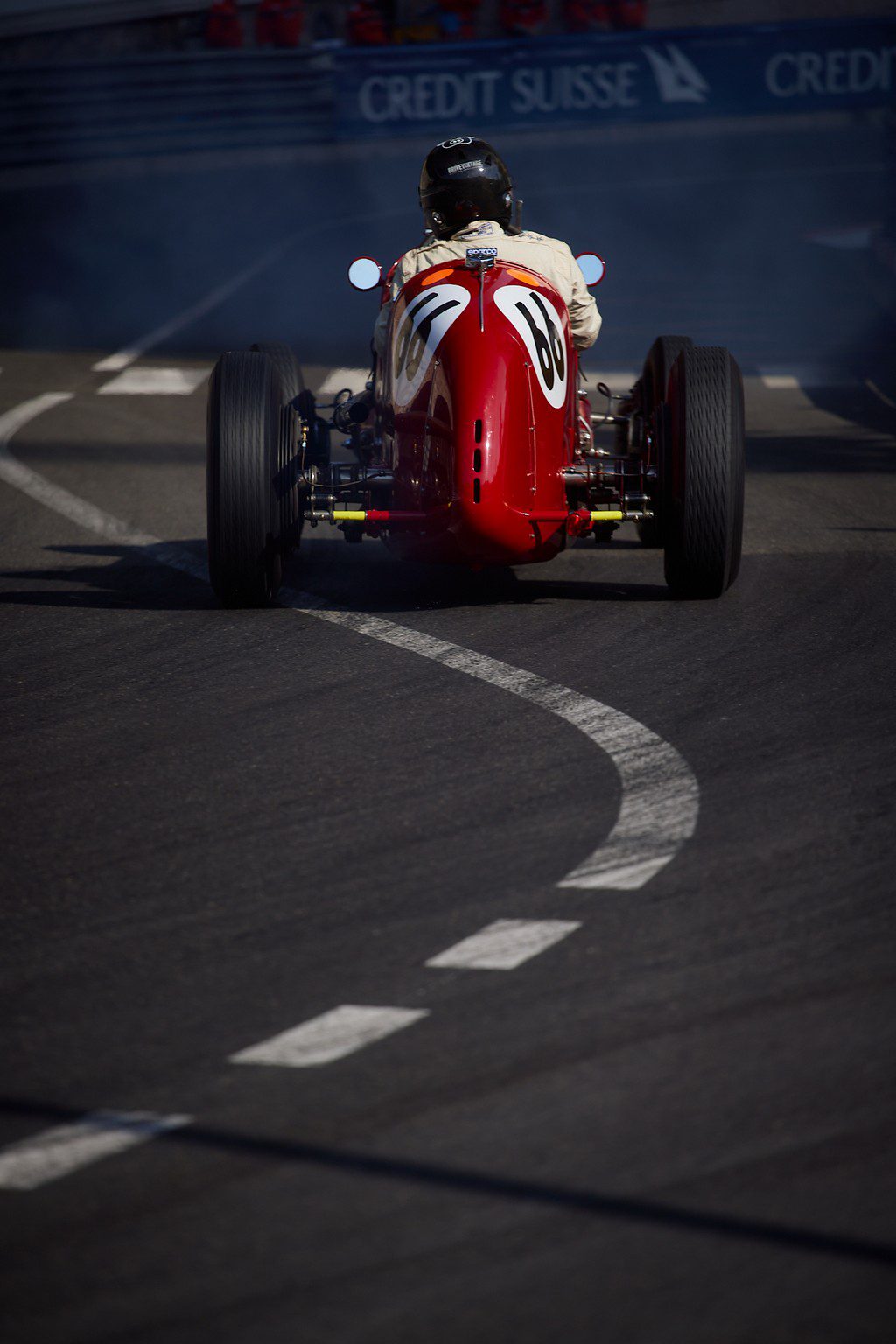
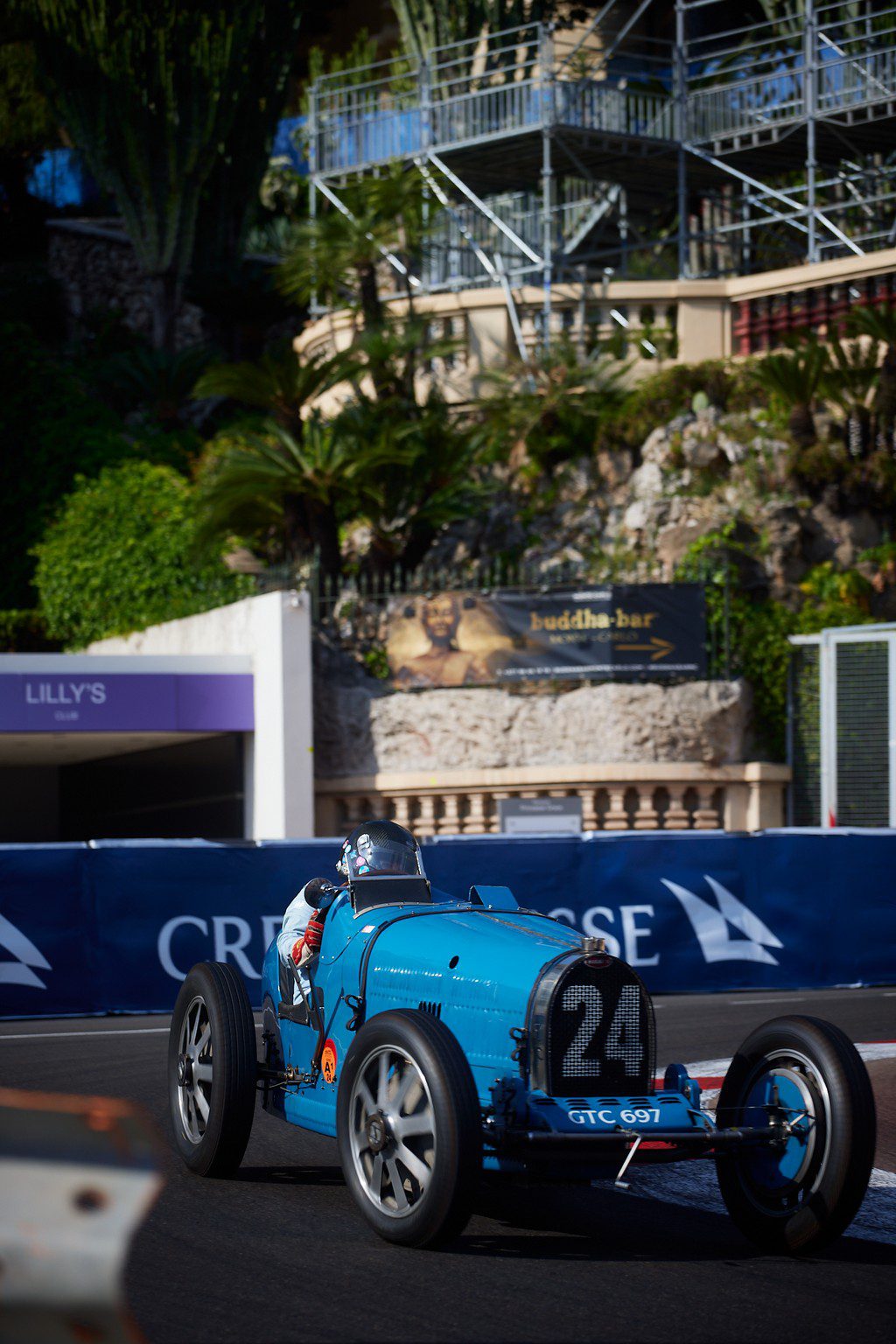
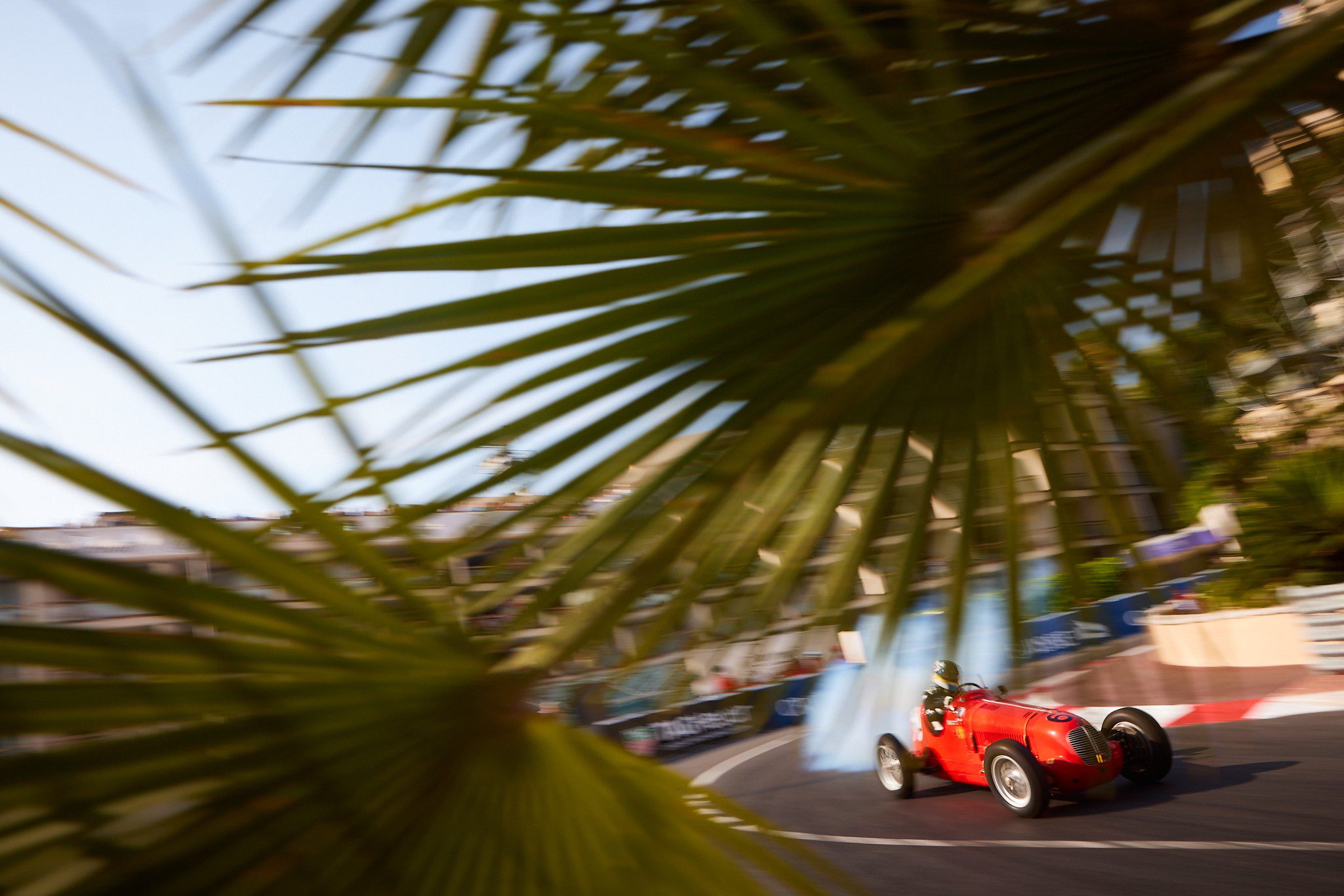
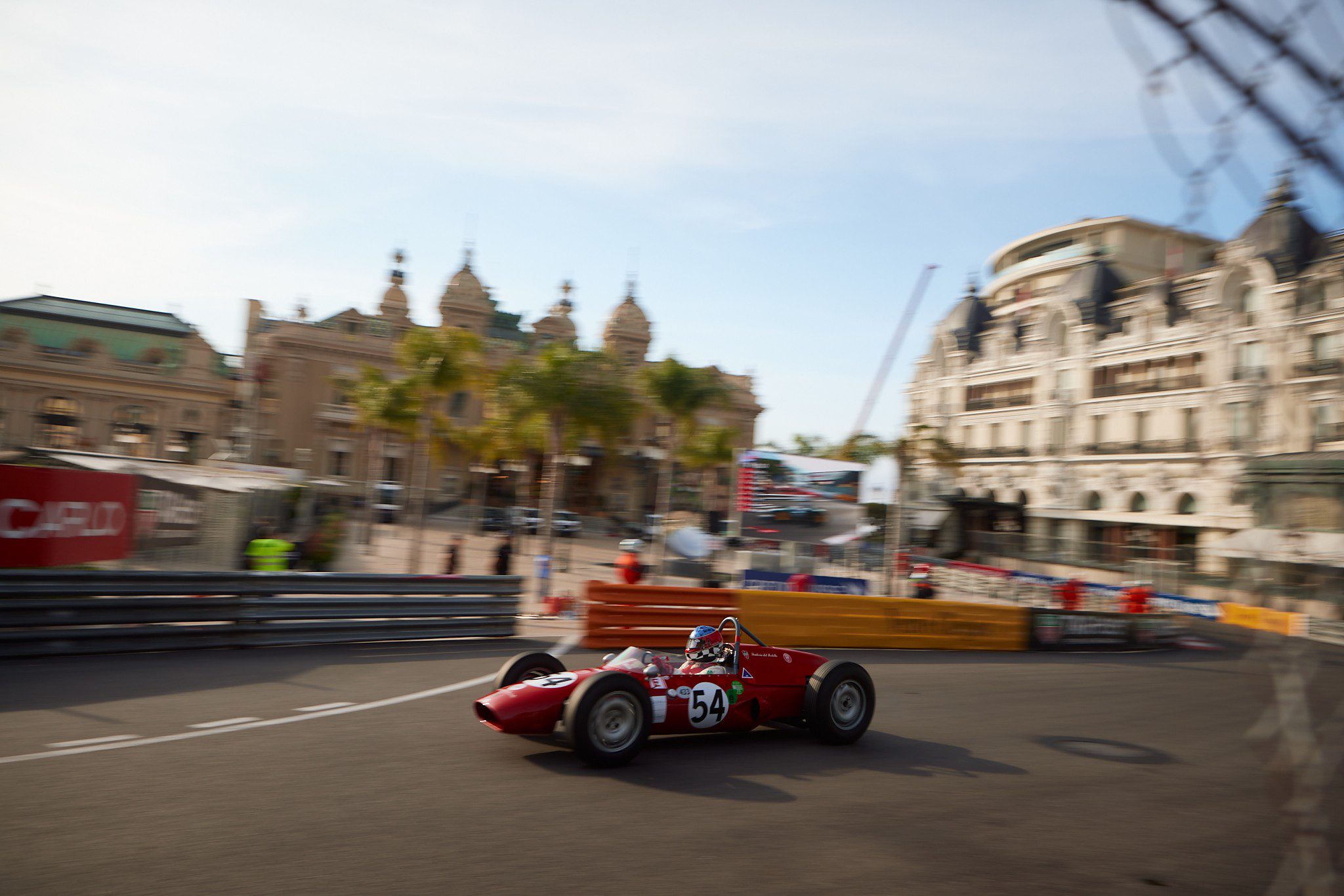
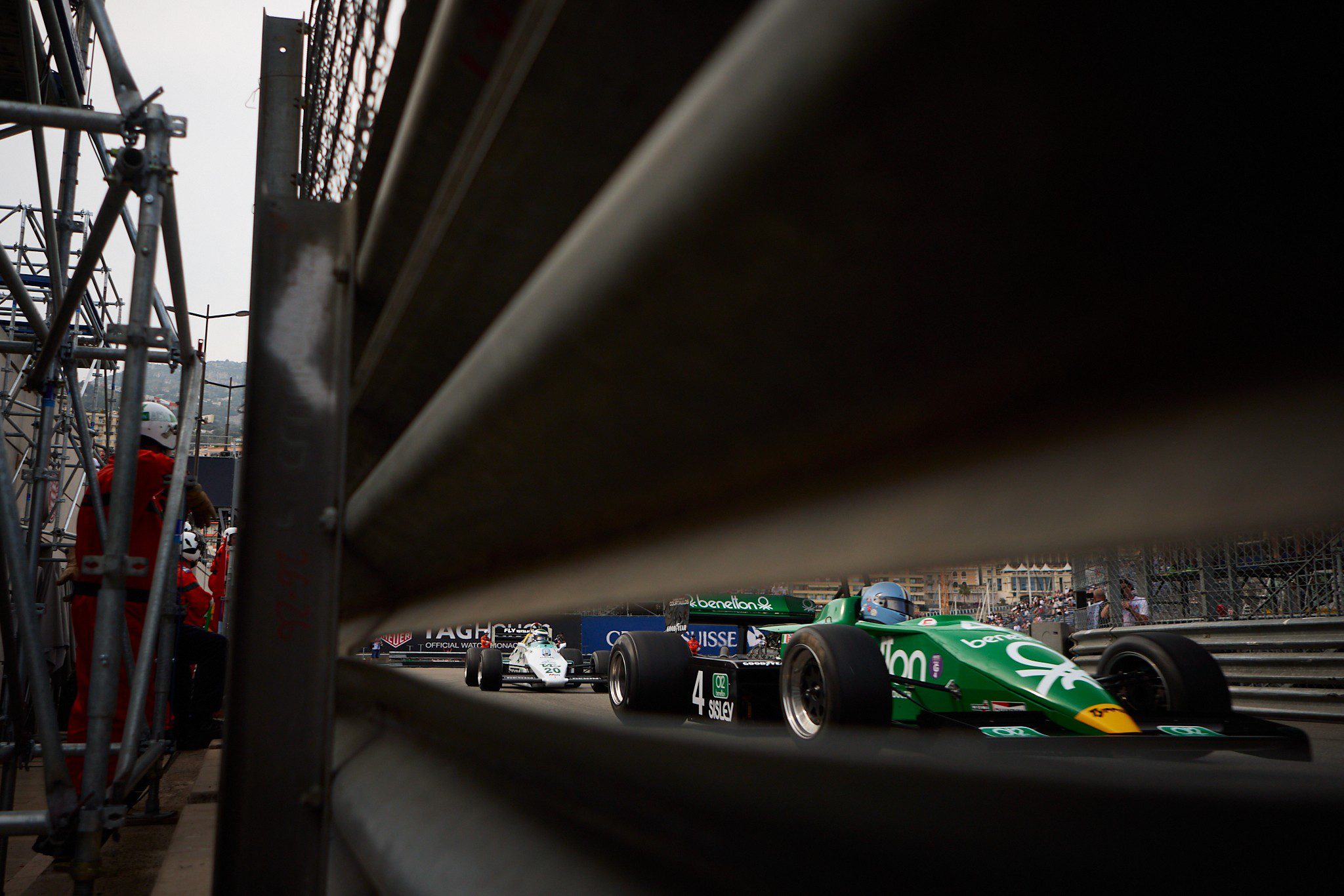
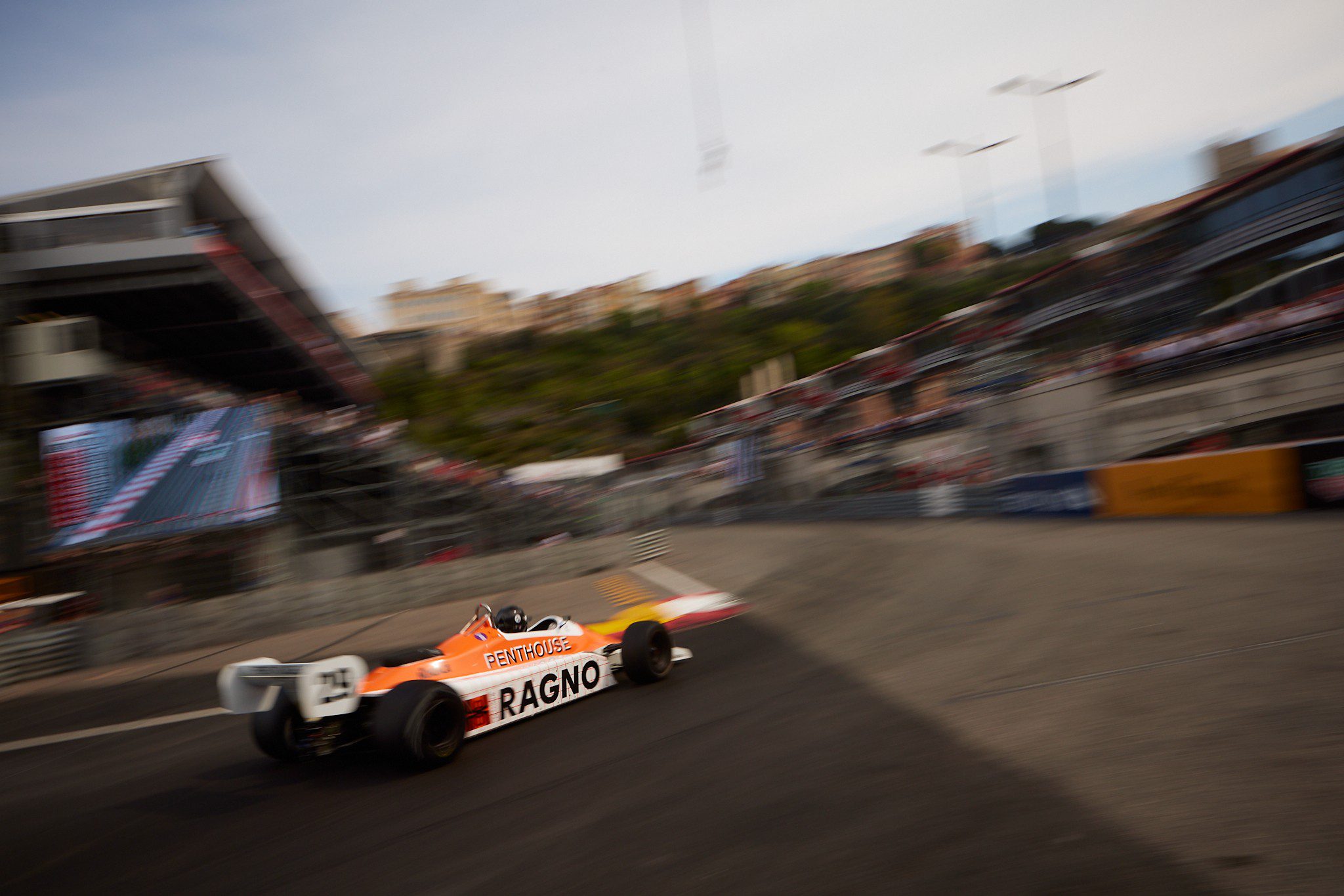
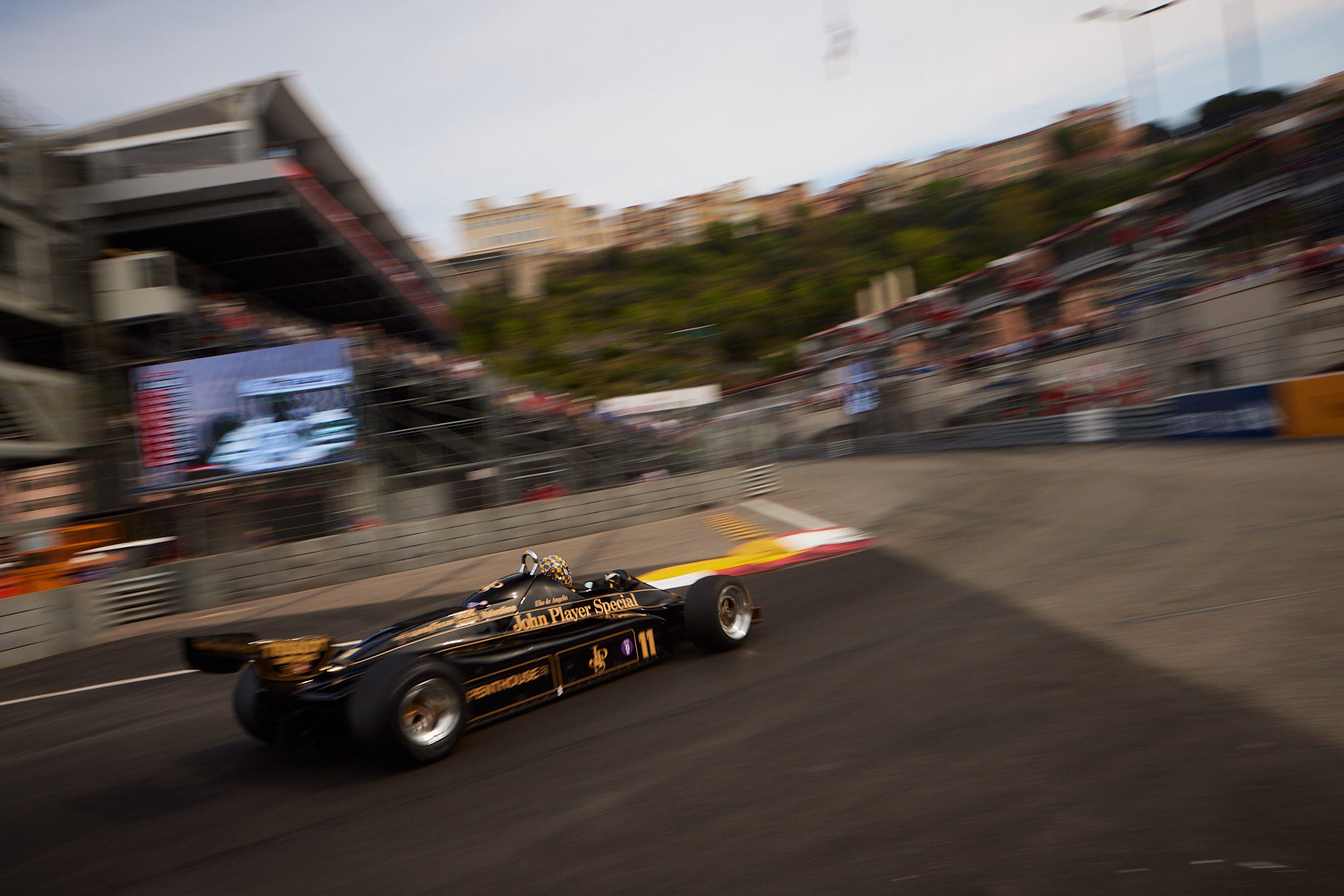
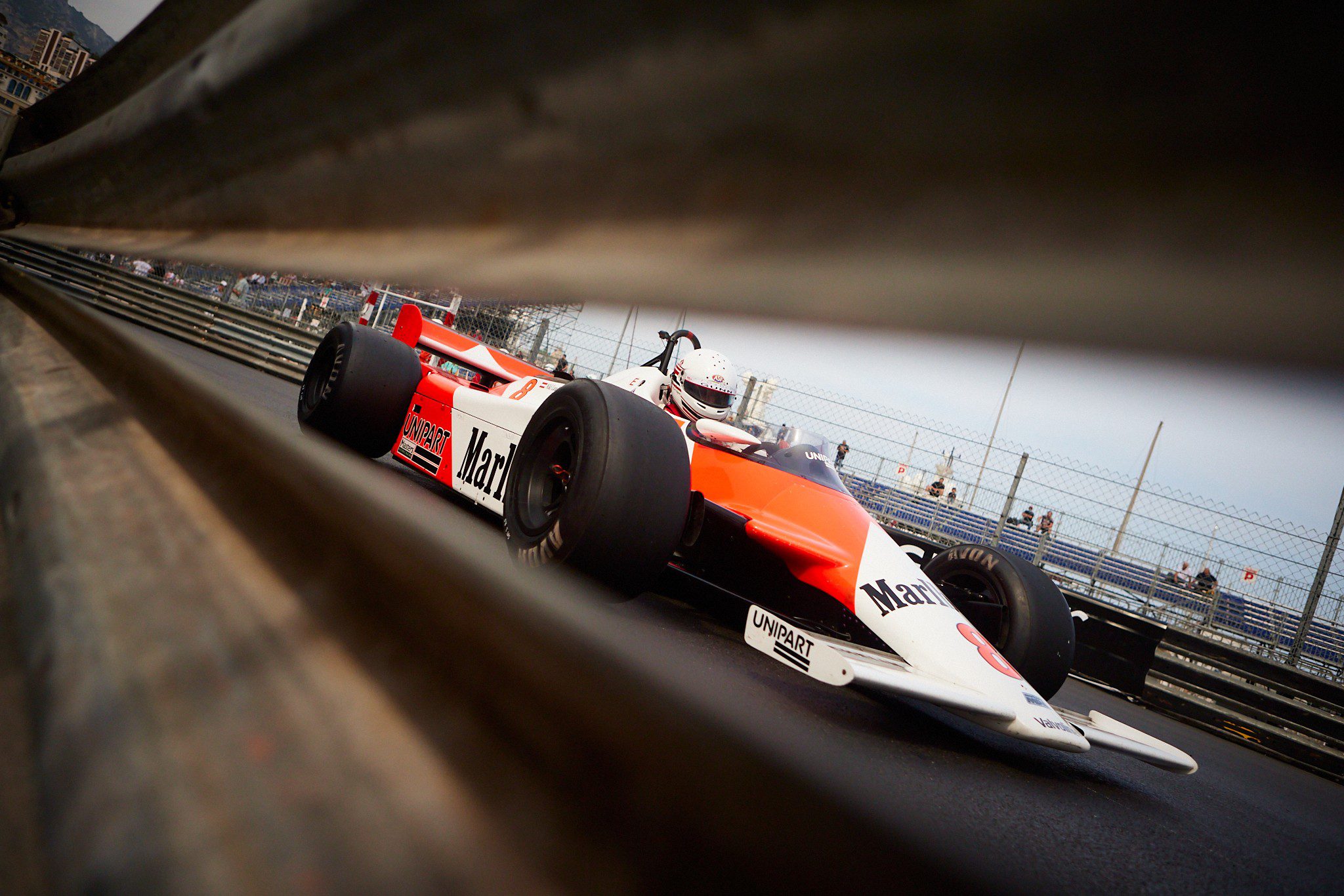
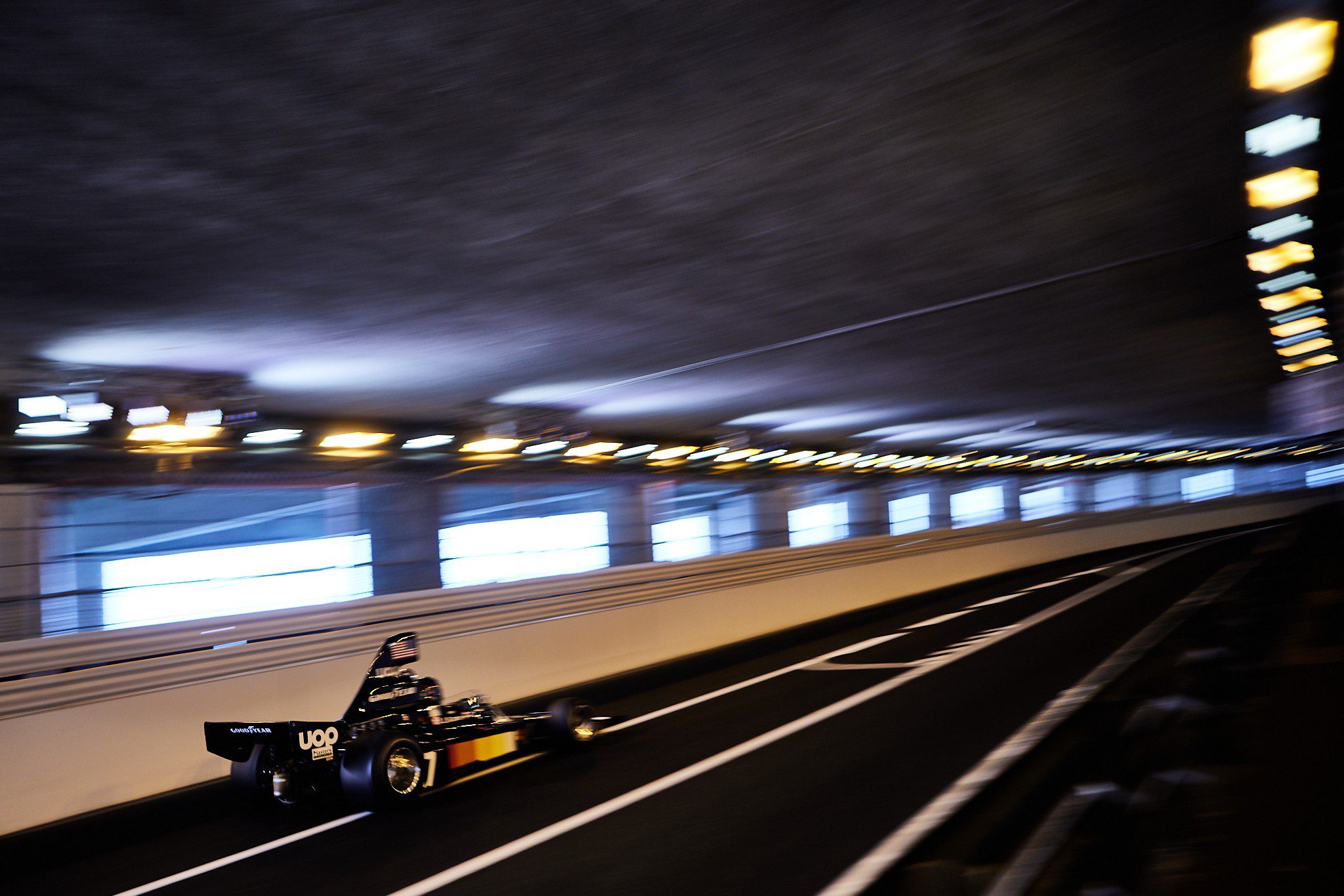
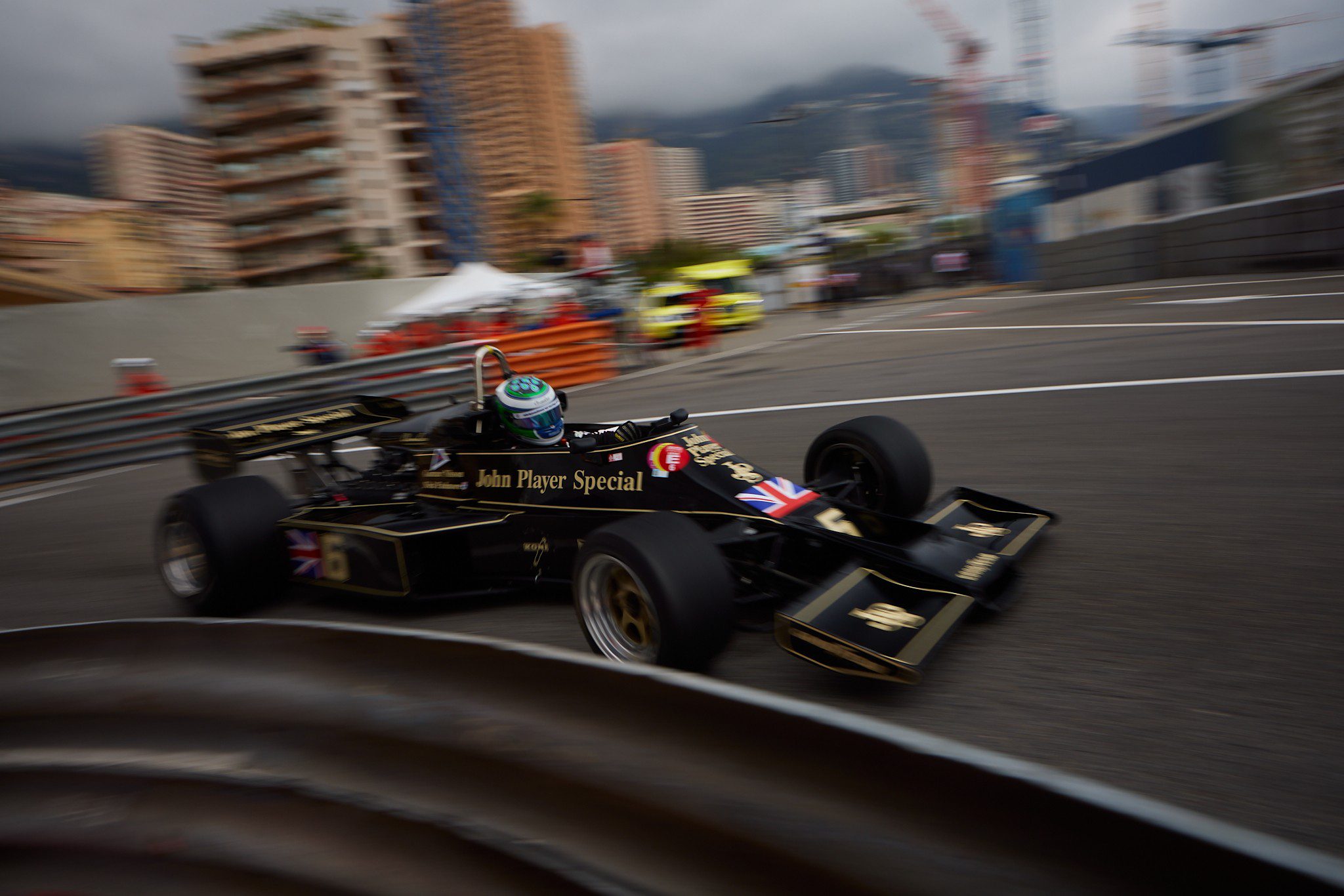
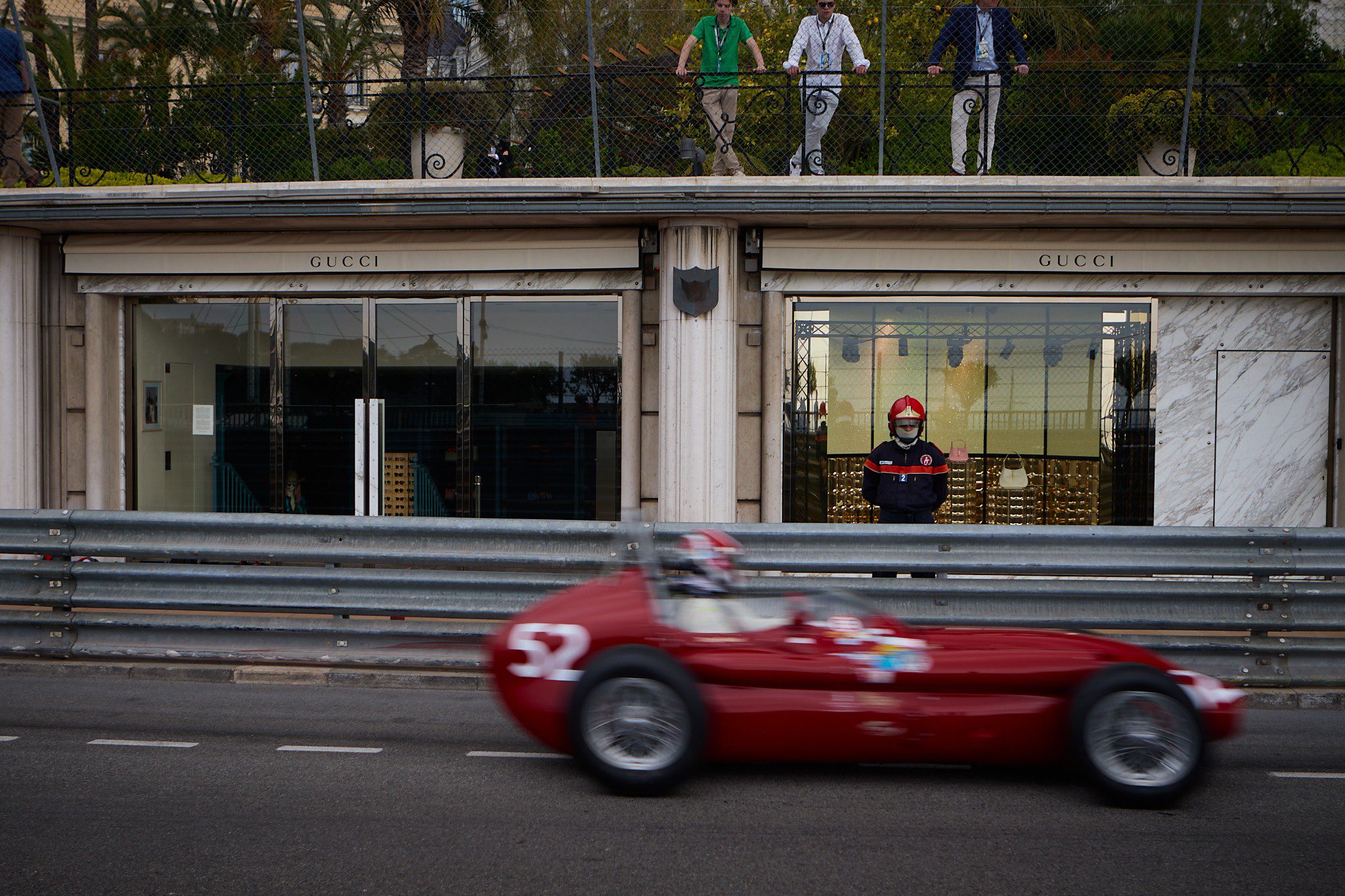
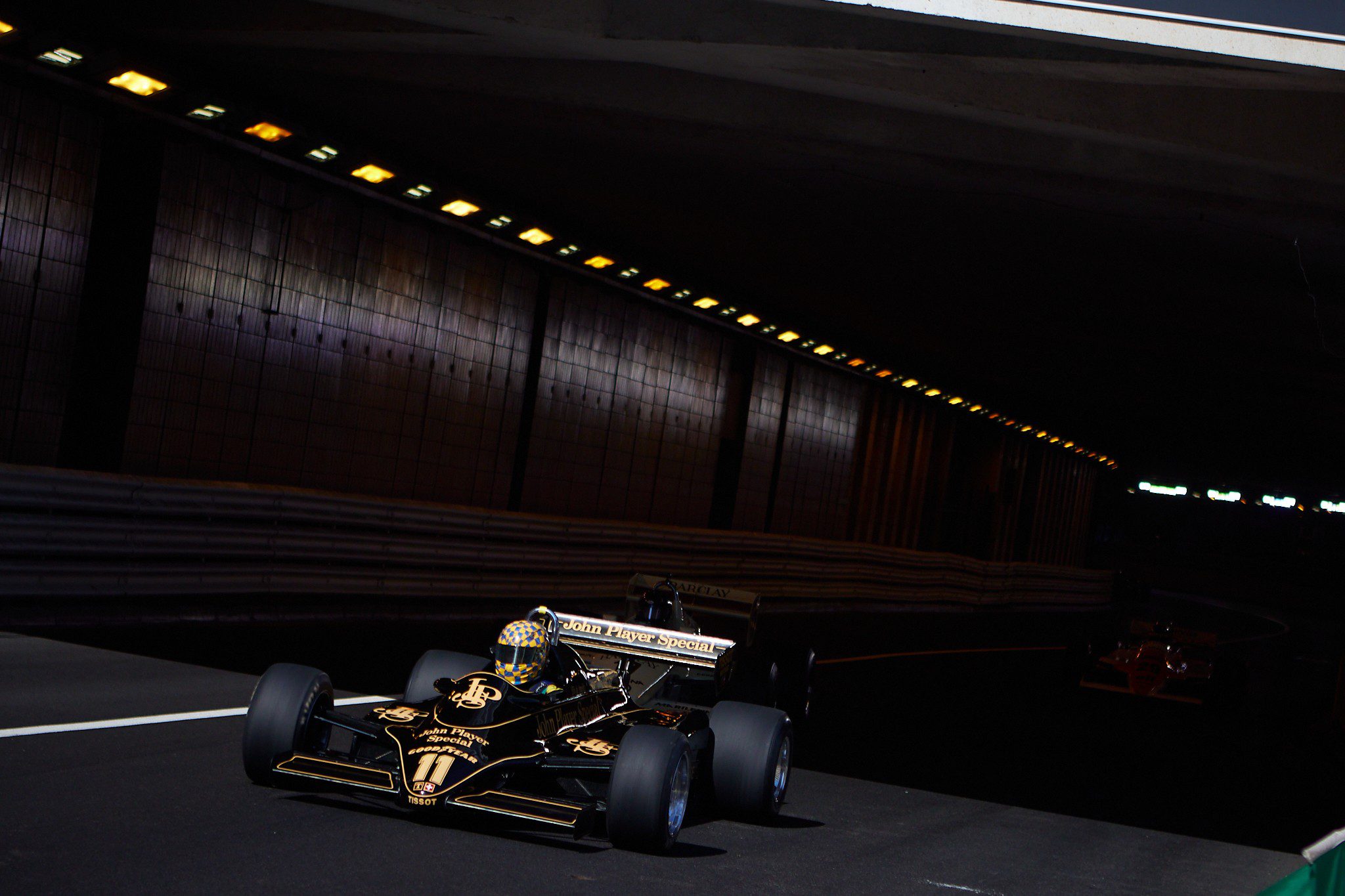
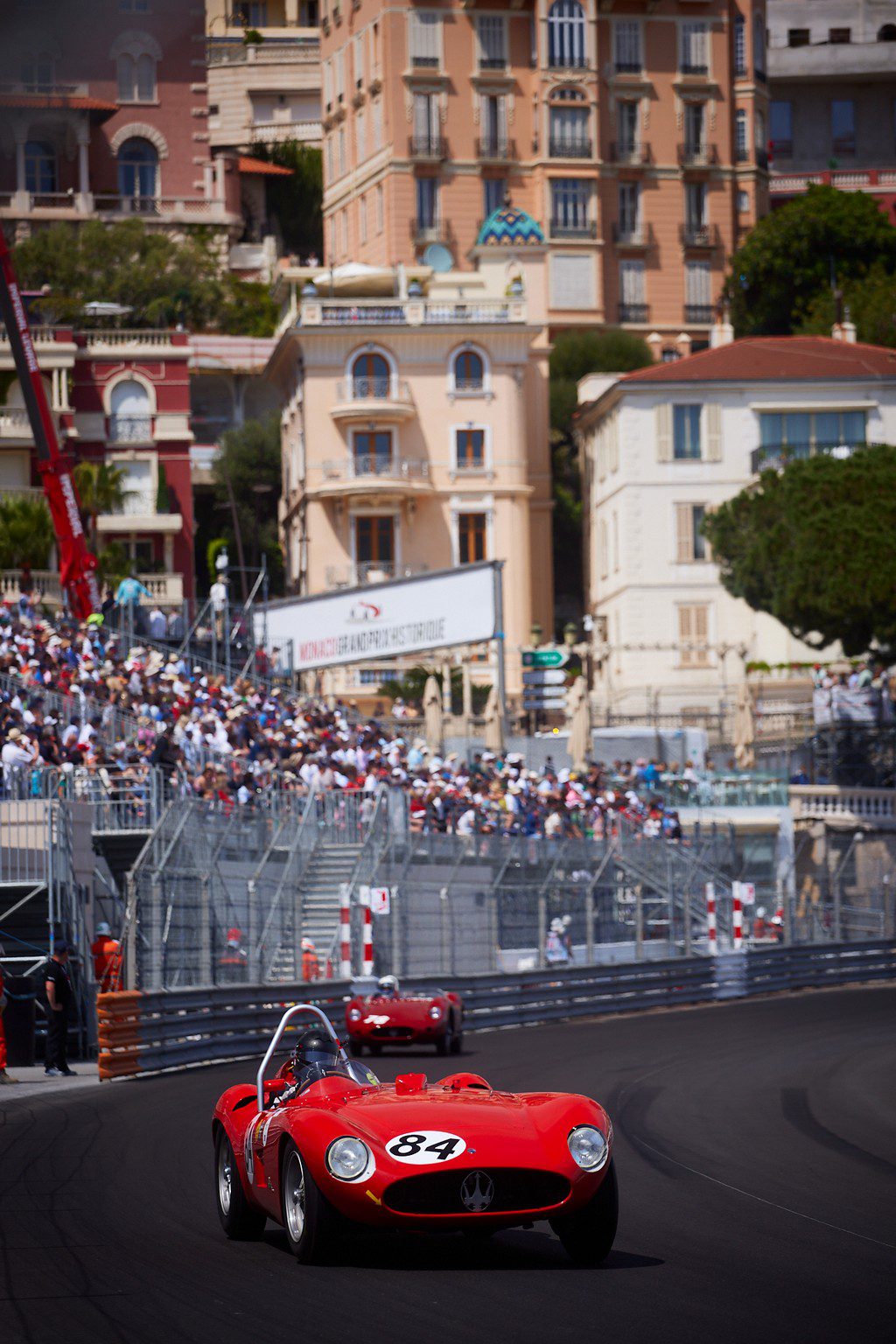
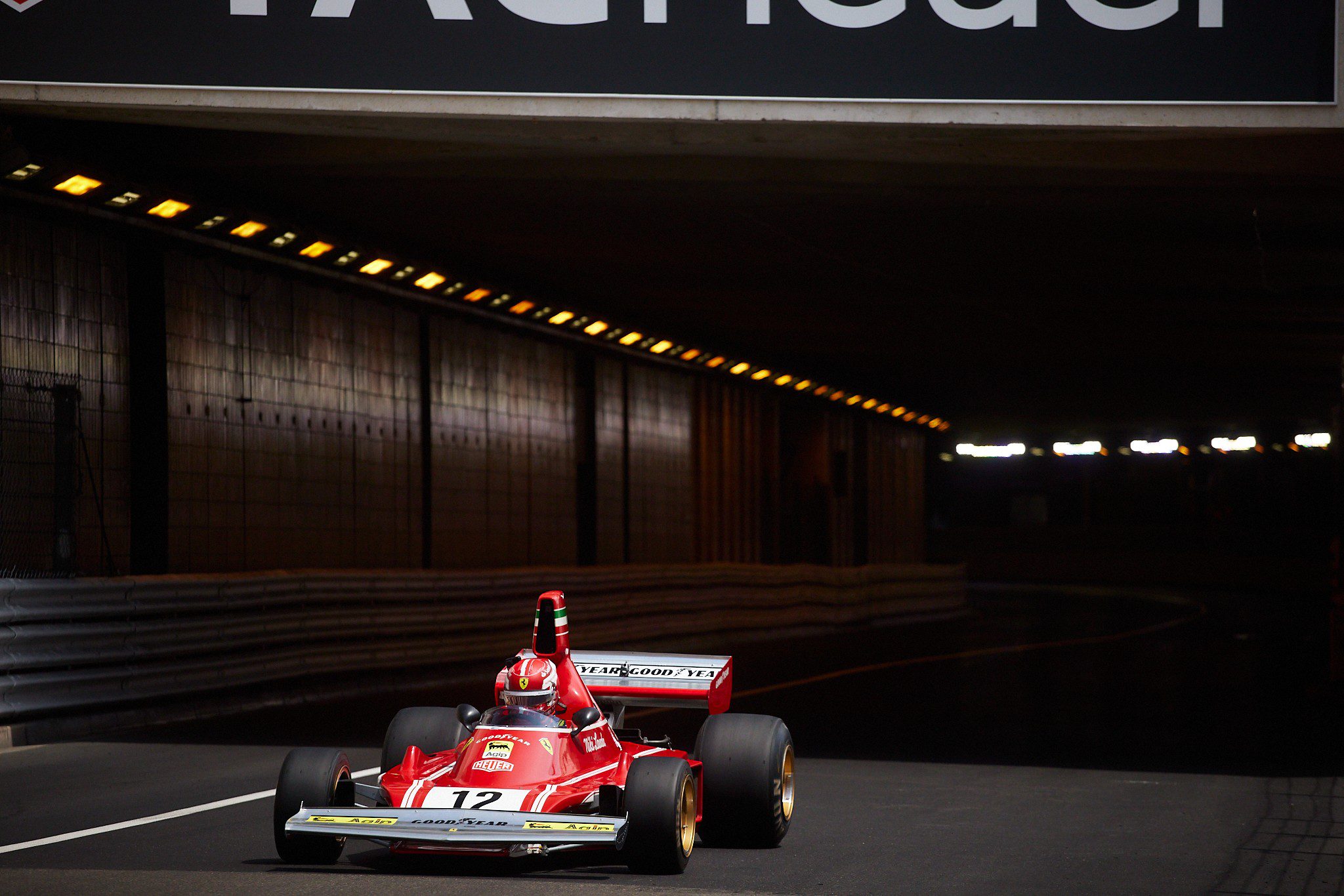
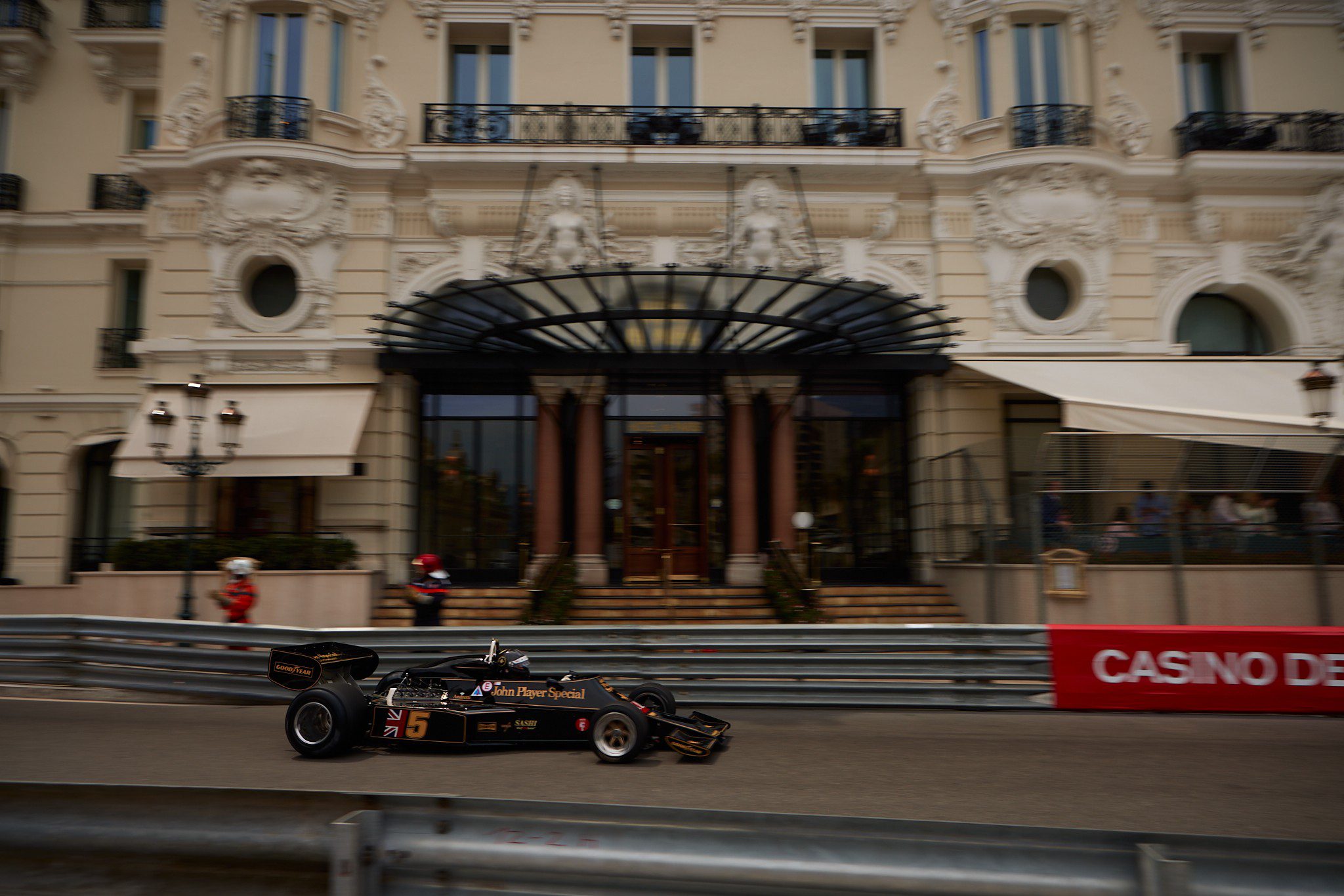
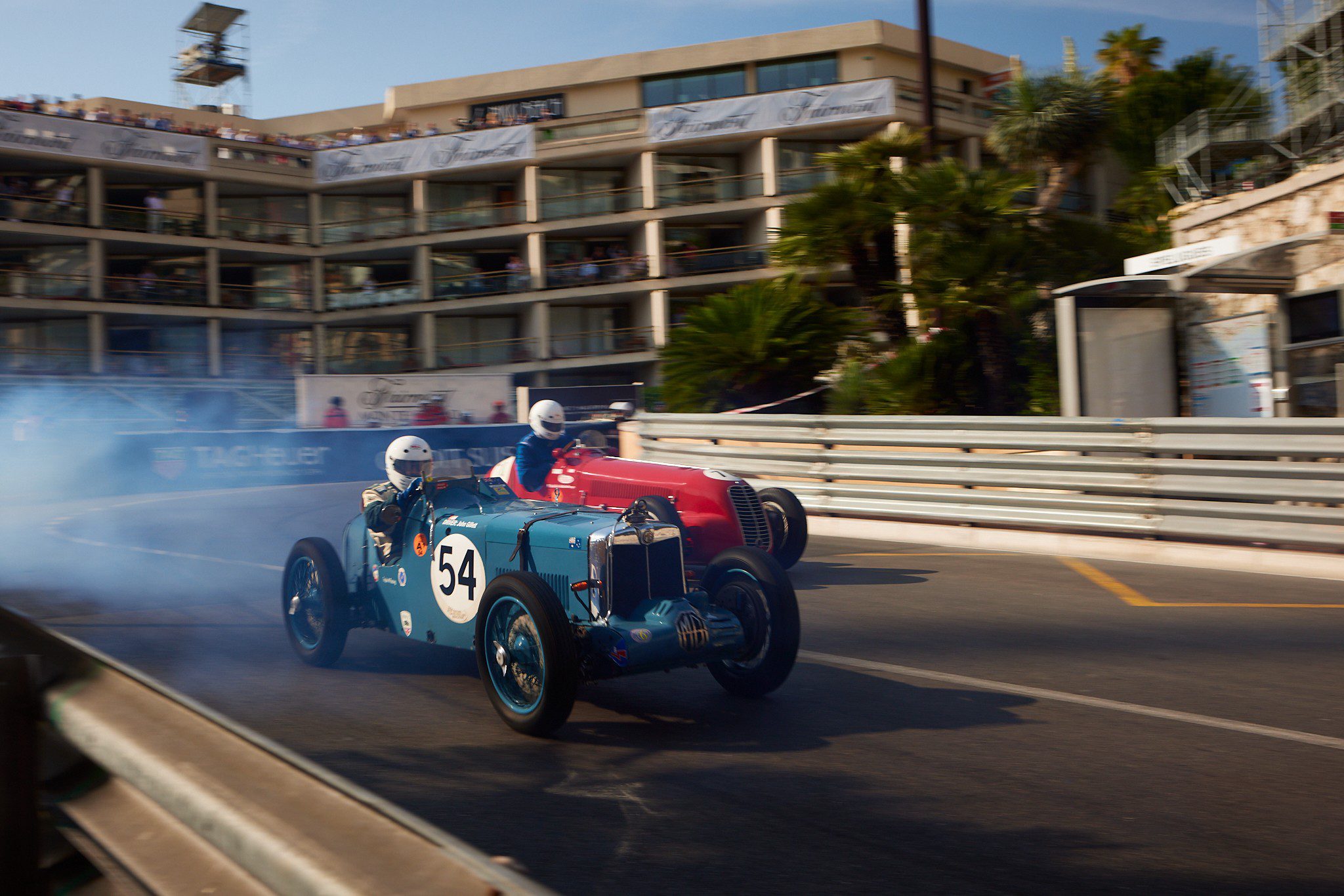
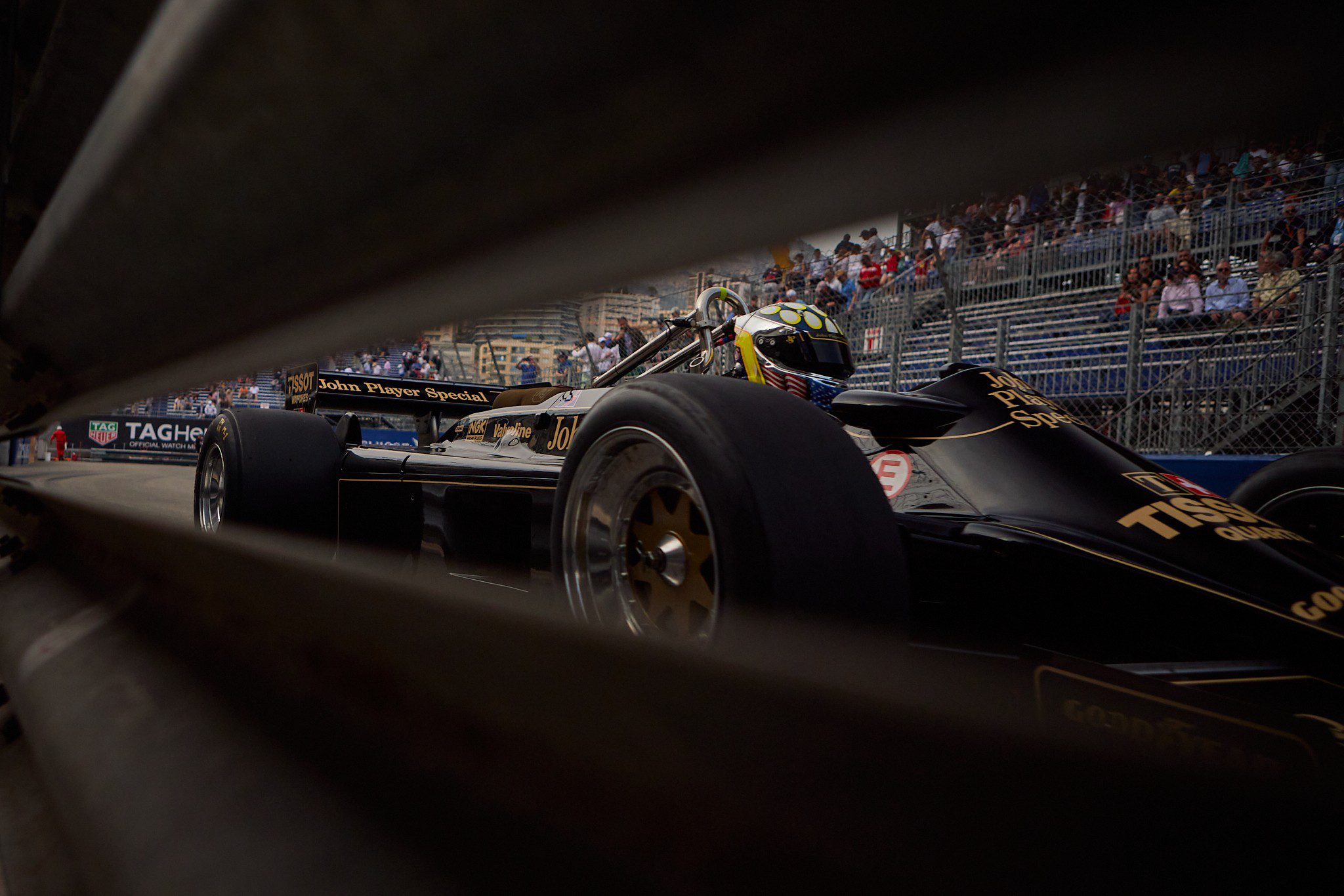
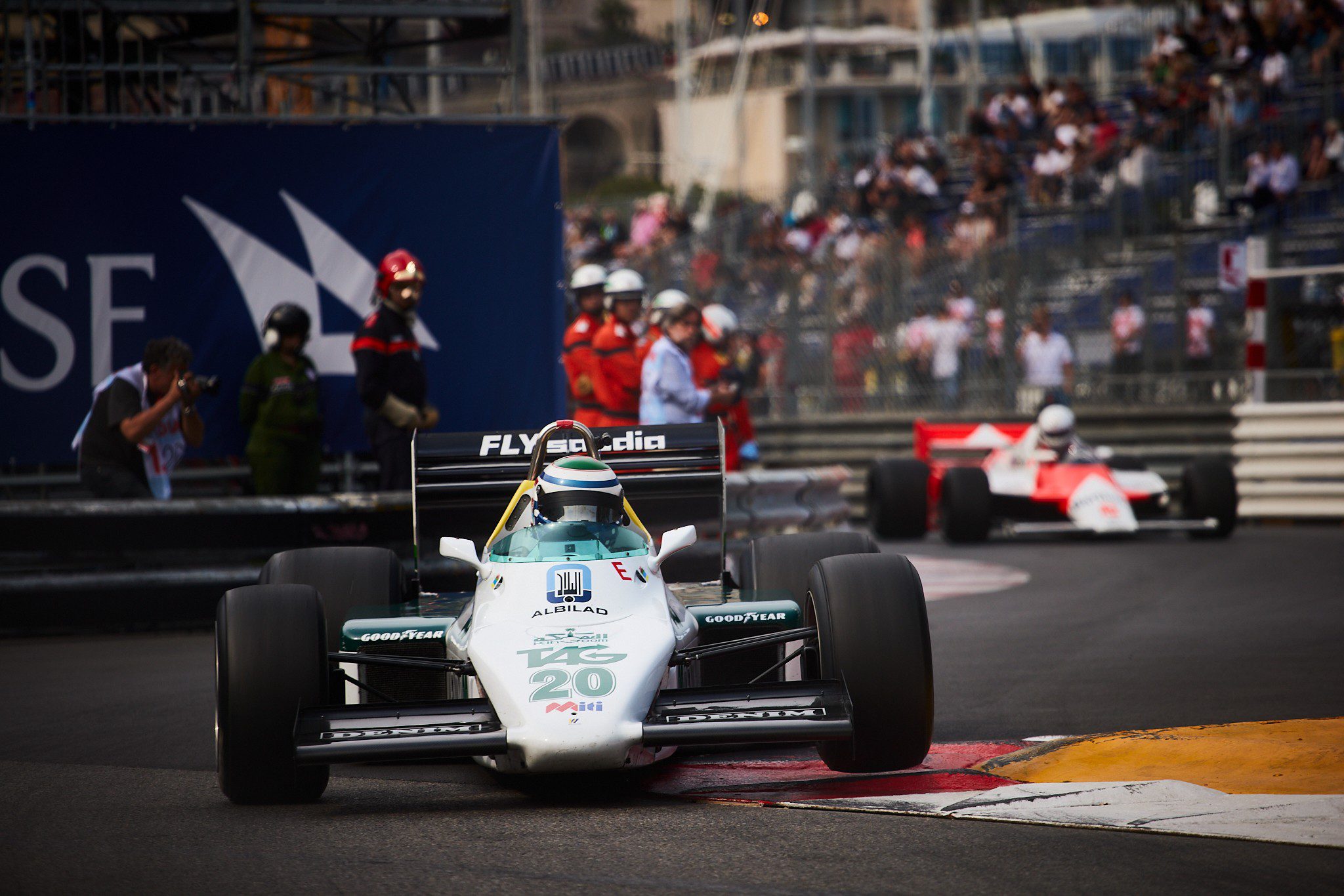
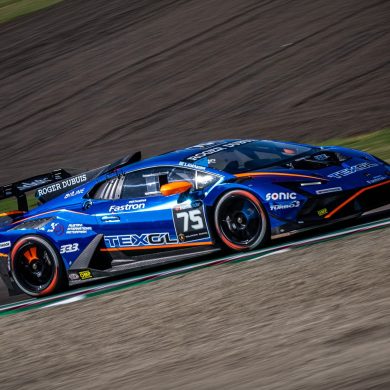
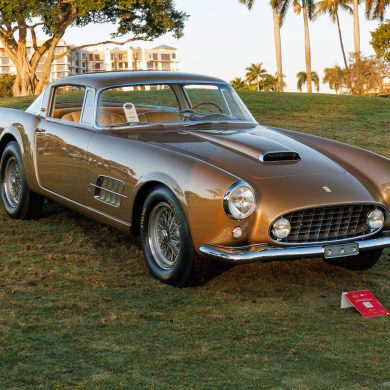
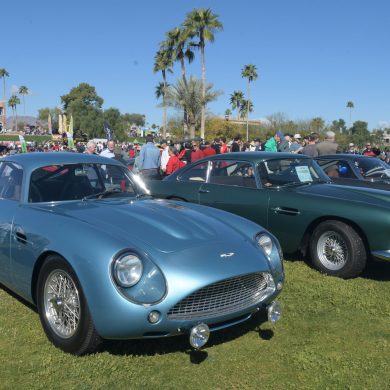
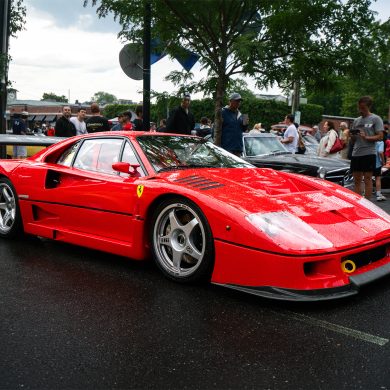
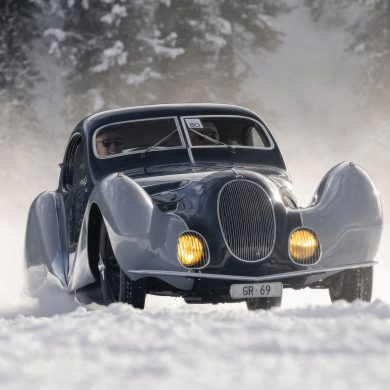
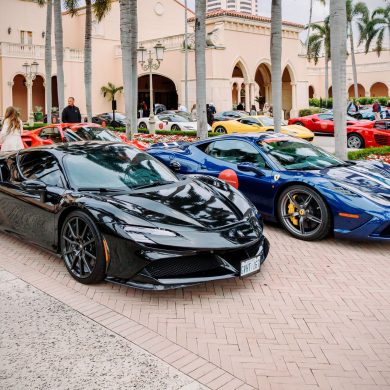


Kudos o Matty White for the great photos!
Captions would be nice or even a list of the entrants.
A gallery of very nice images….
Thank you for the coverage. It takes a bit longer to set up, but it’s more interesting if the cars in the photographs are identified… pb
Nice article and photos…but super yachts will never be seen bobbing around… Their pedigree forbids it.
Wonderful gallery of photos. Identification would have been nice. A bucket list event, for sure.